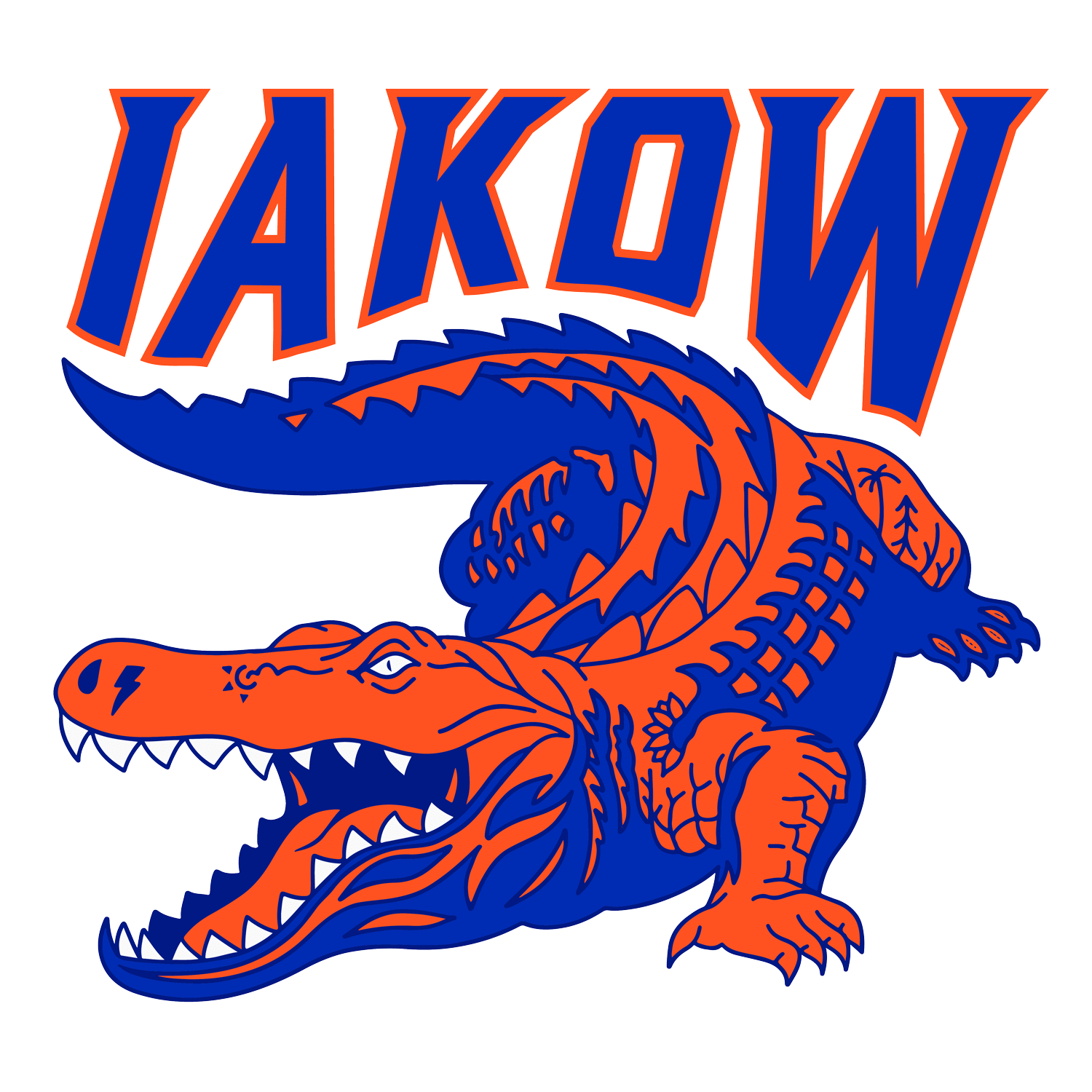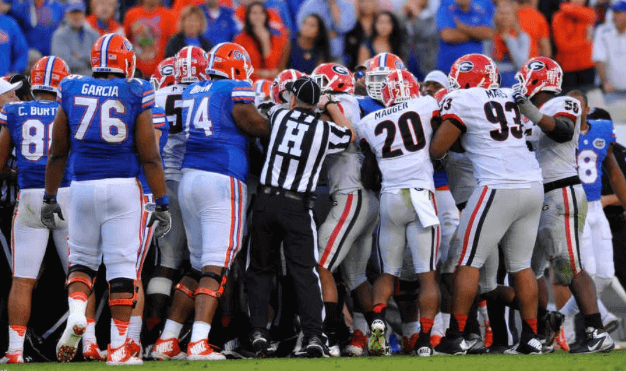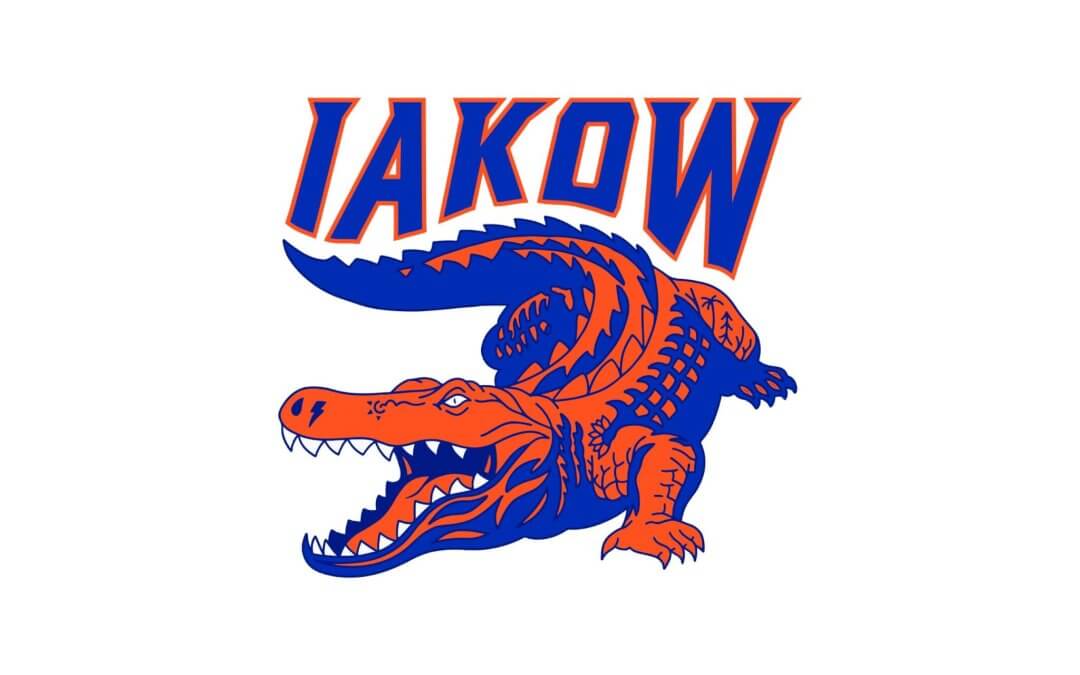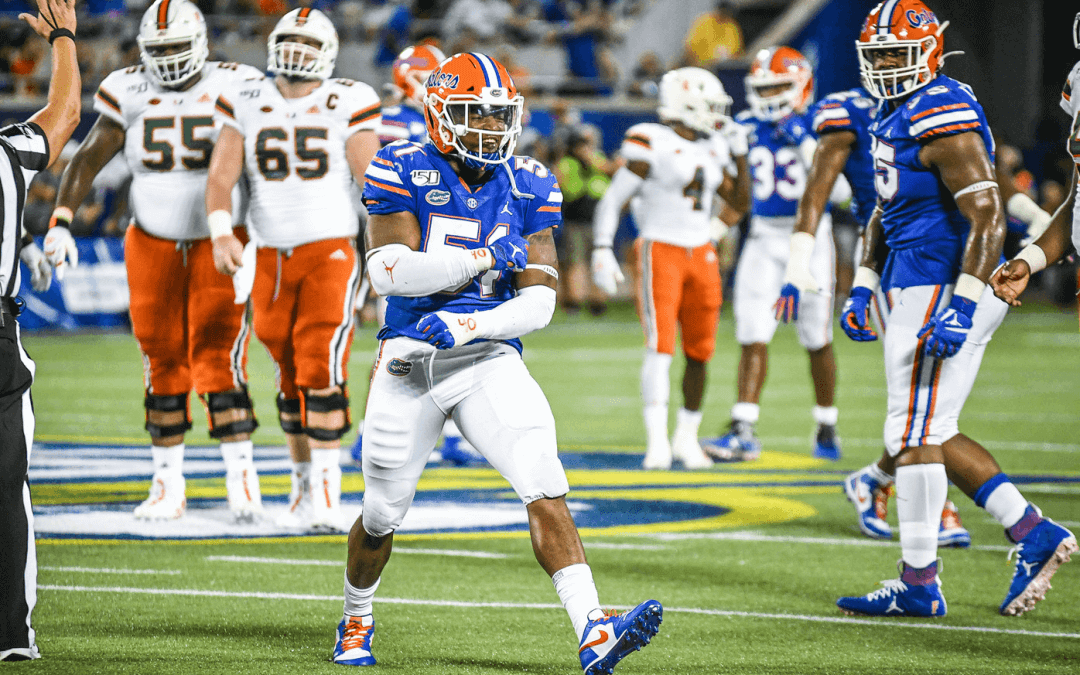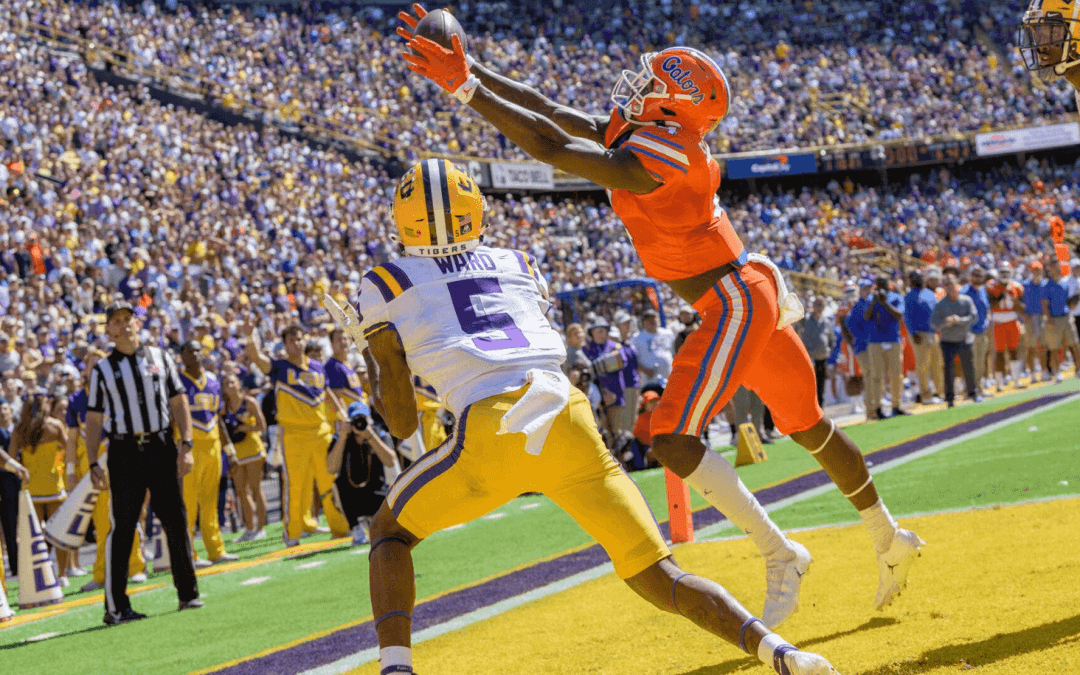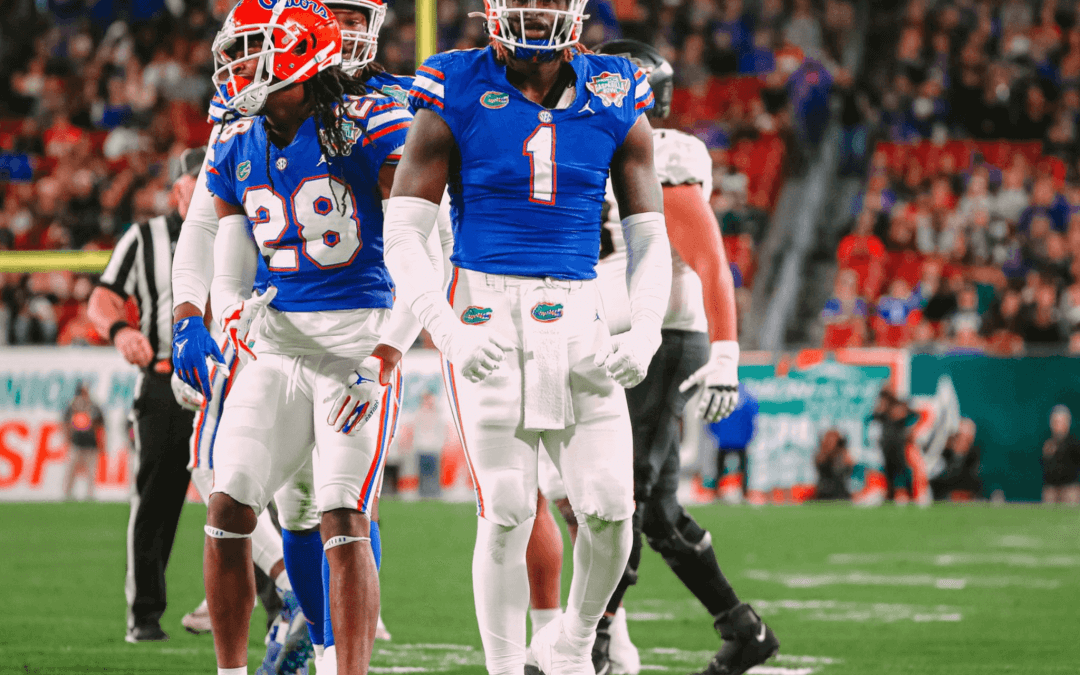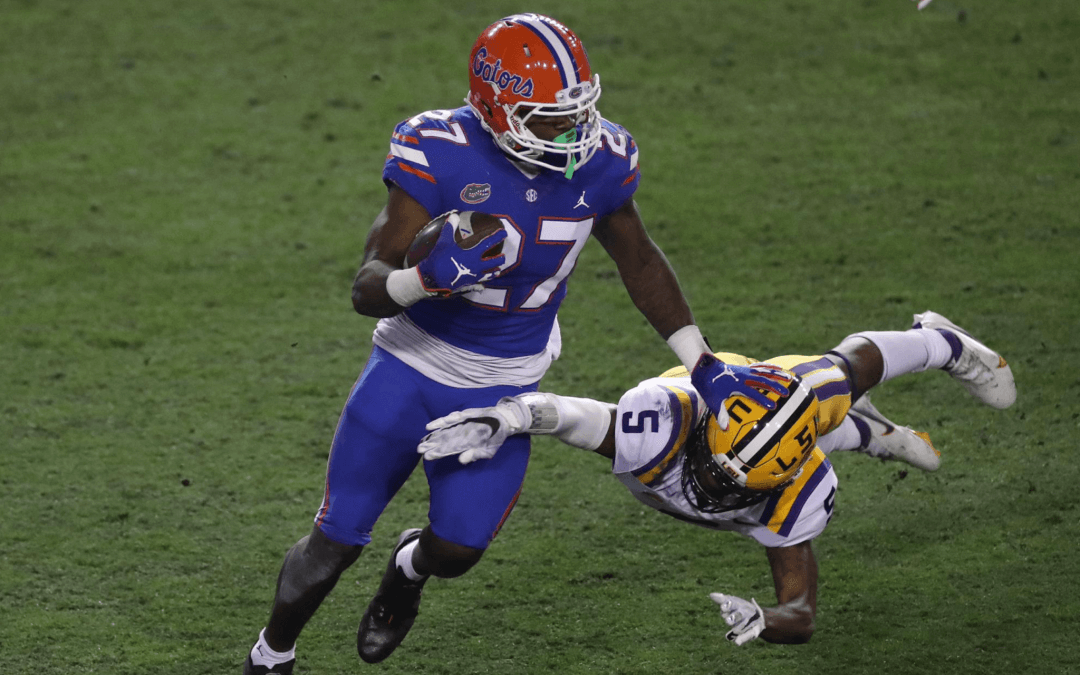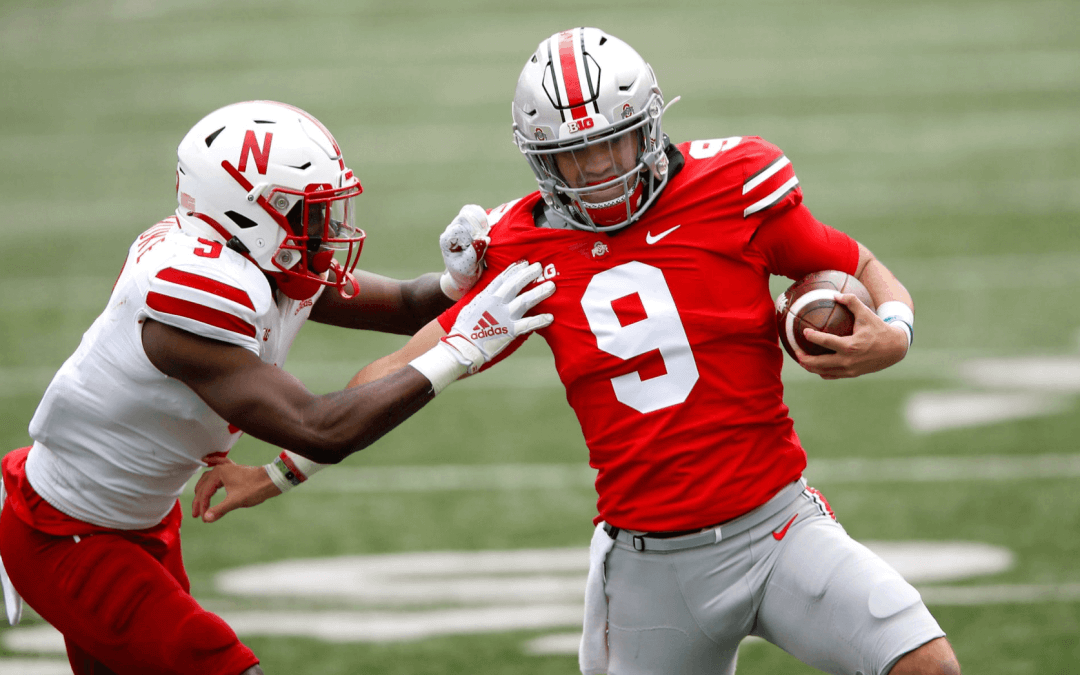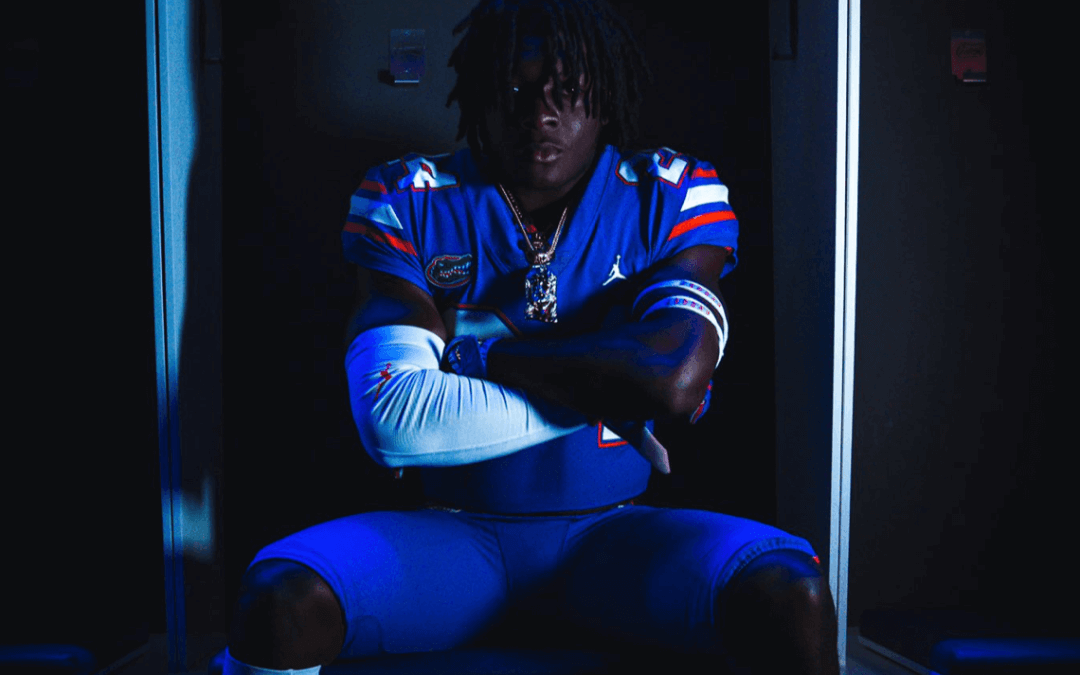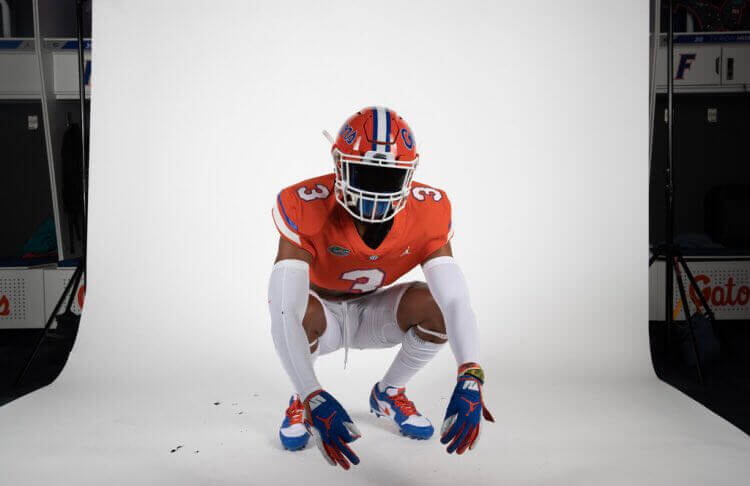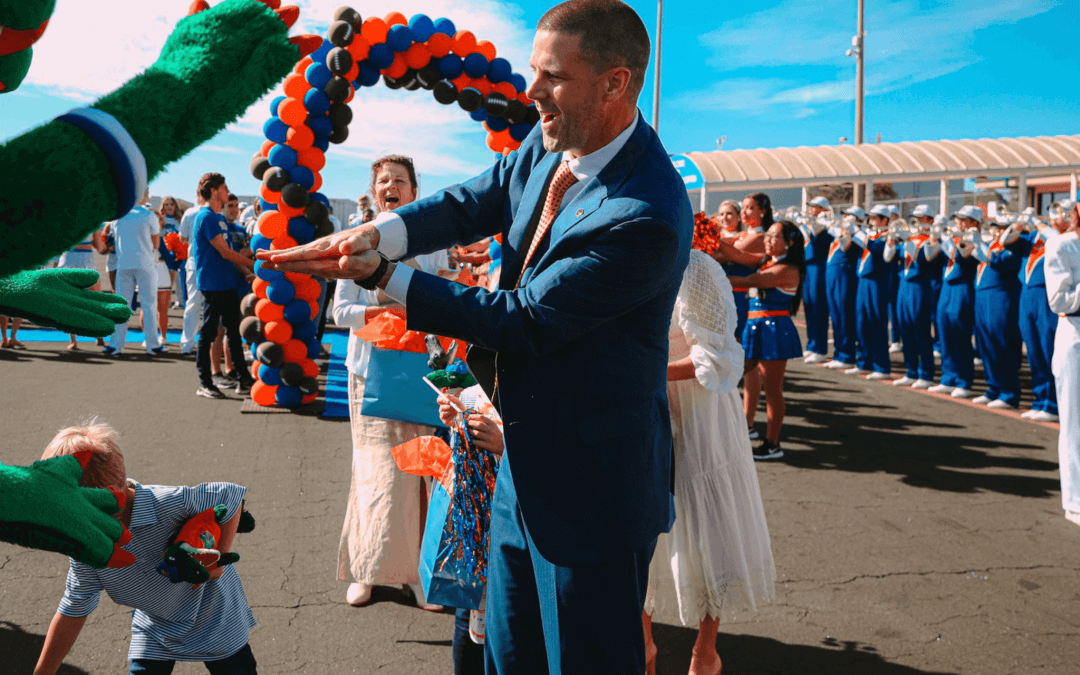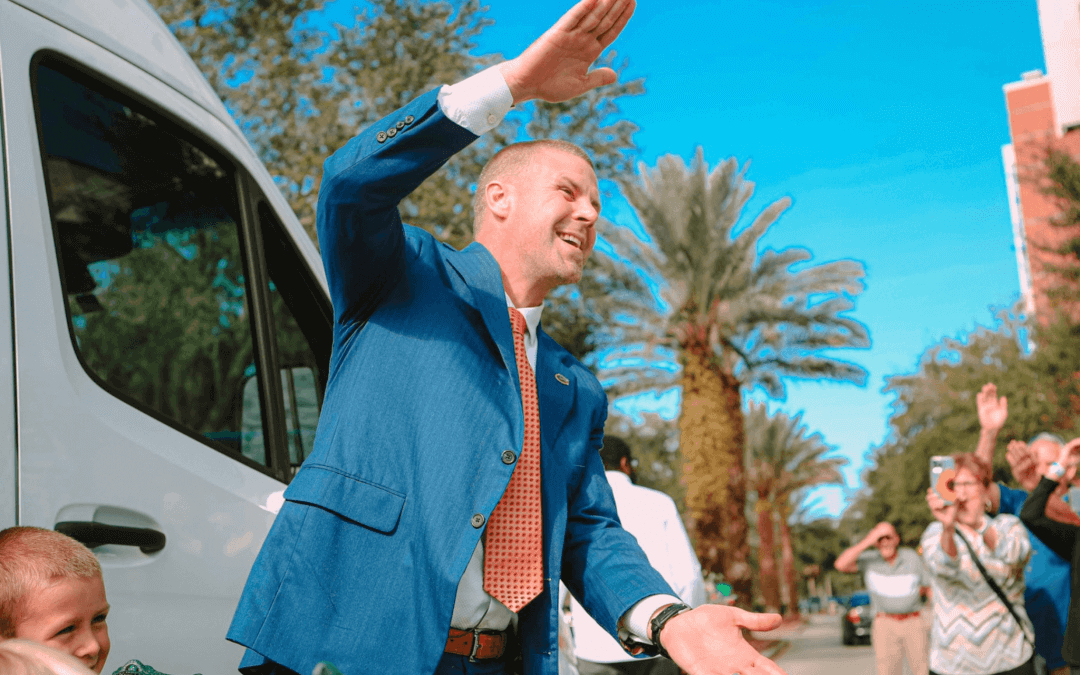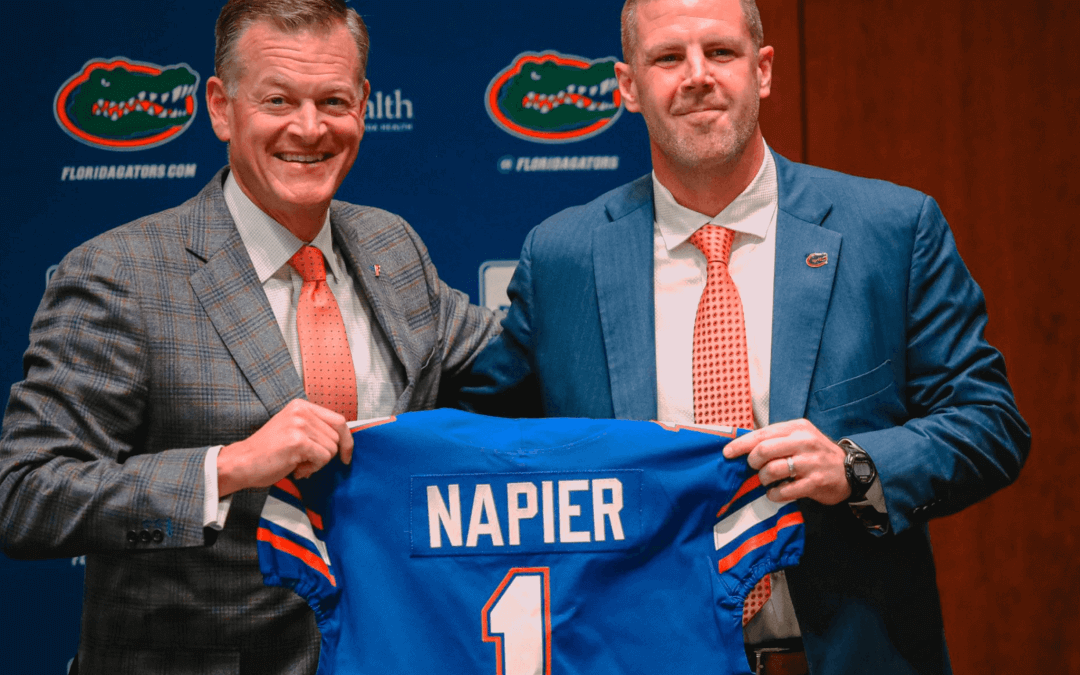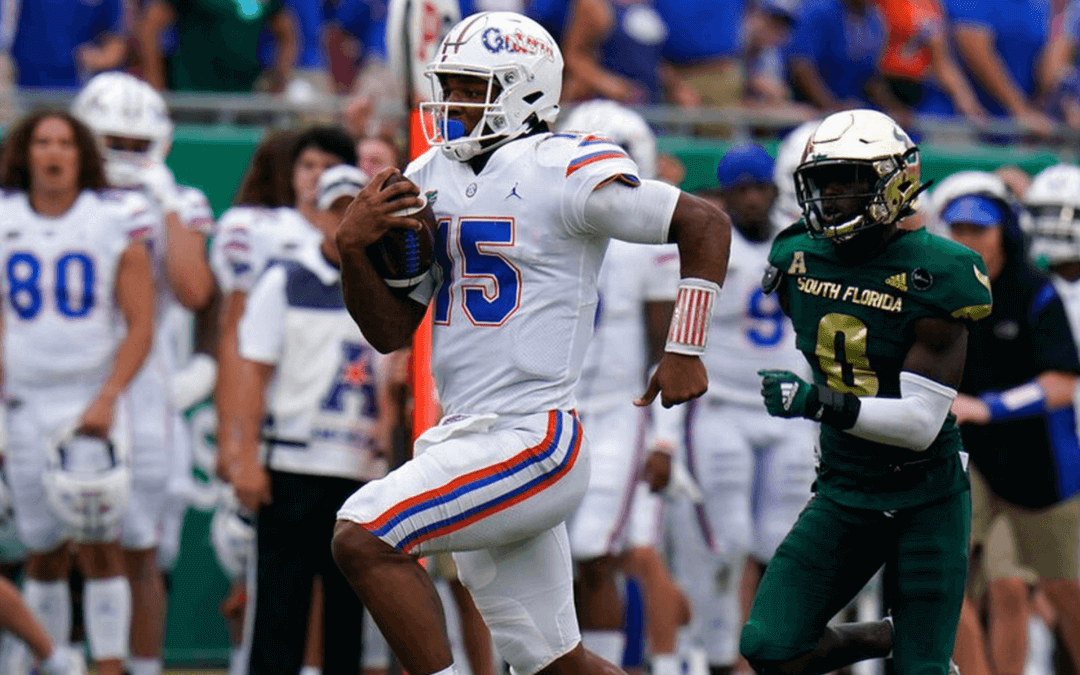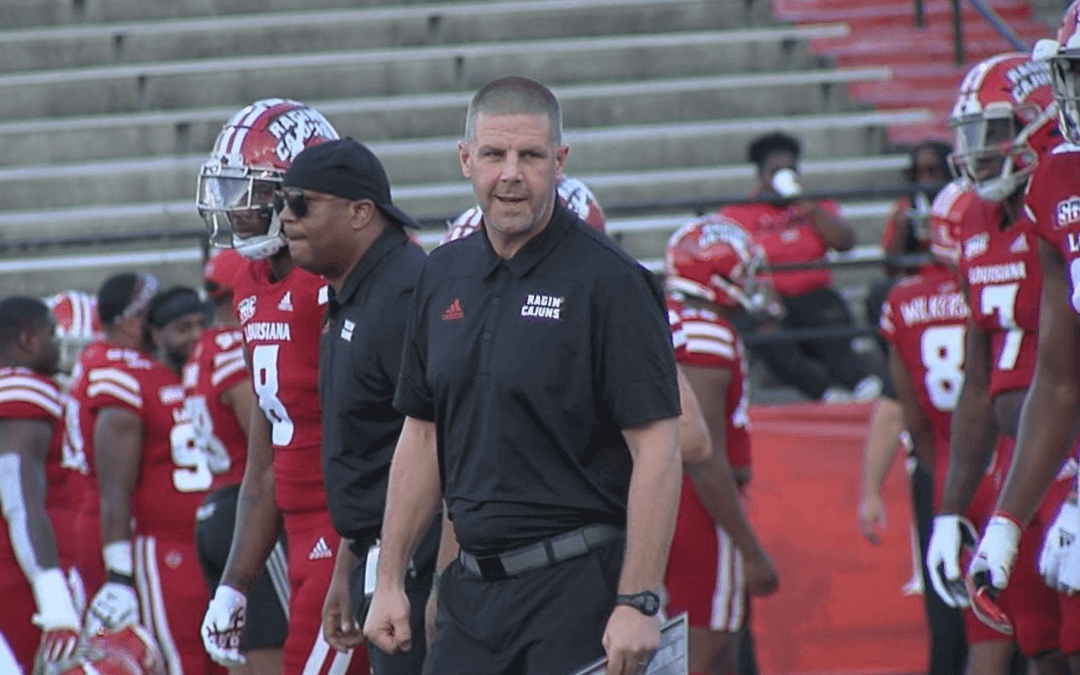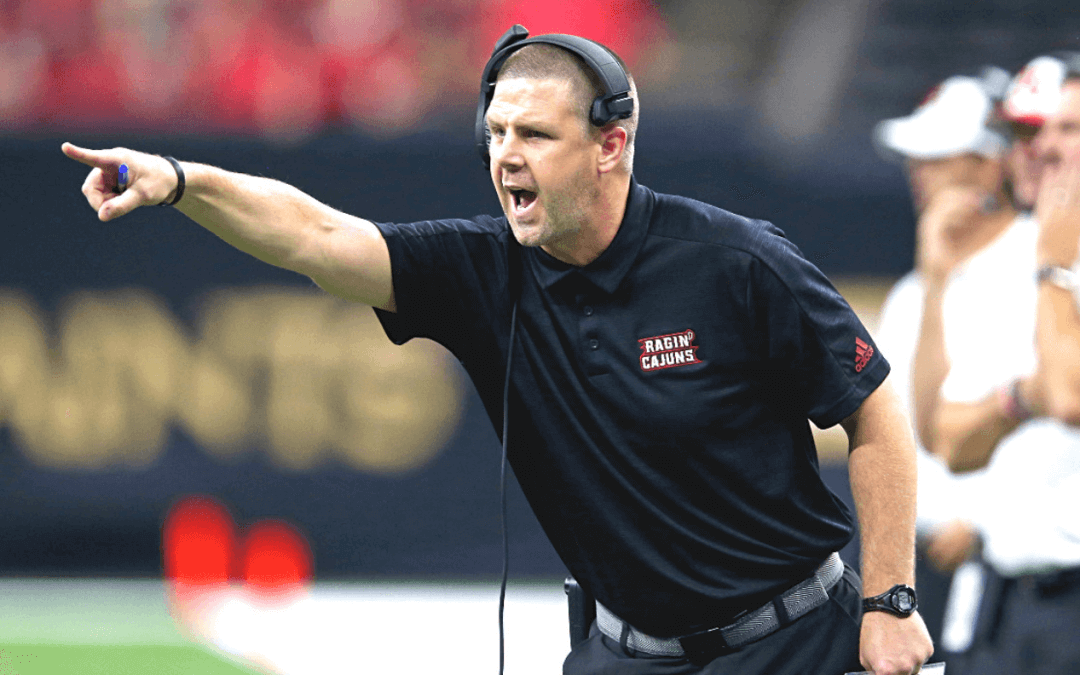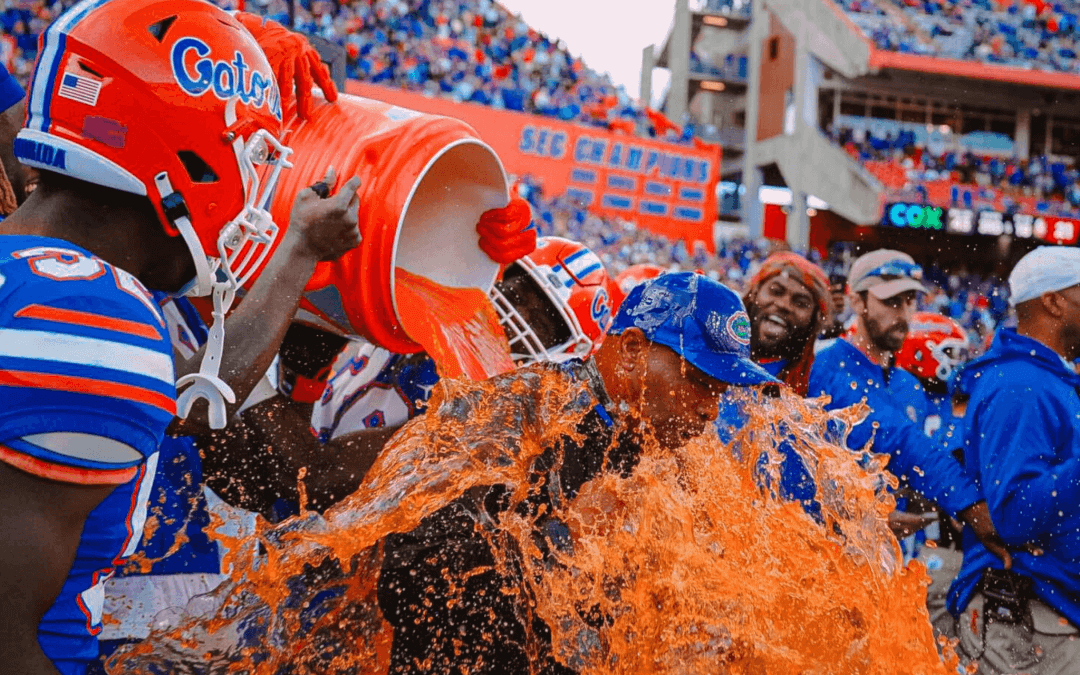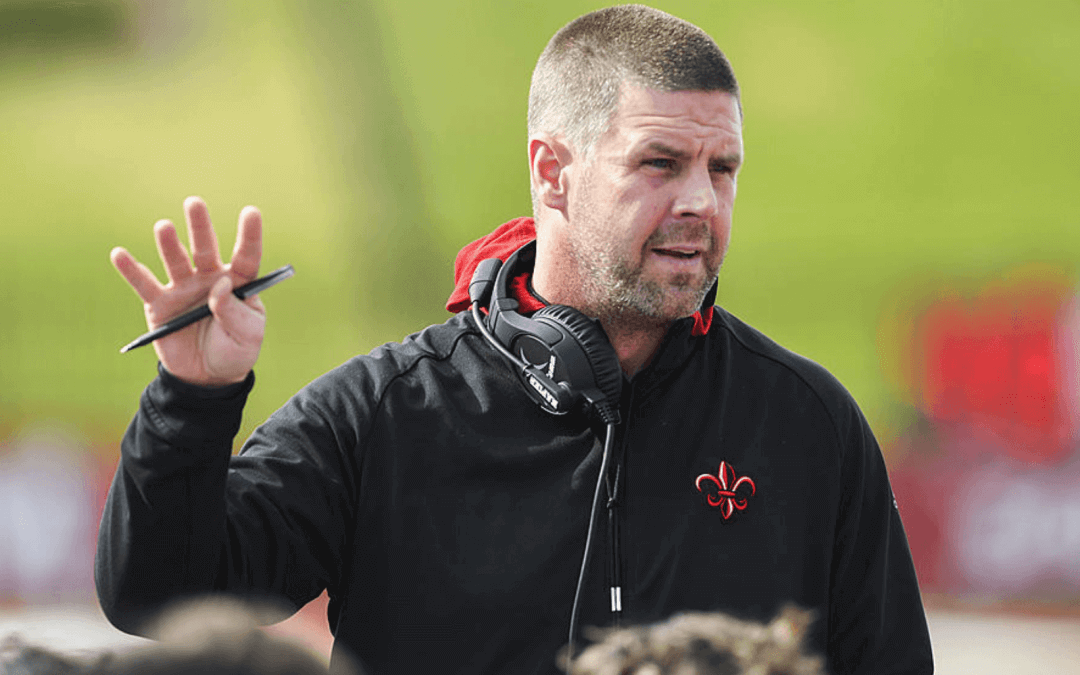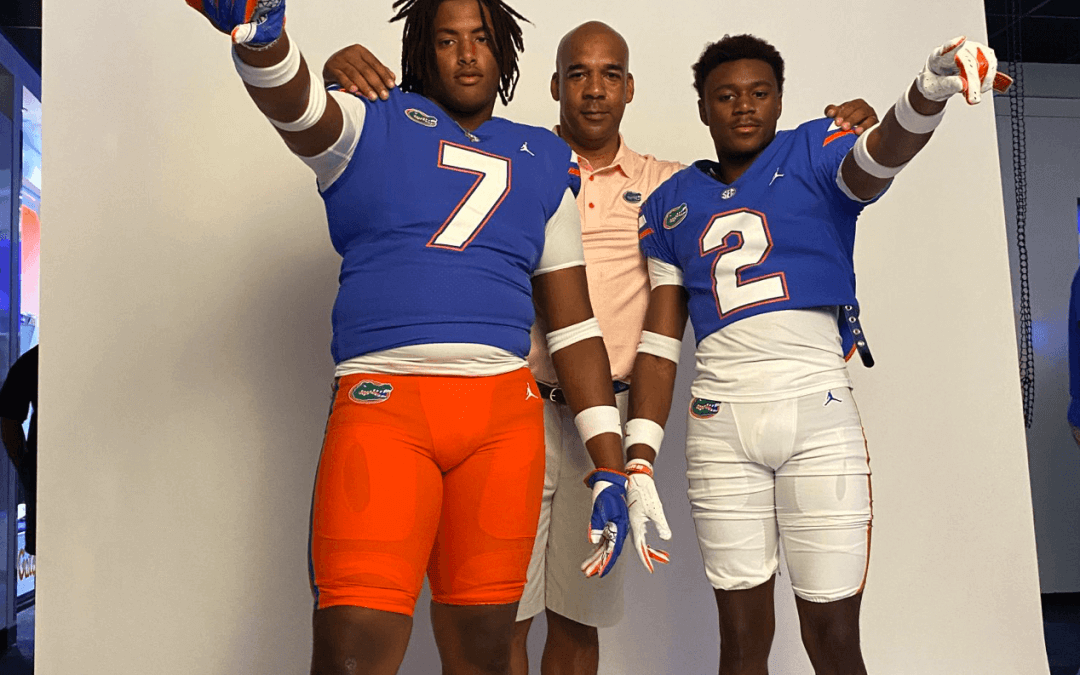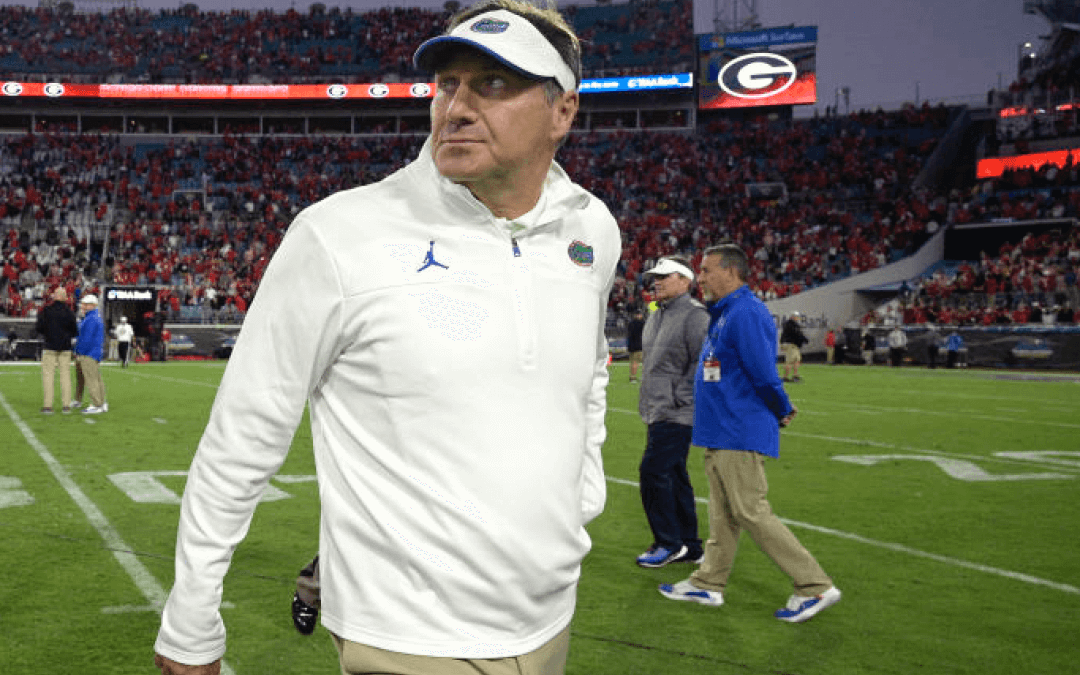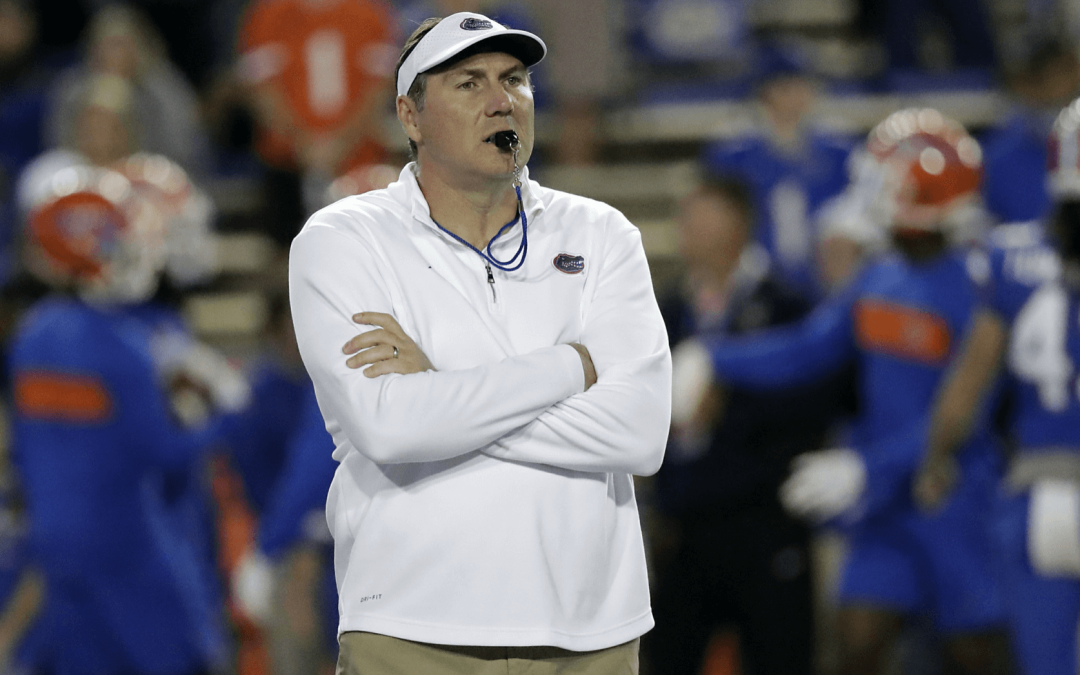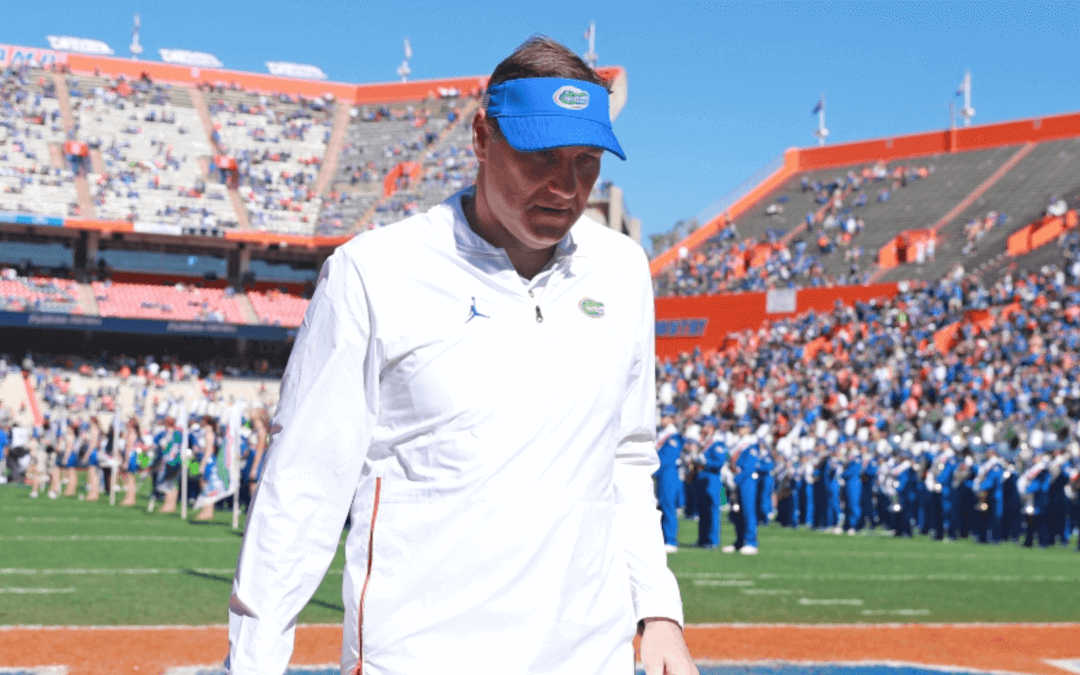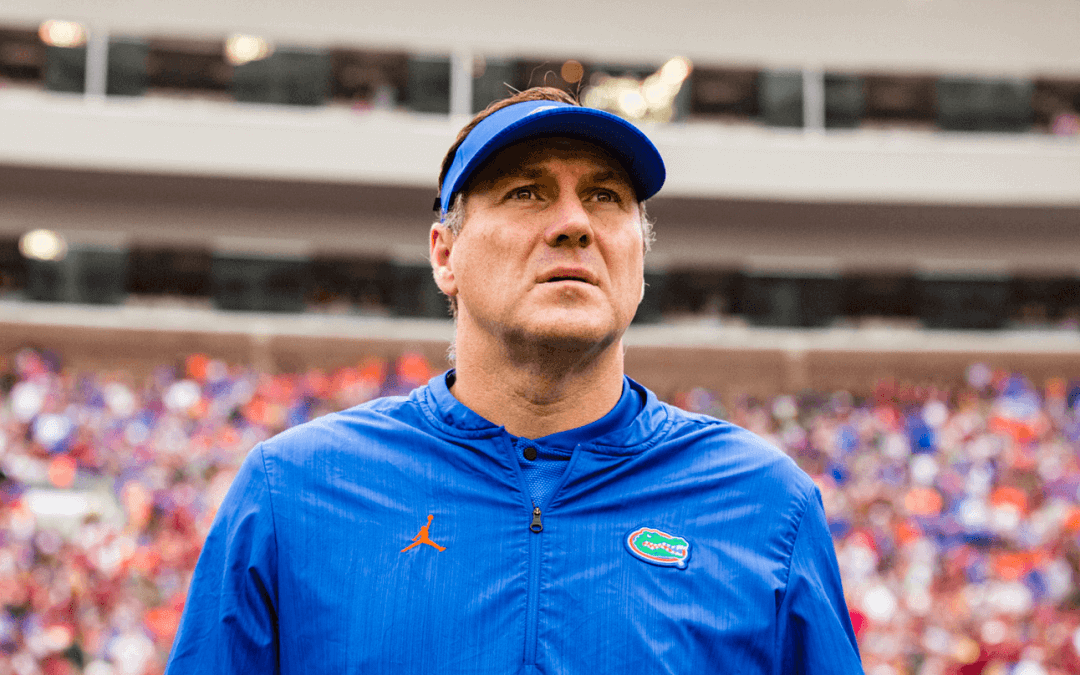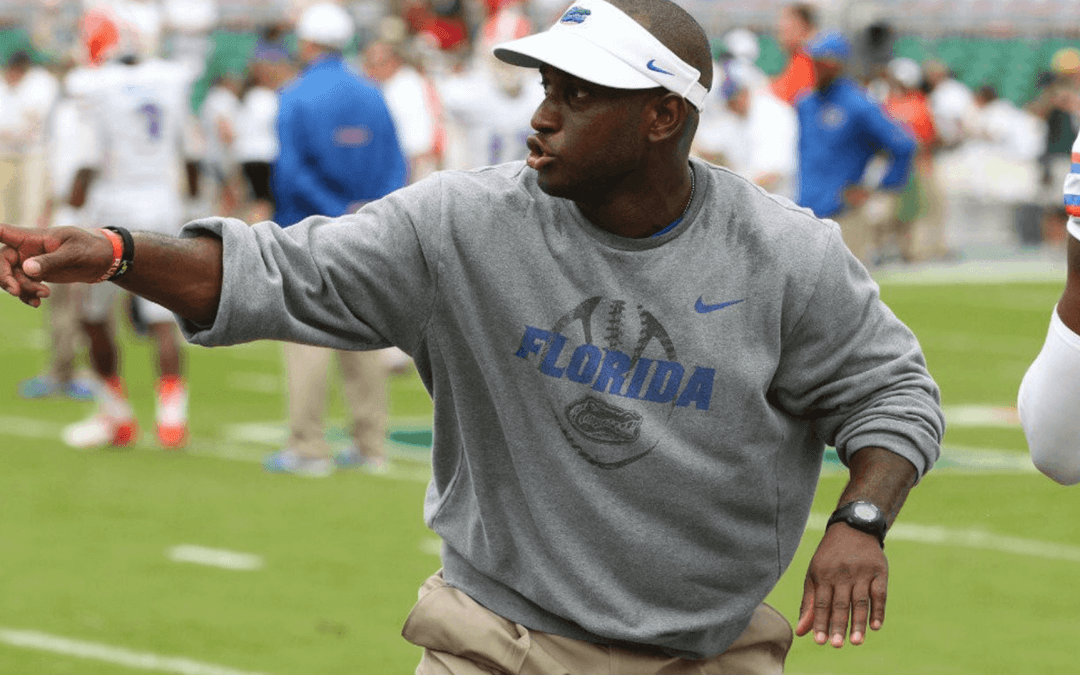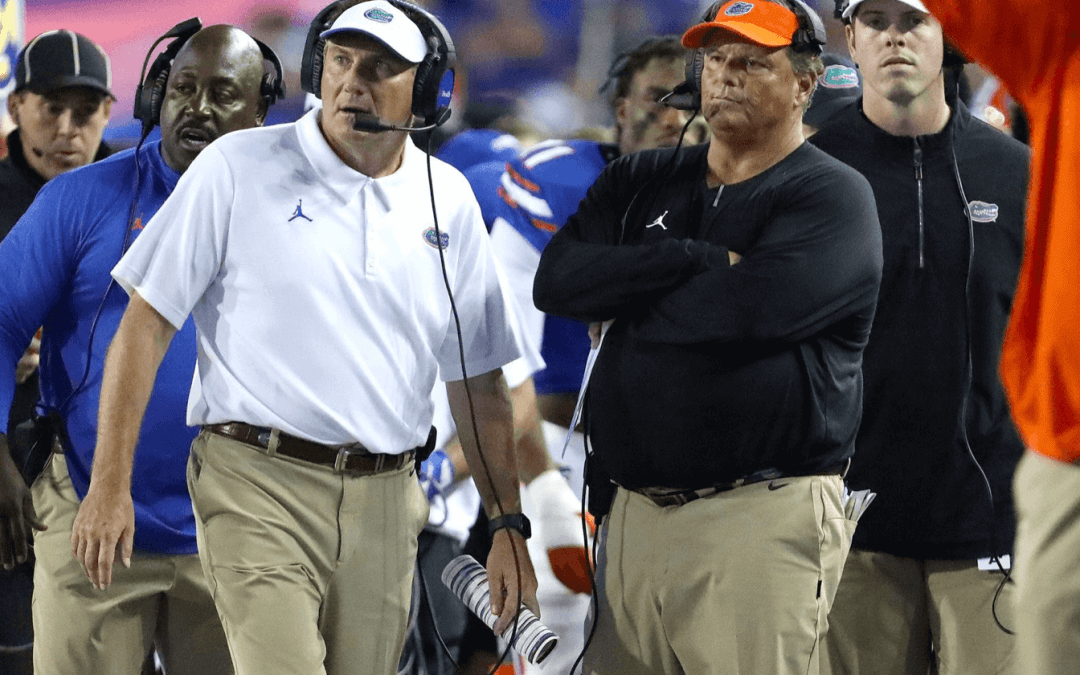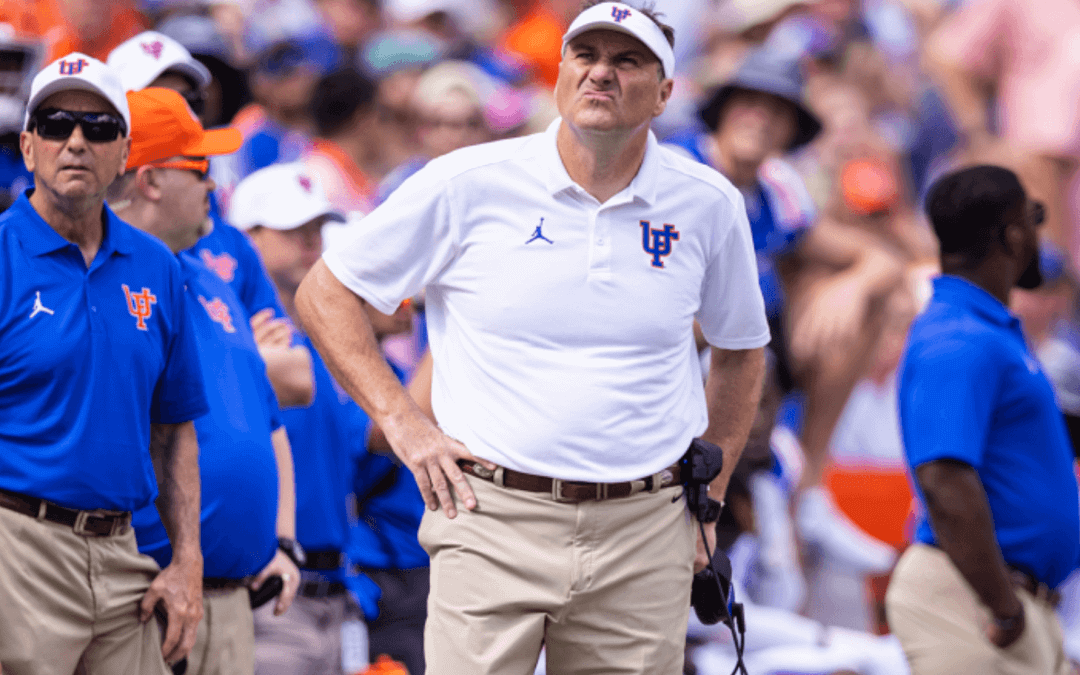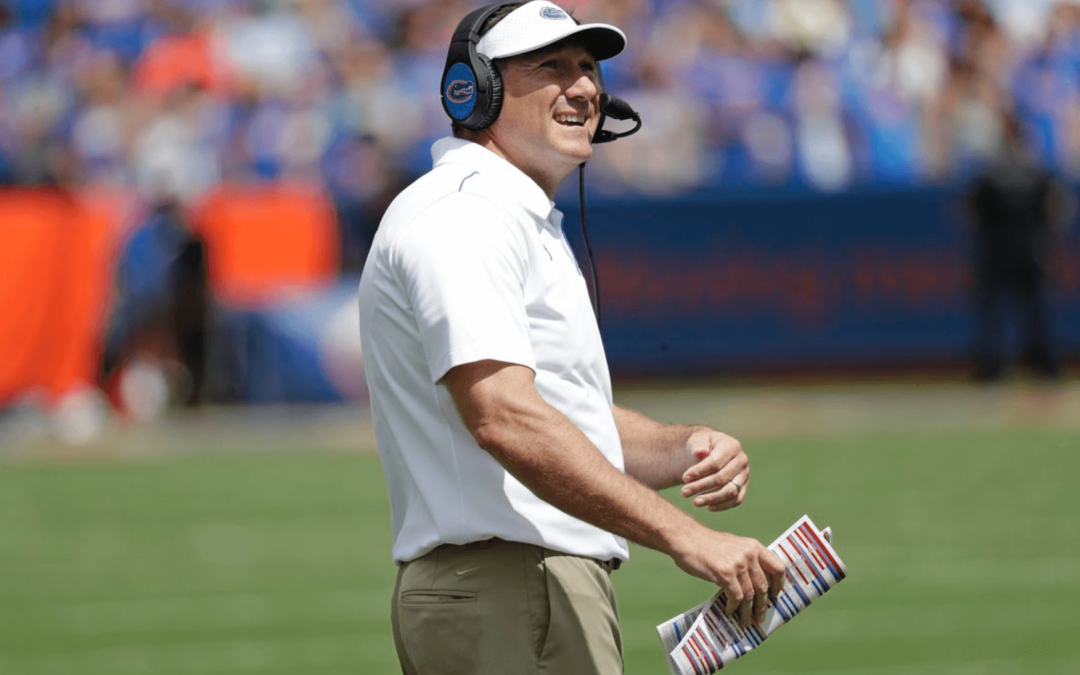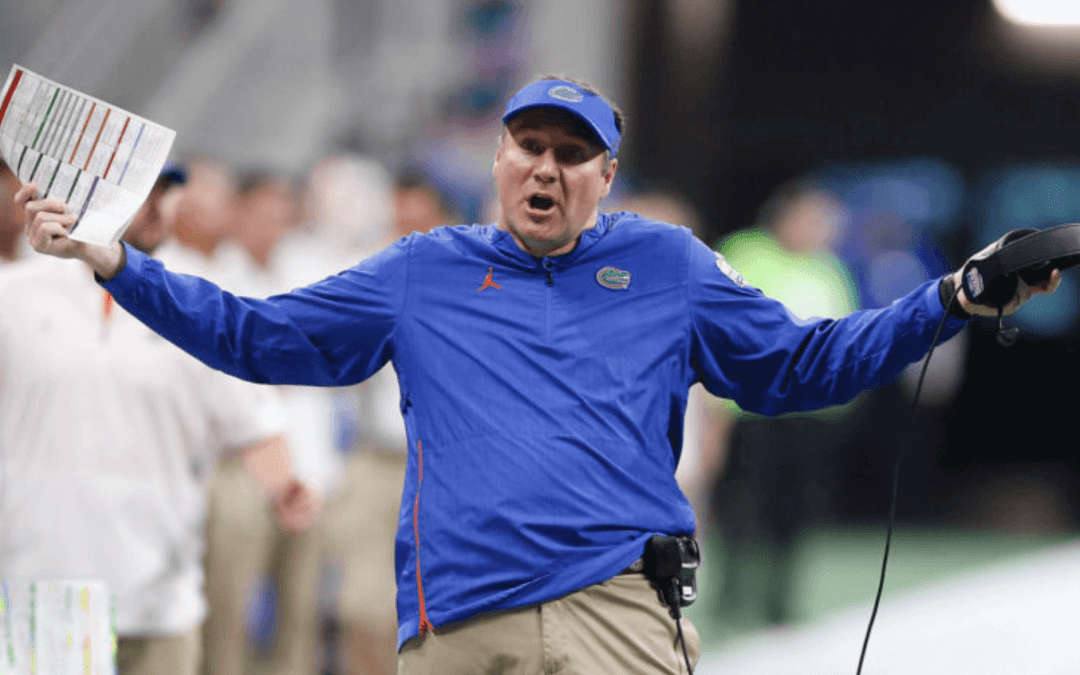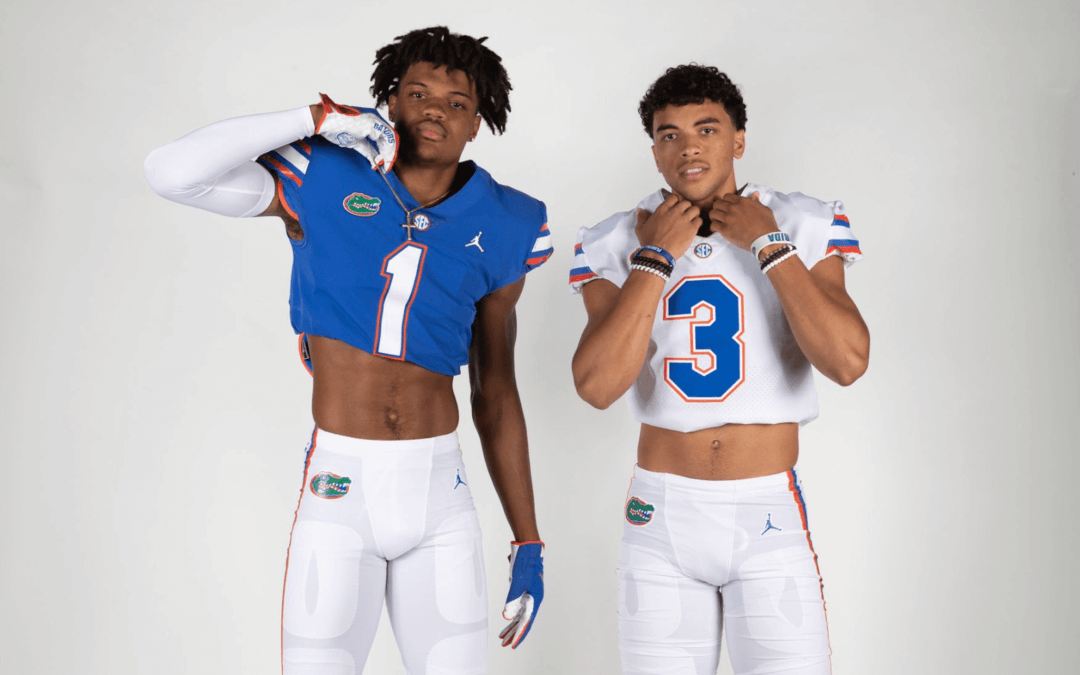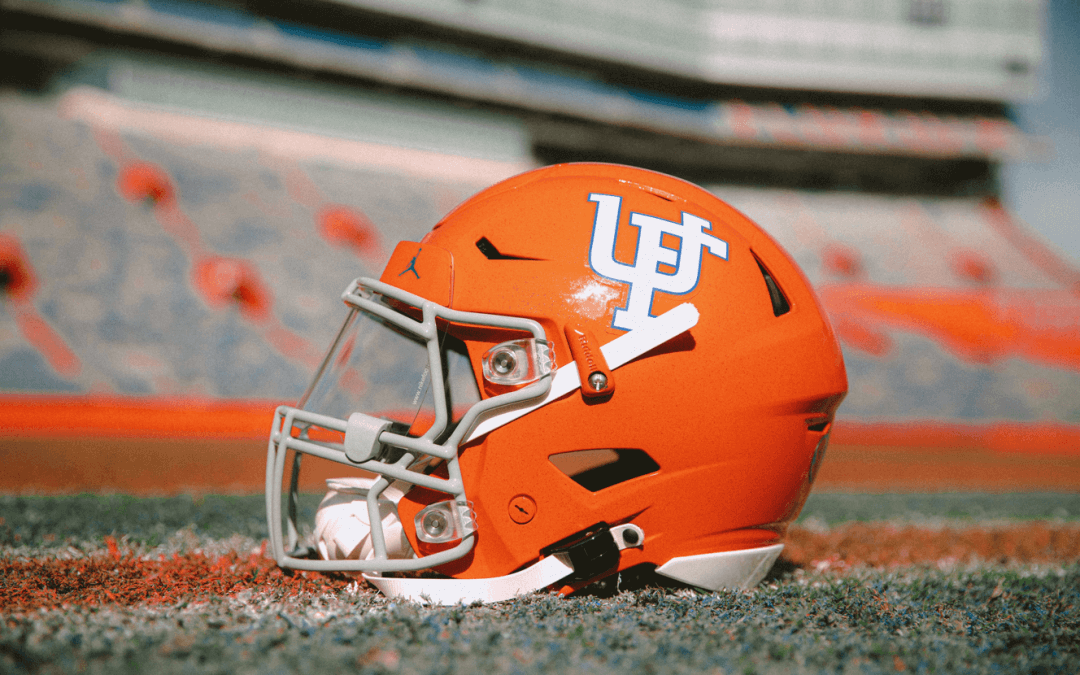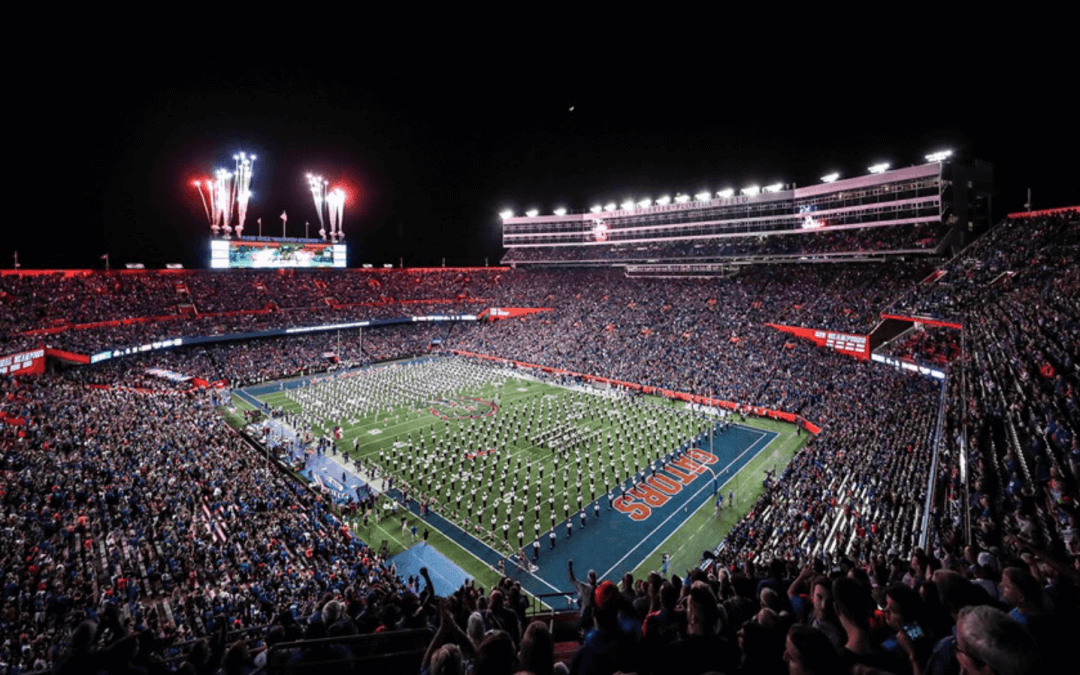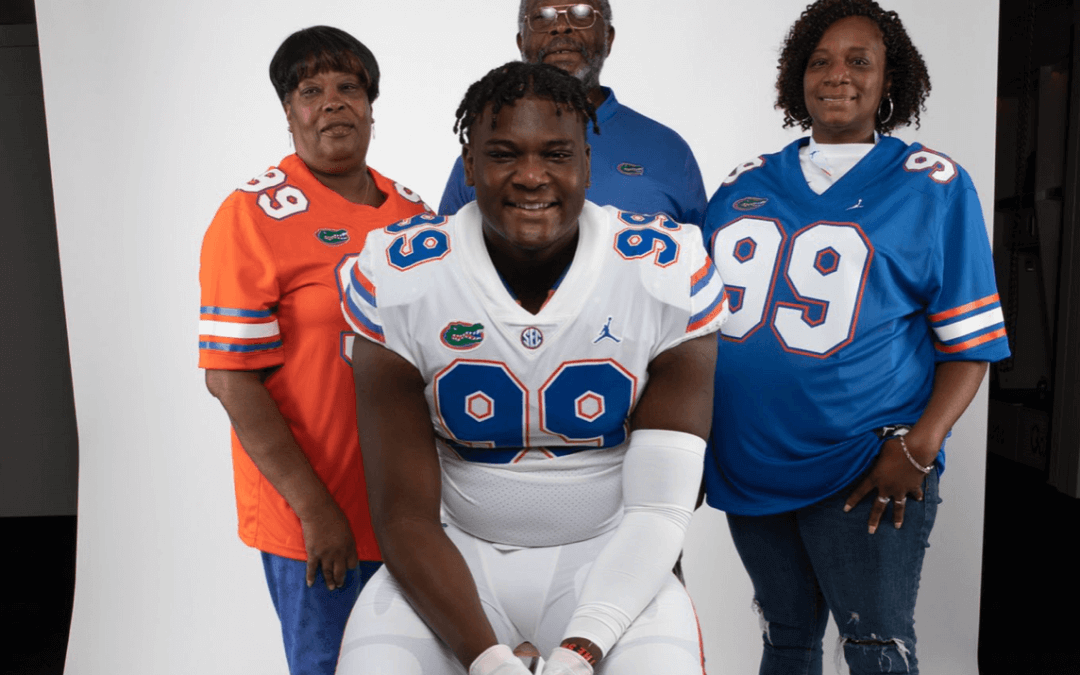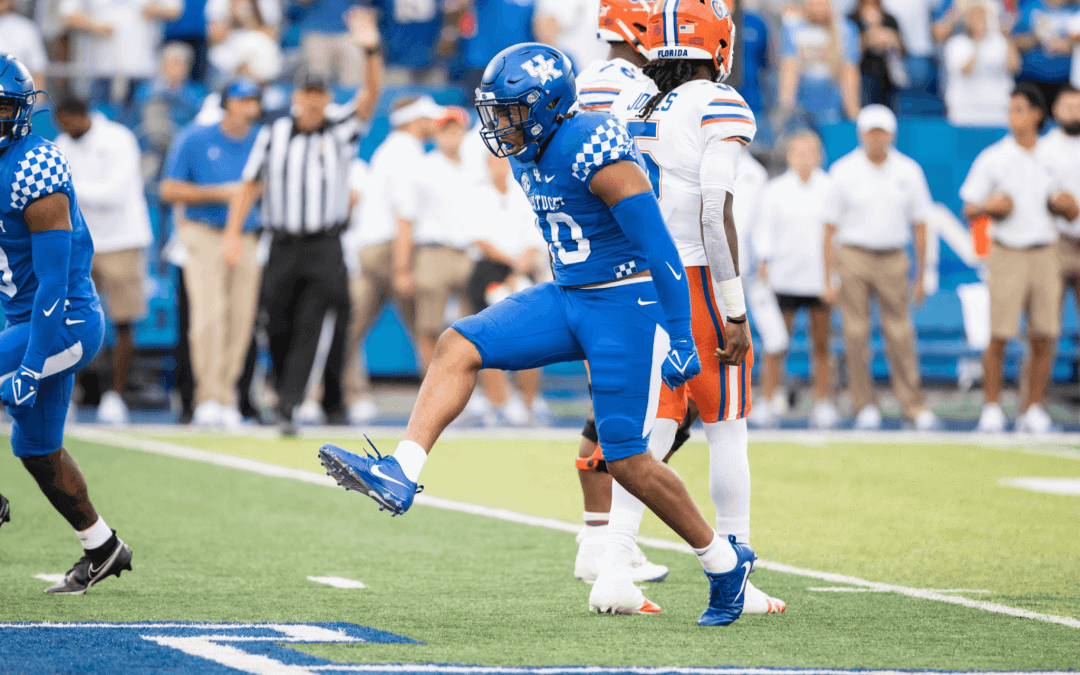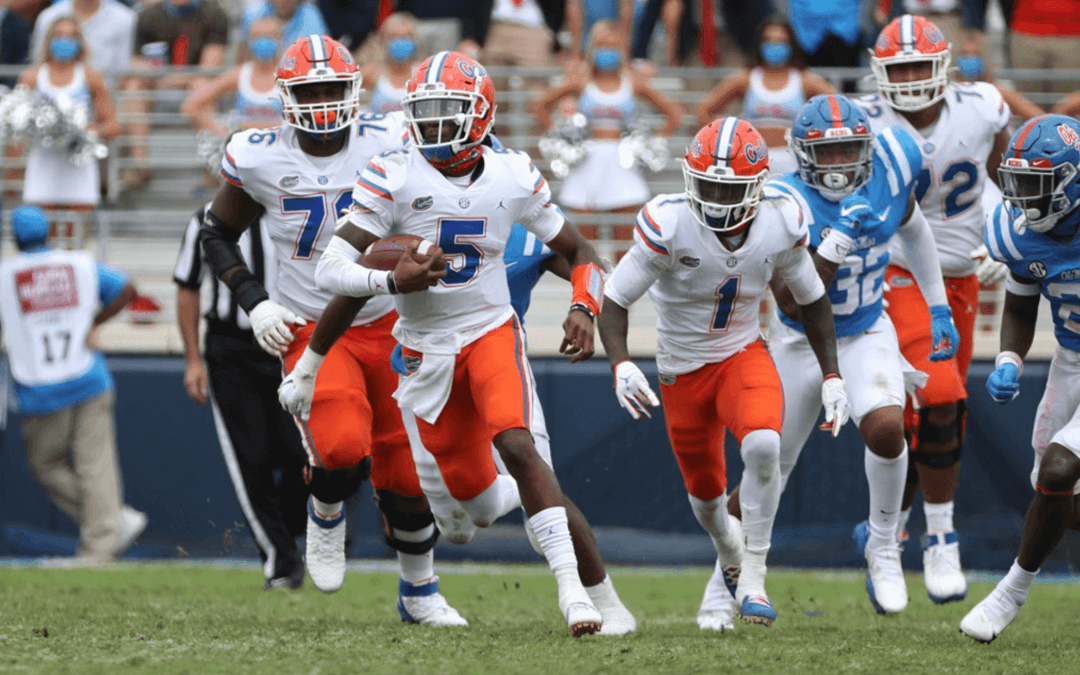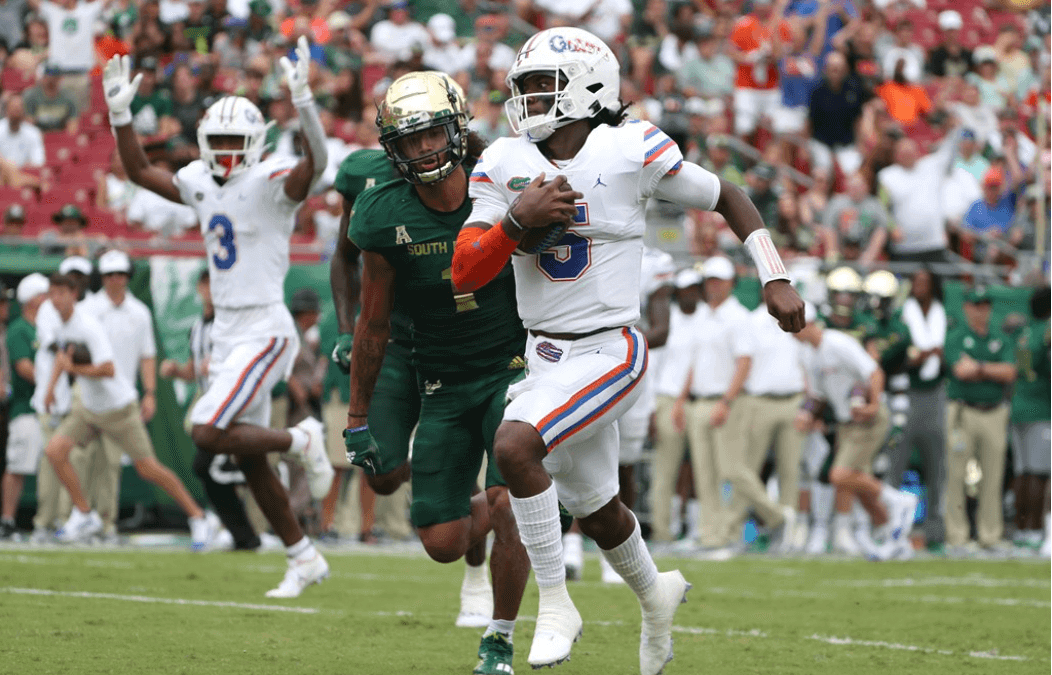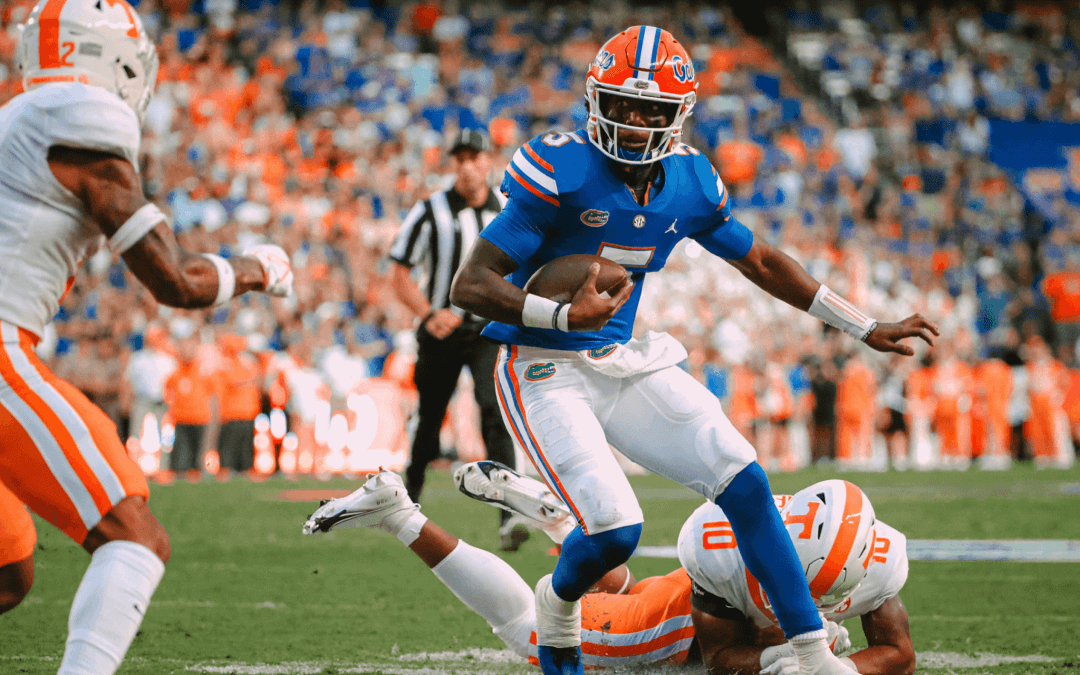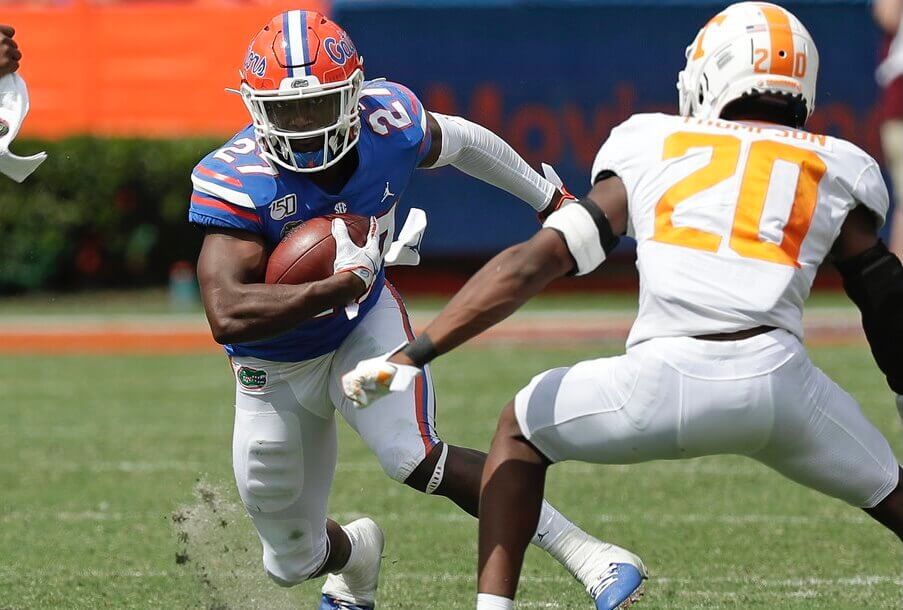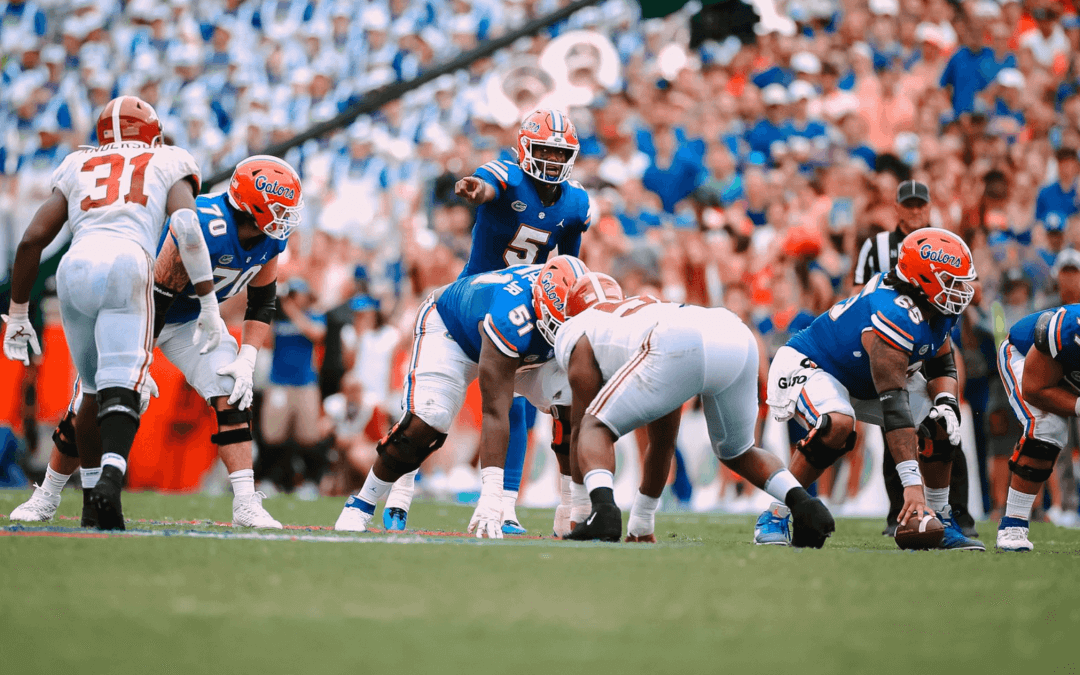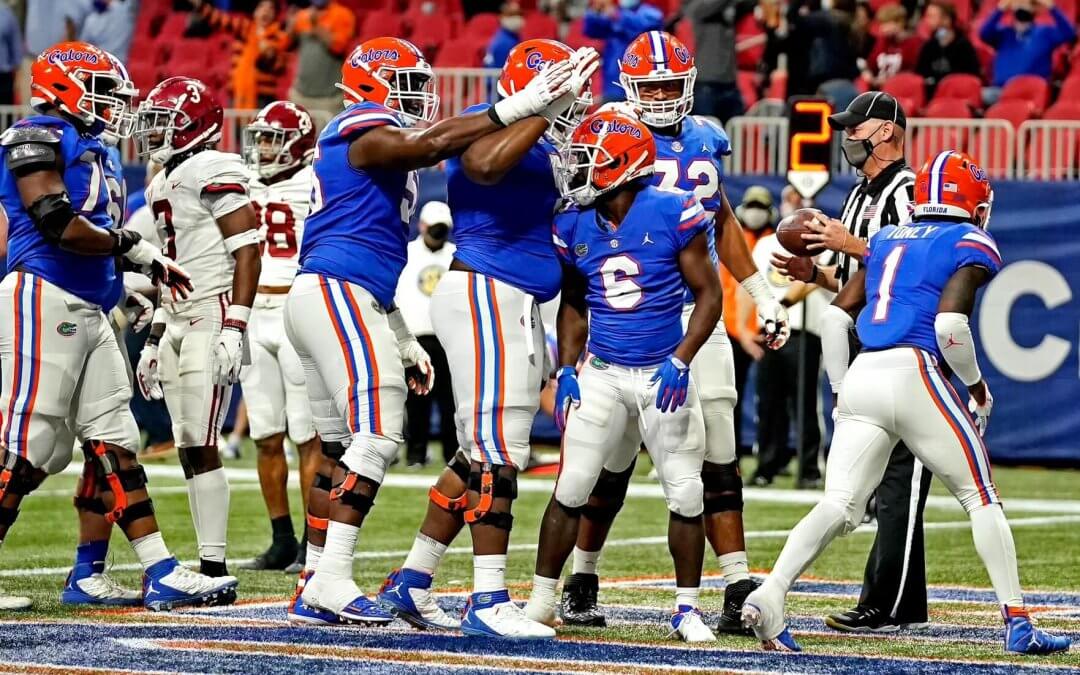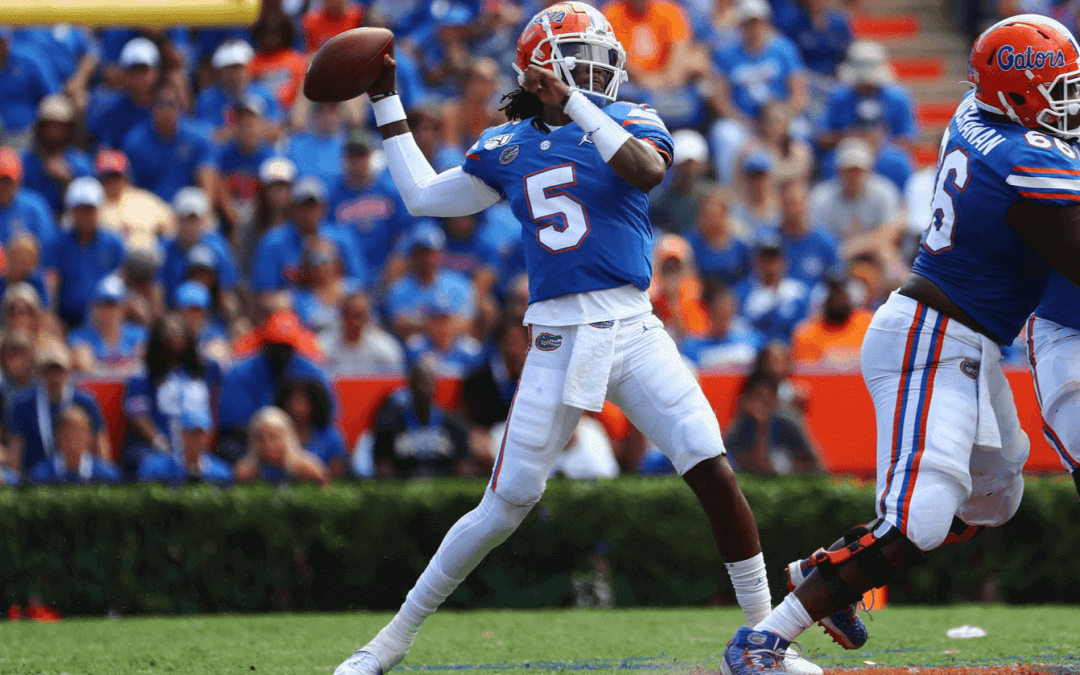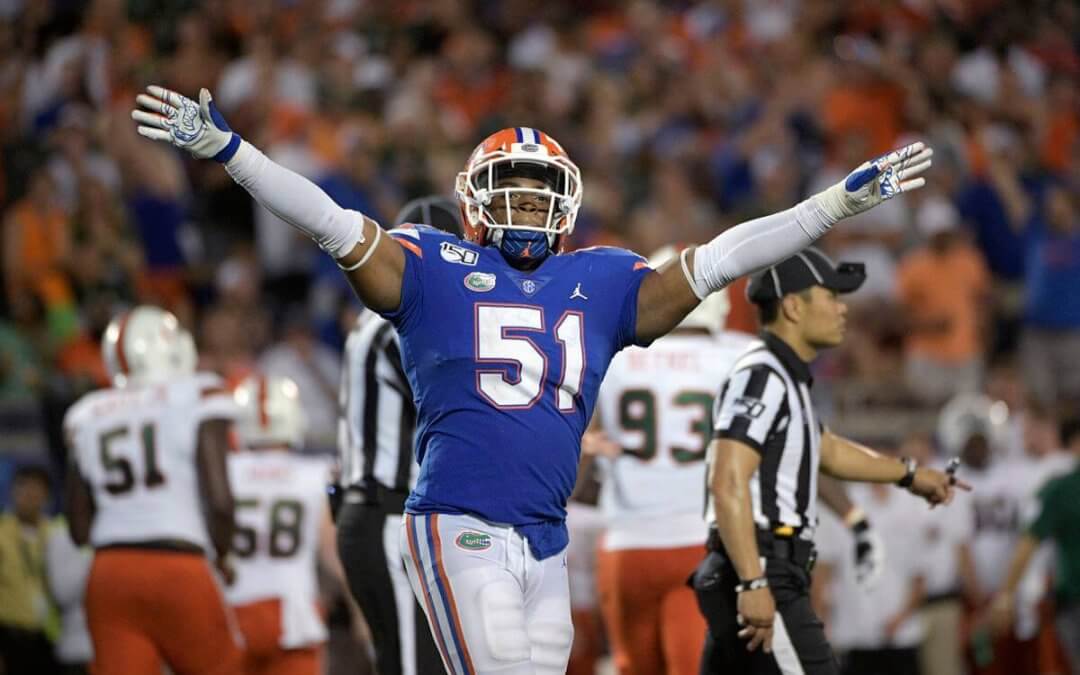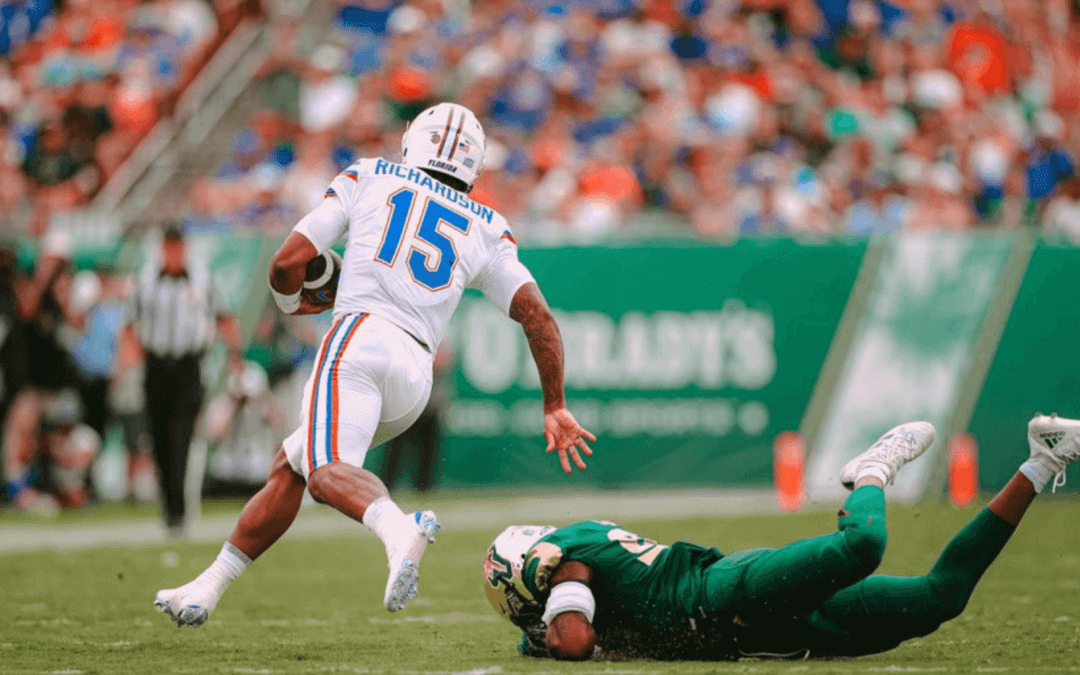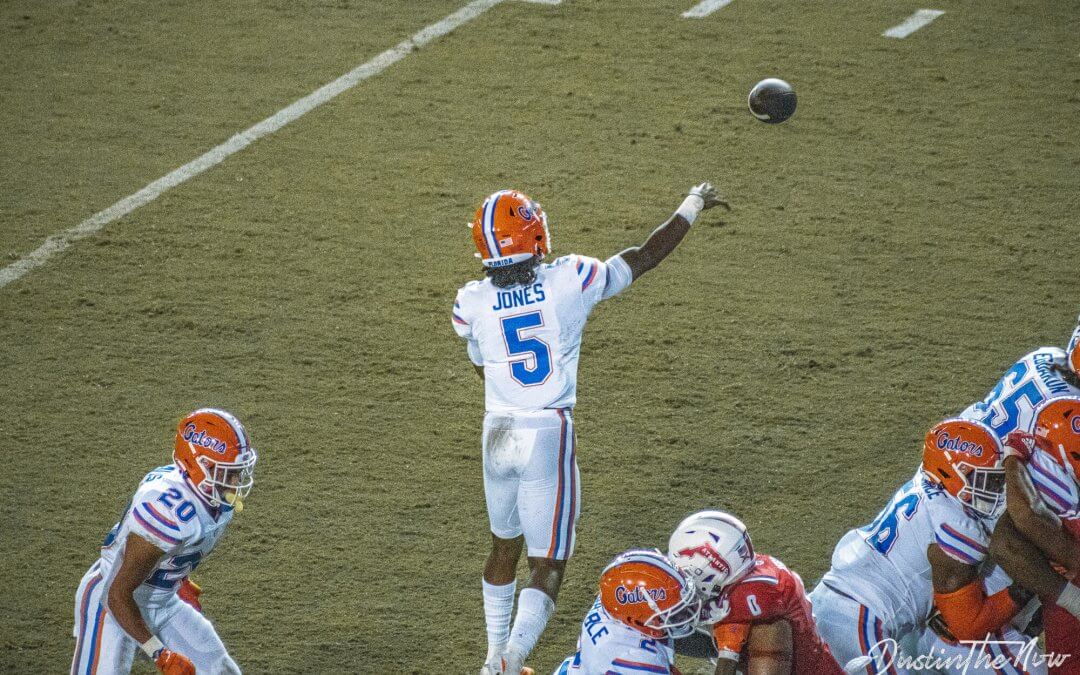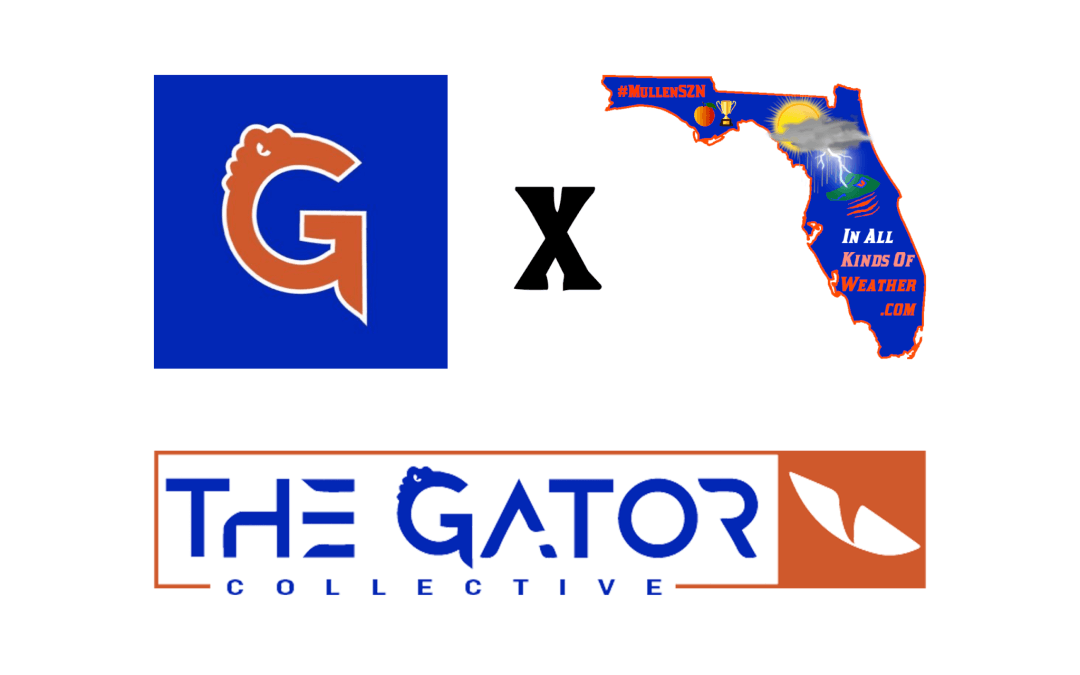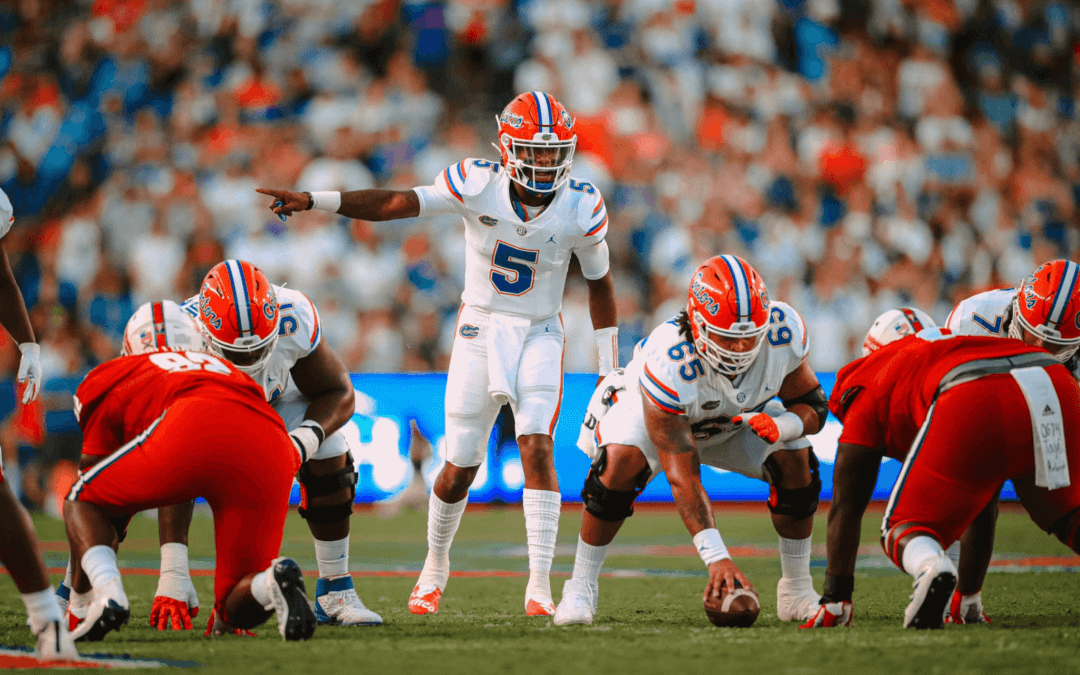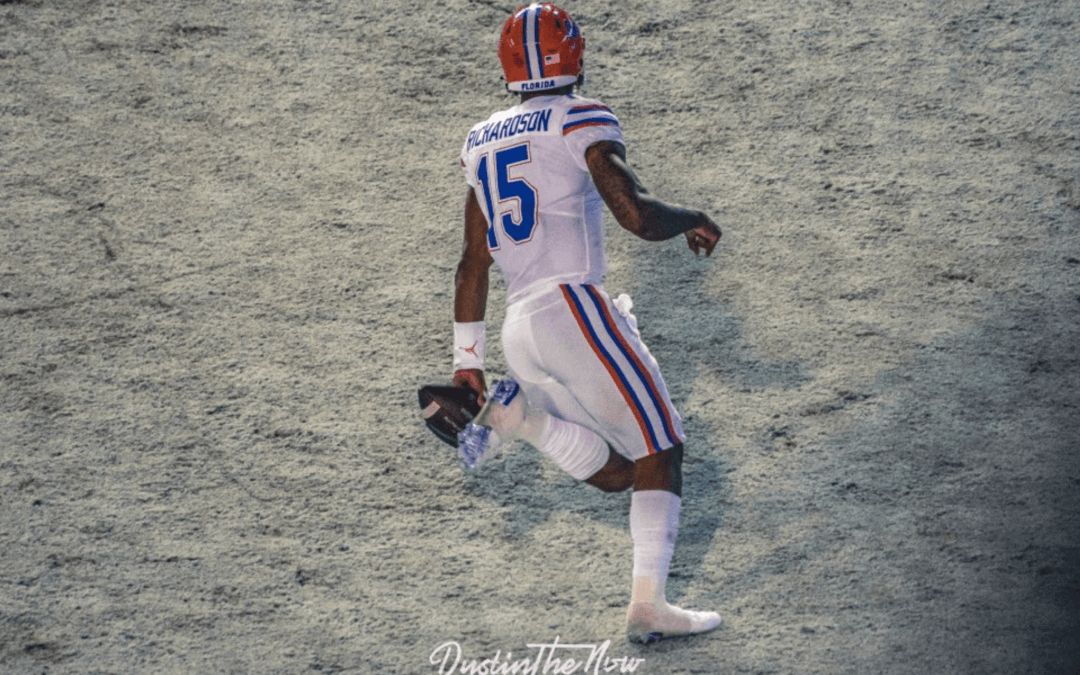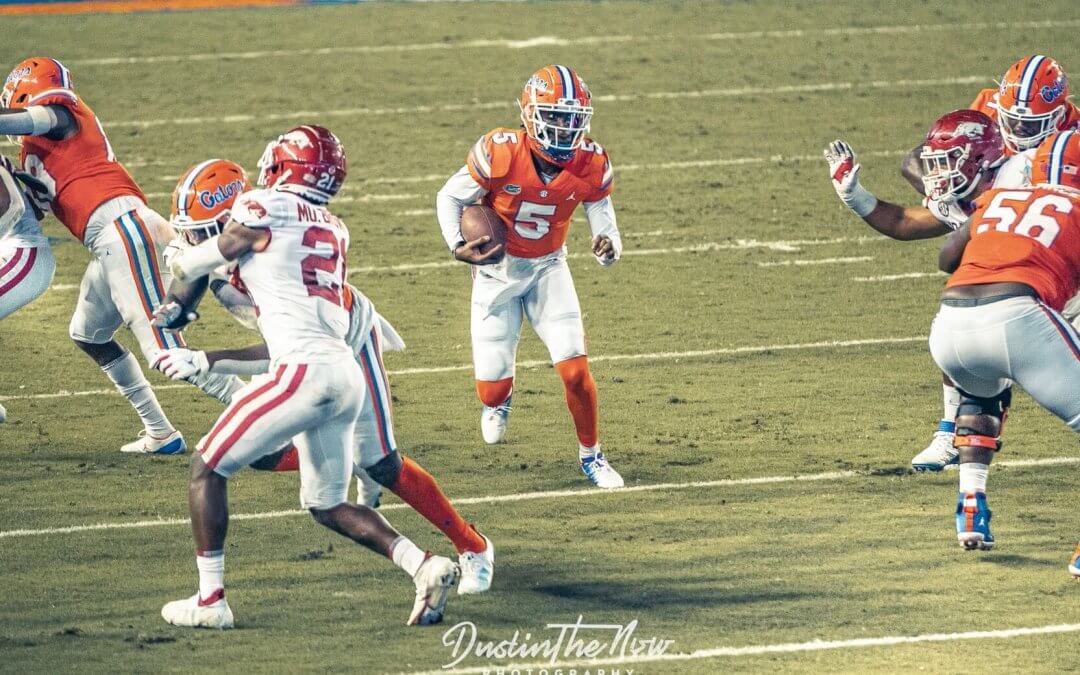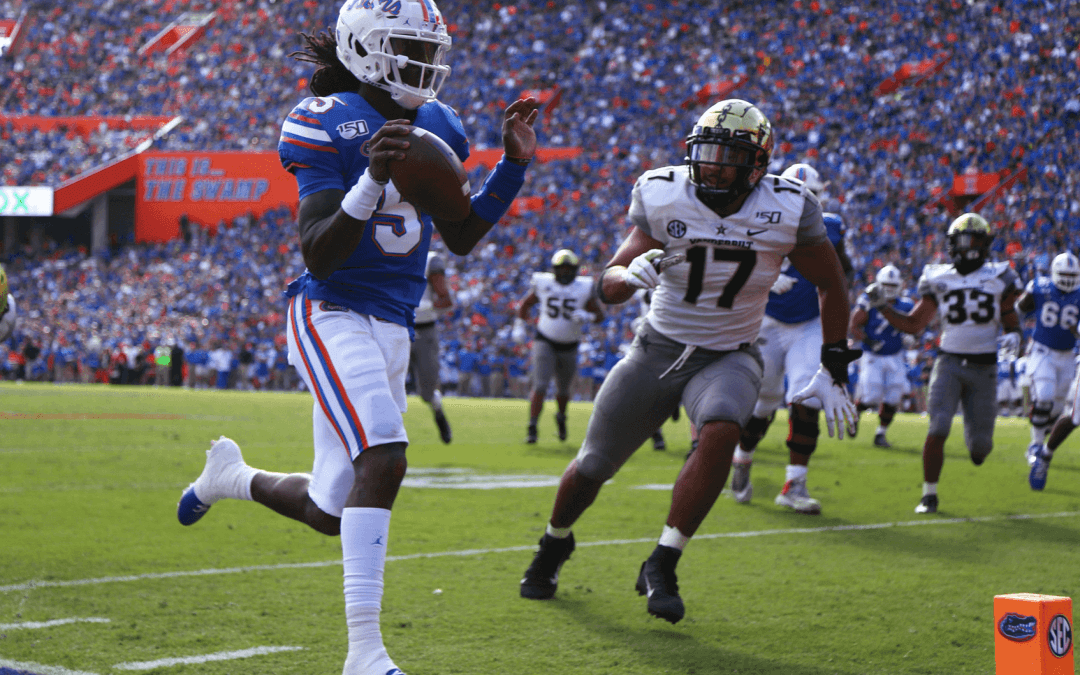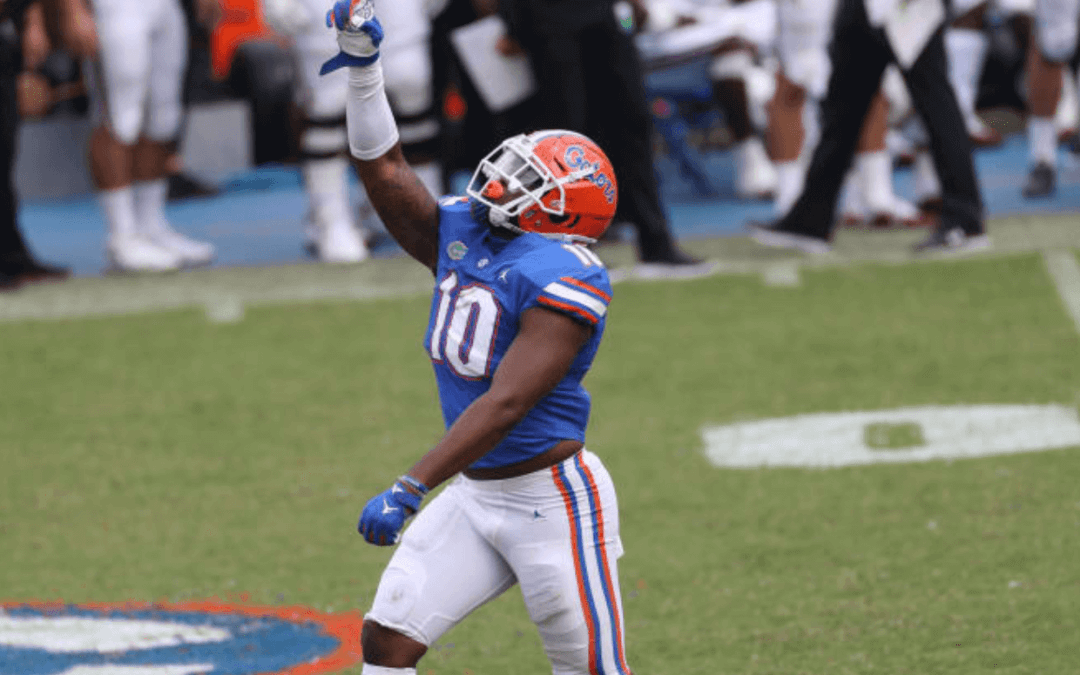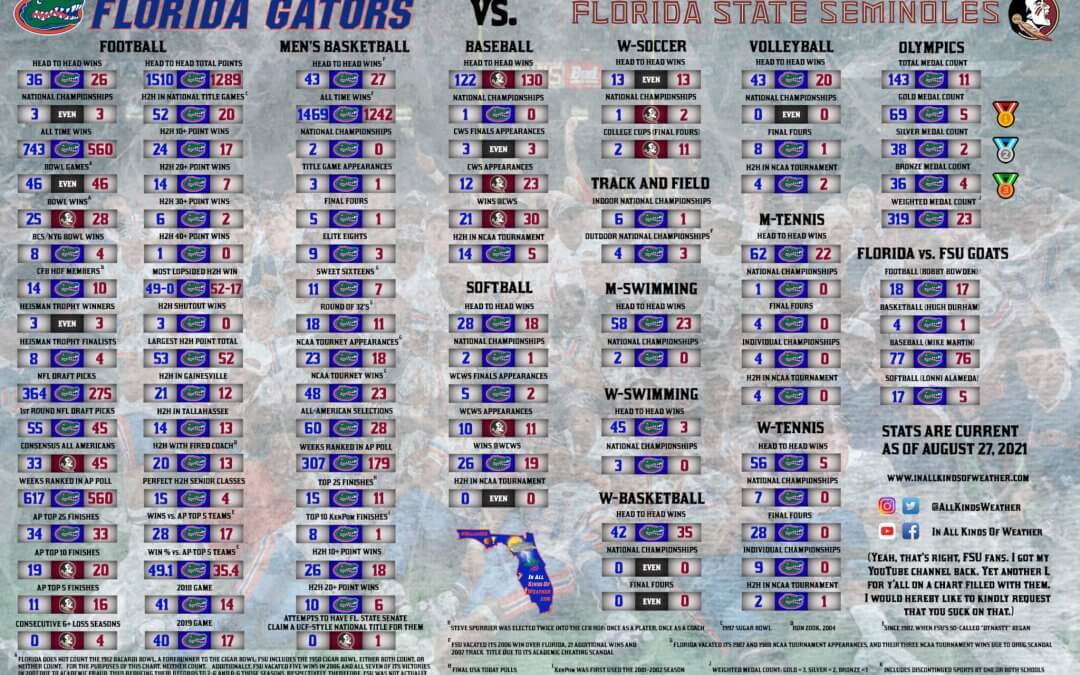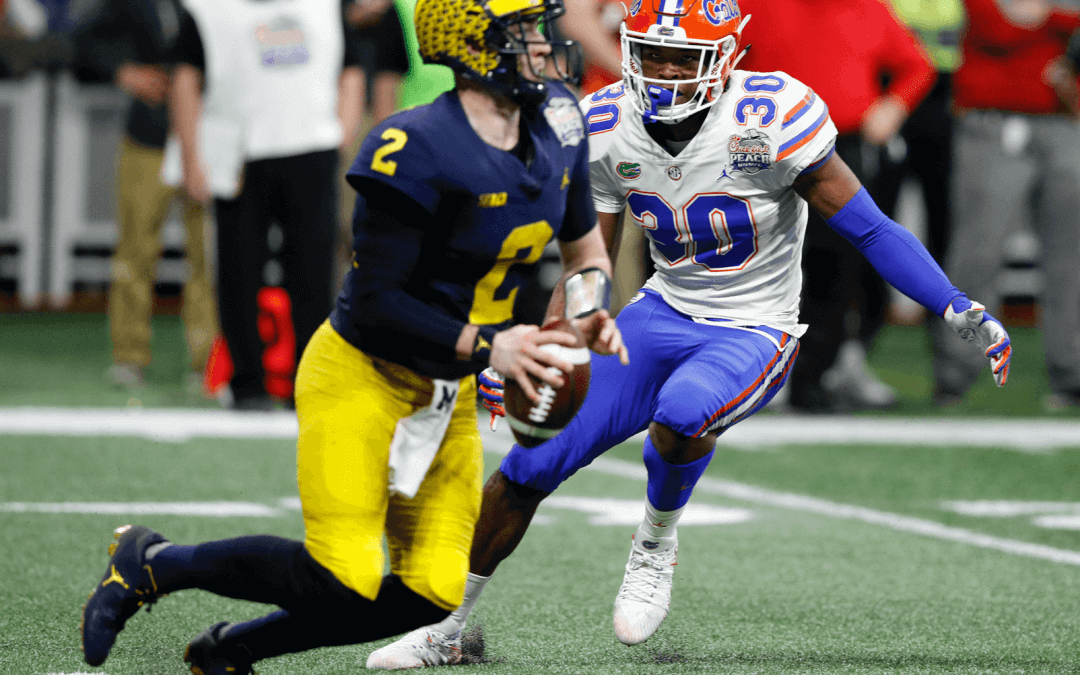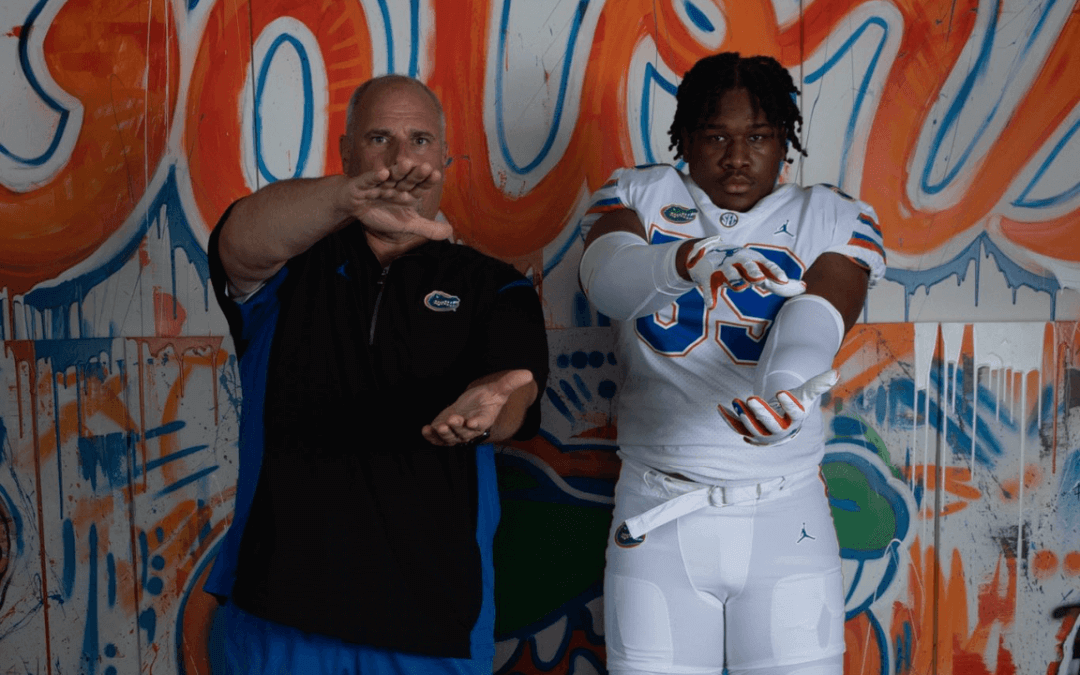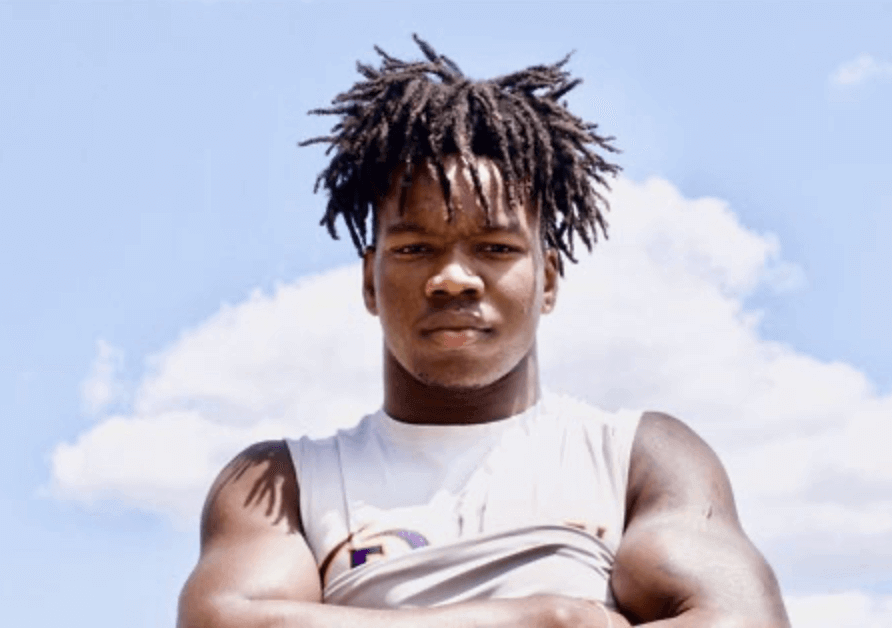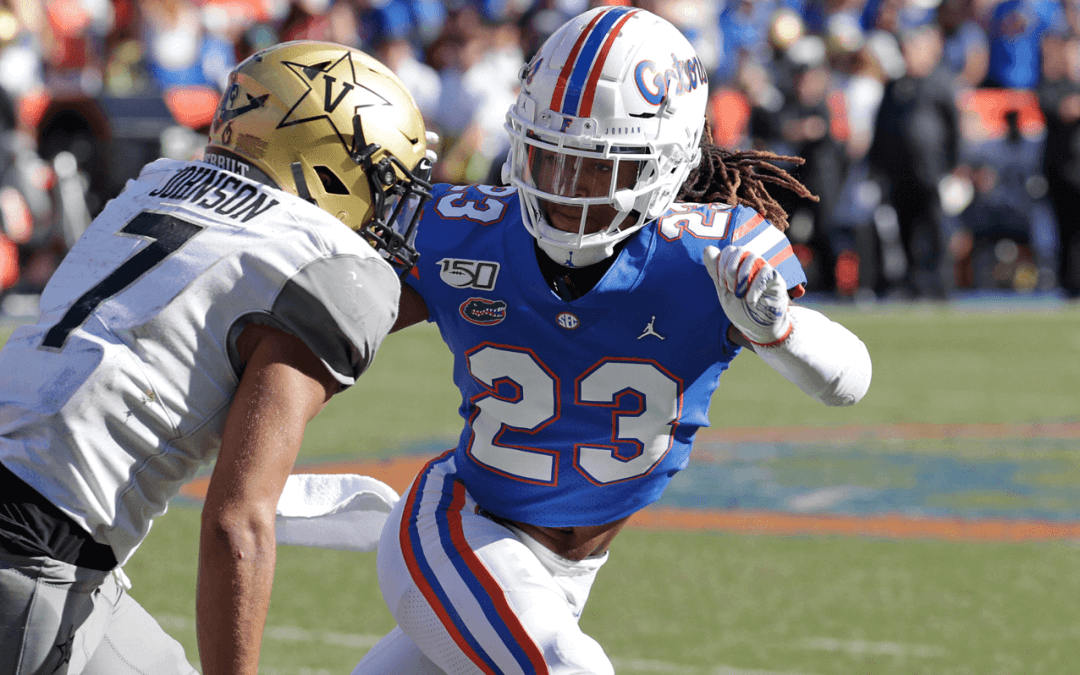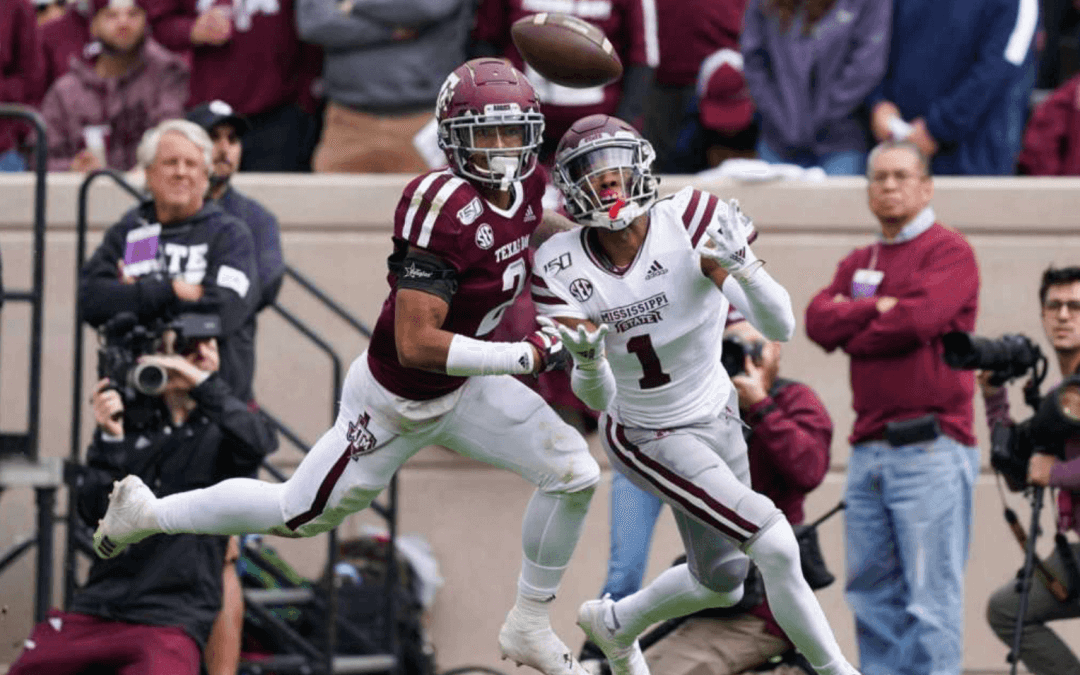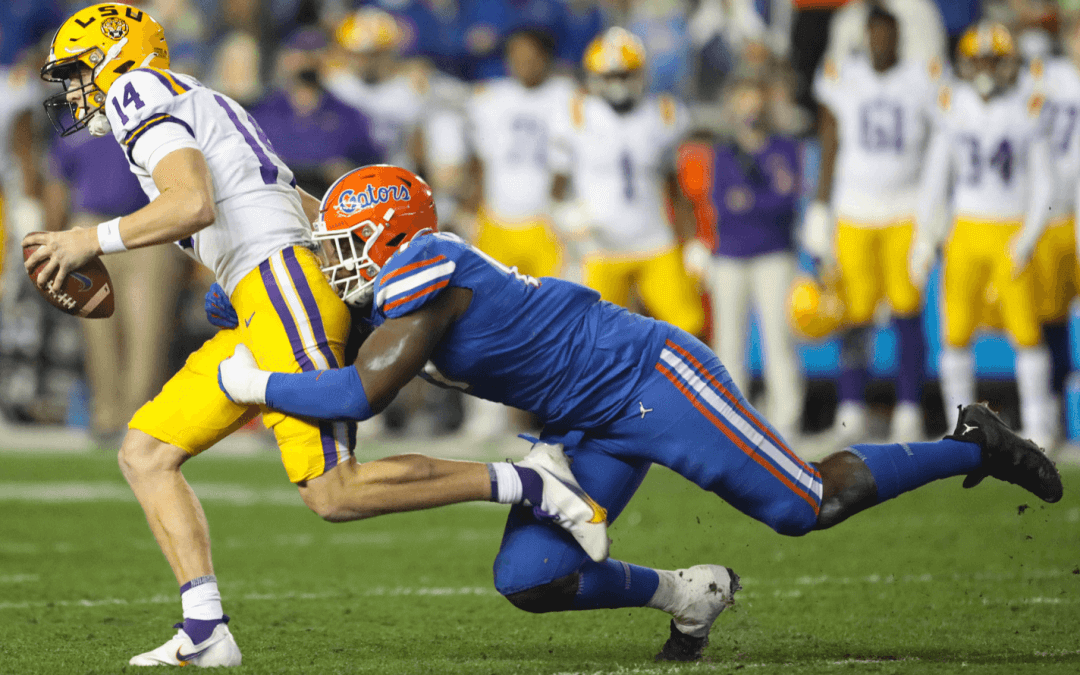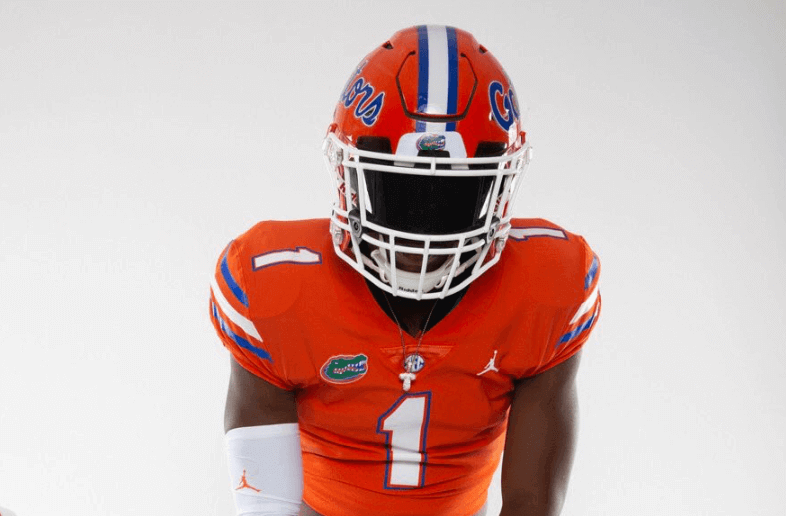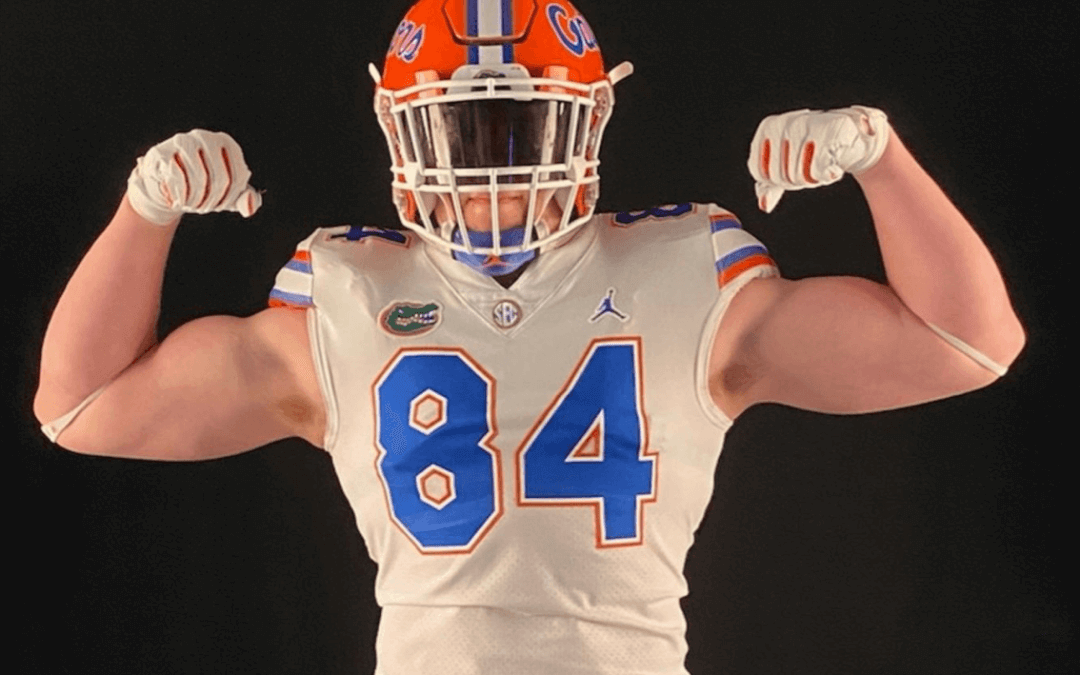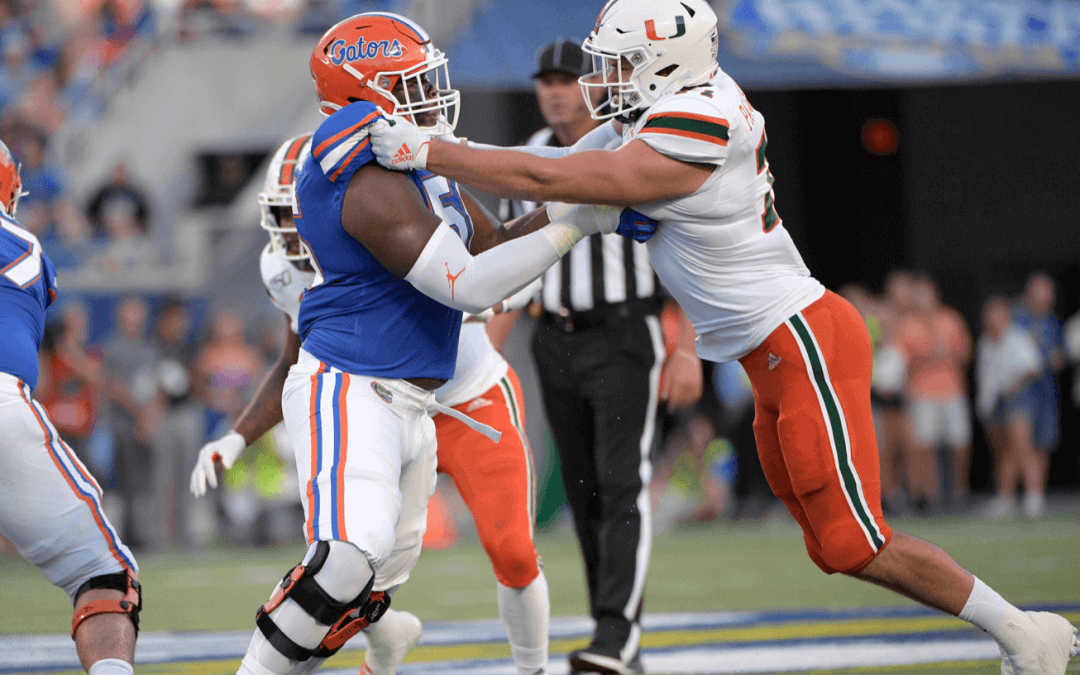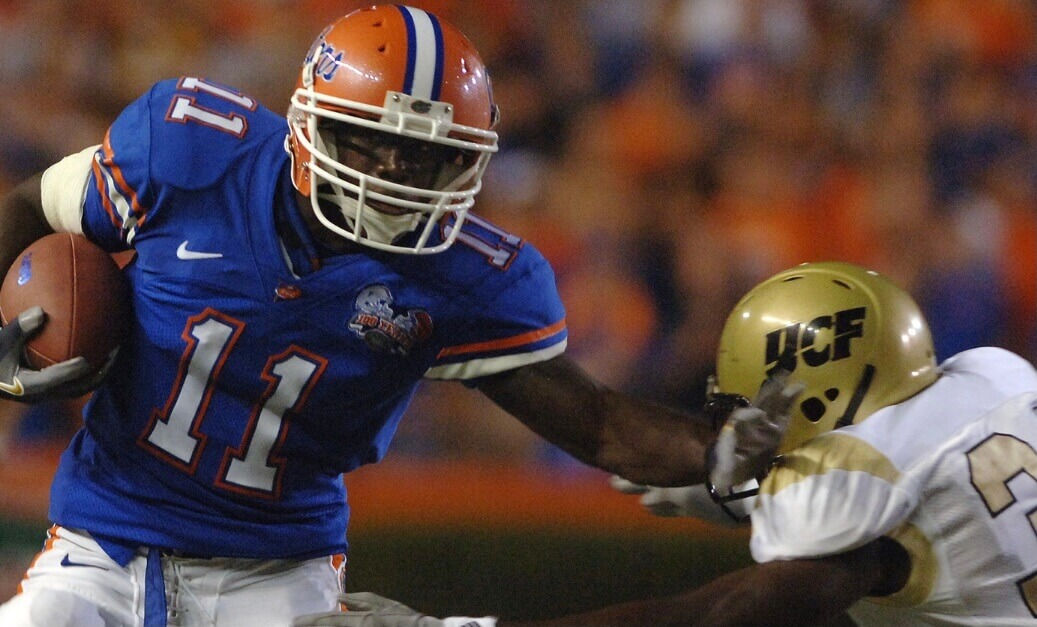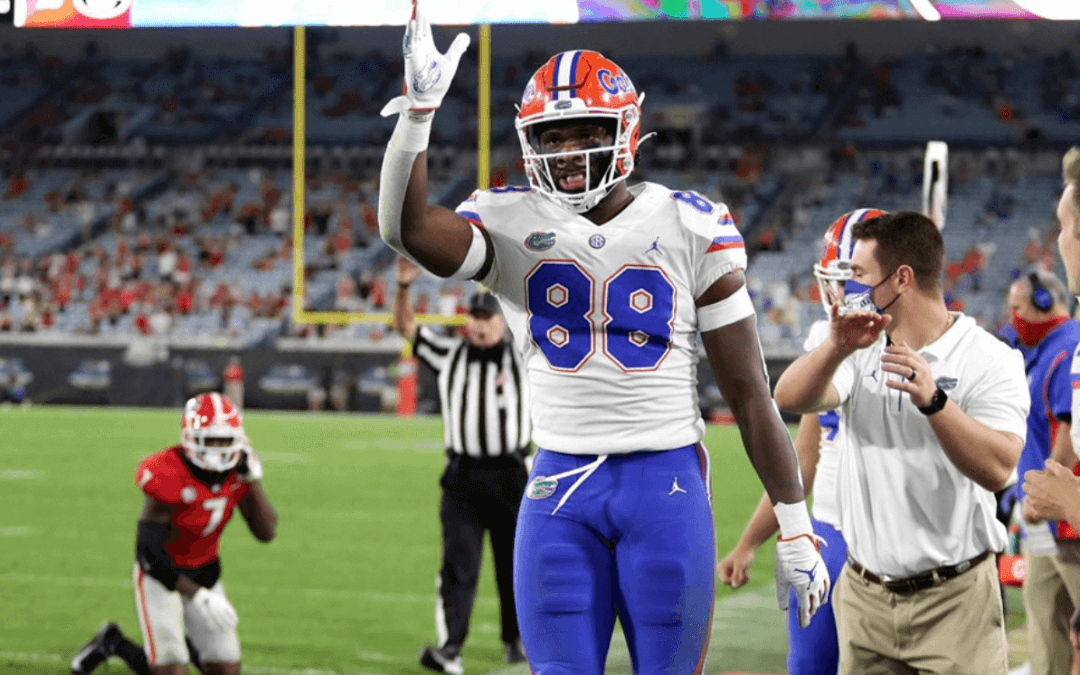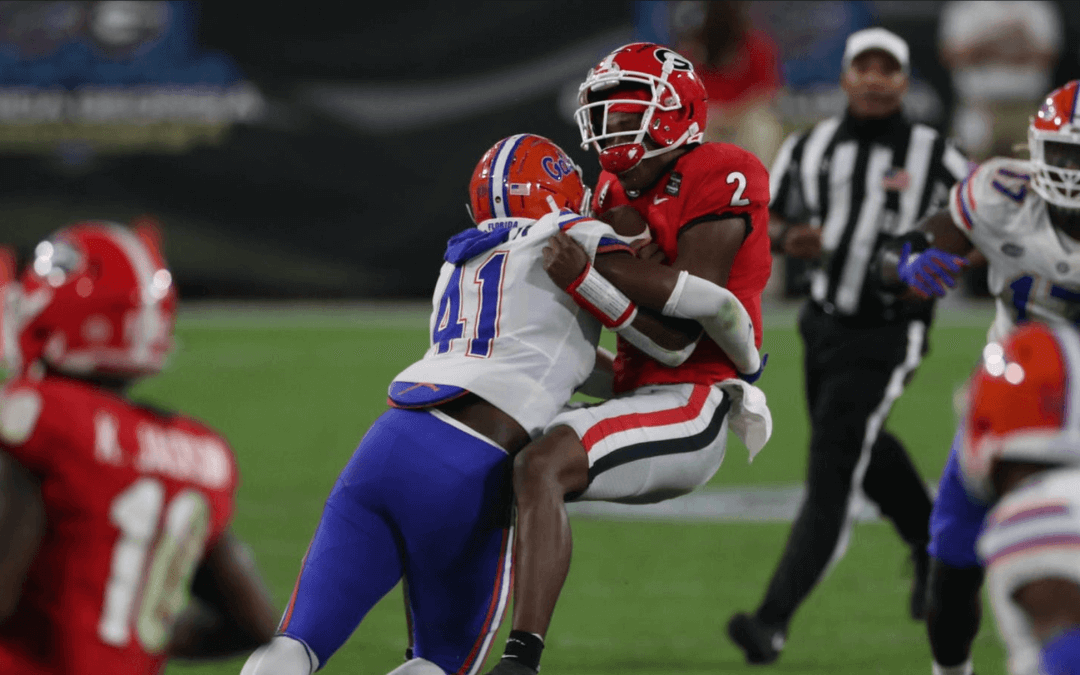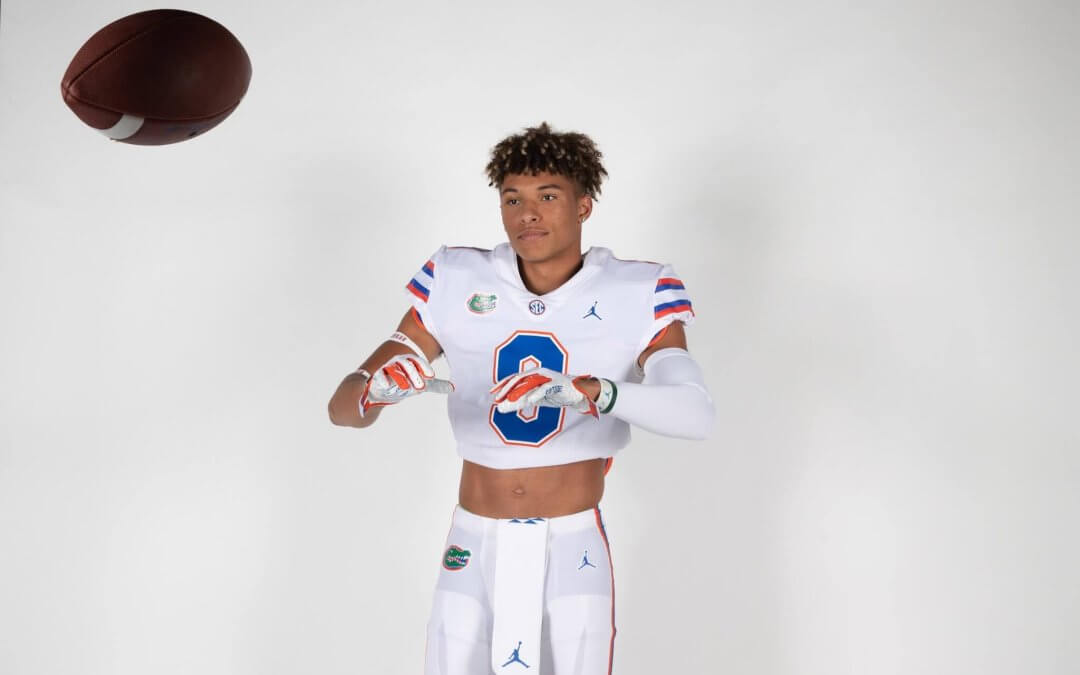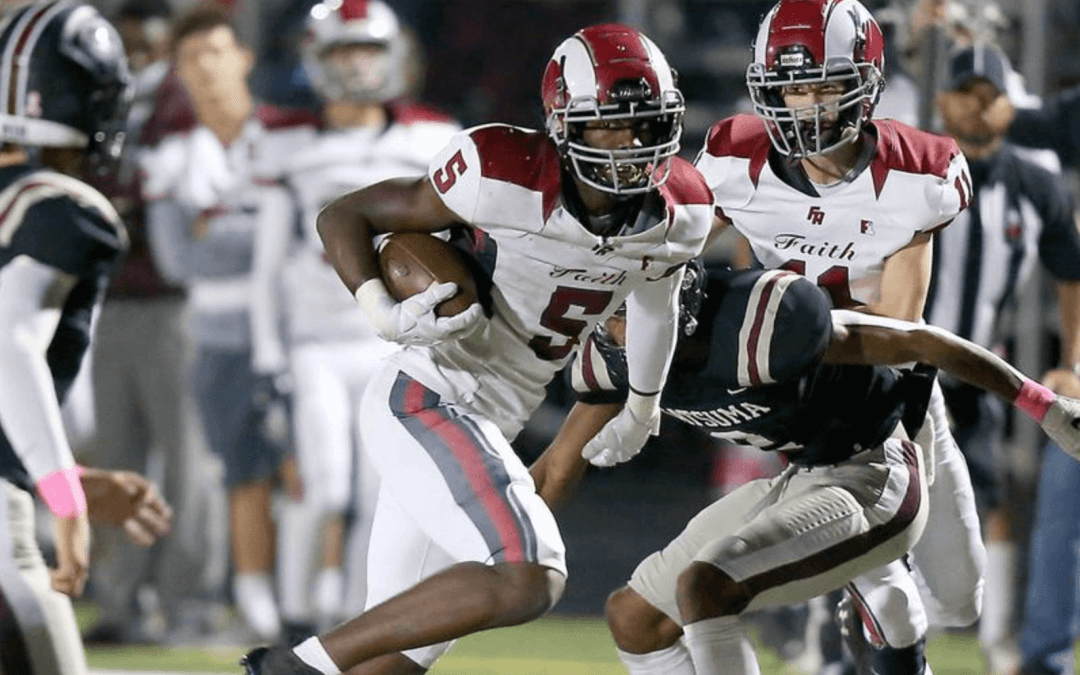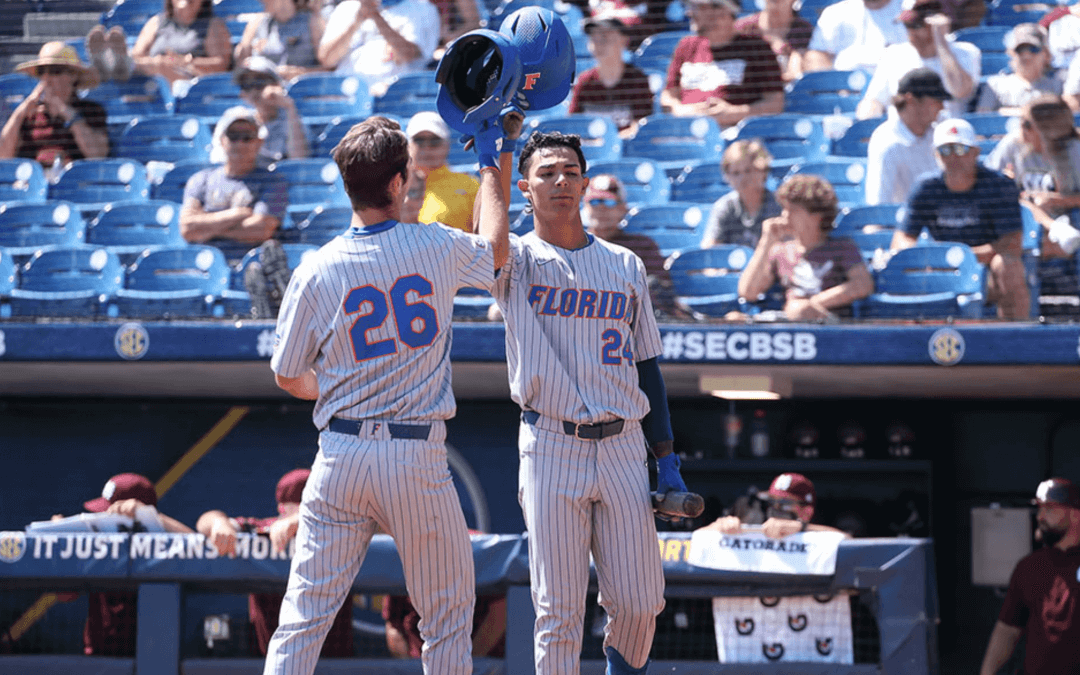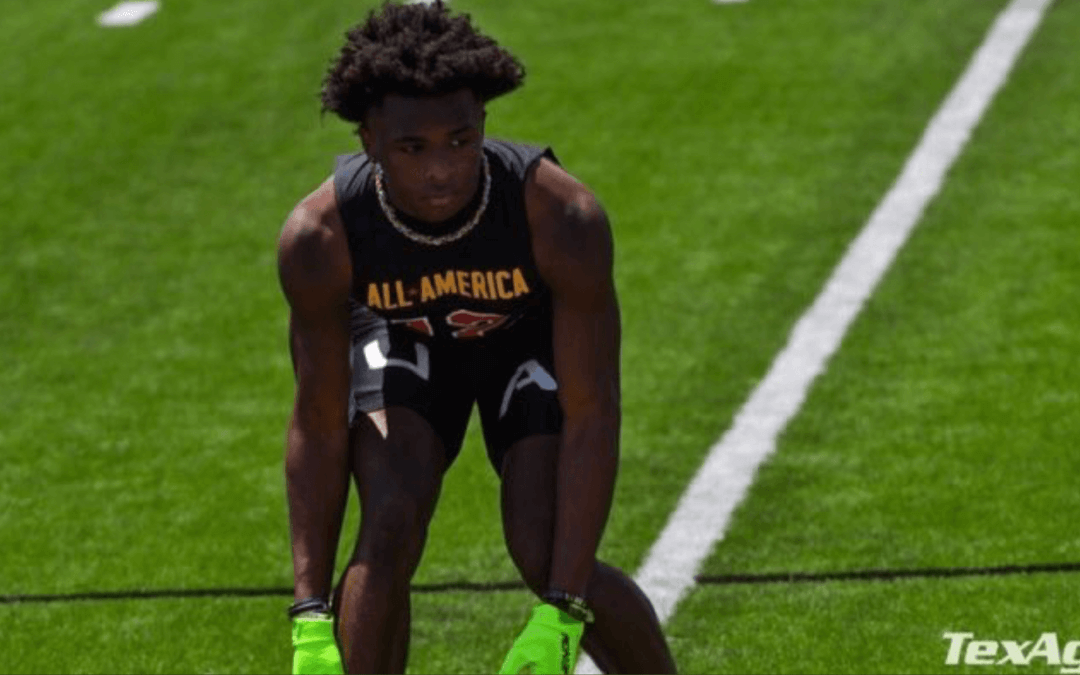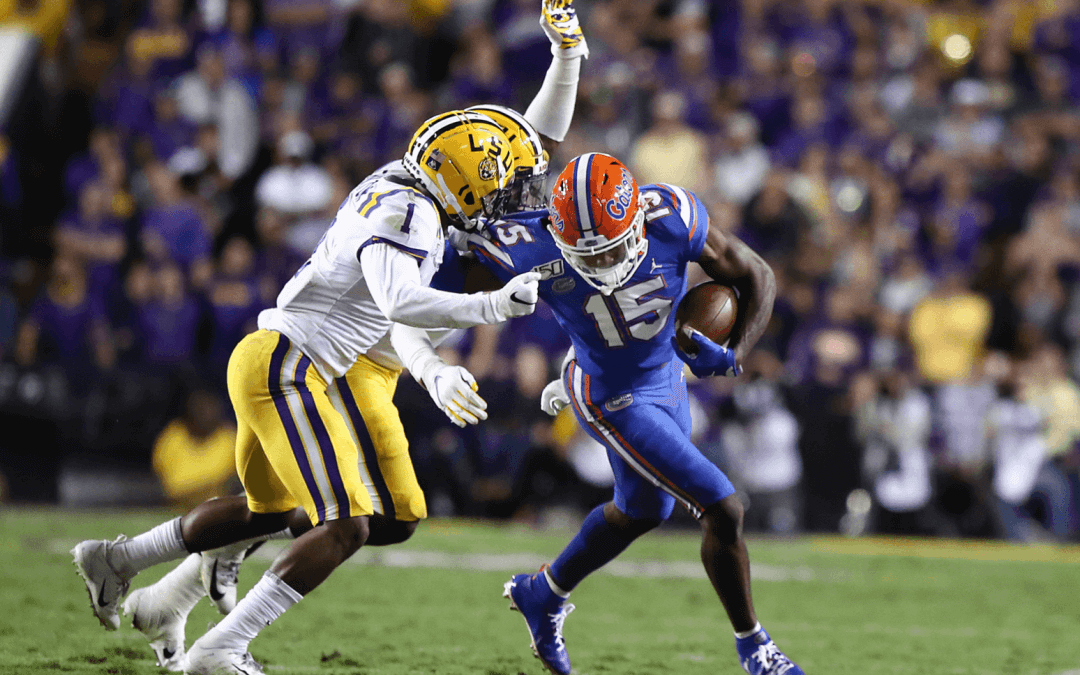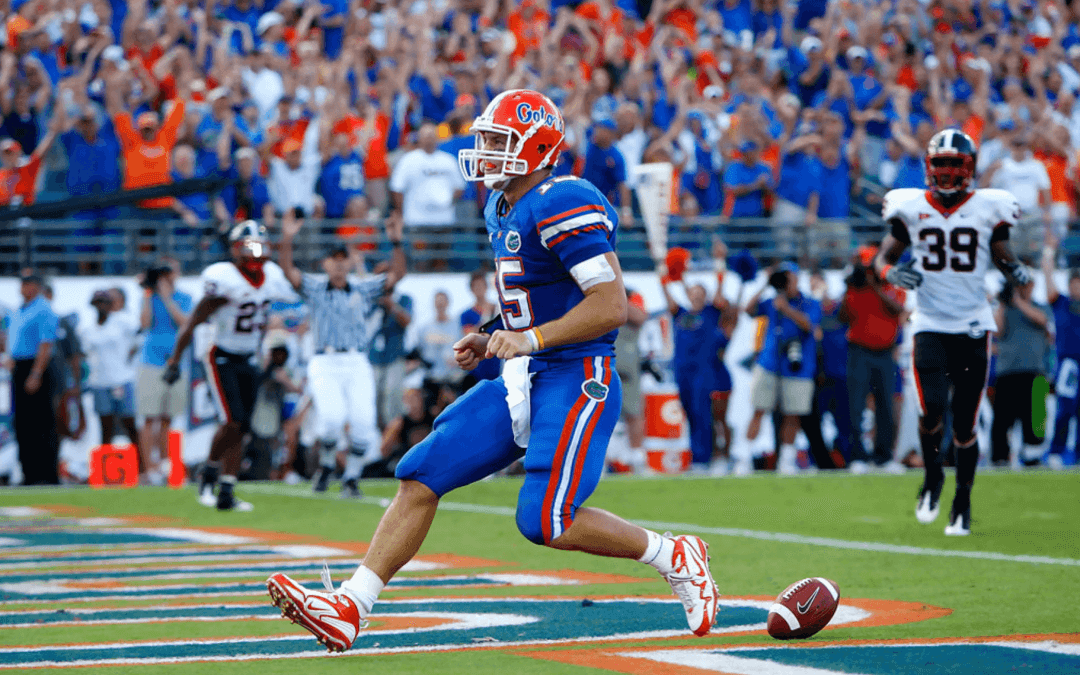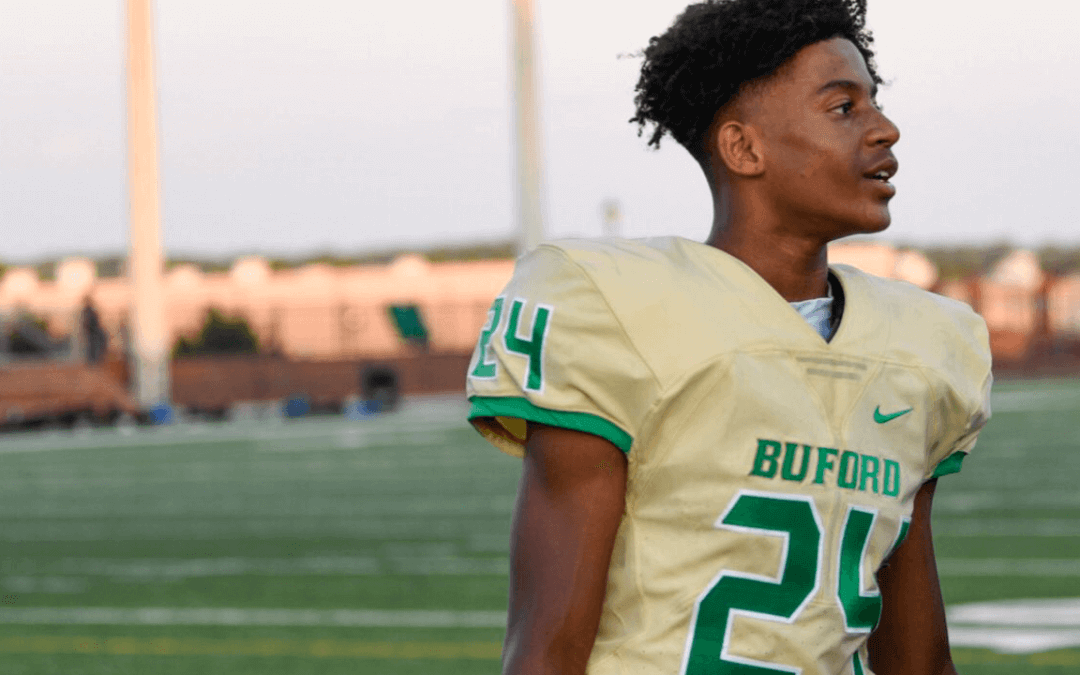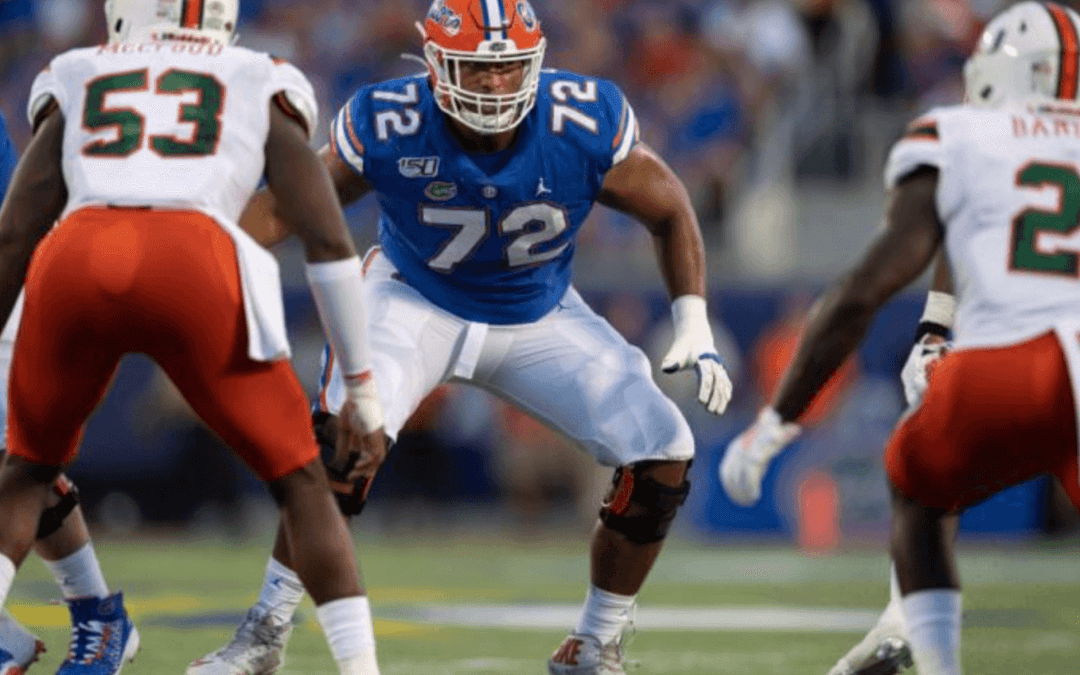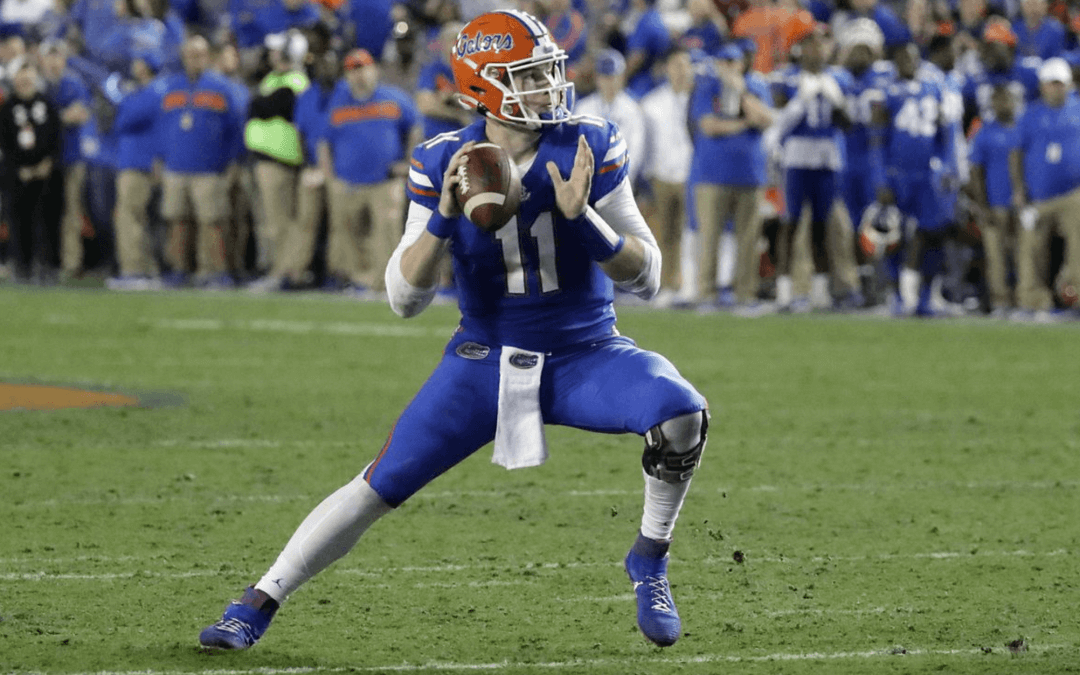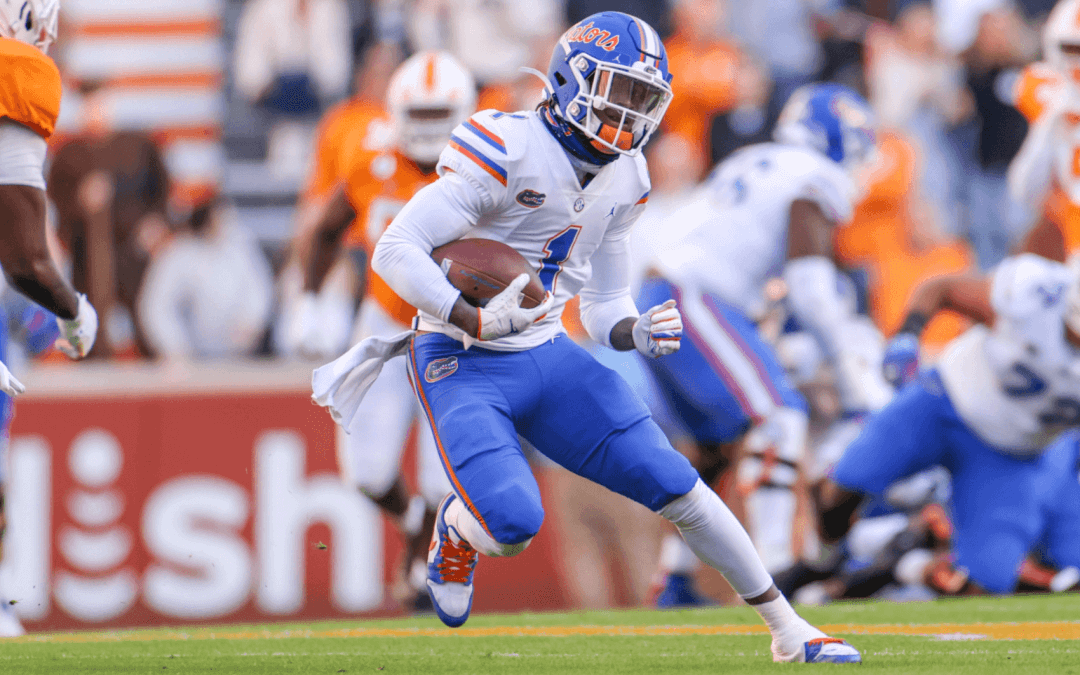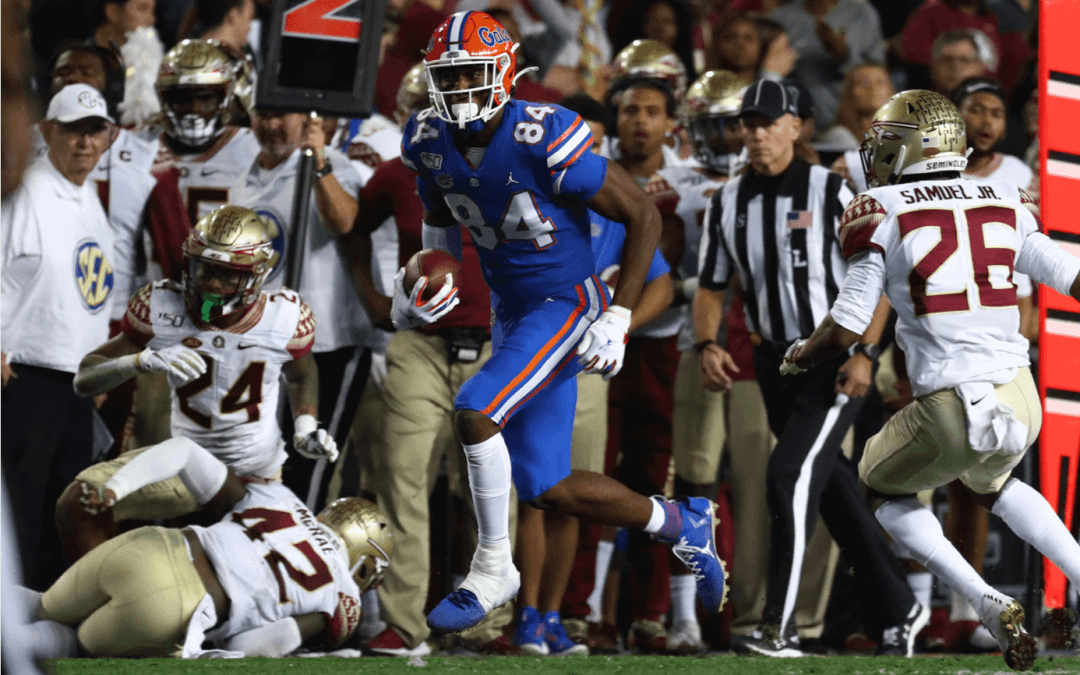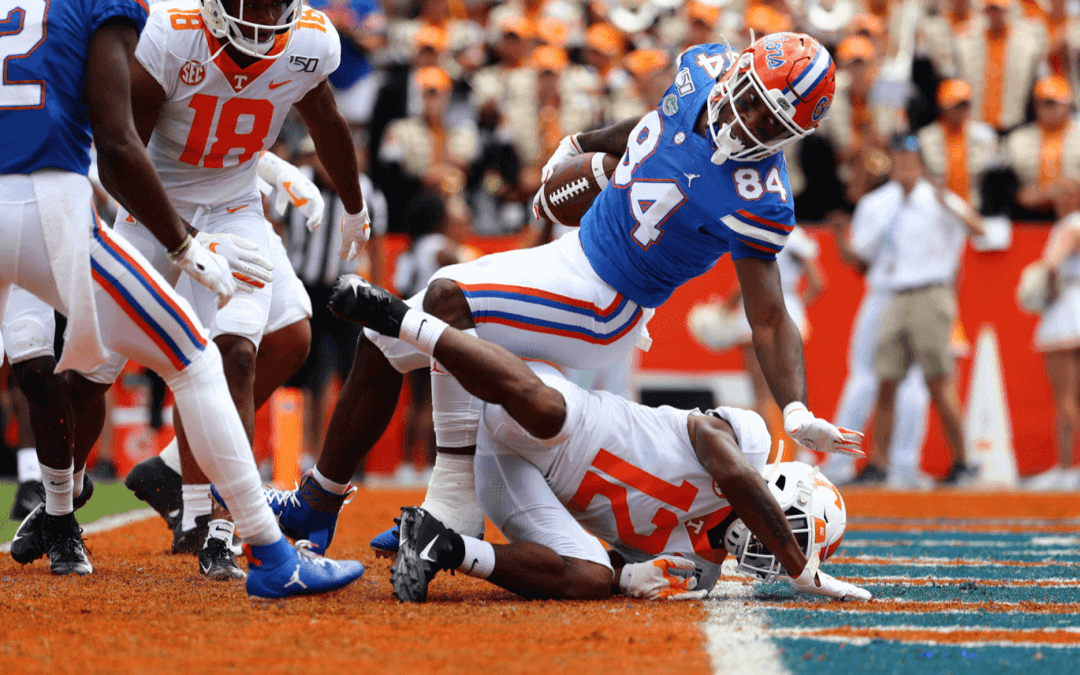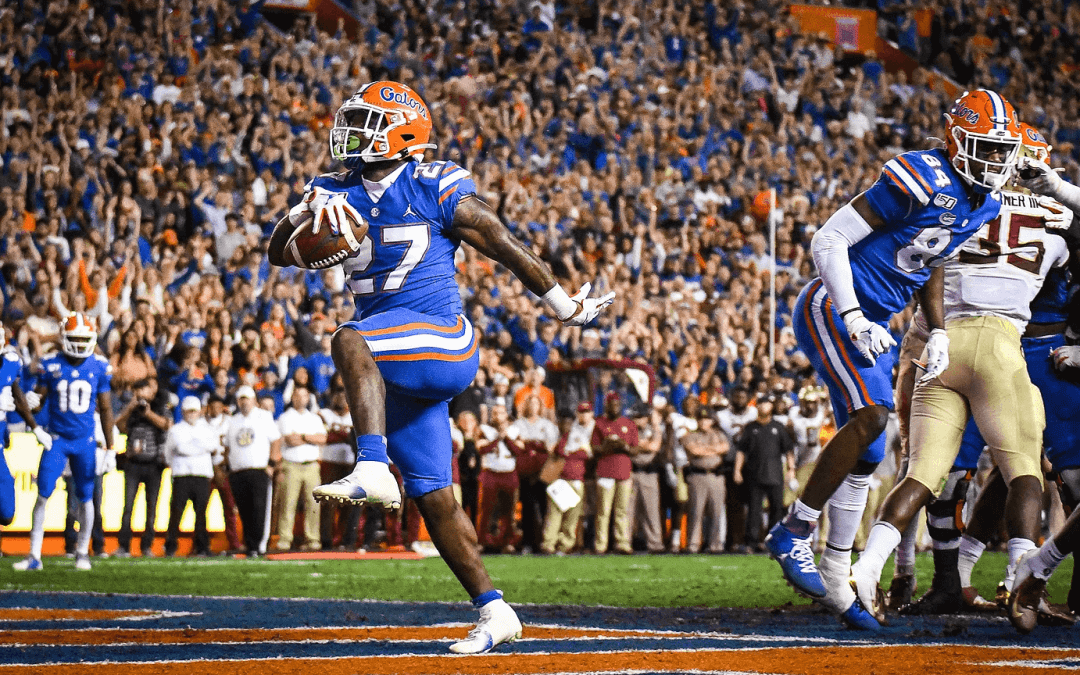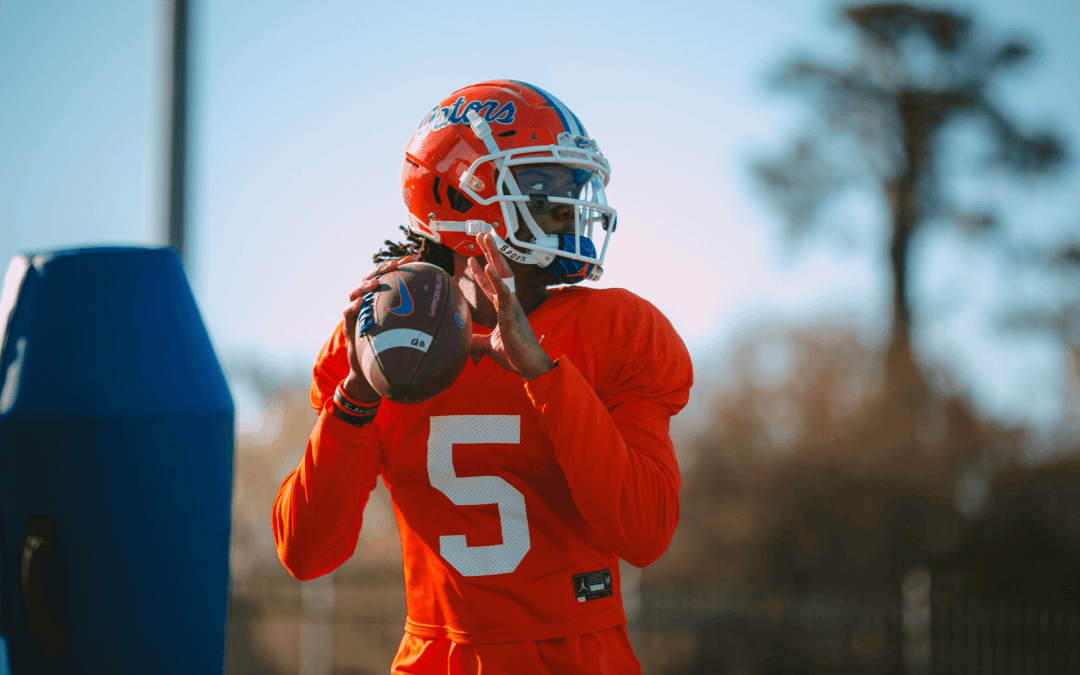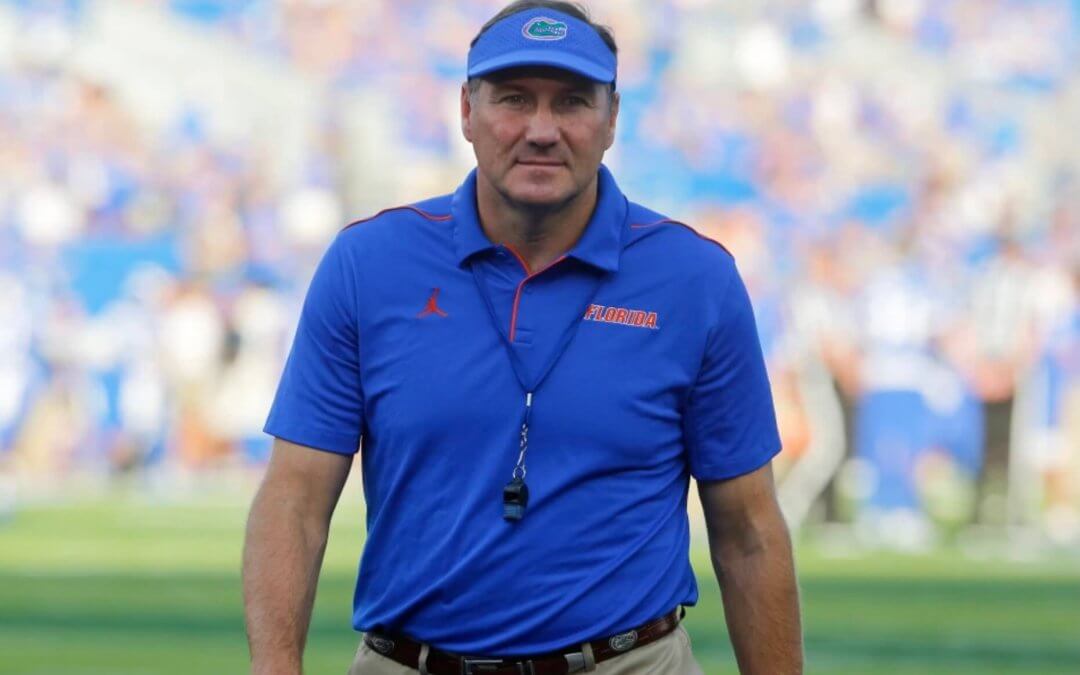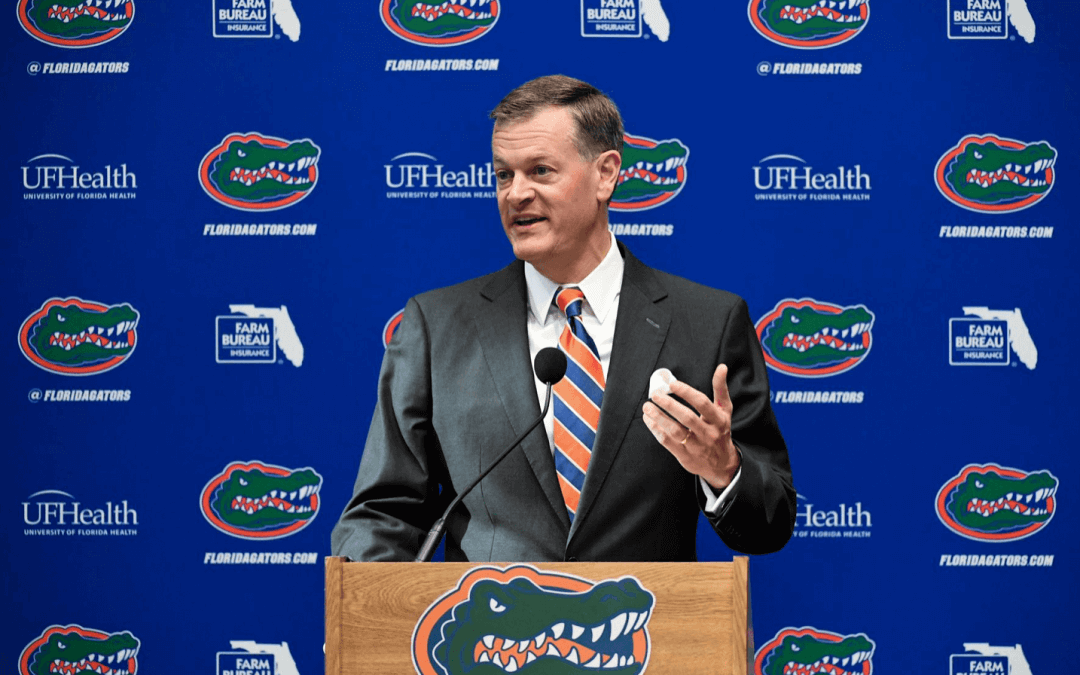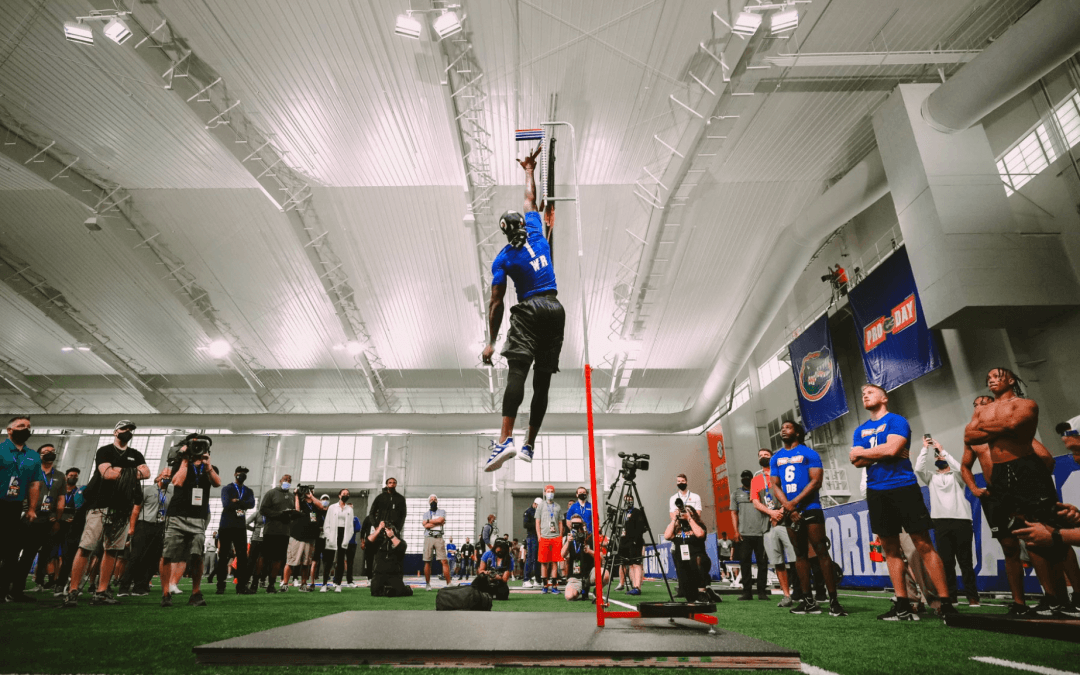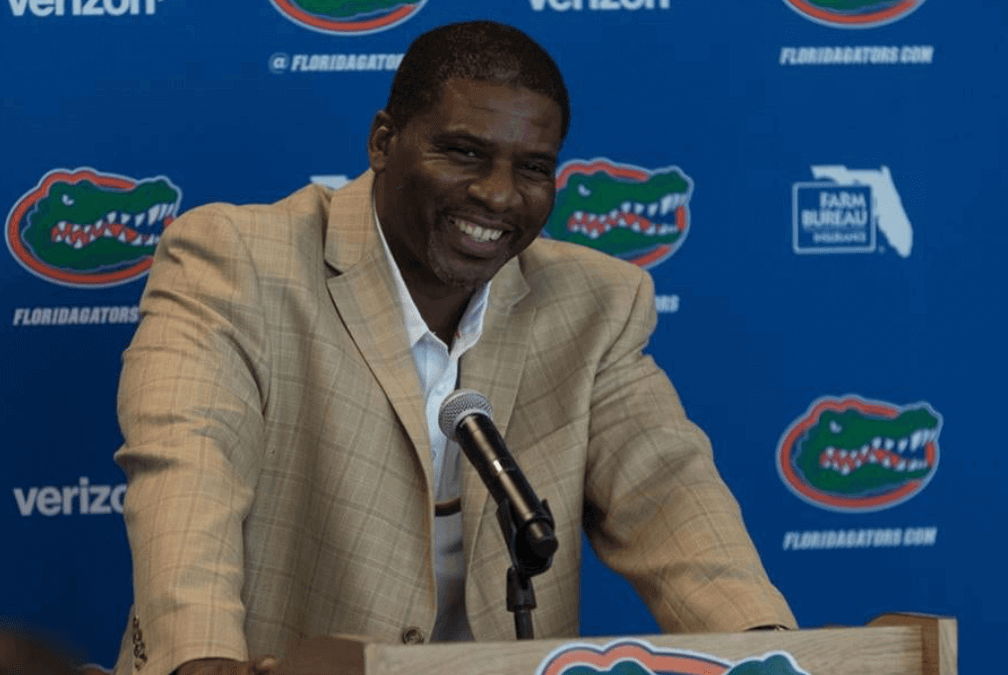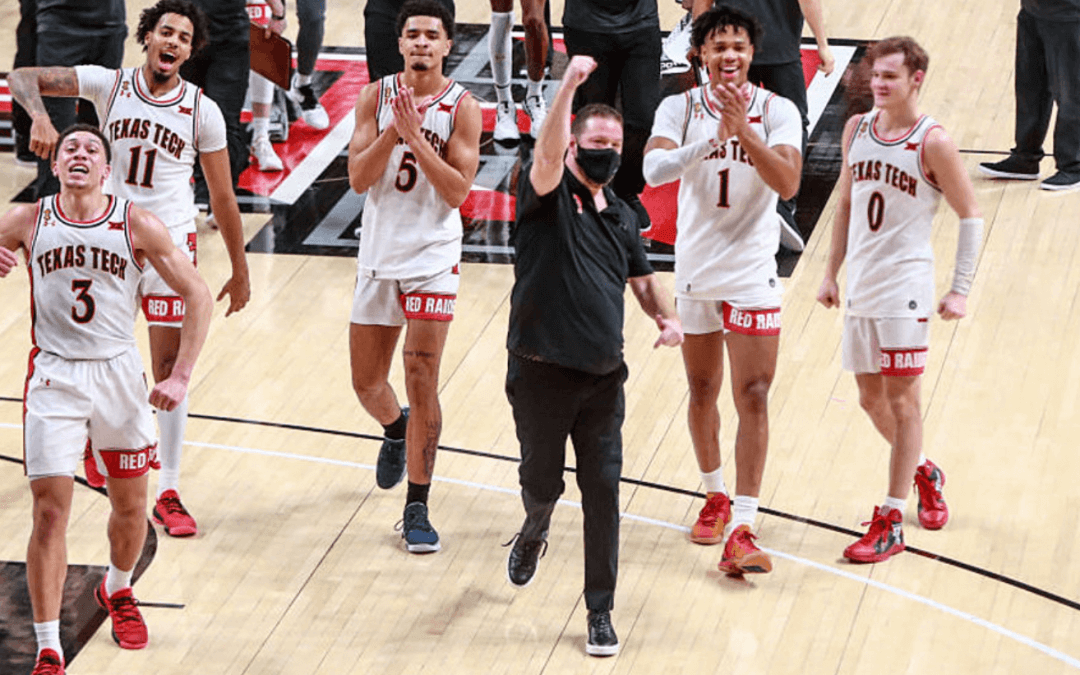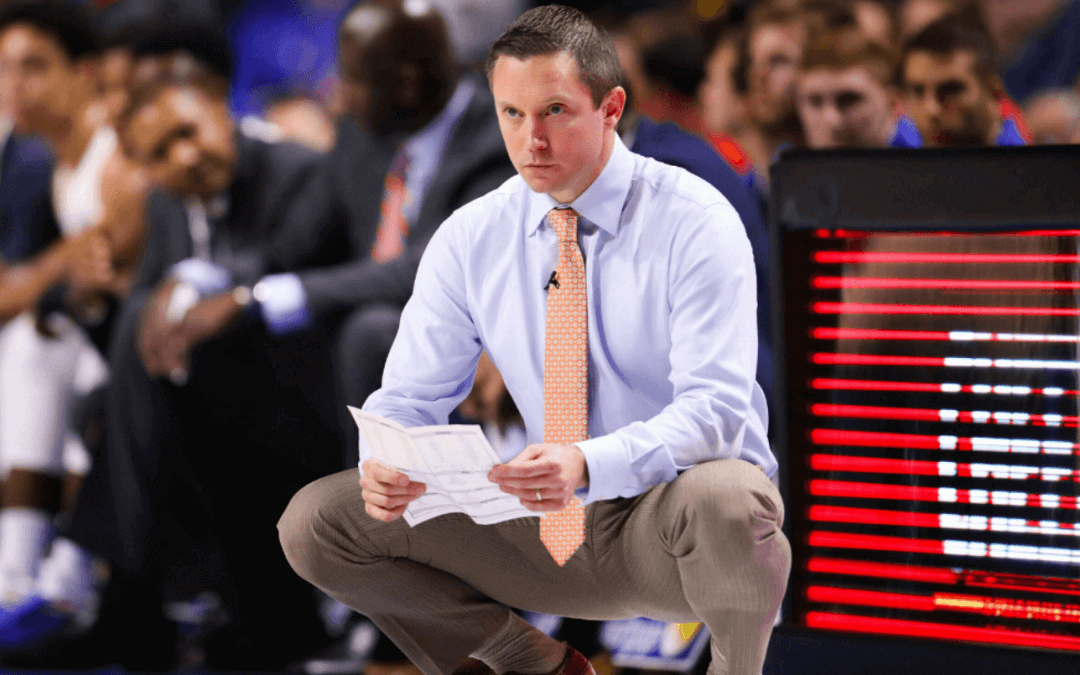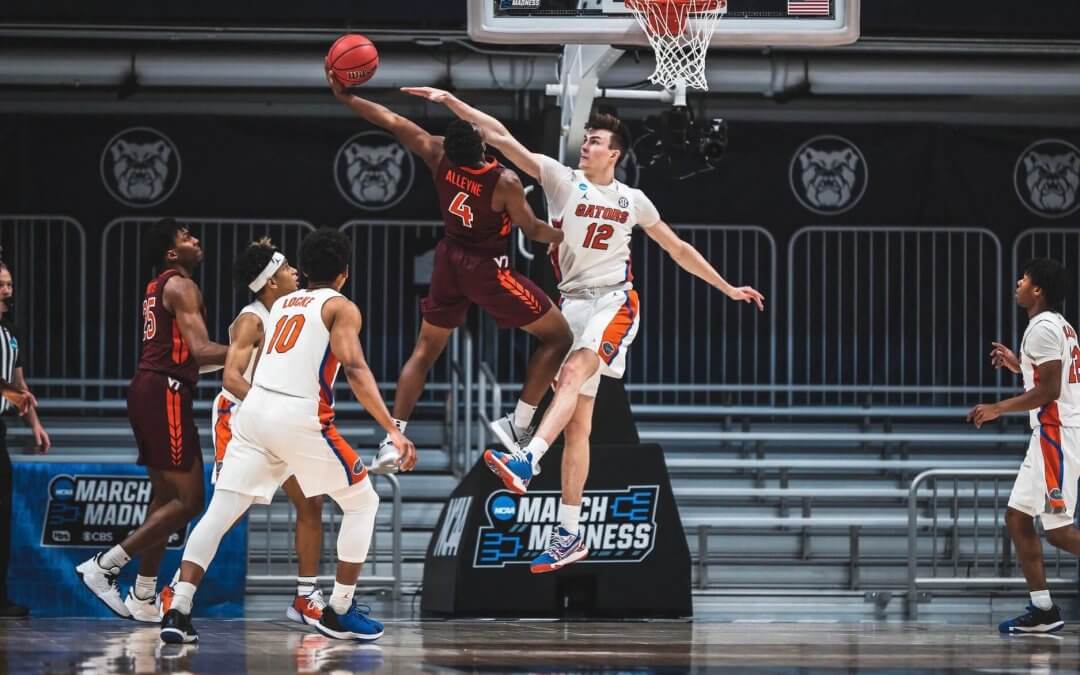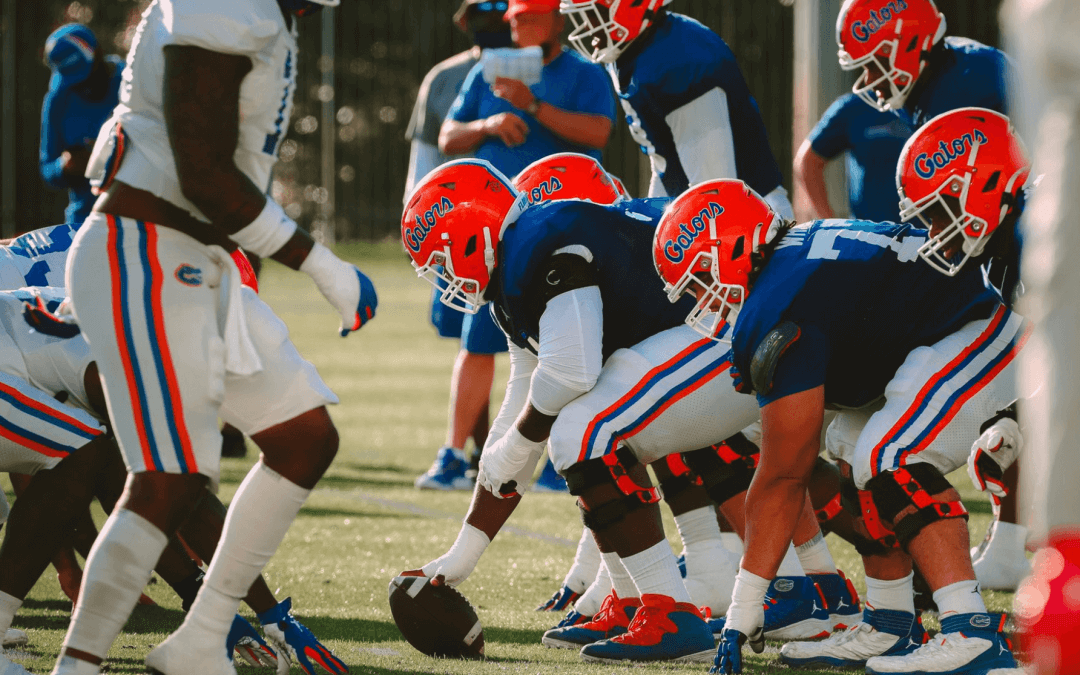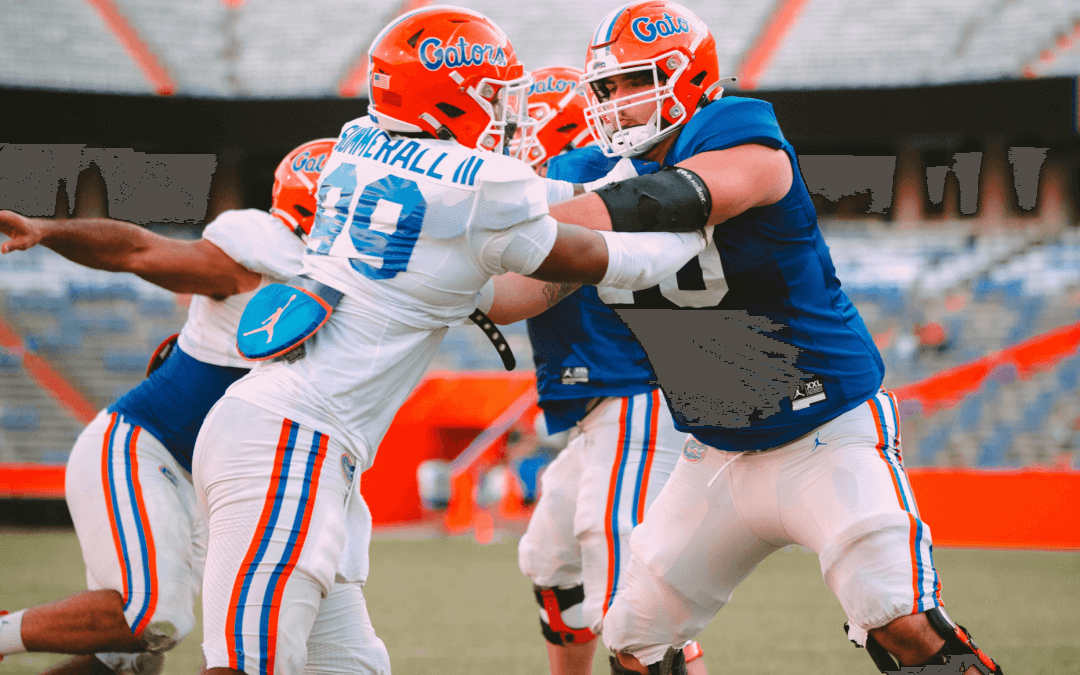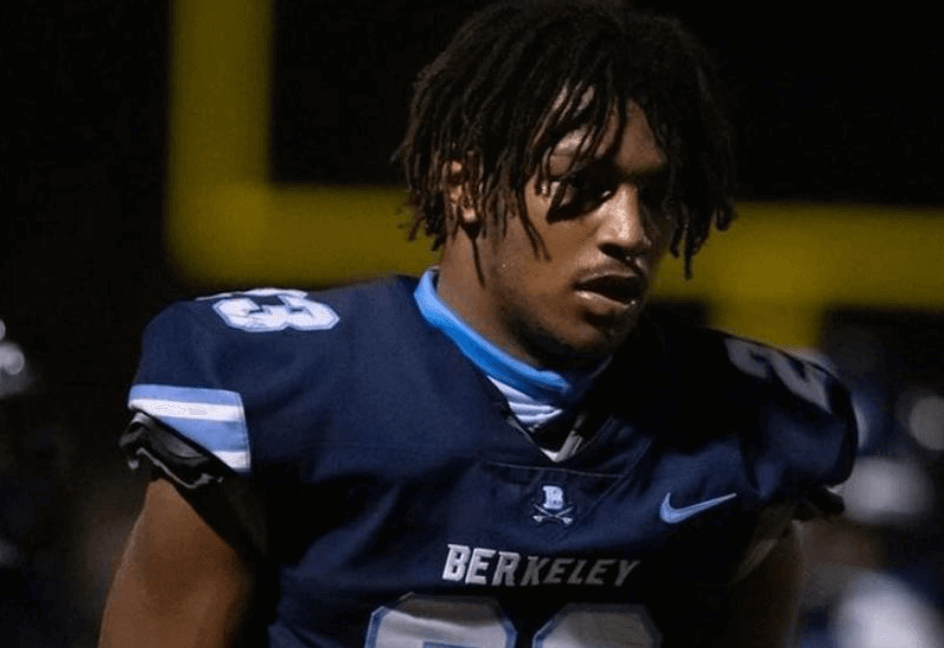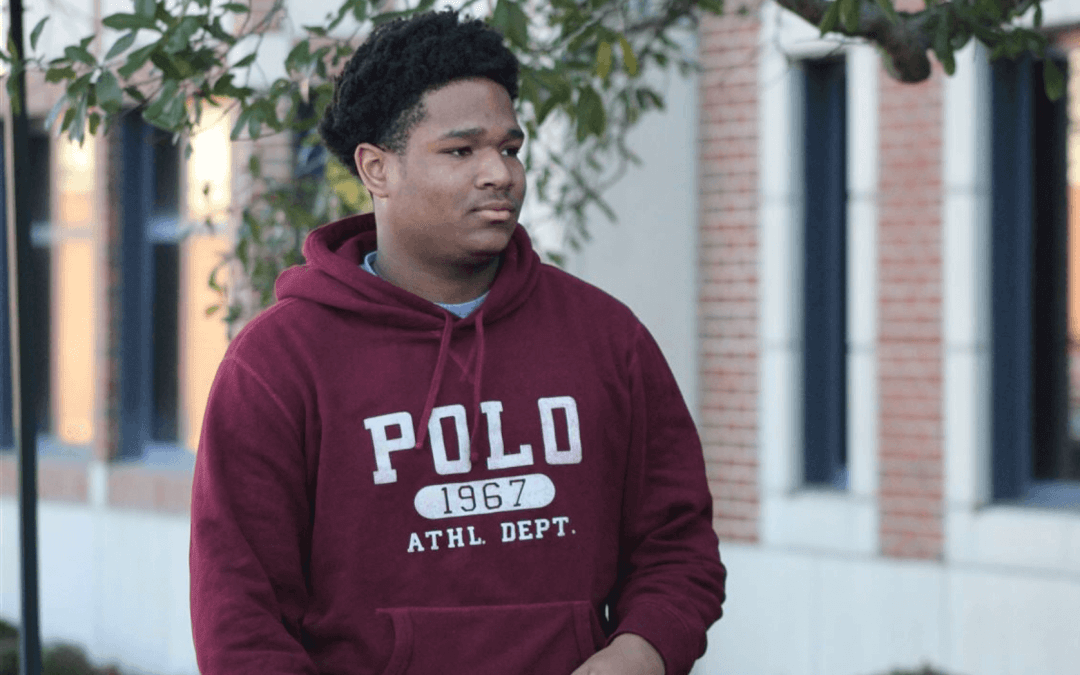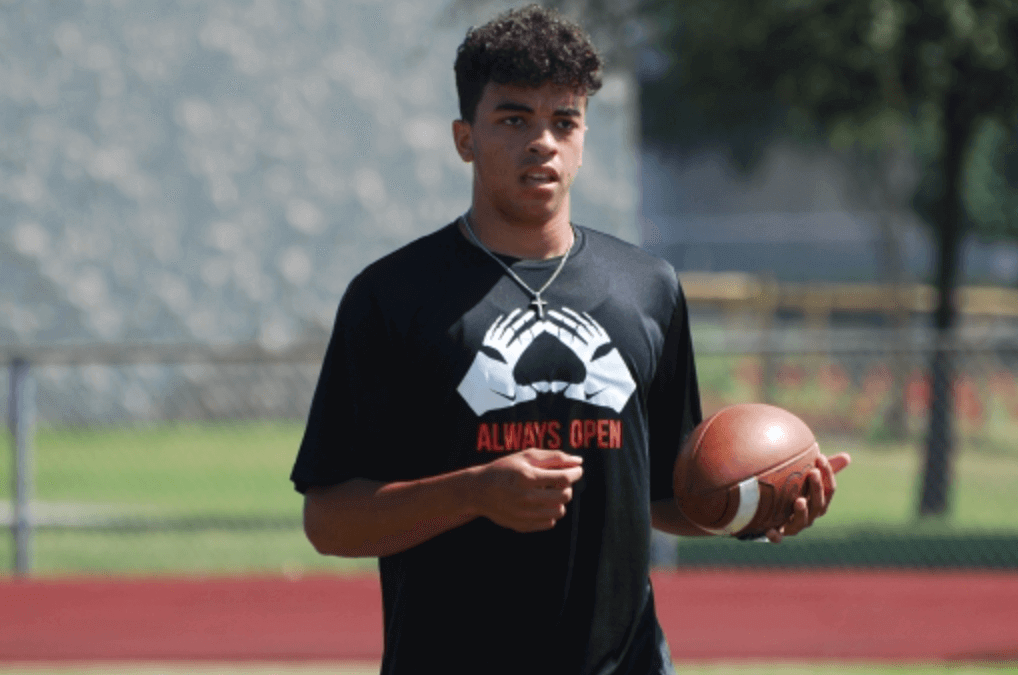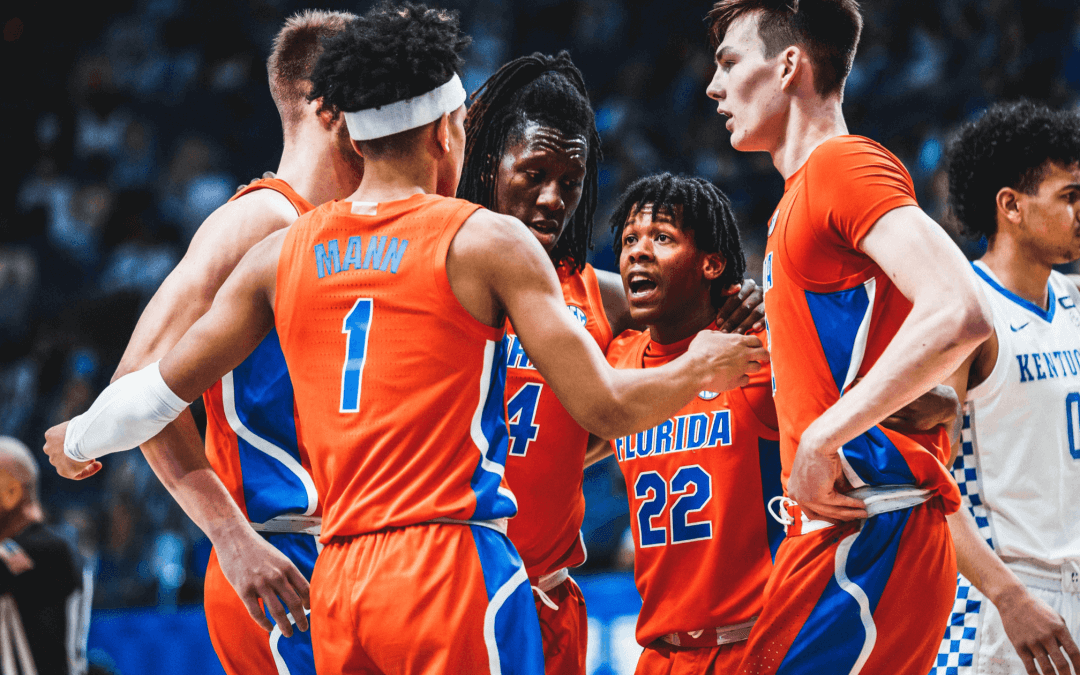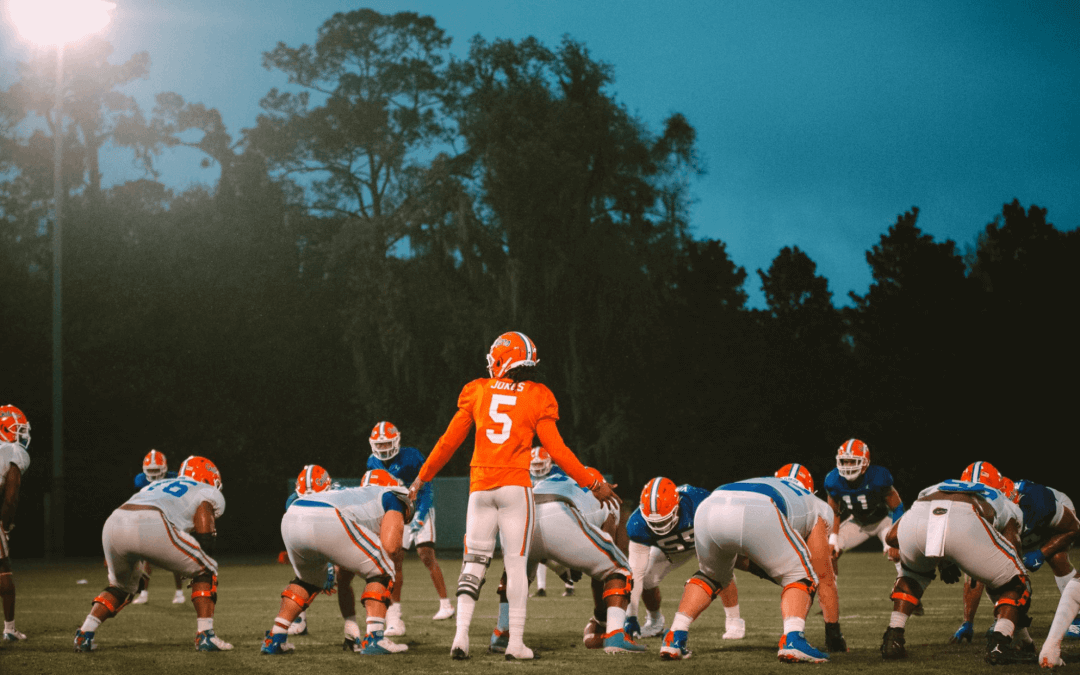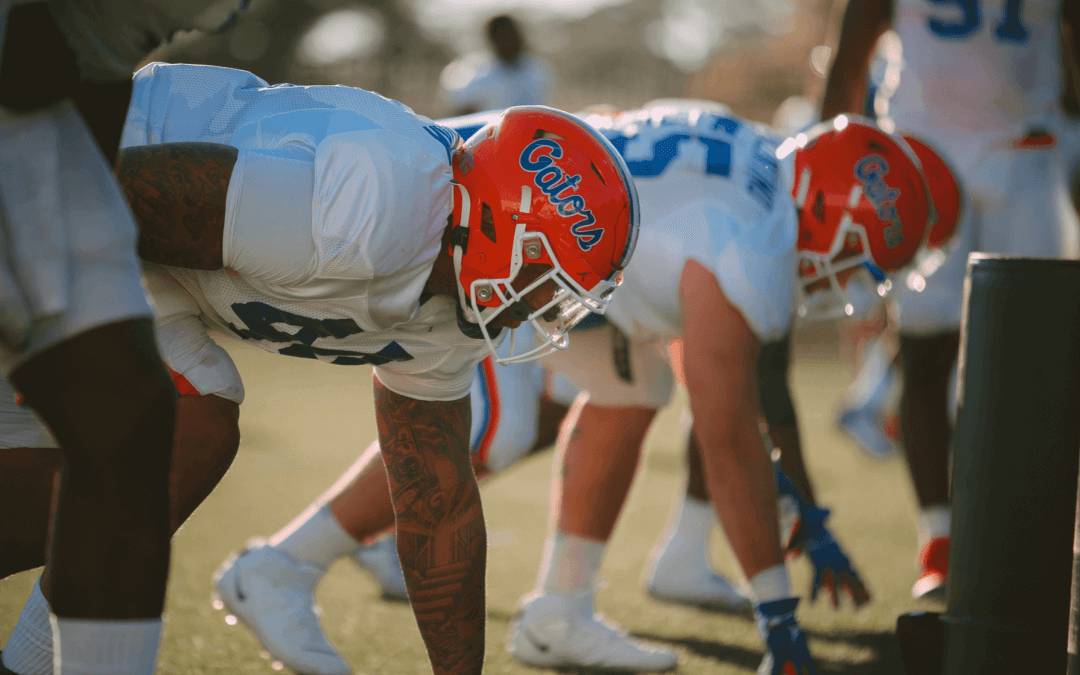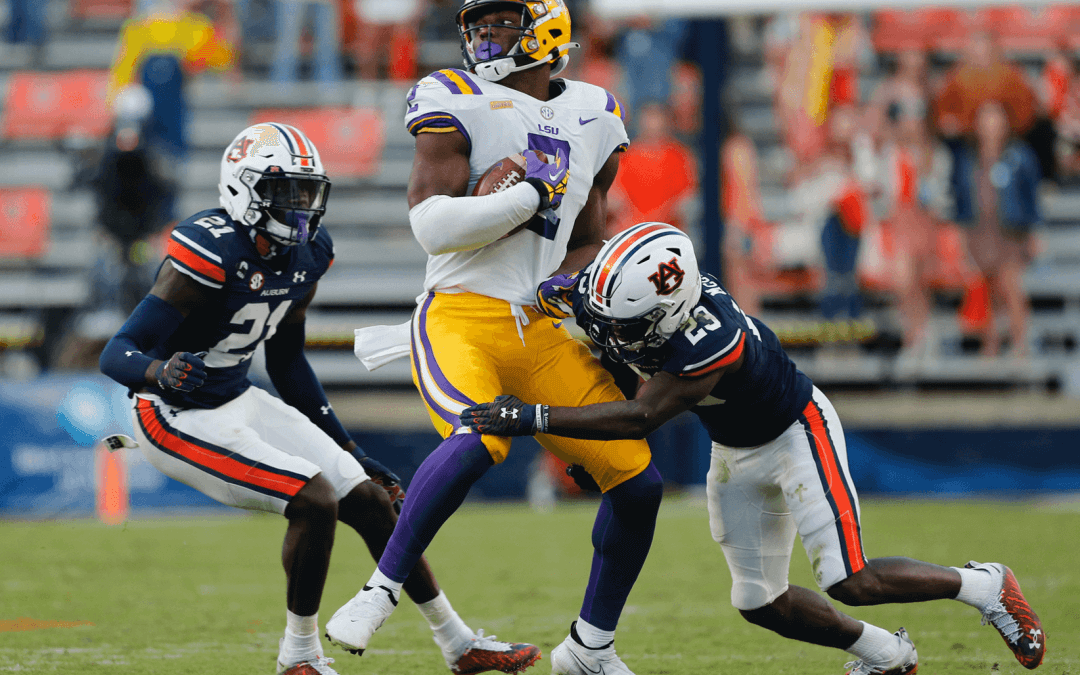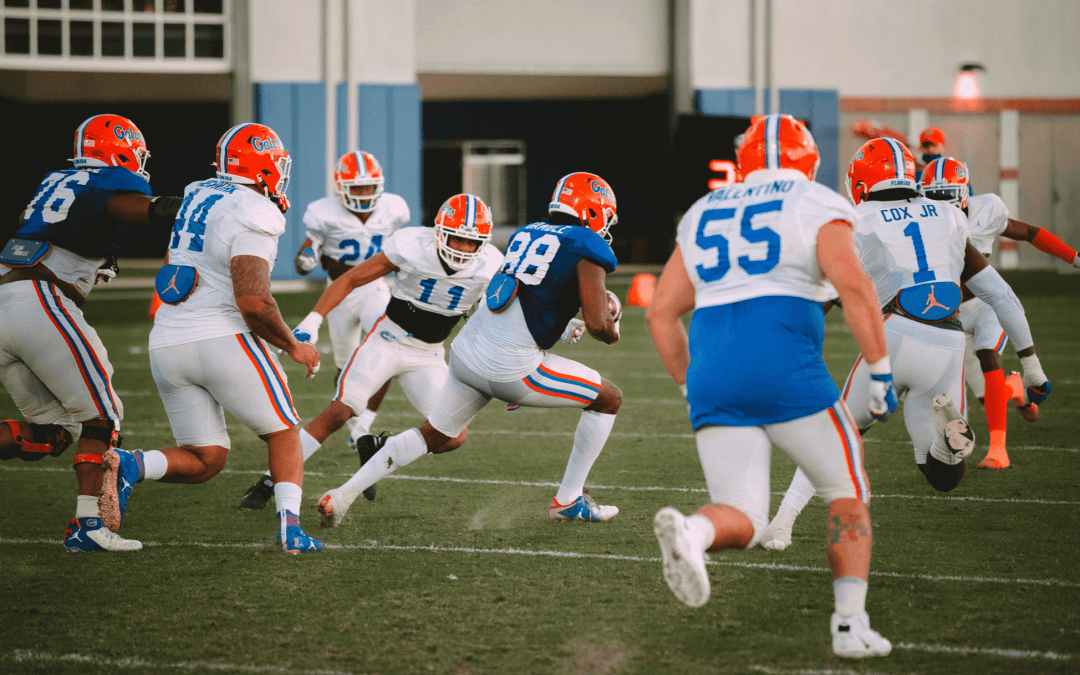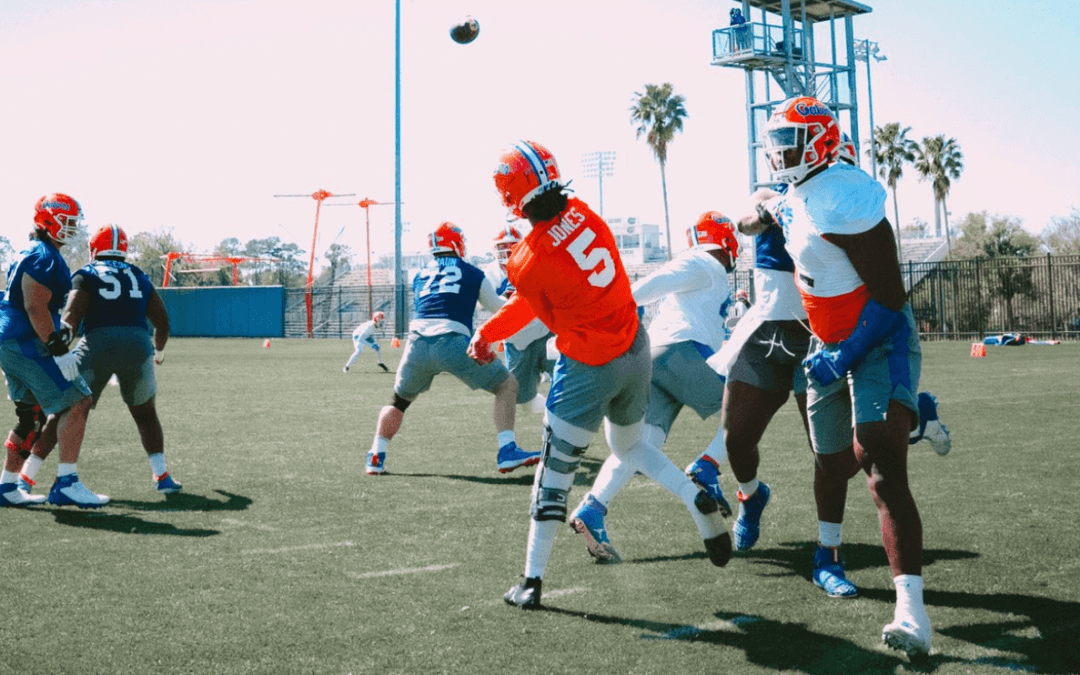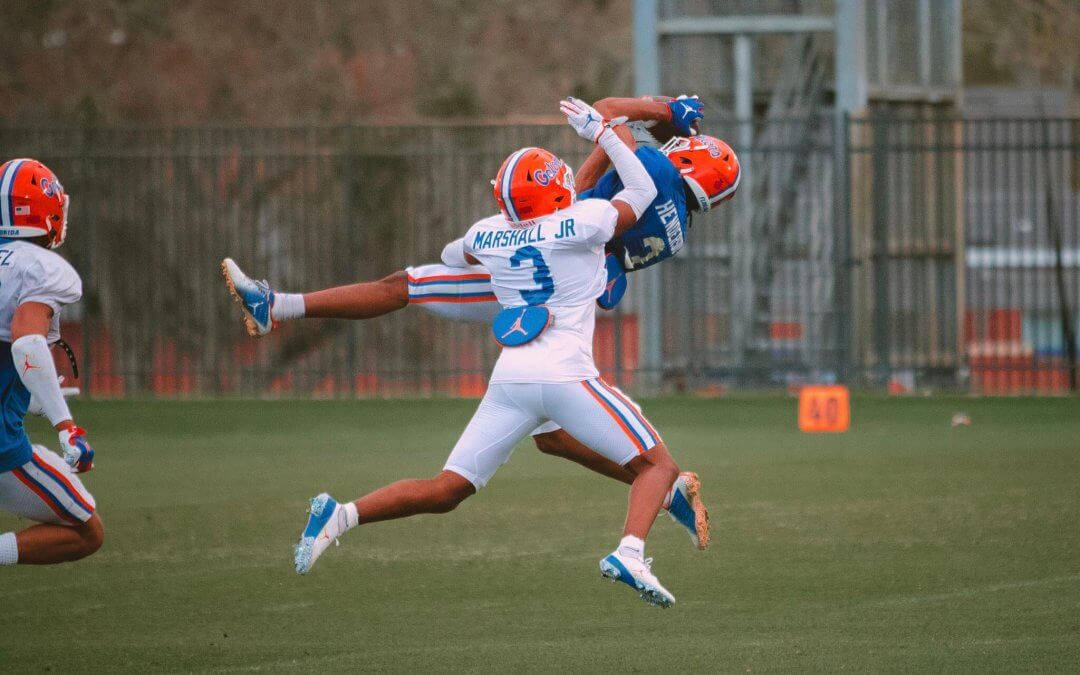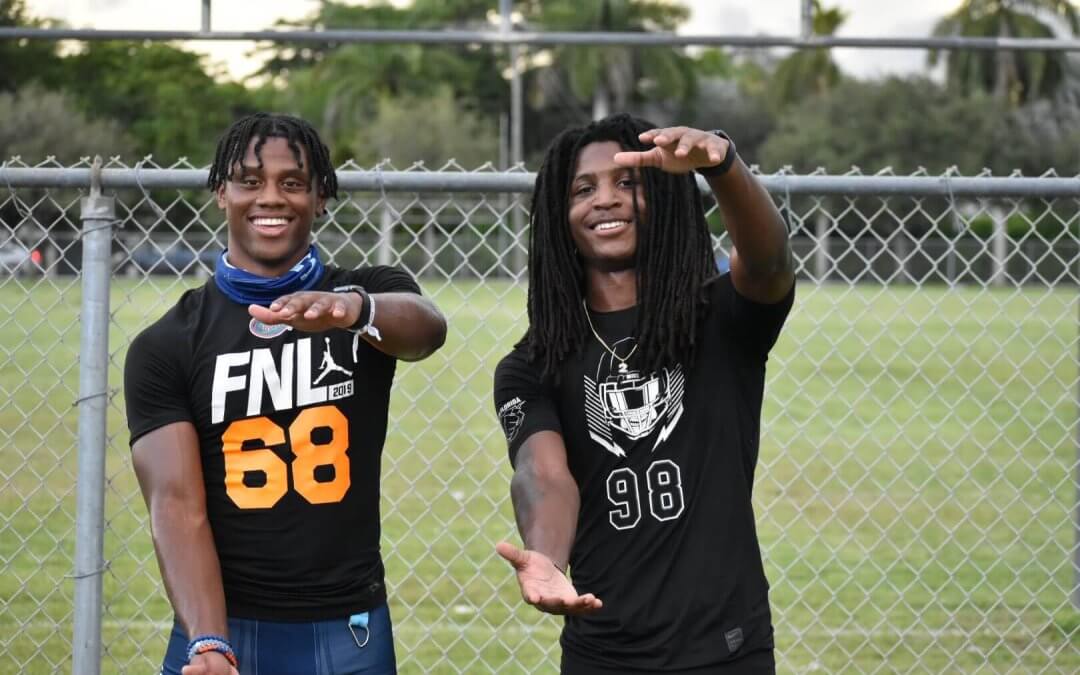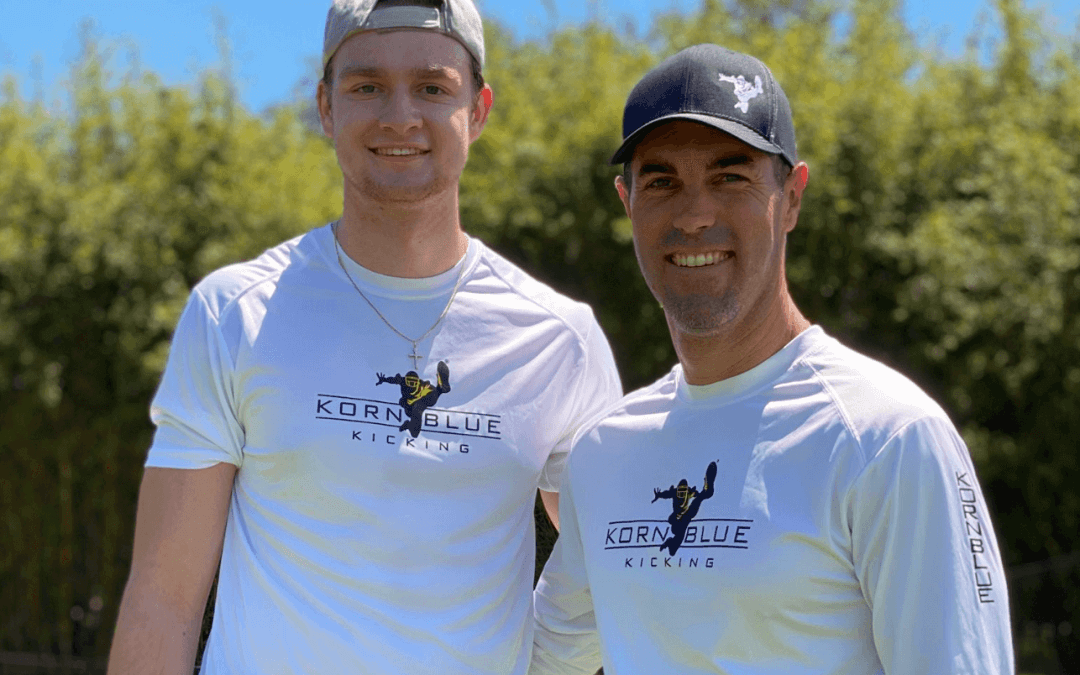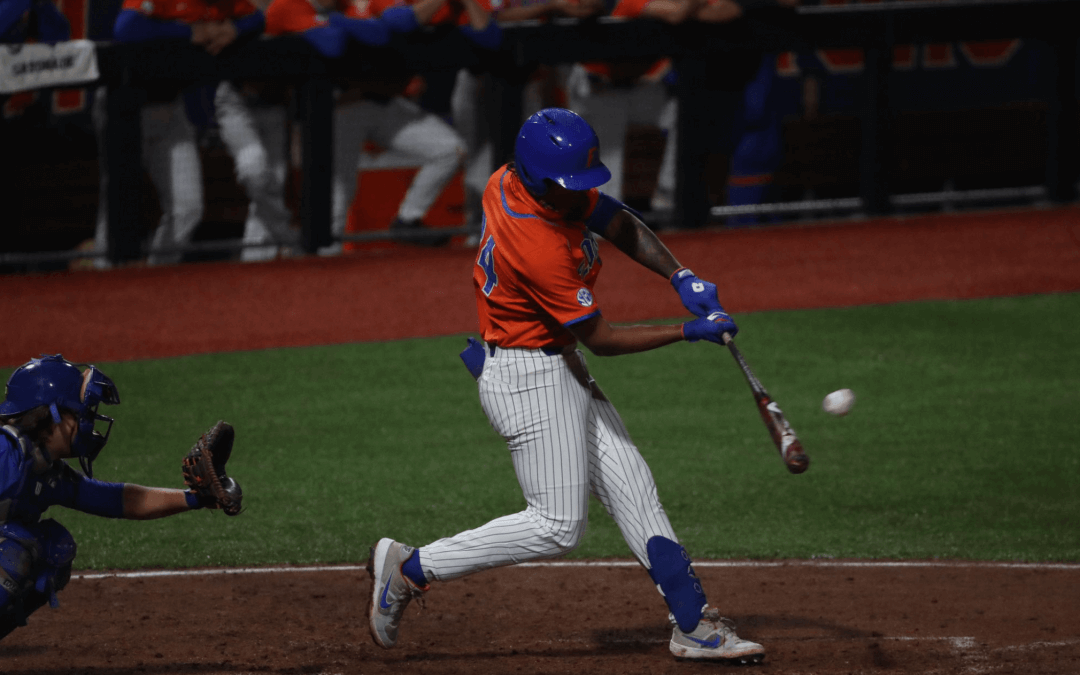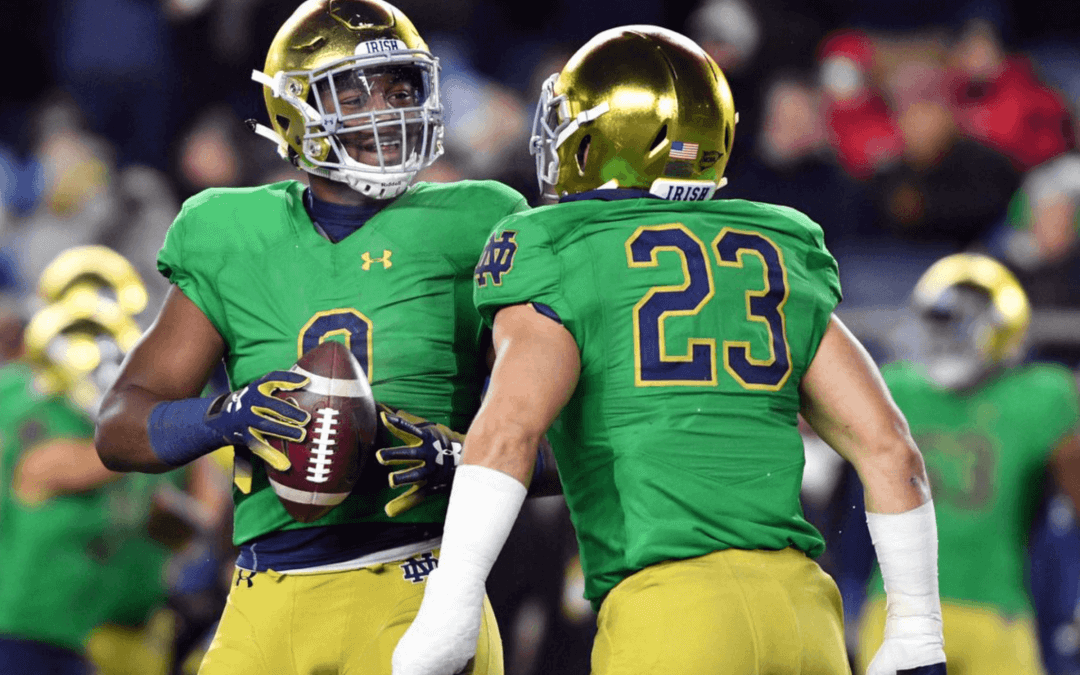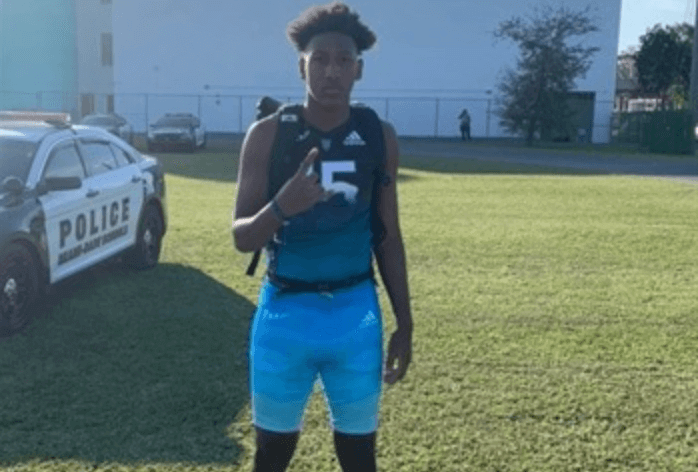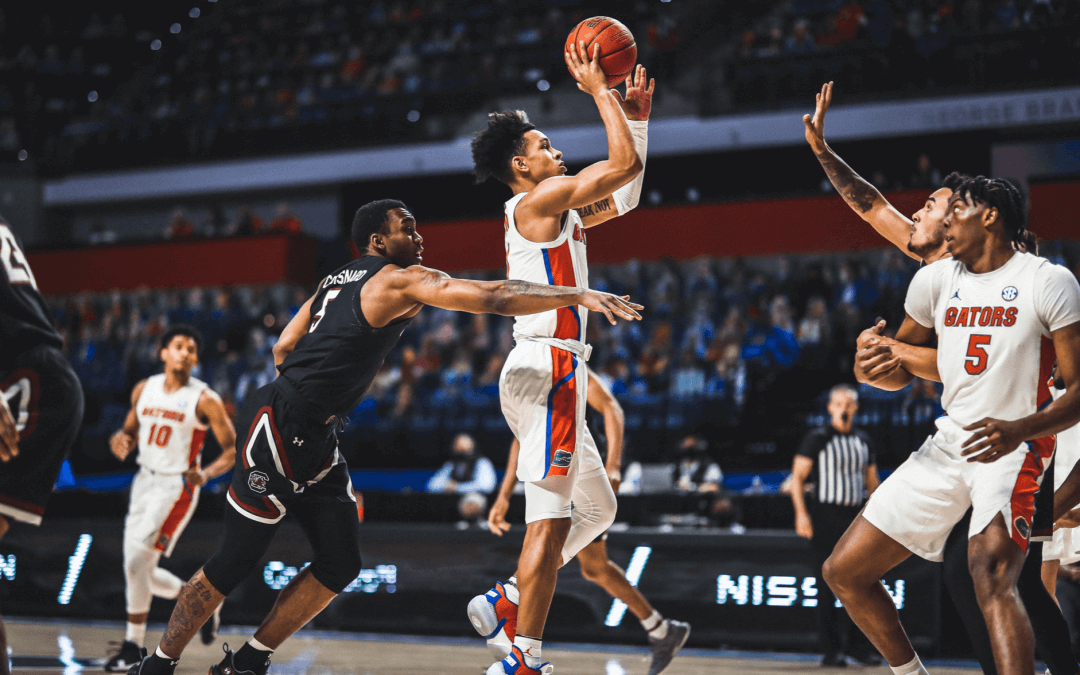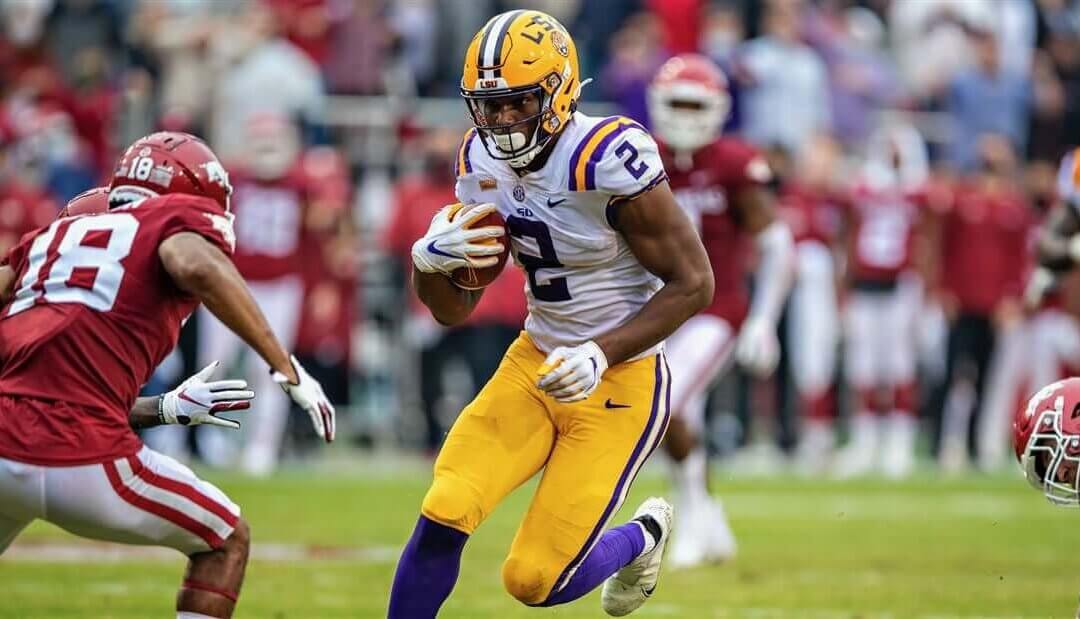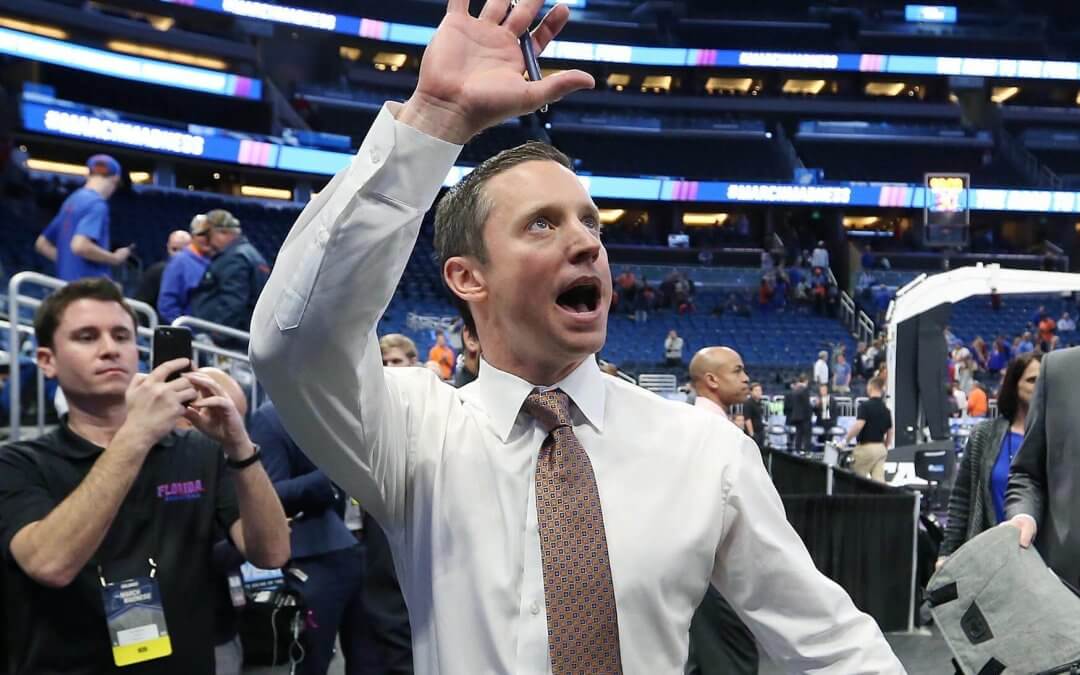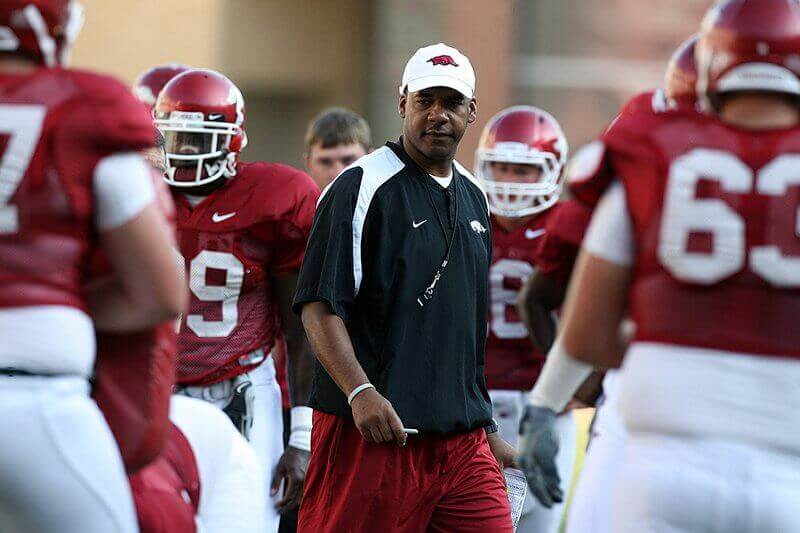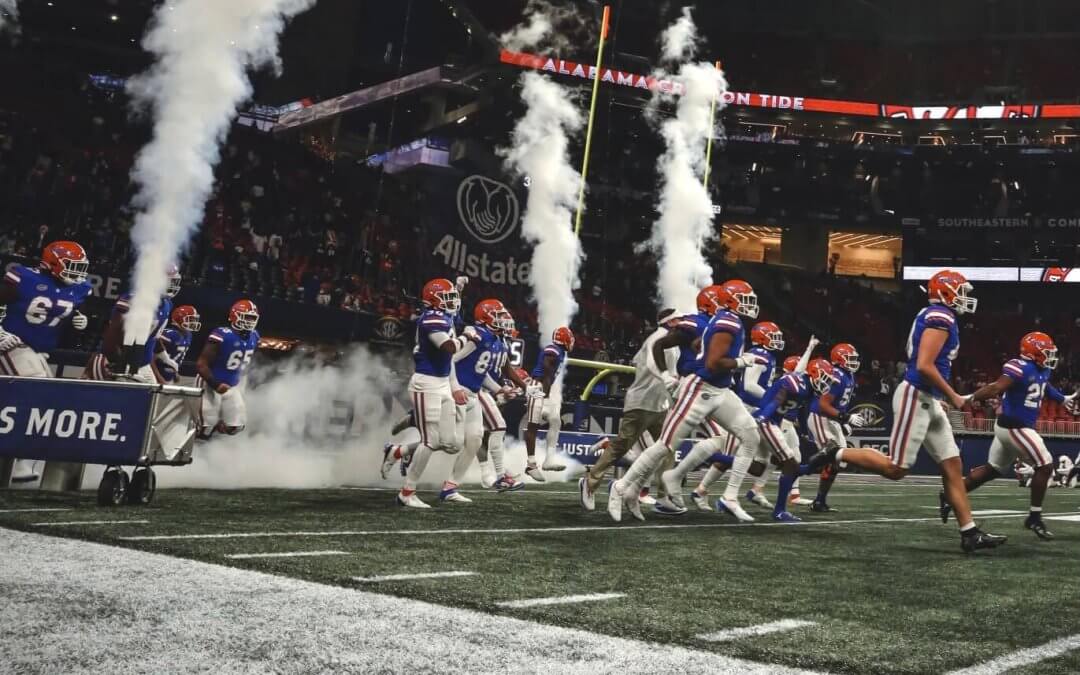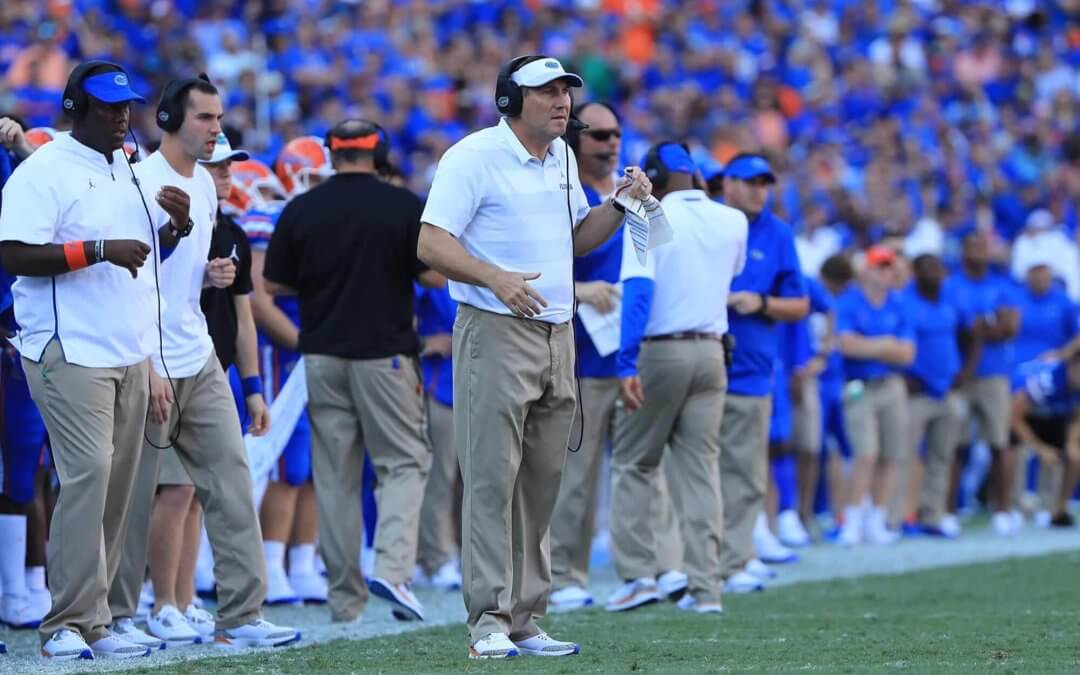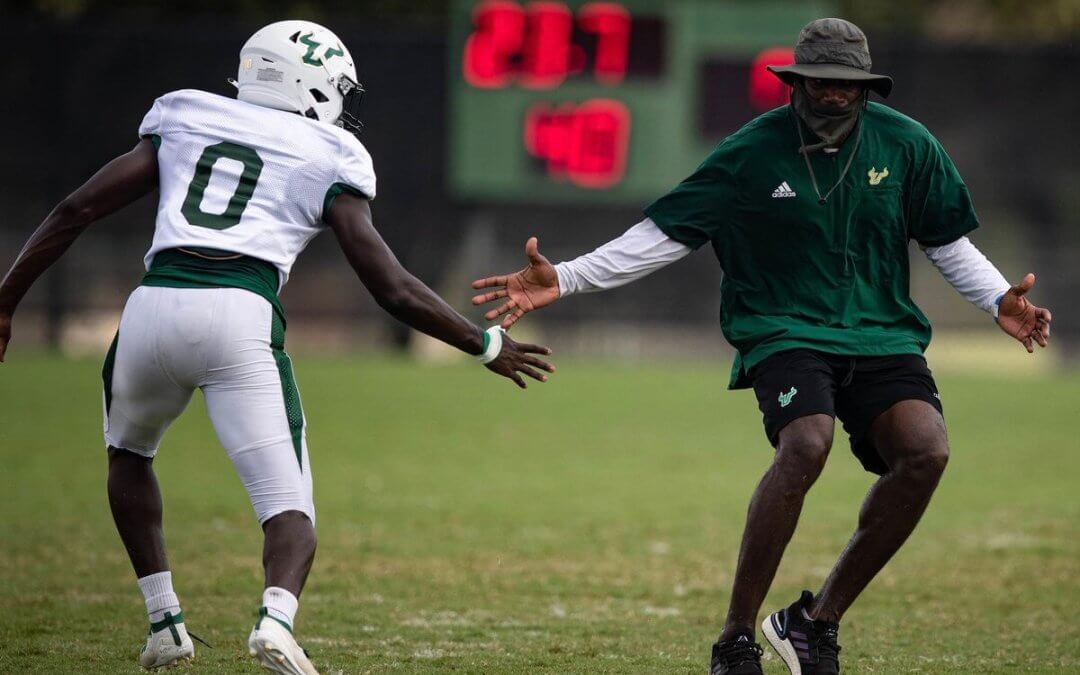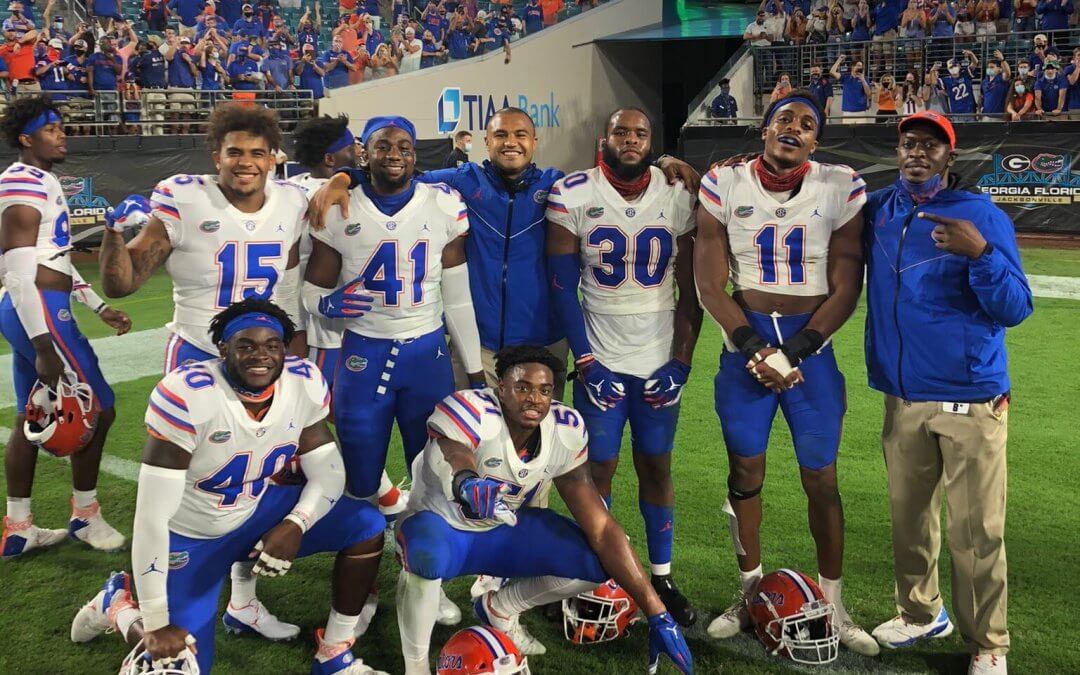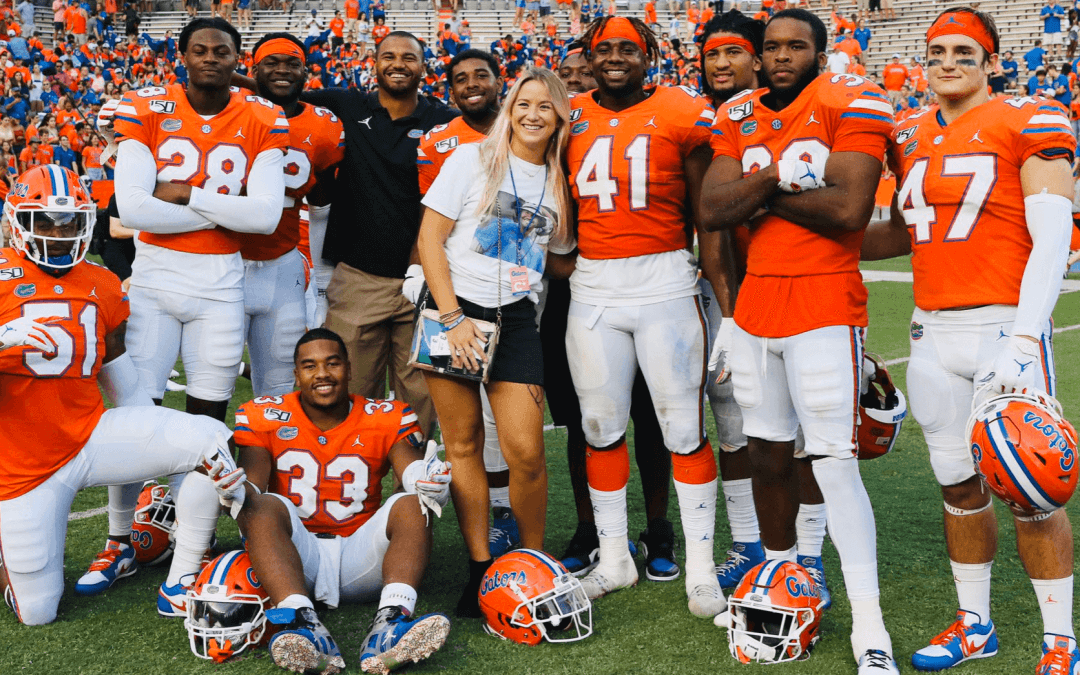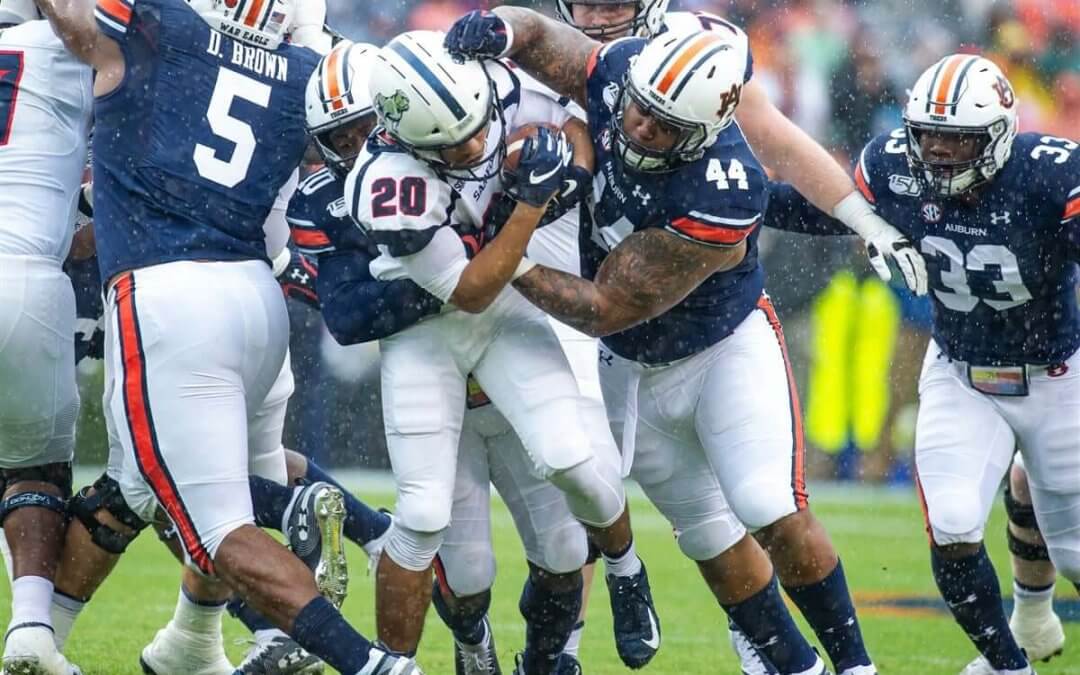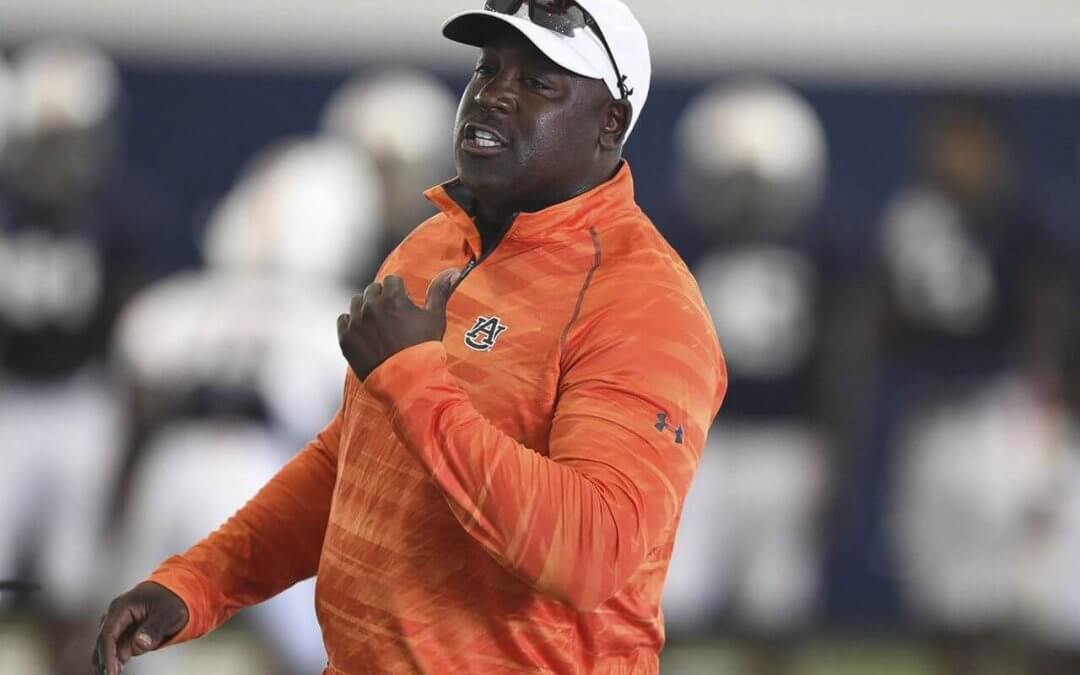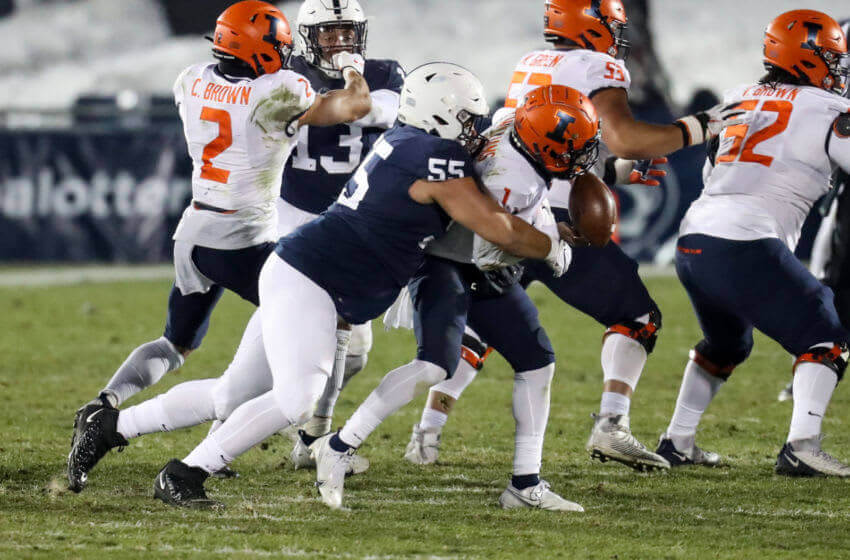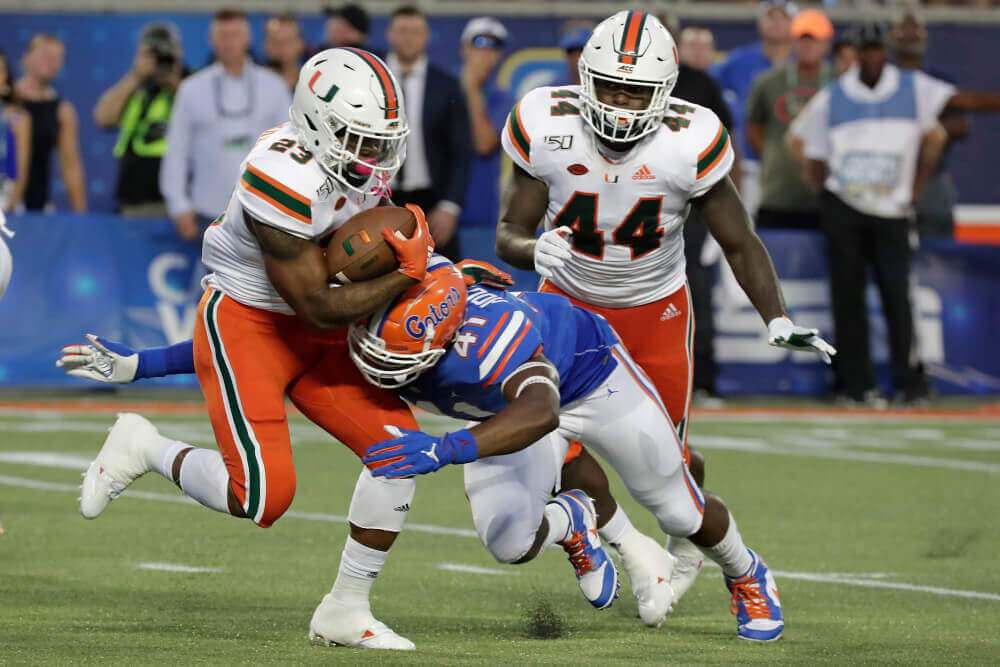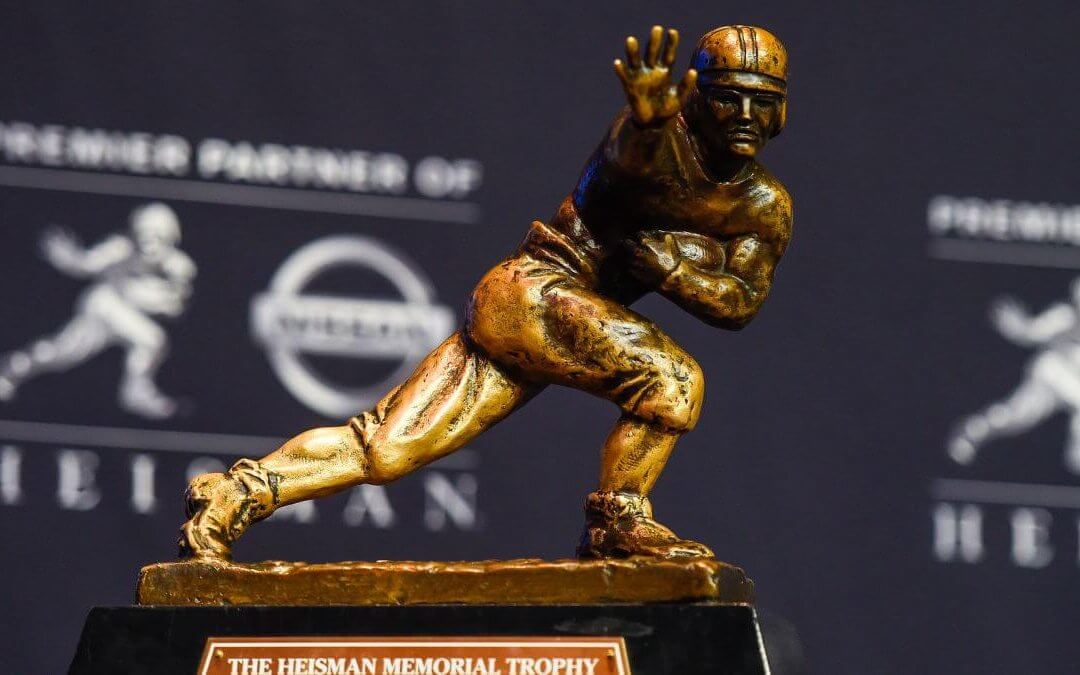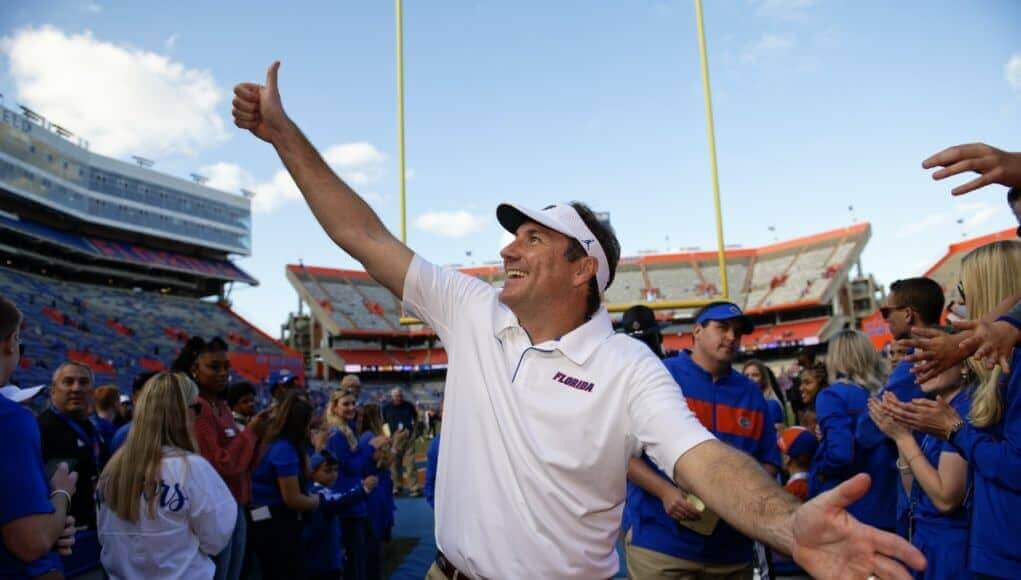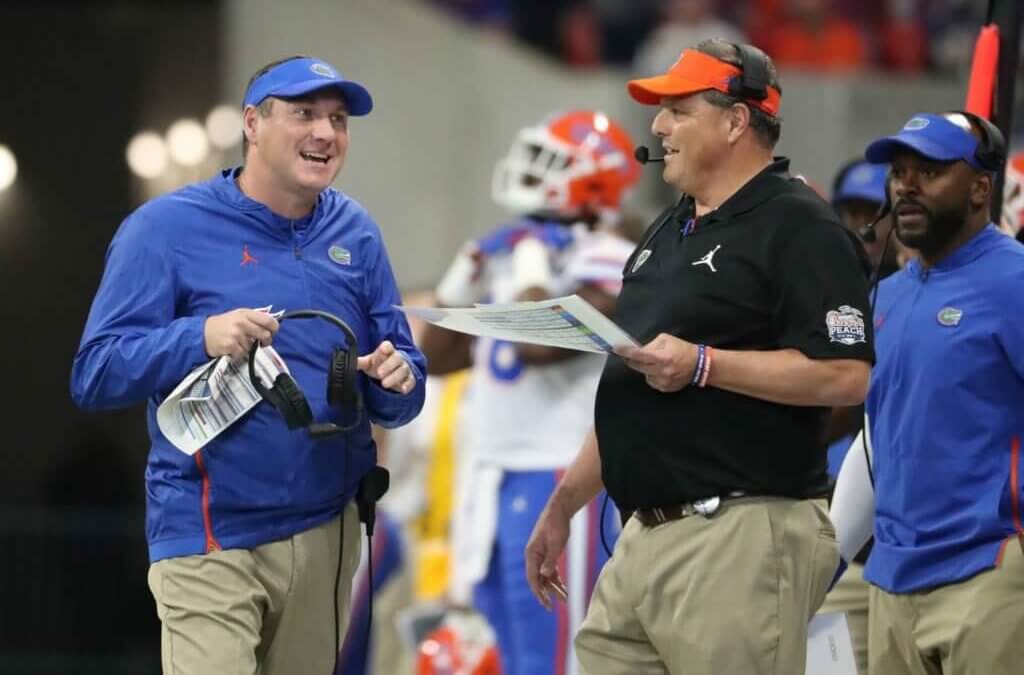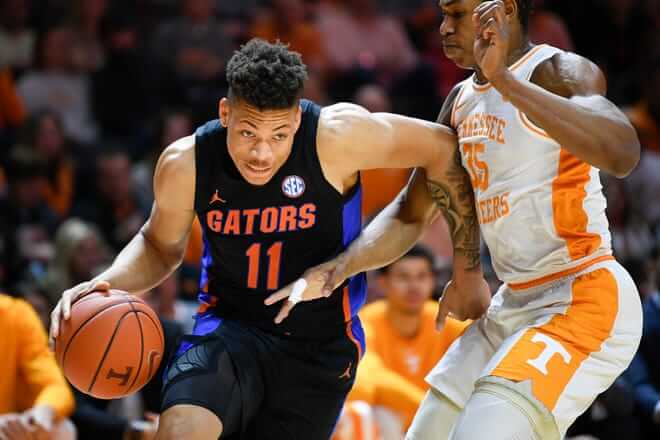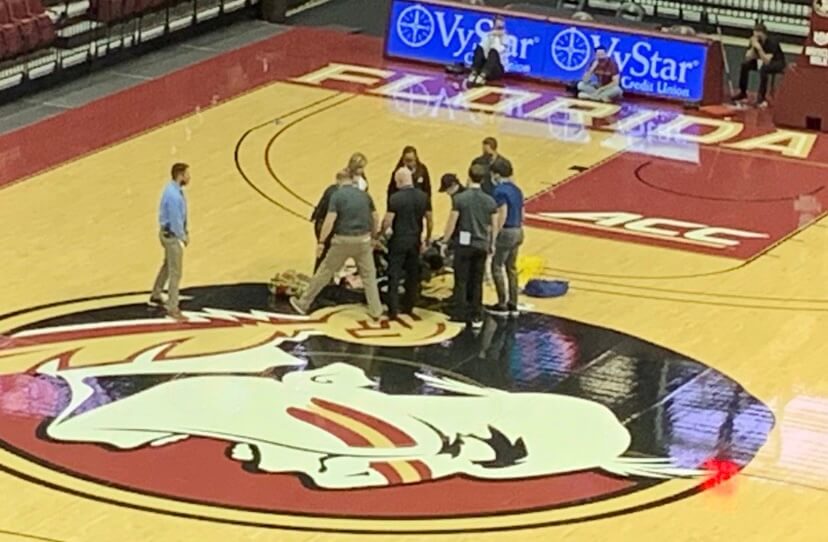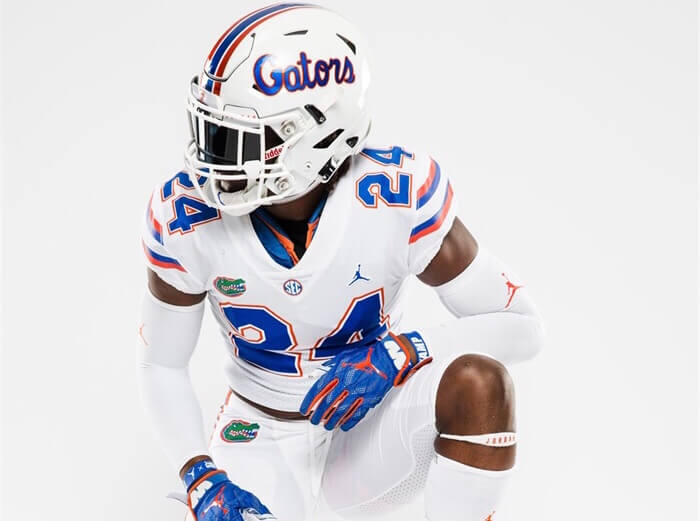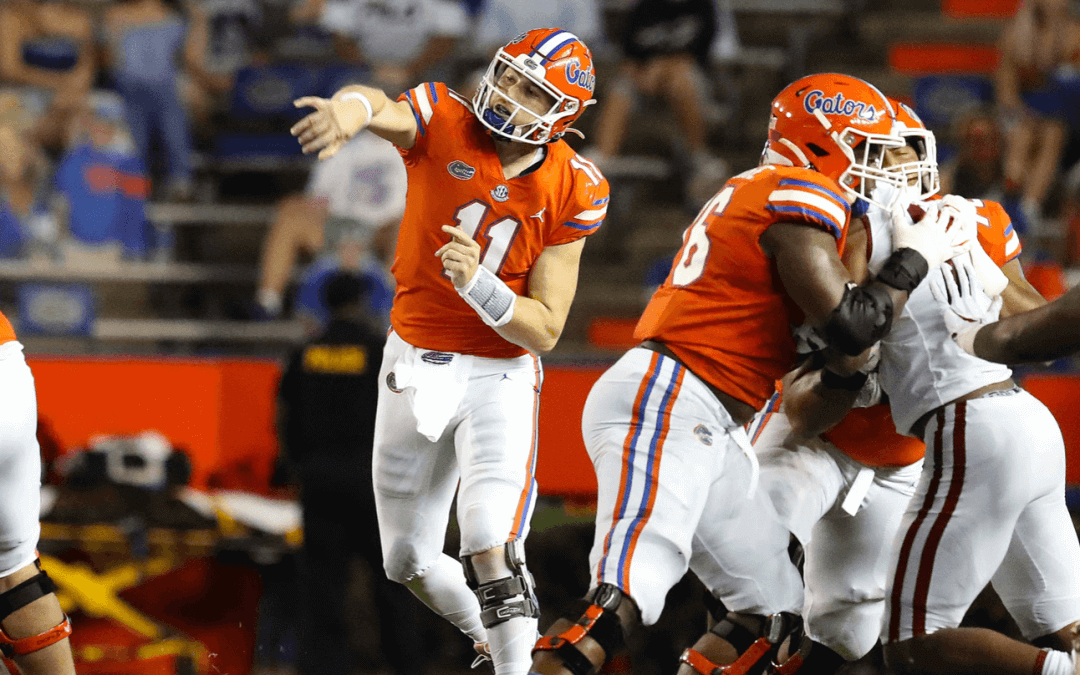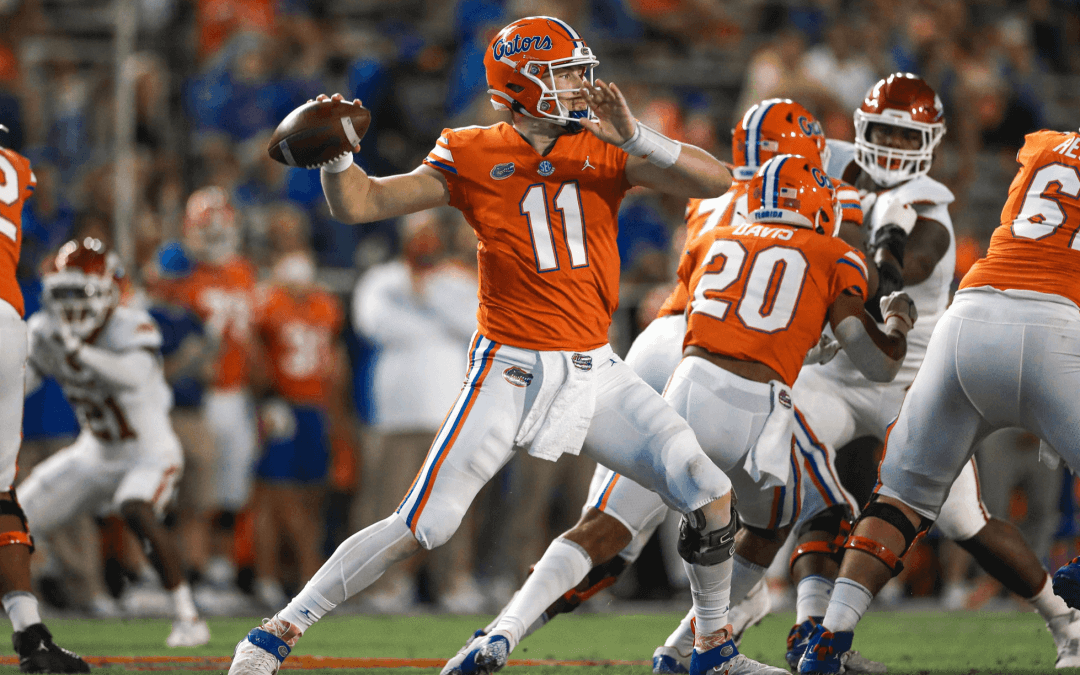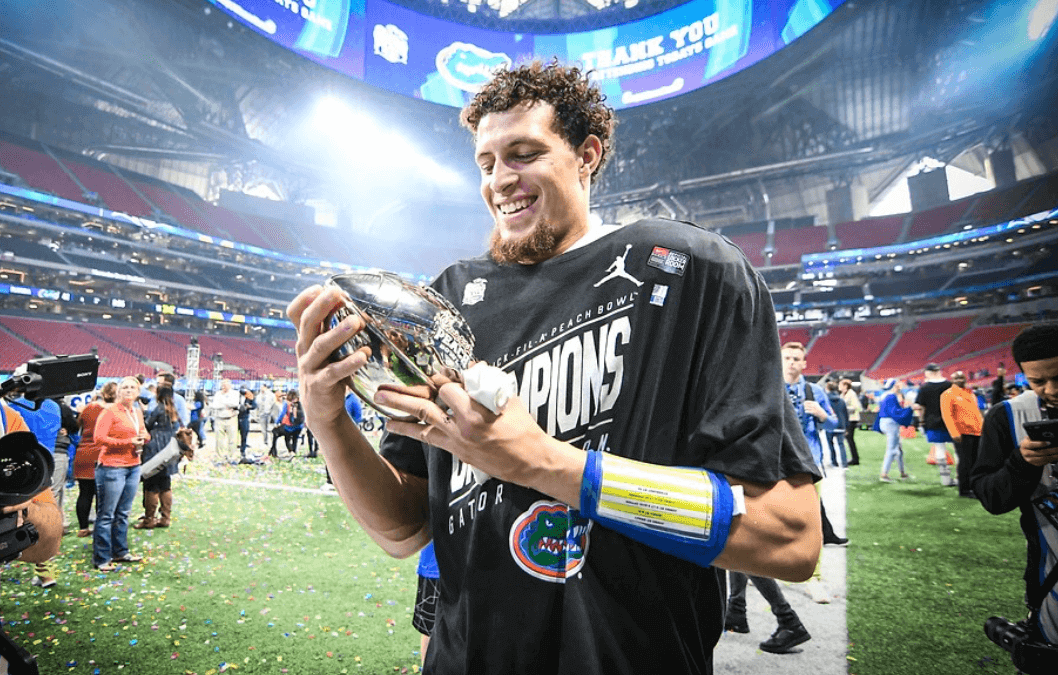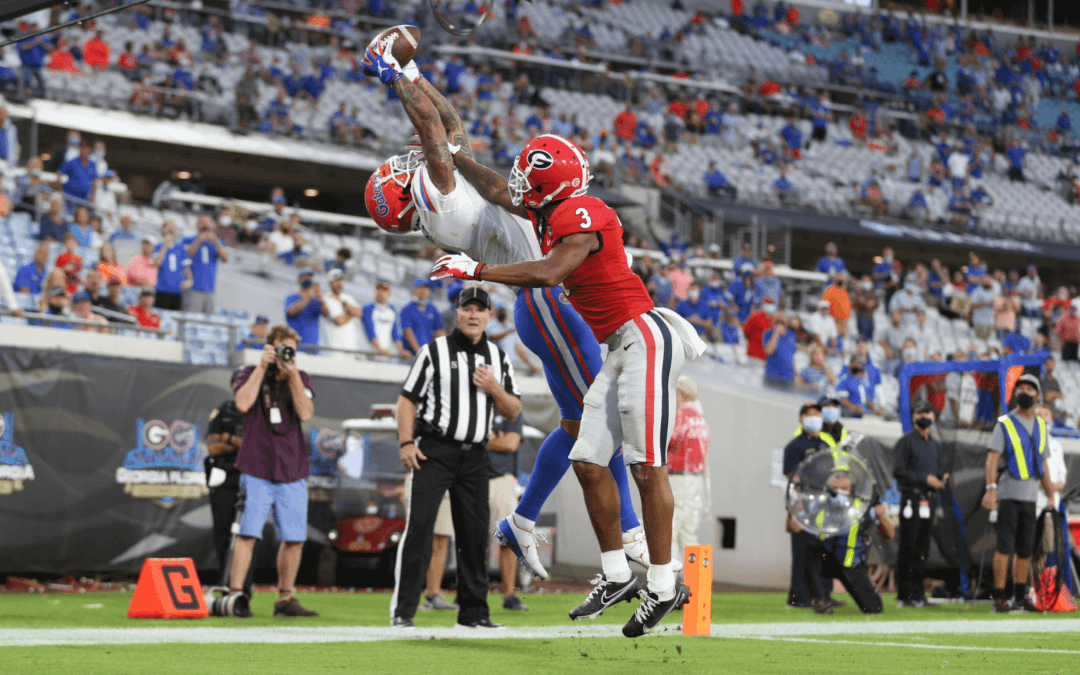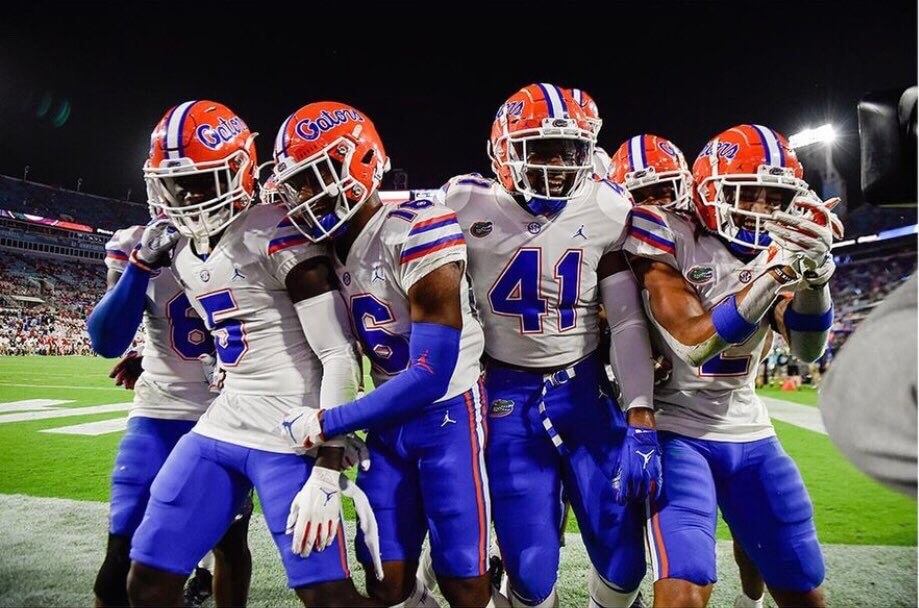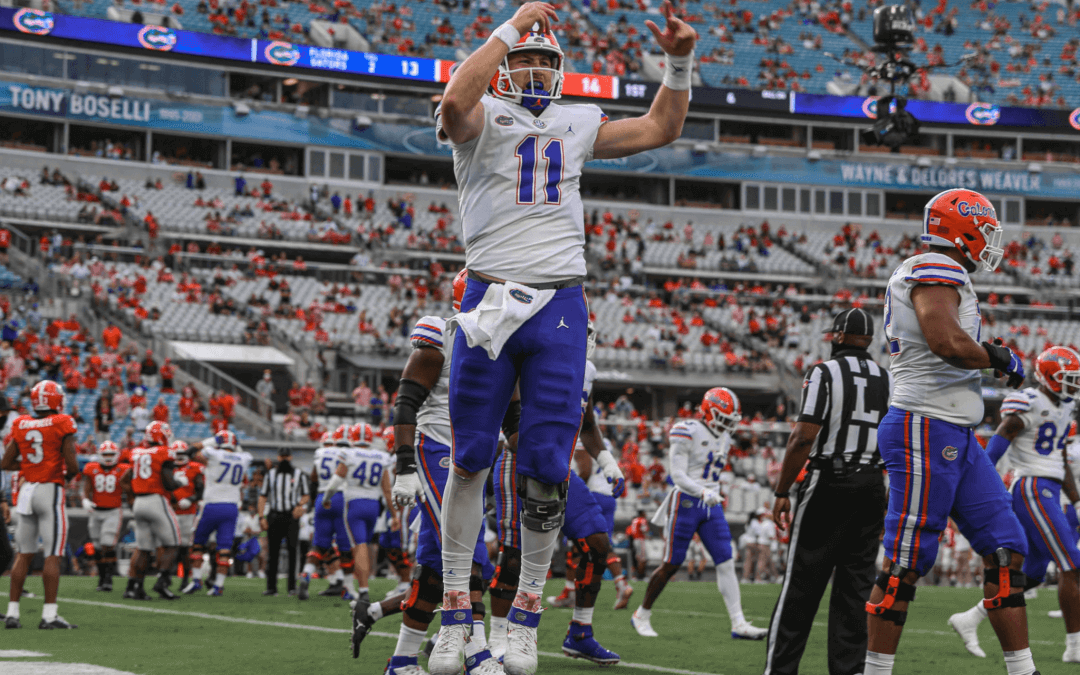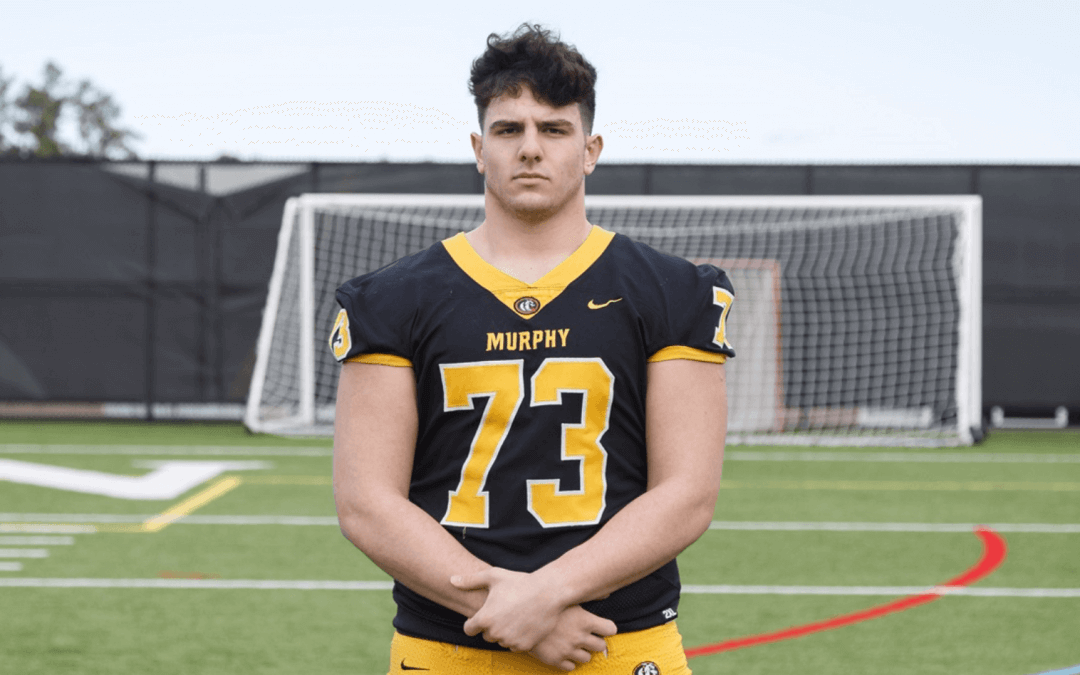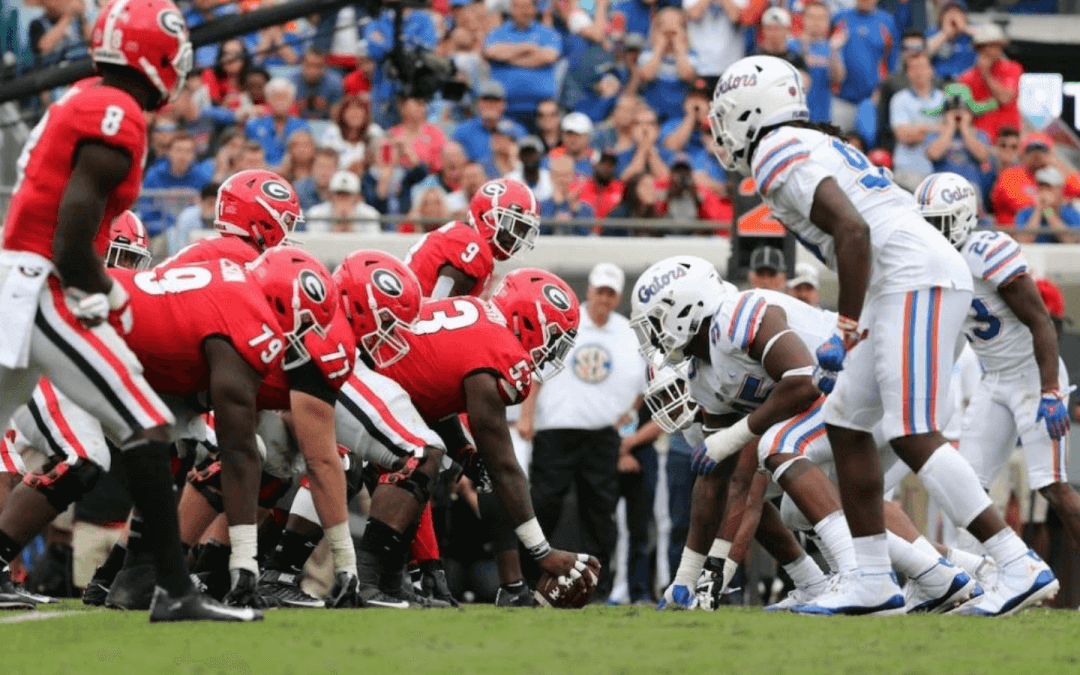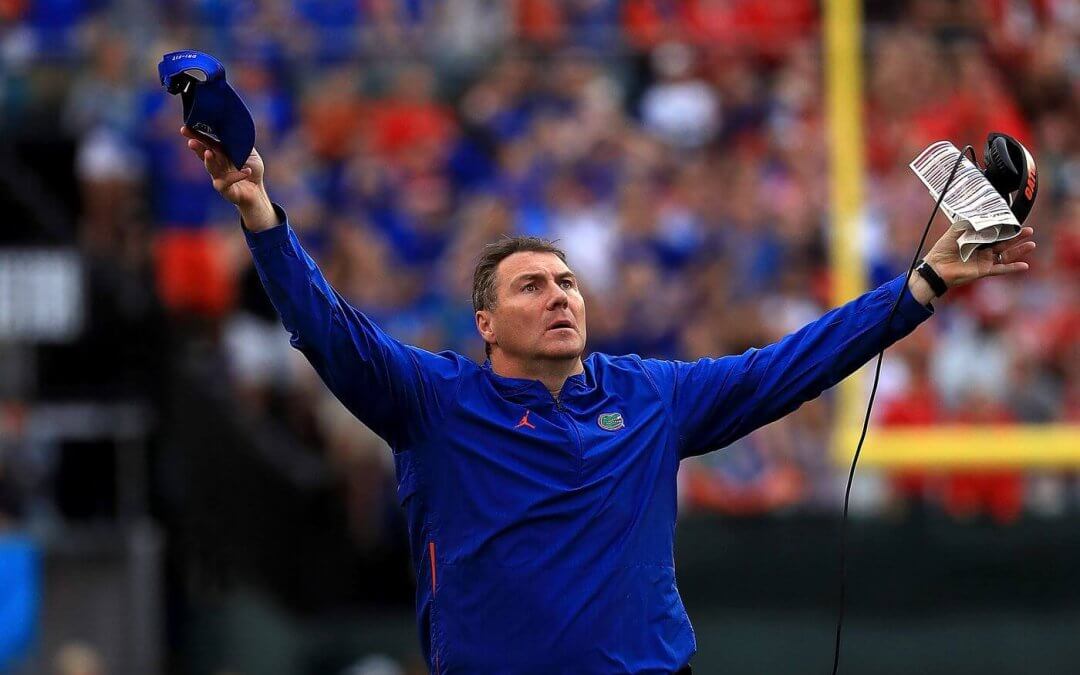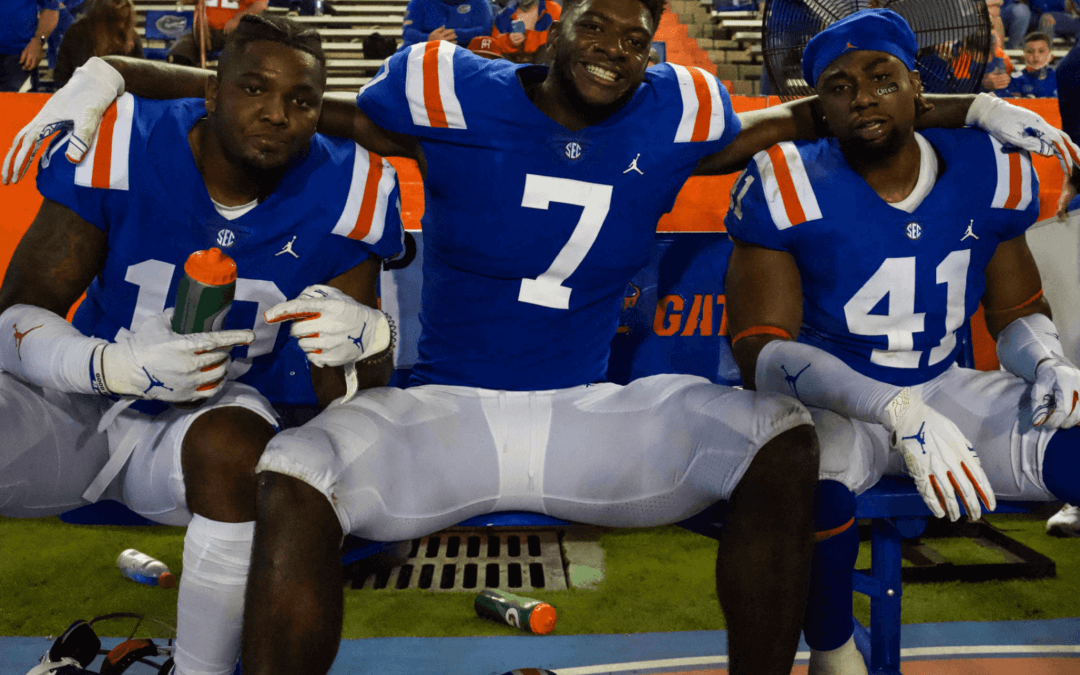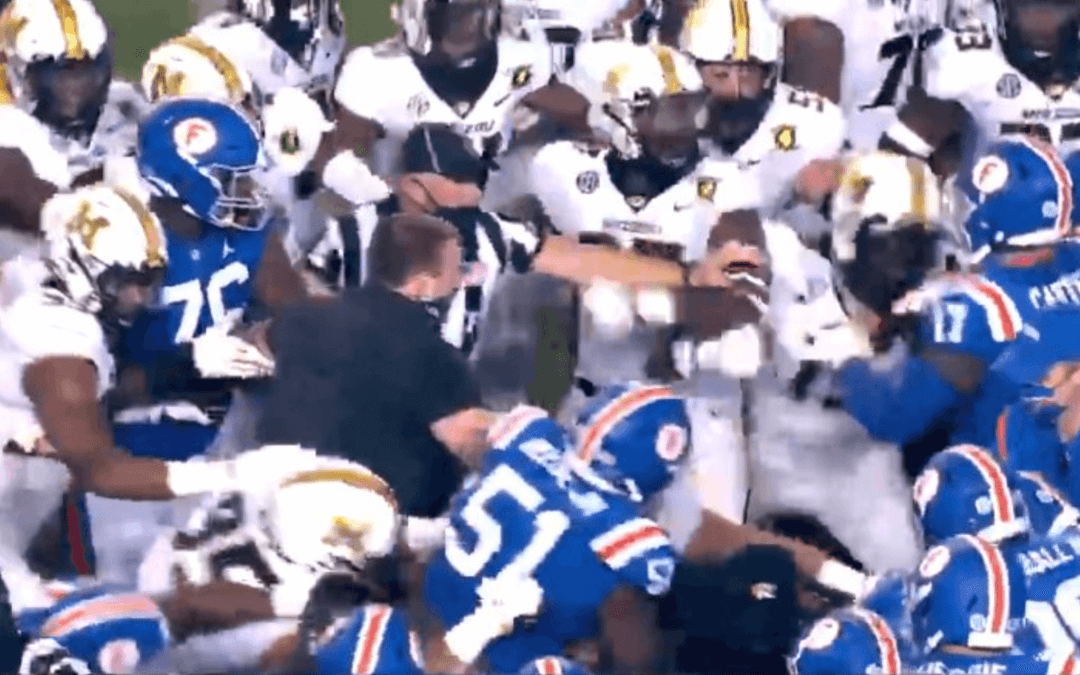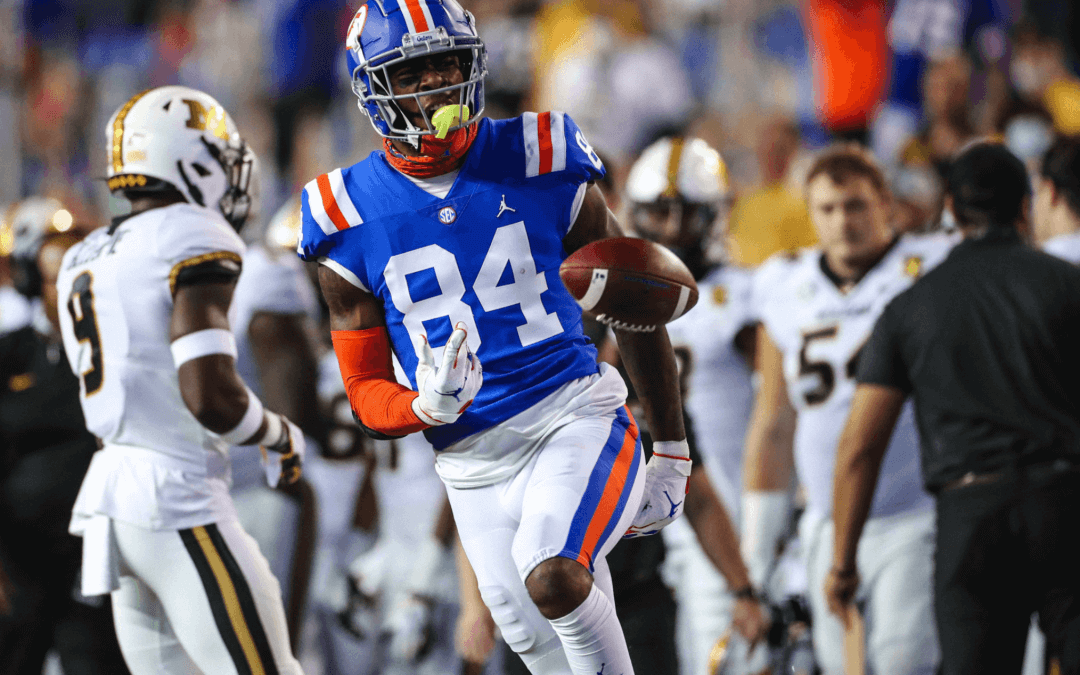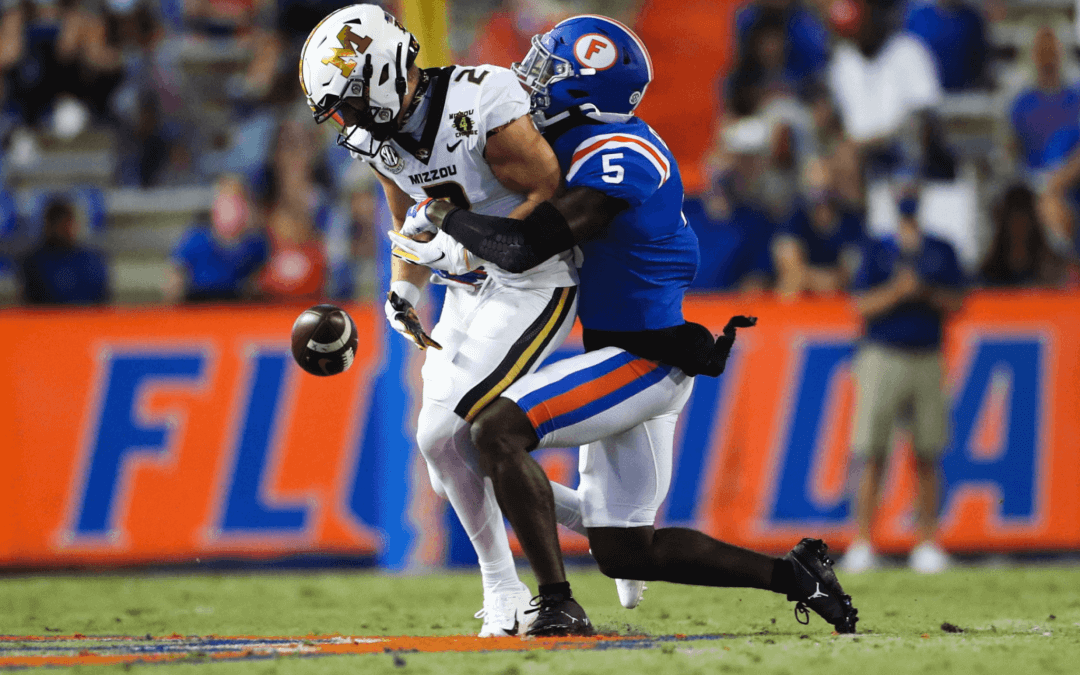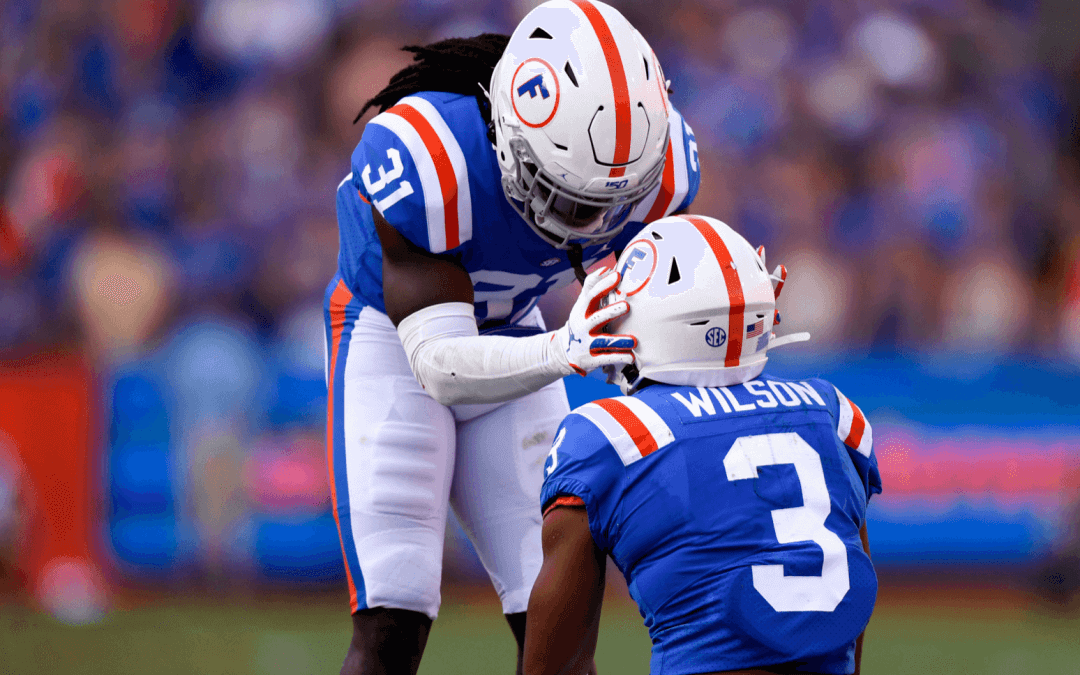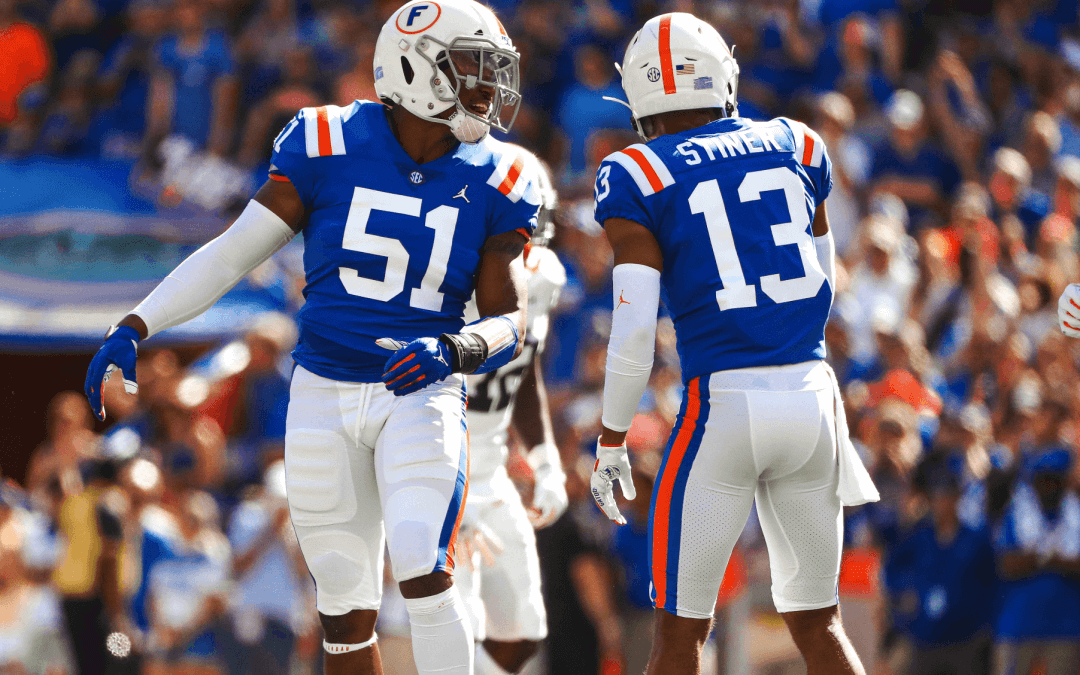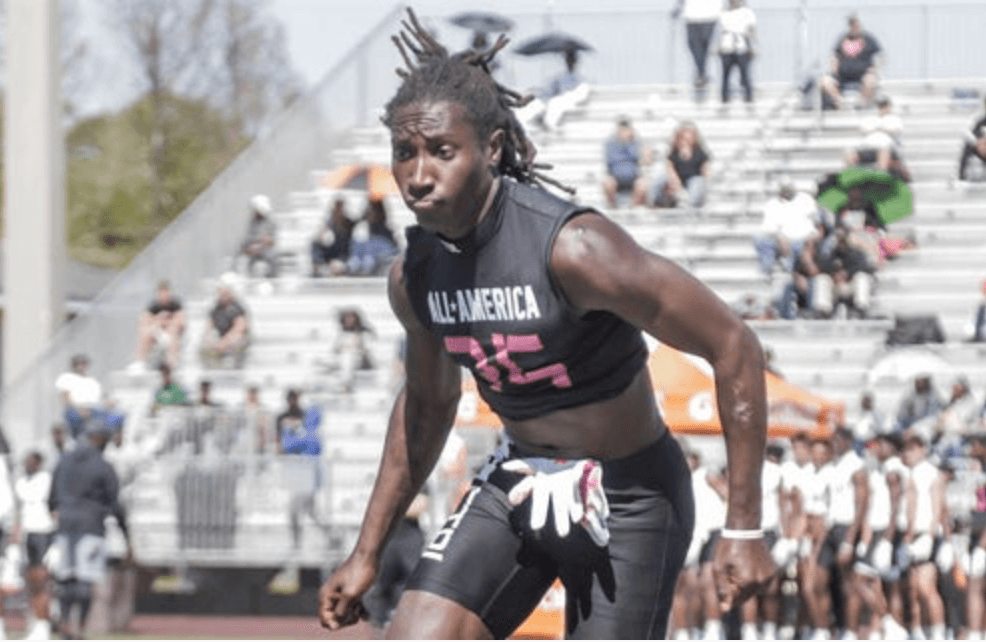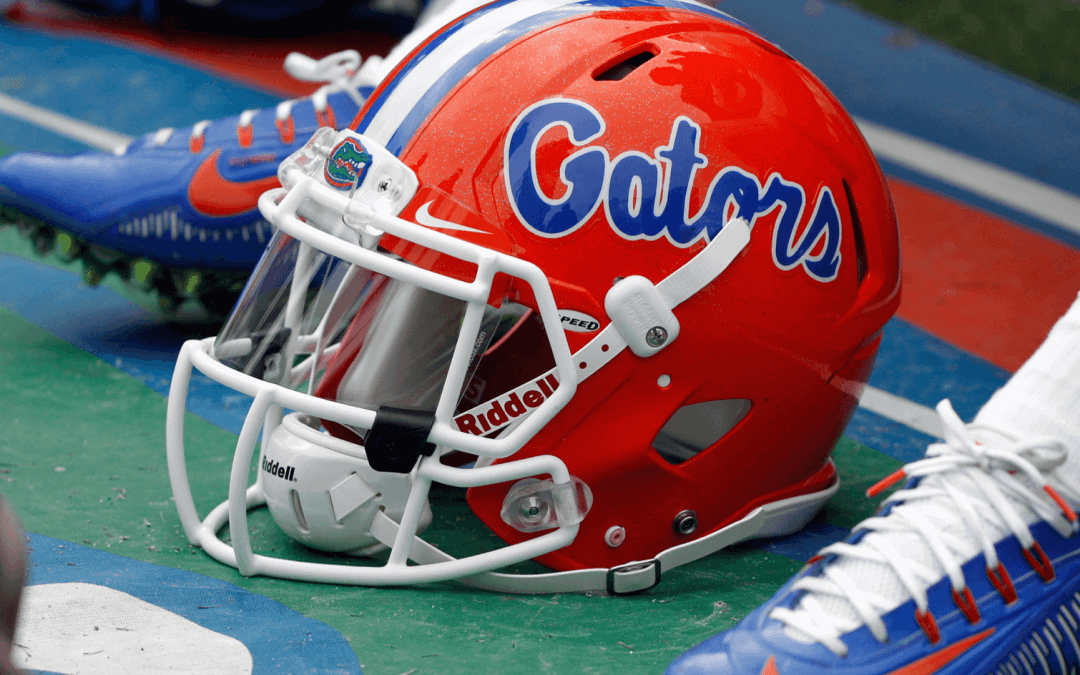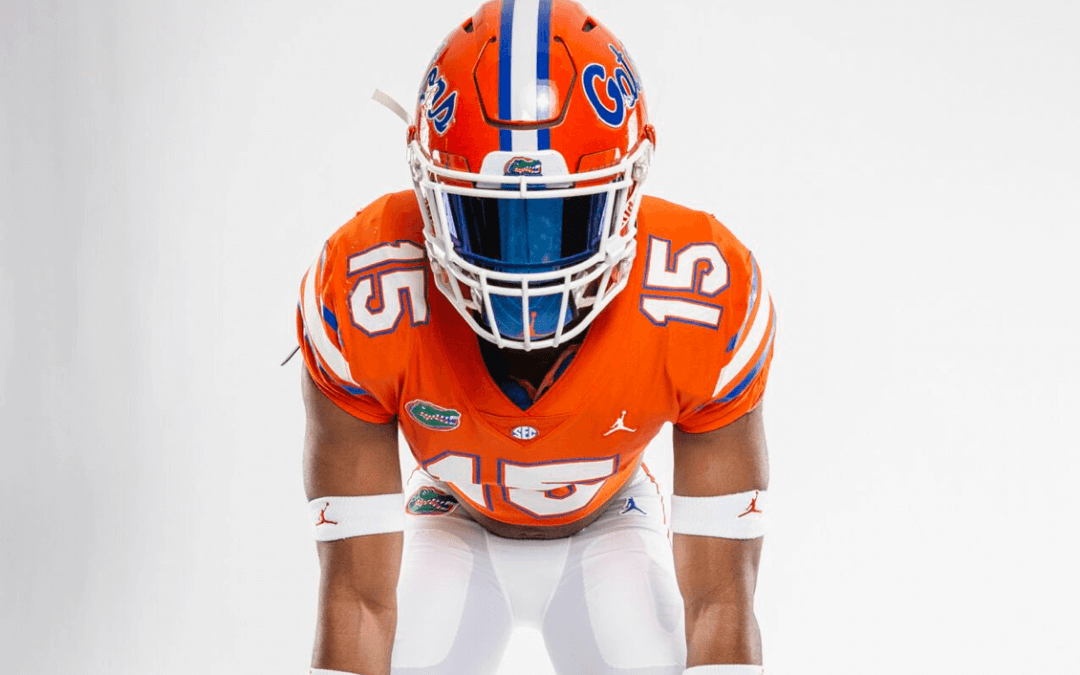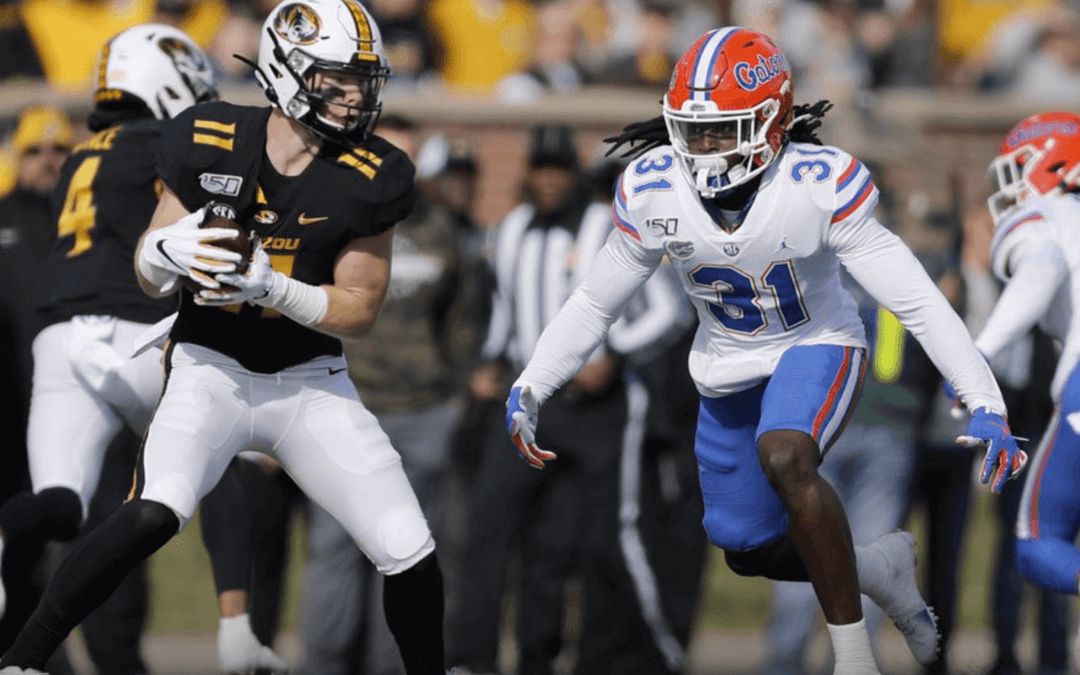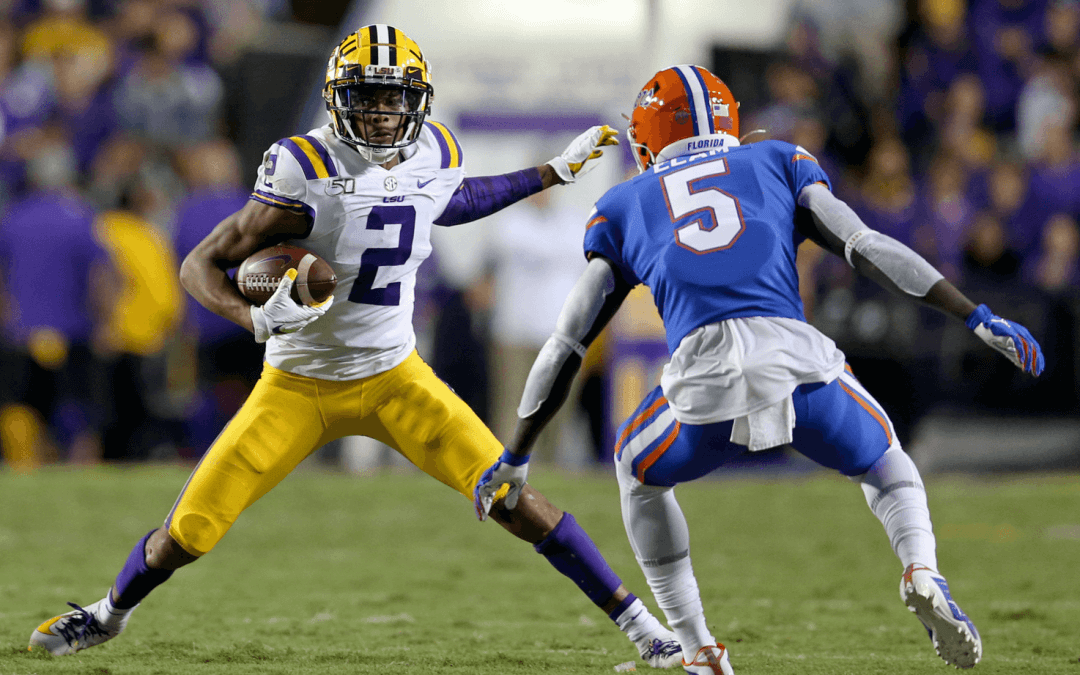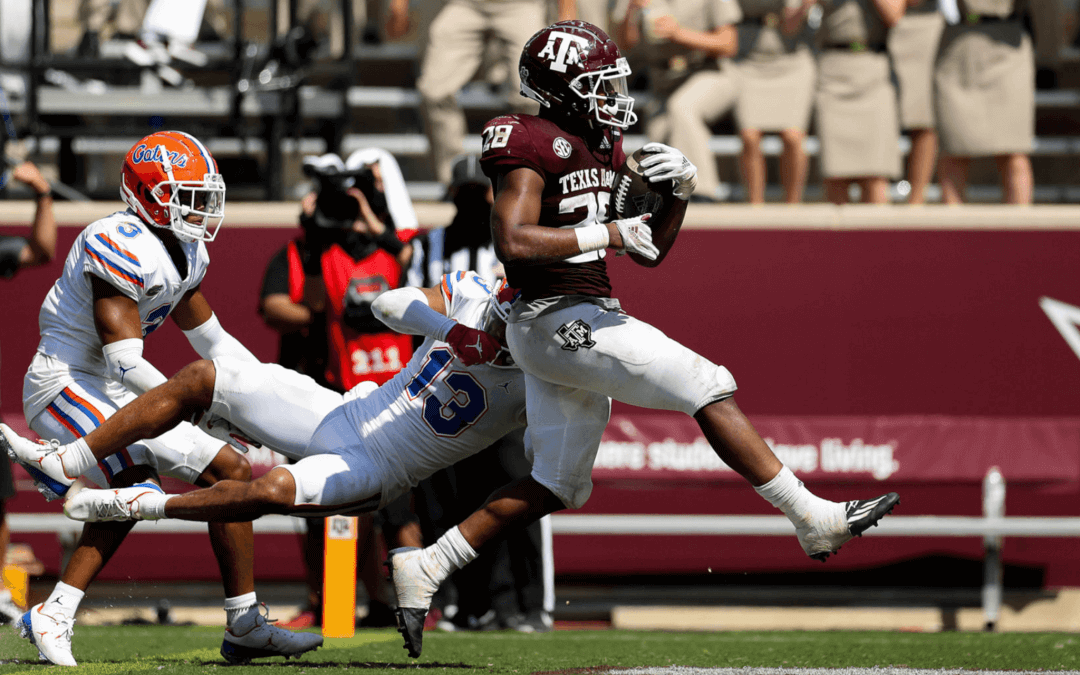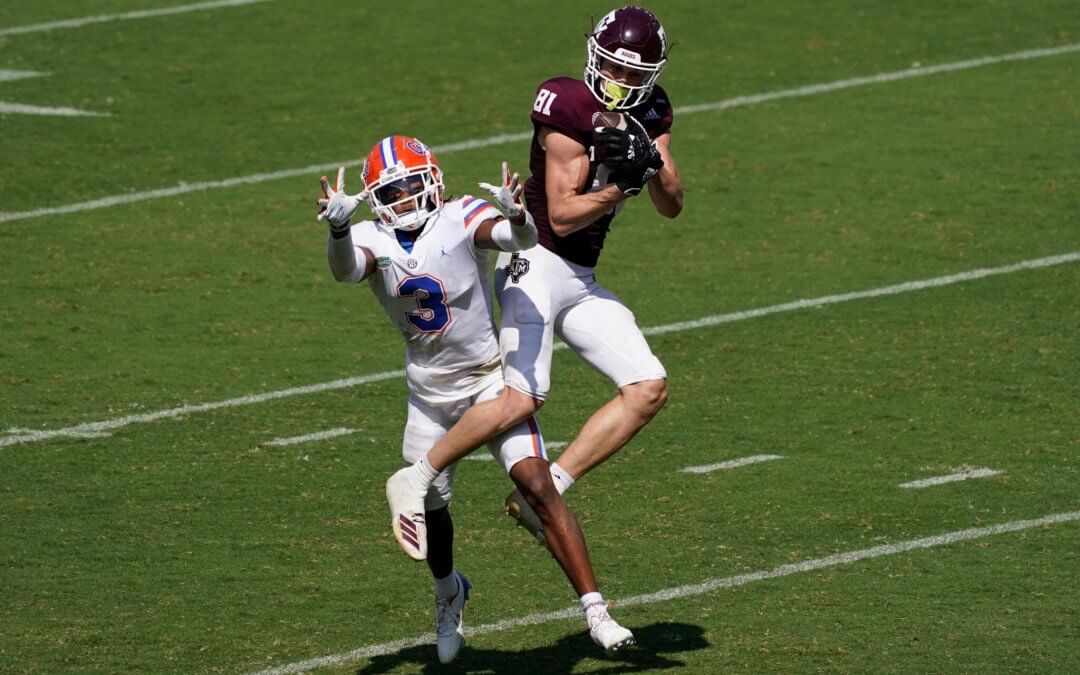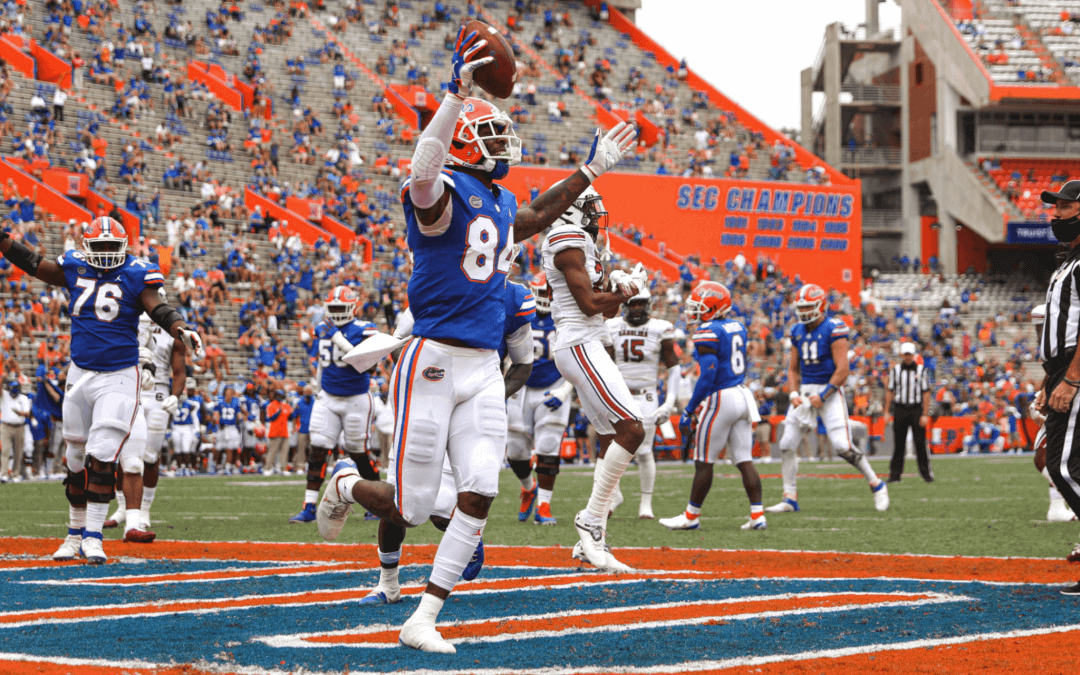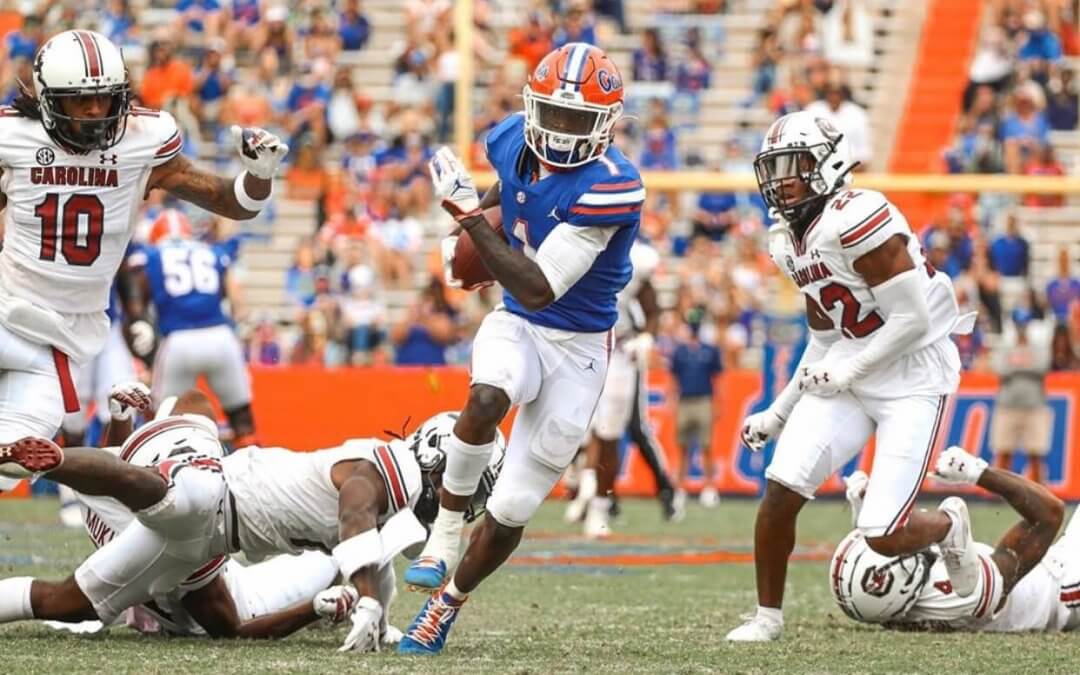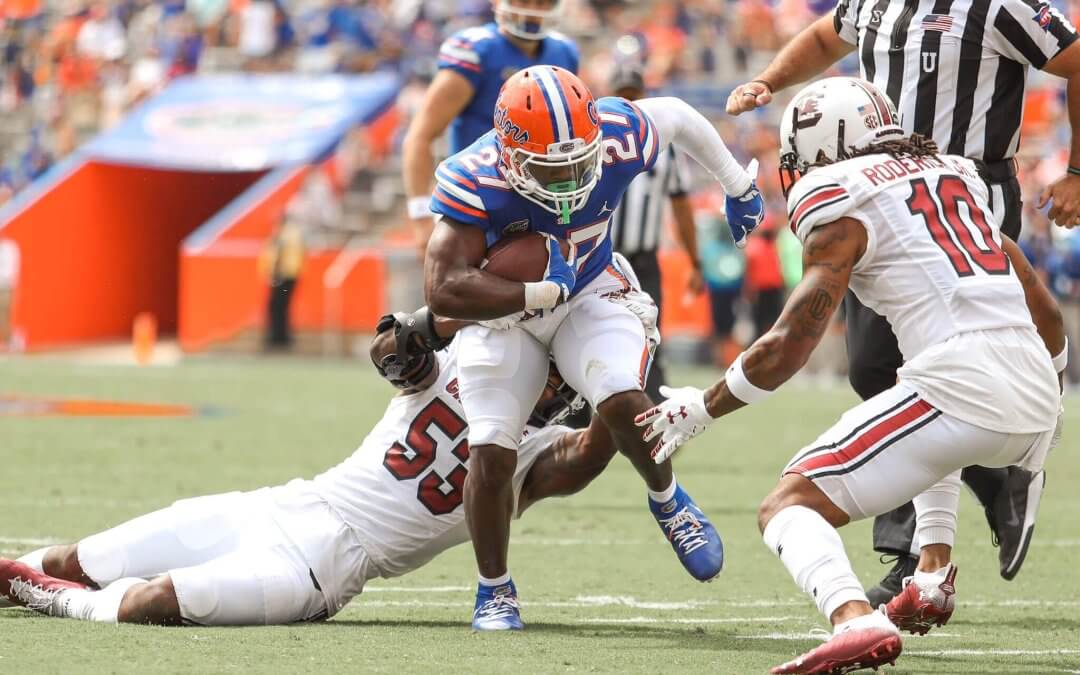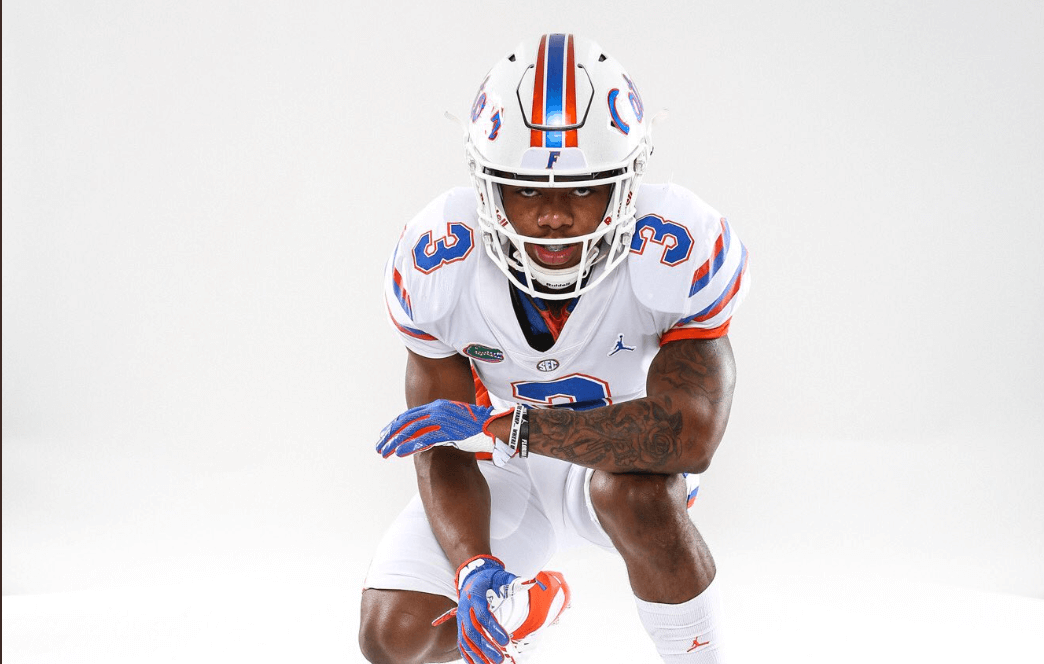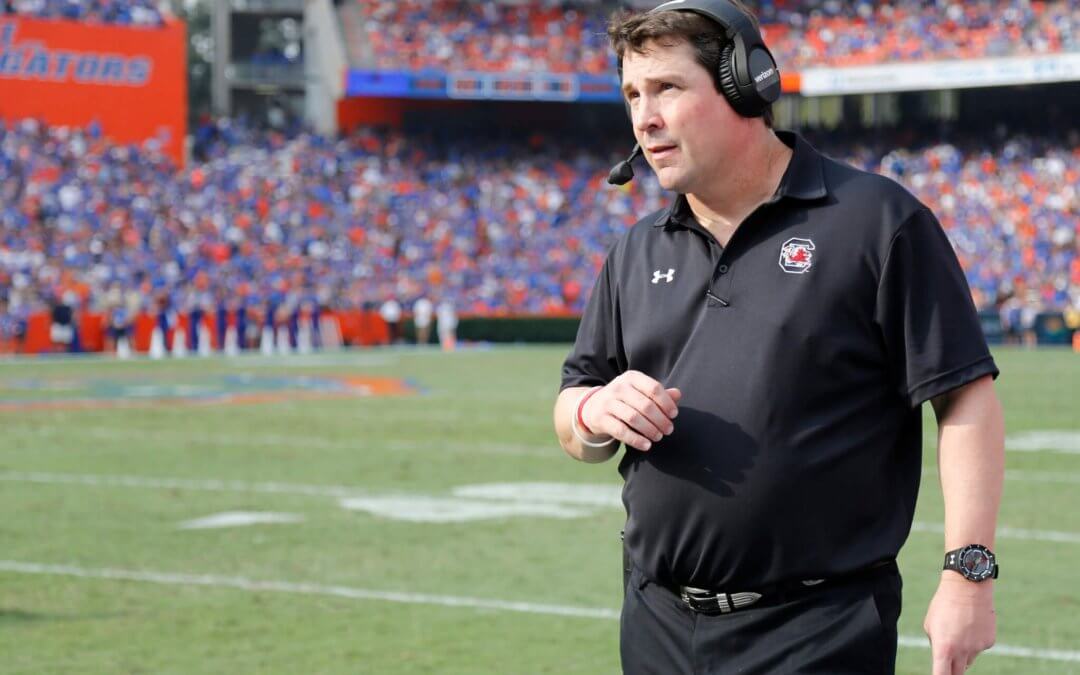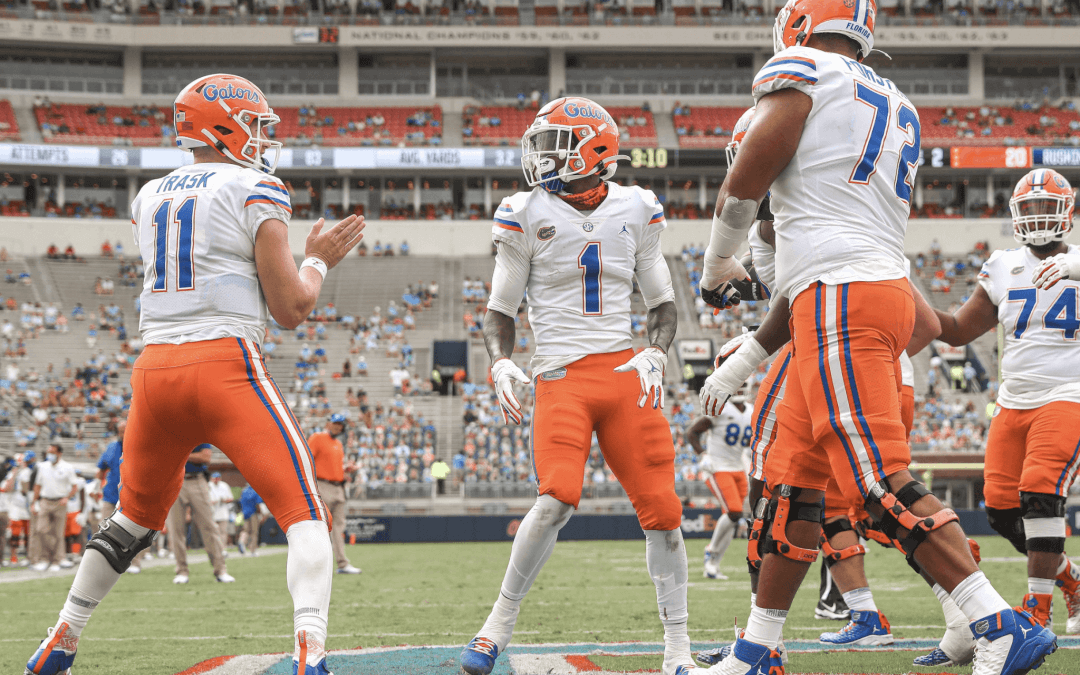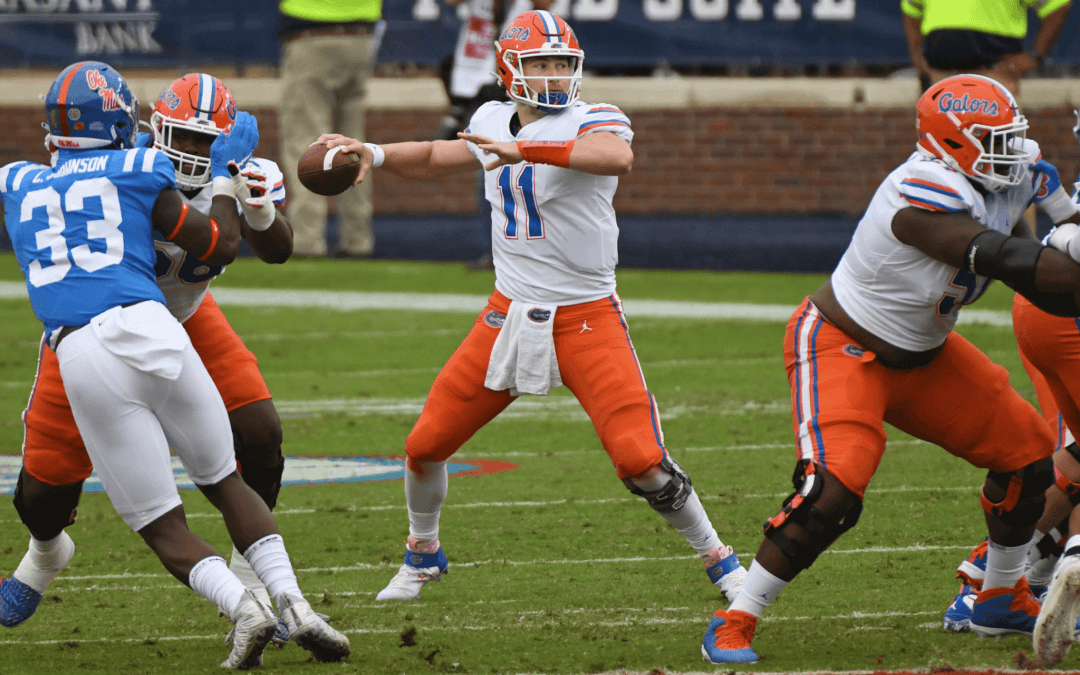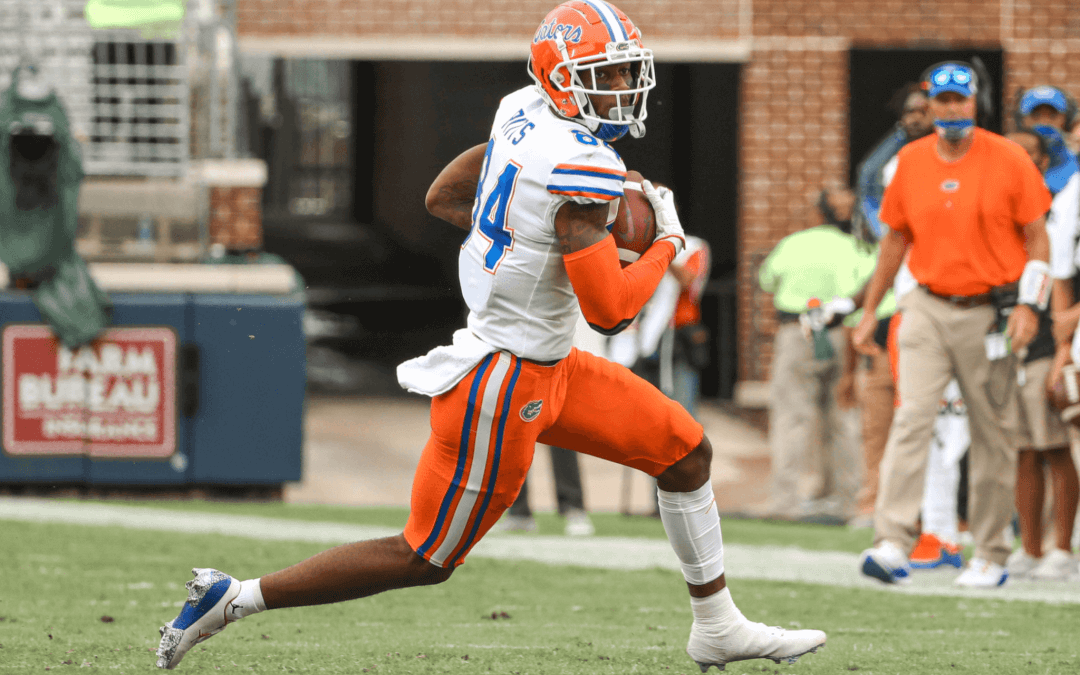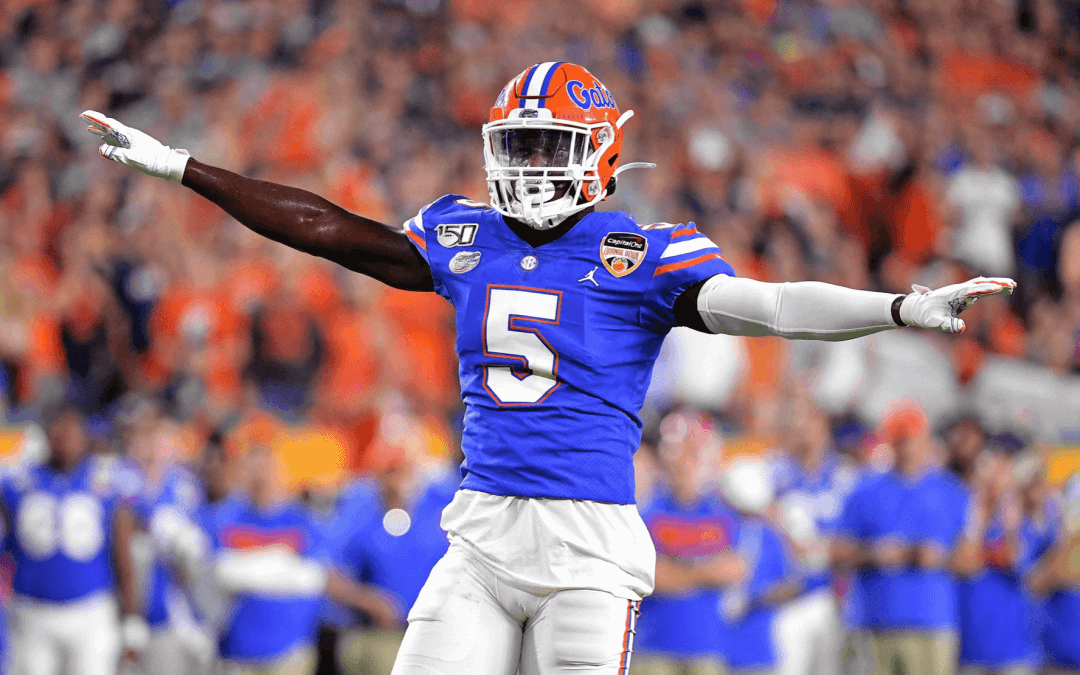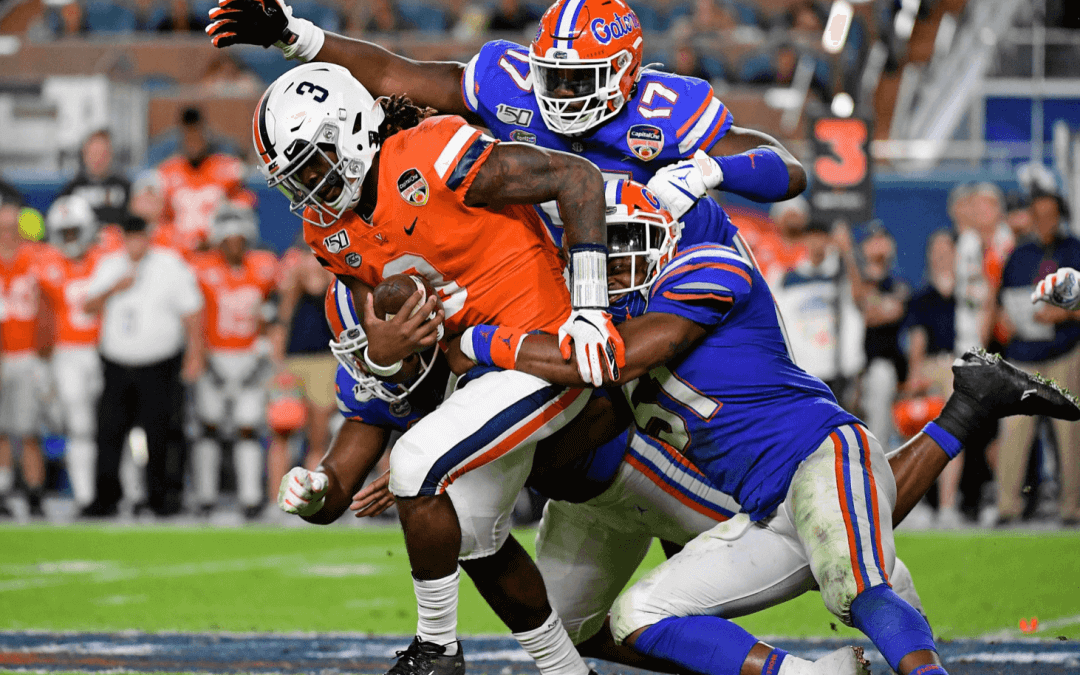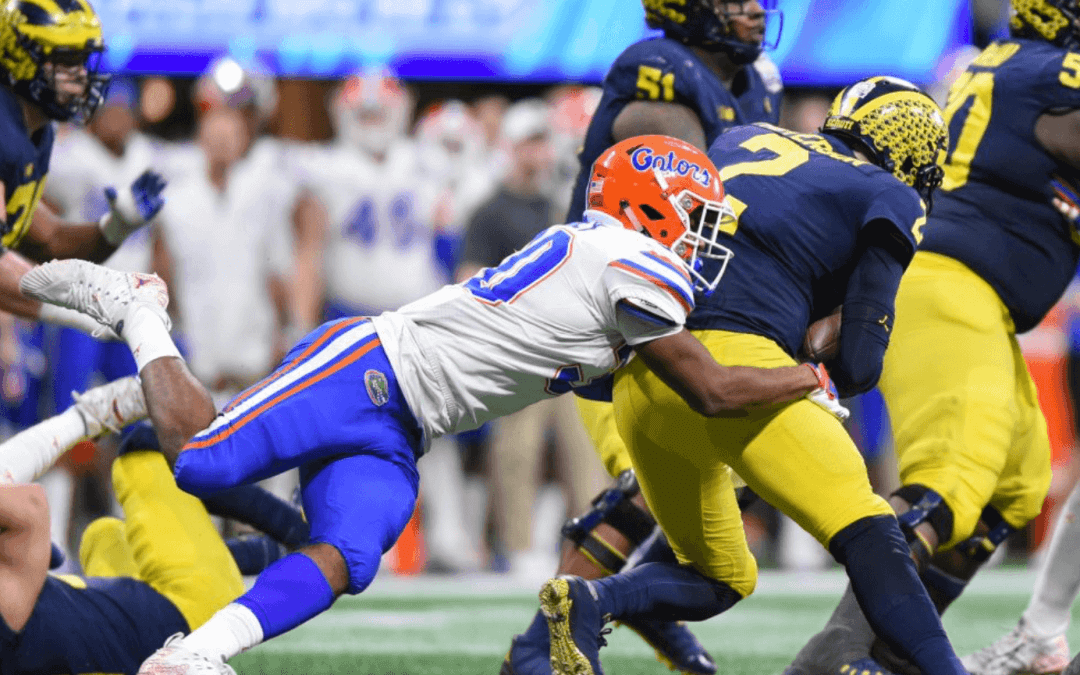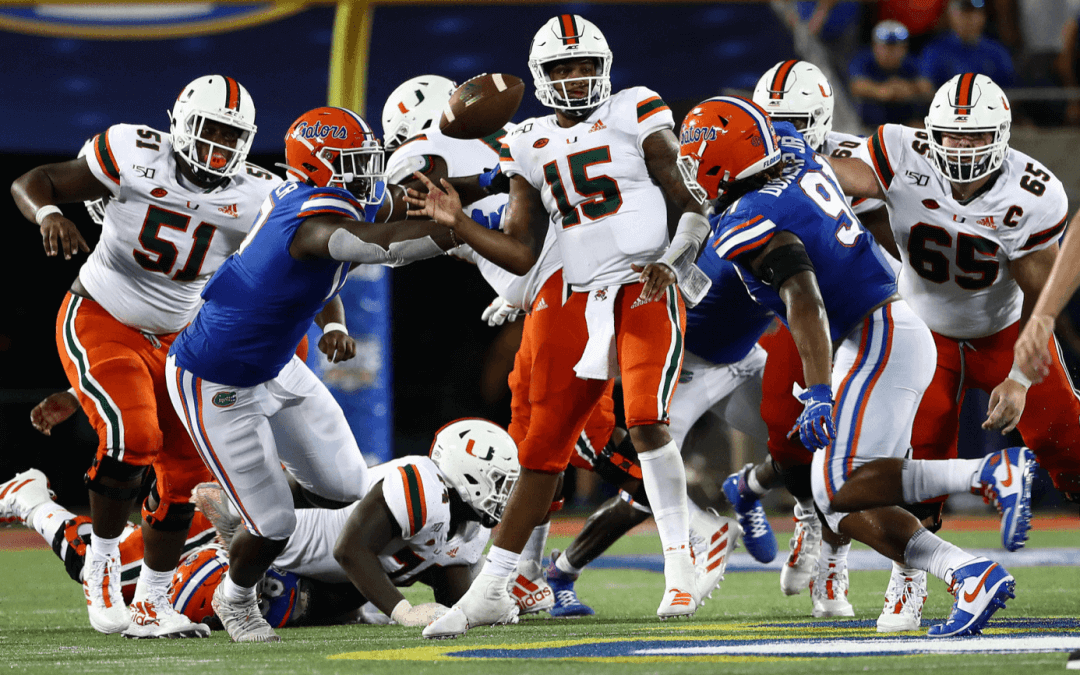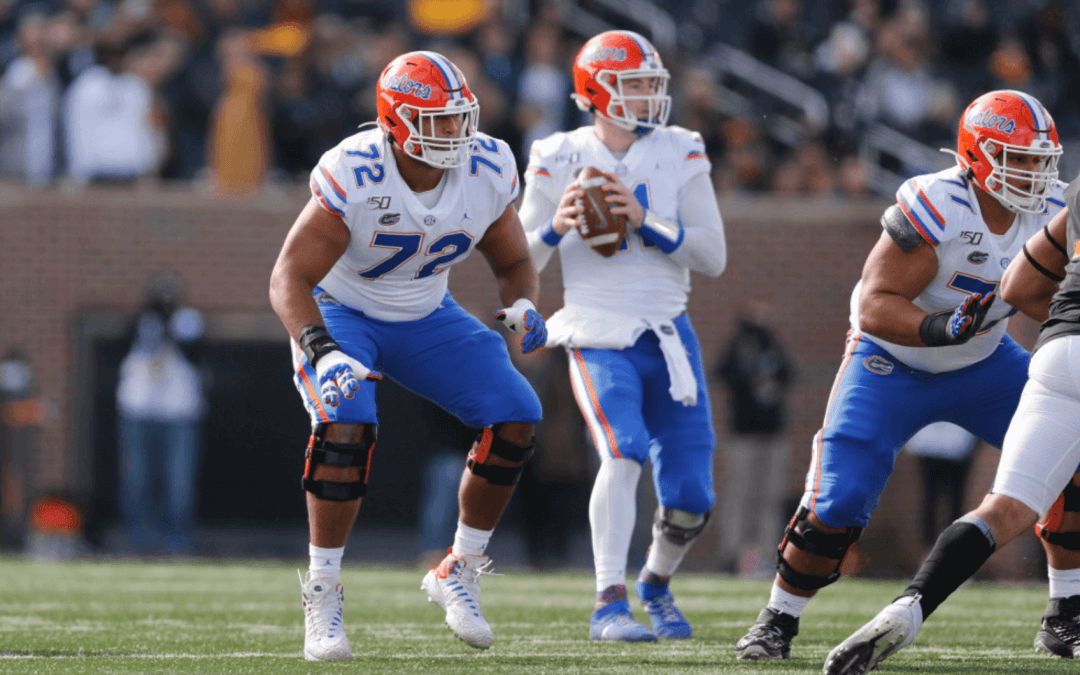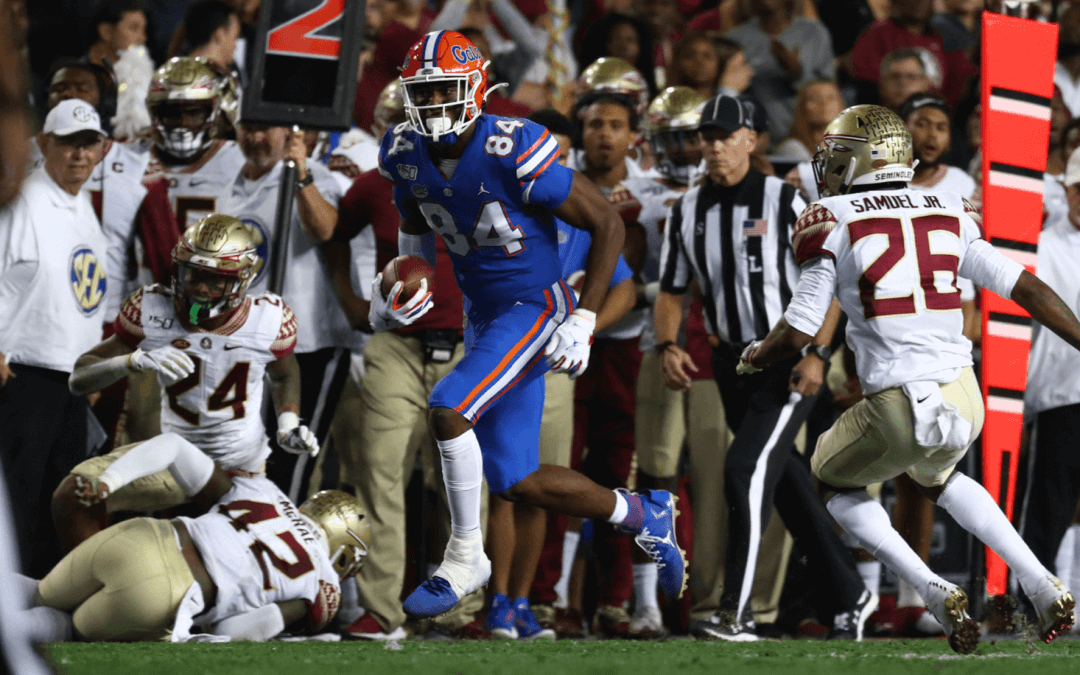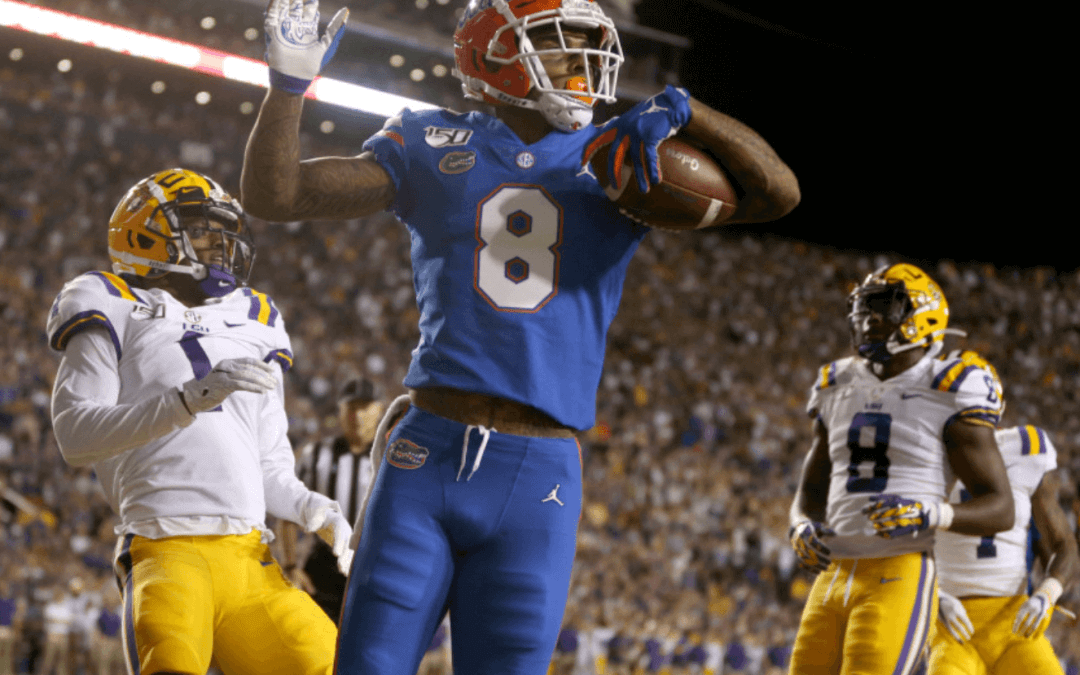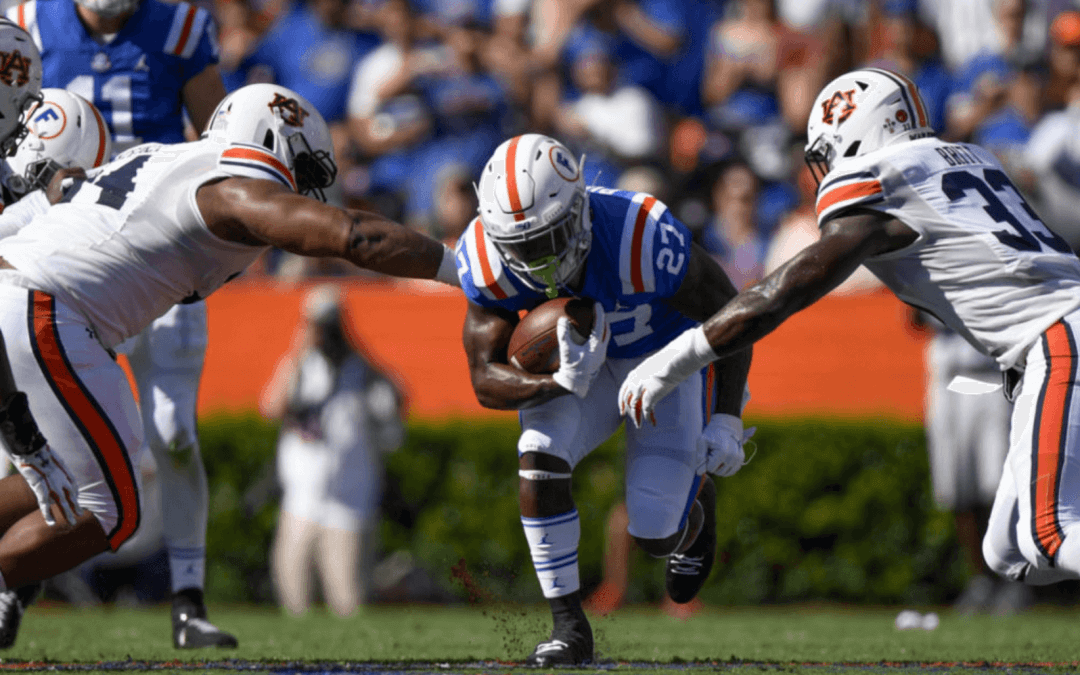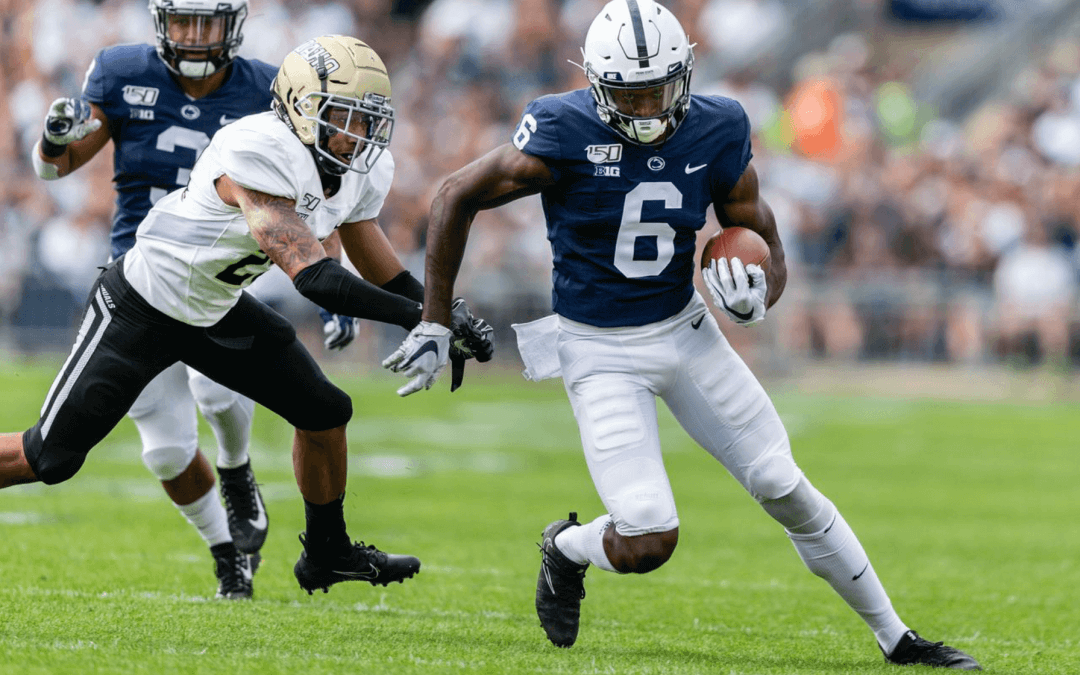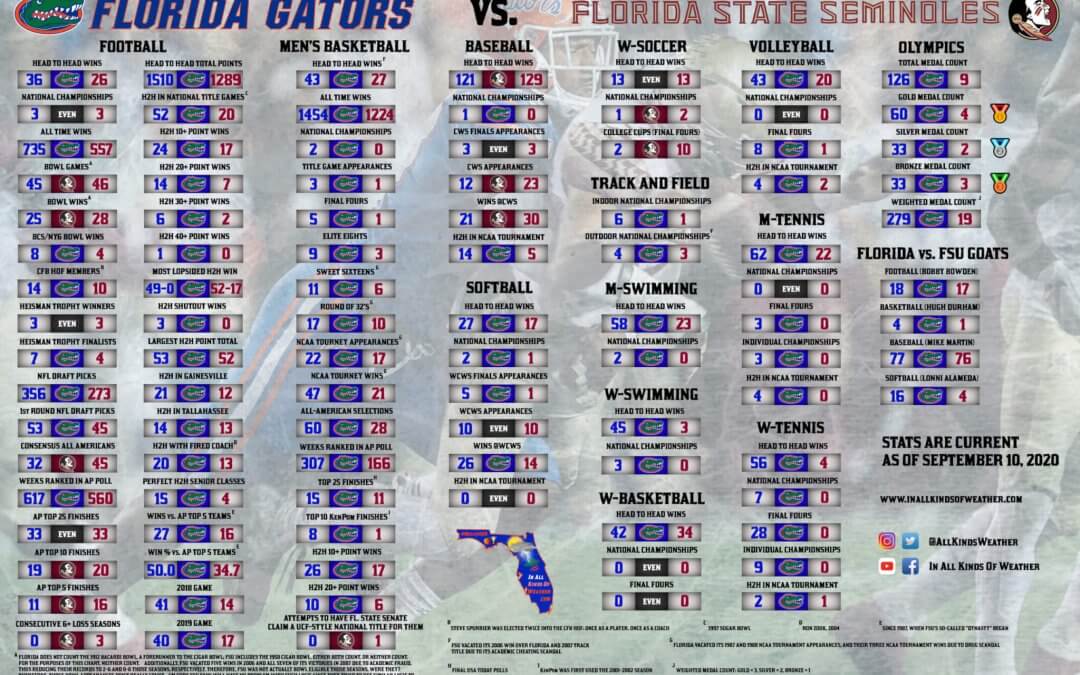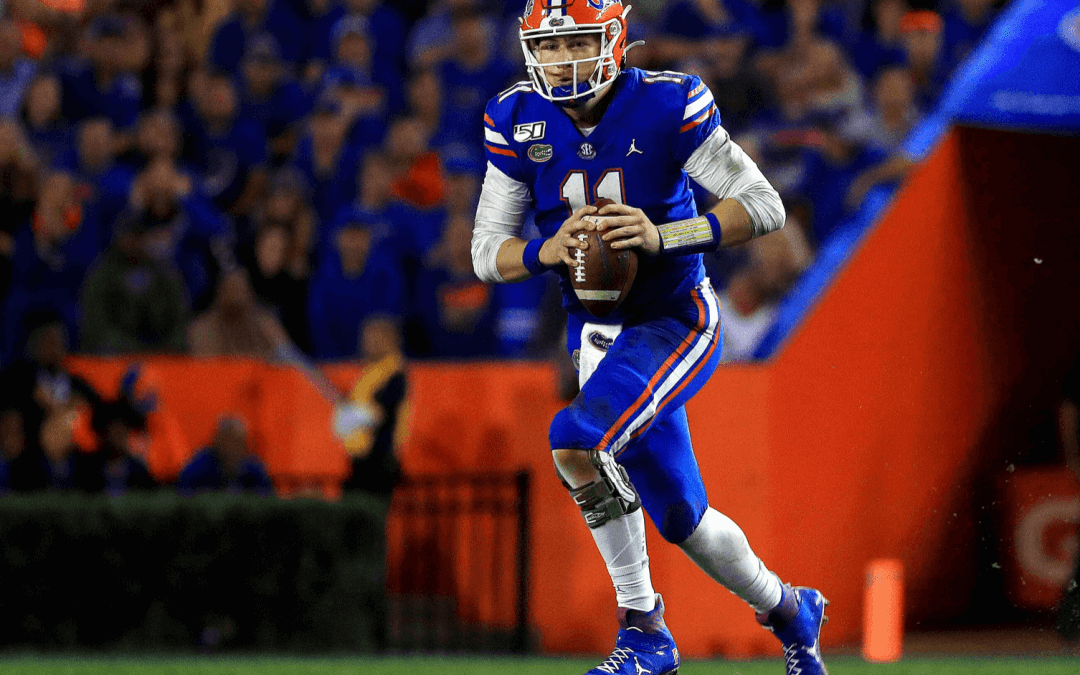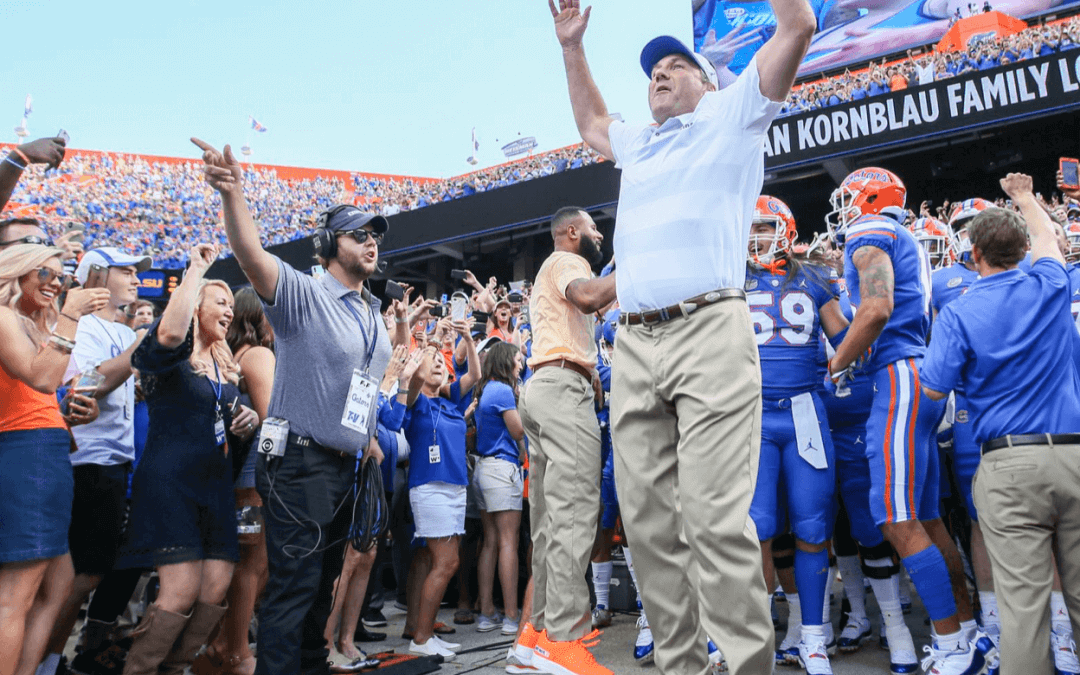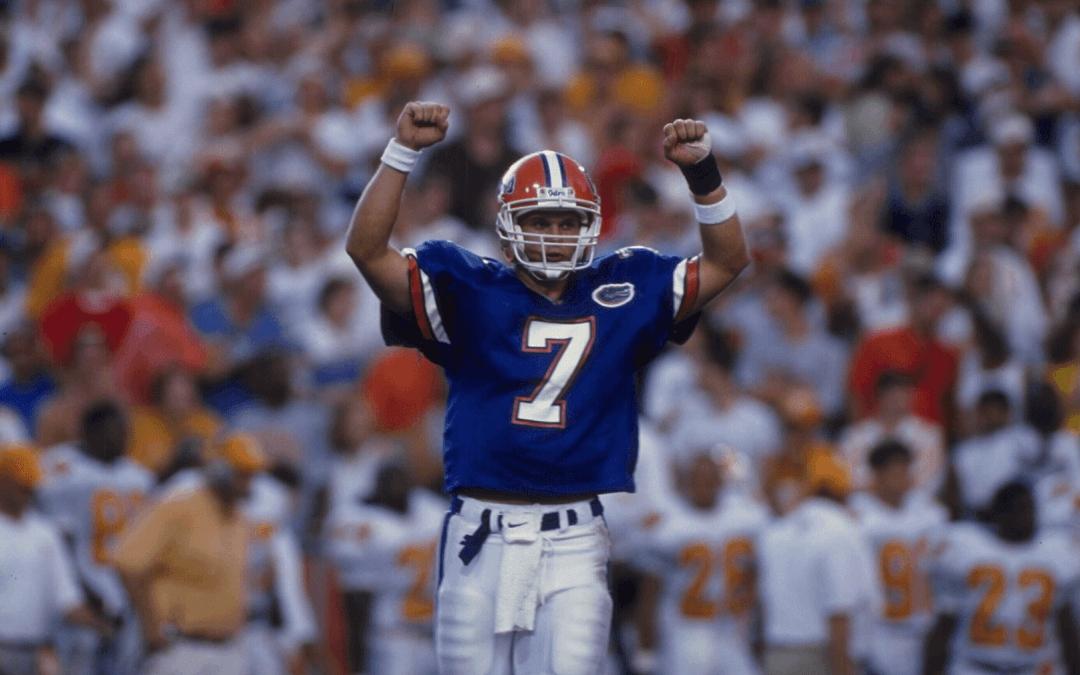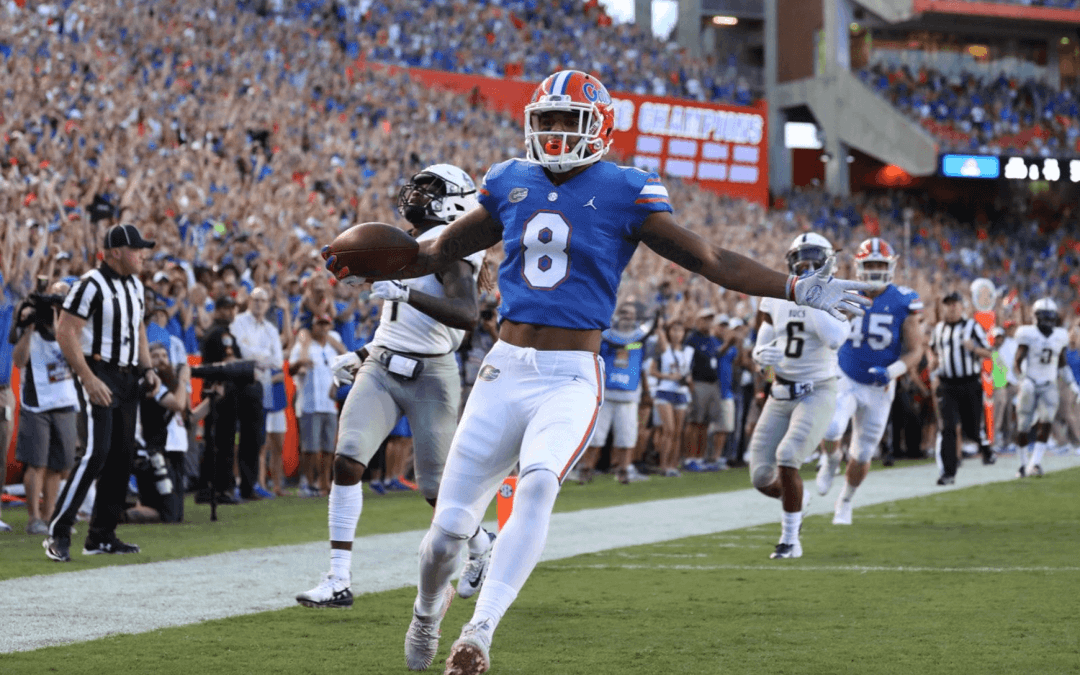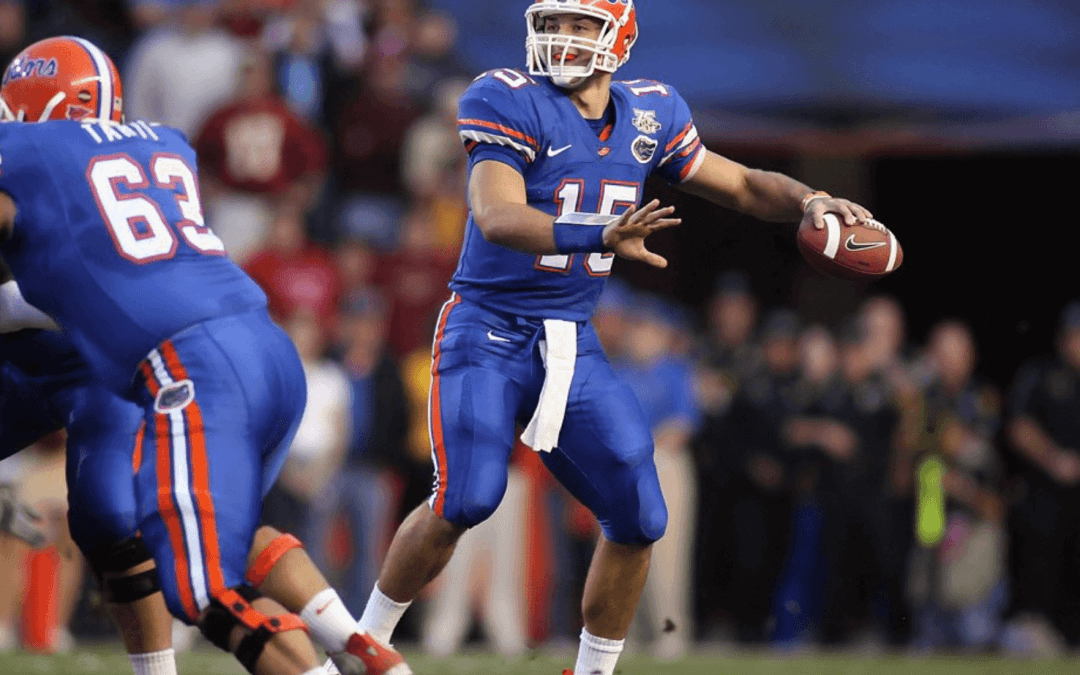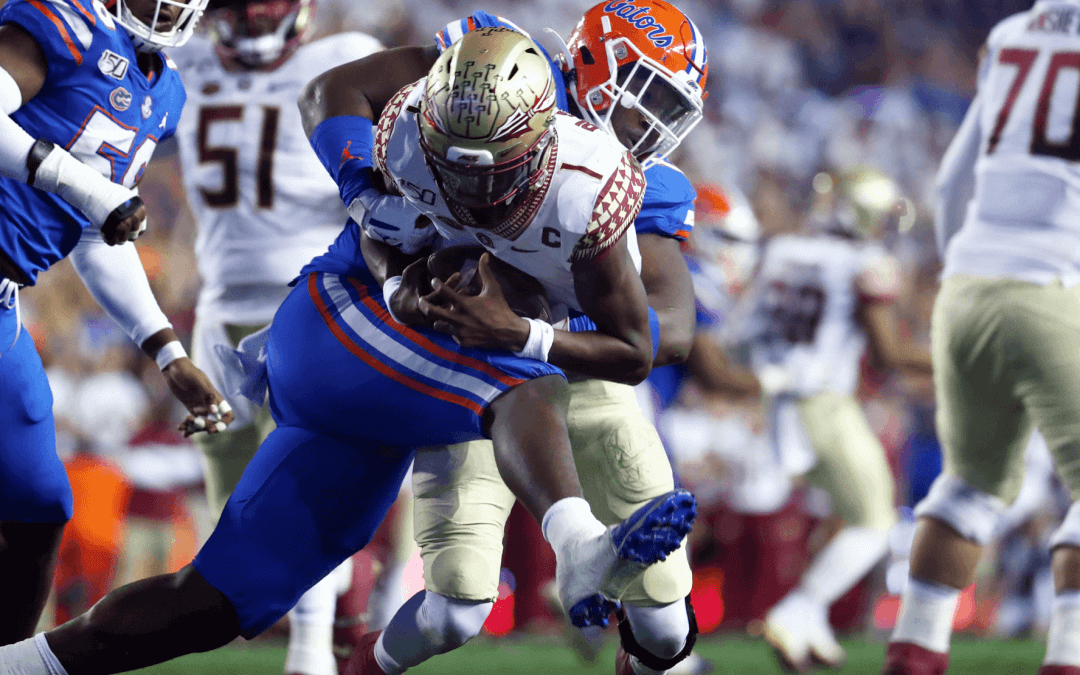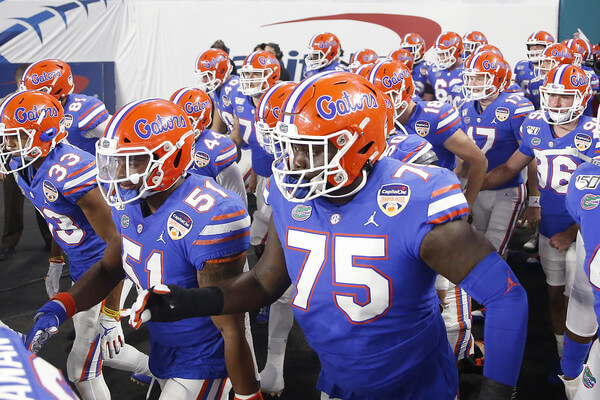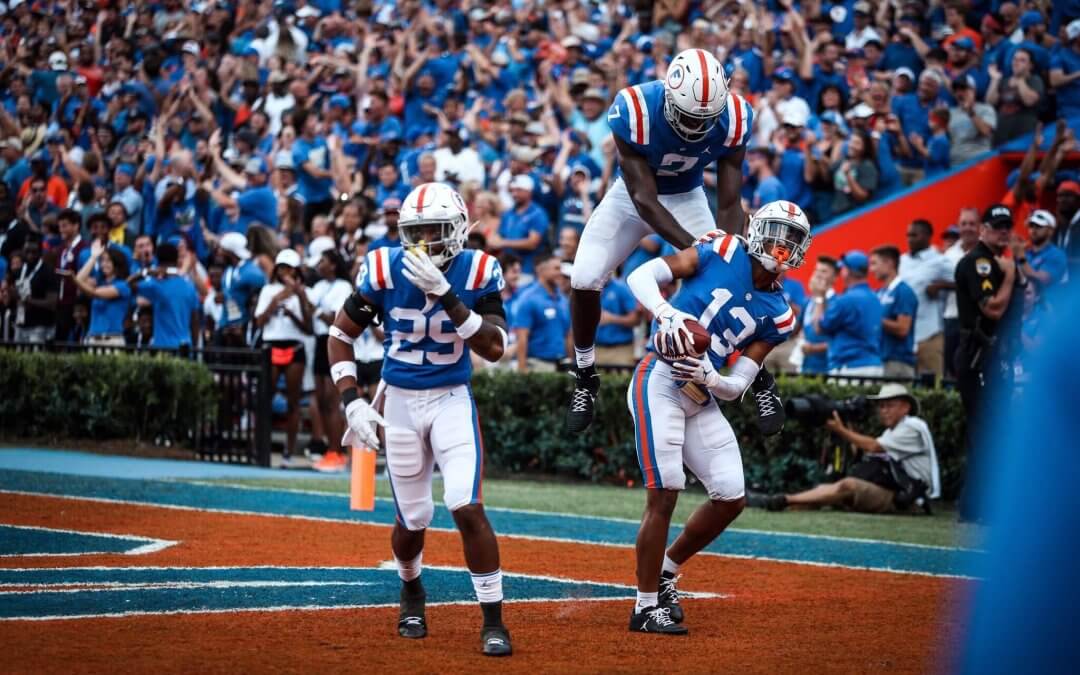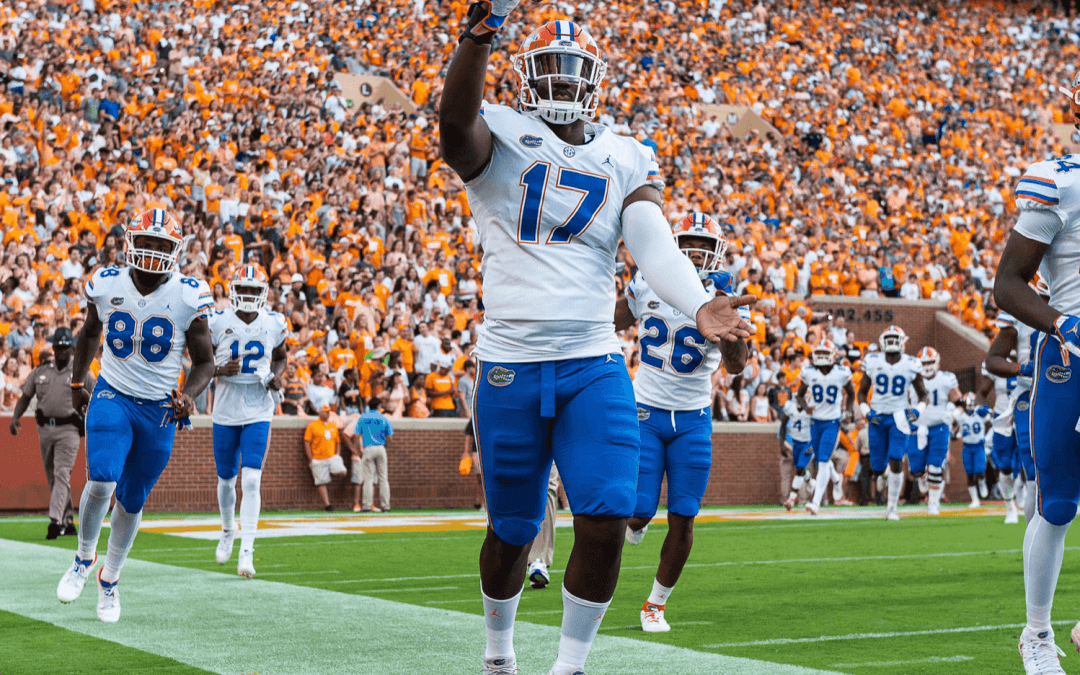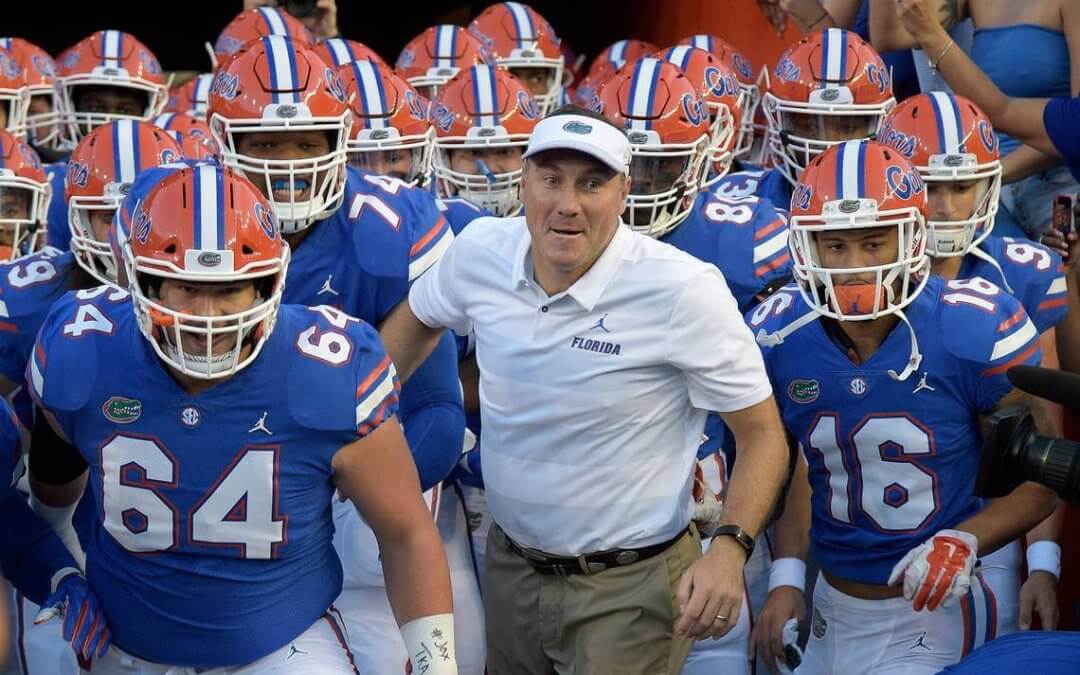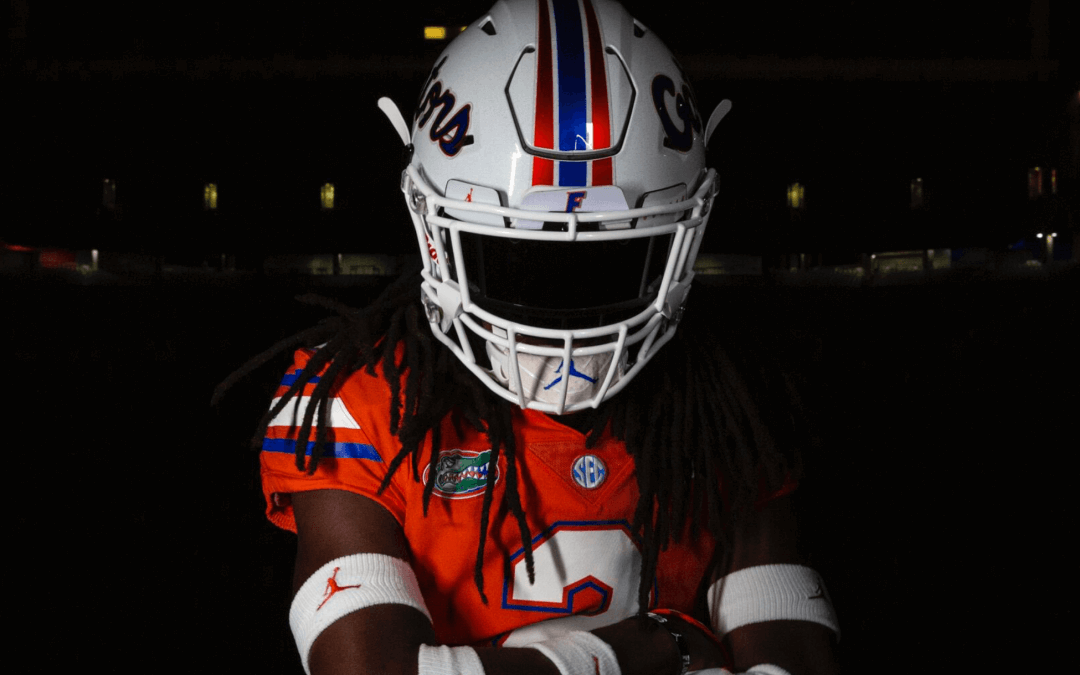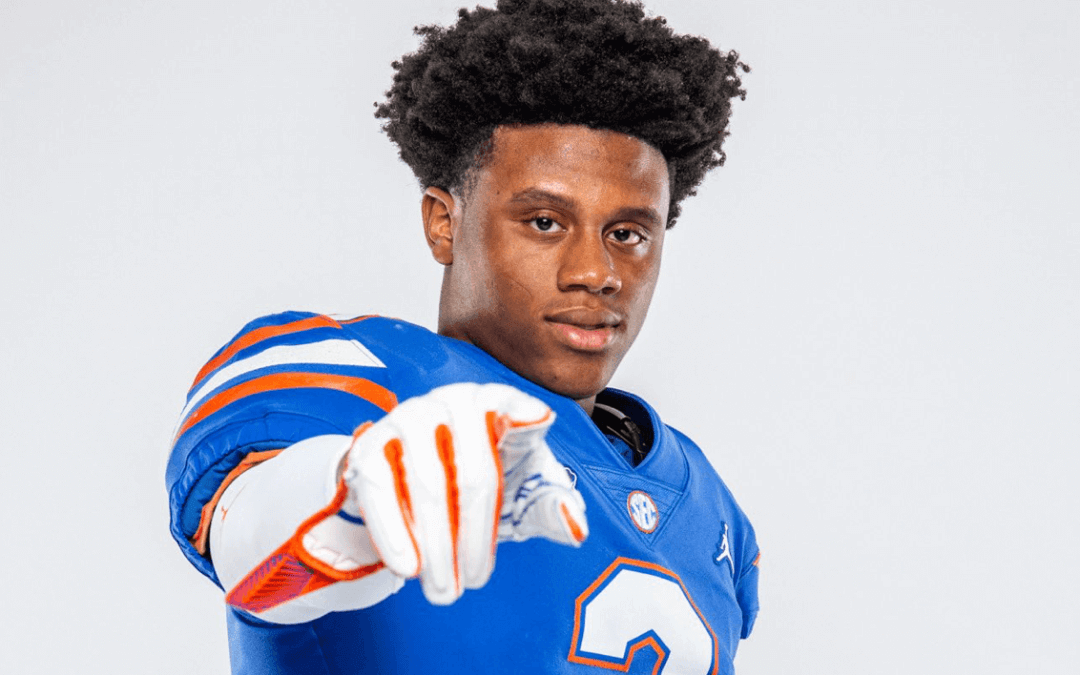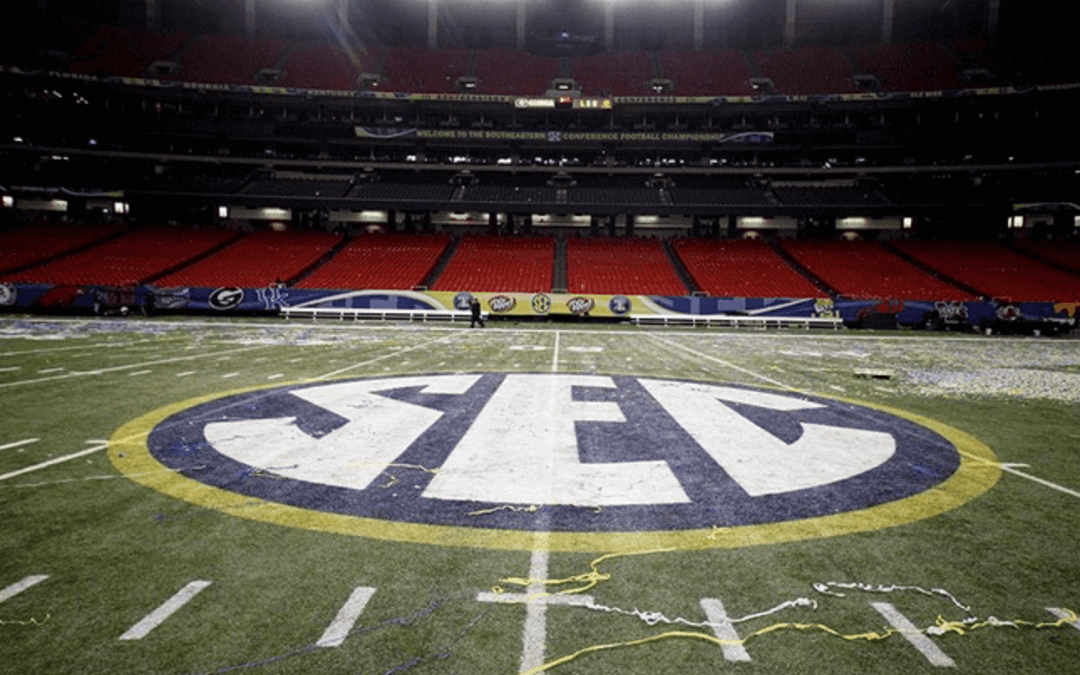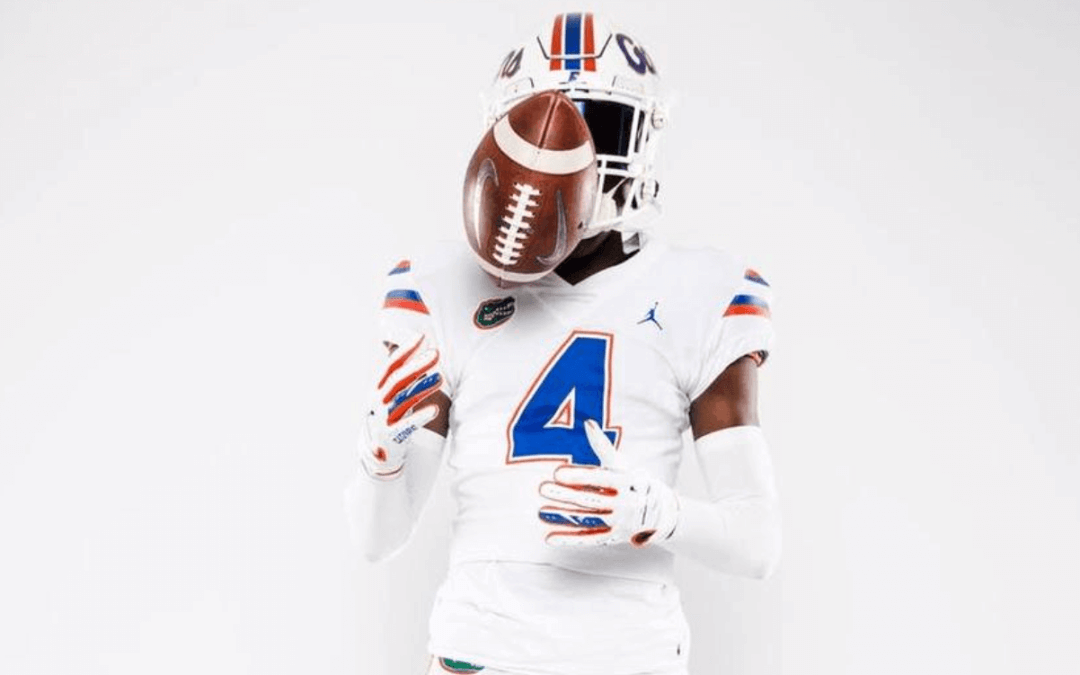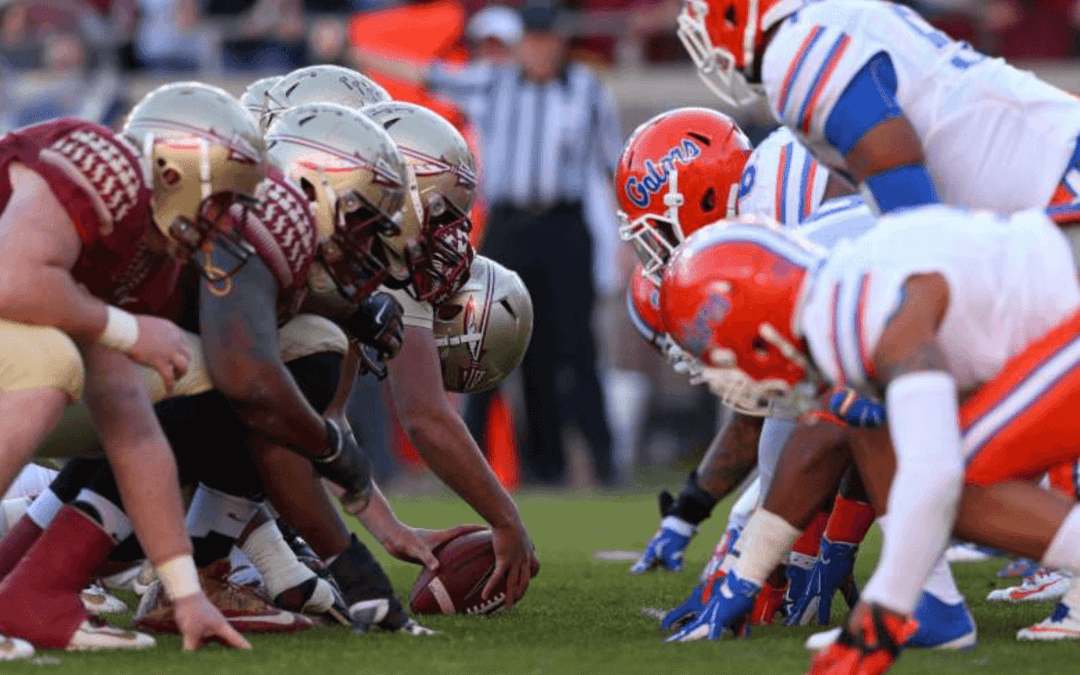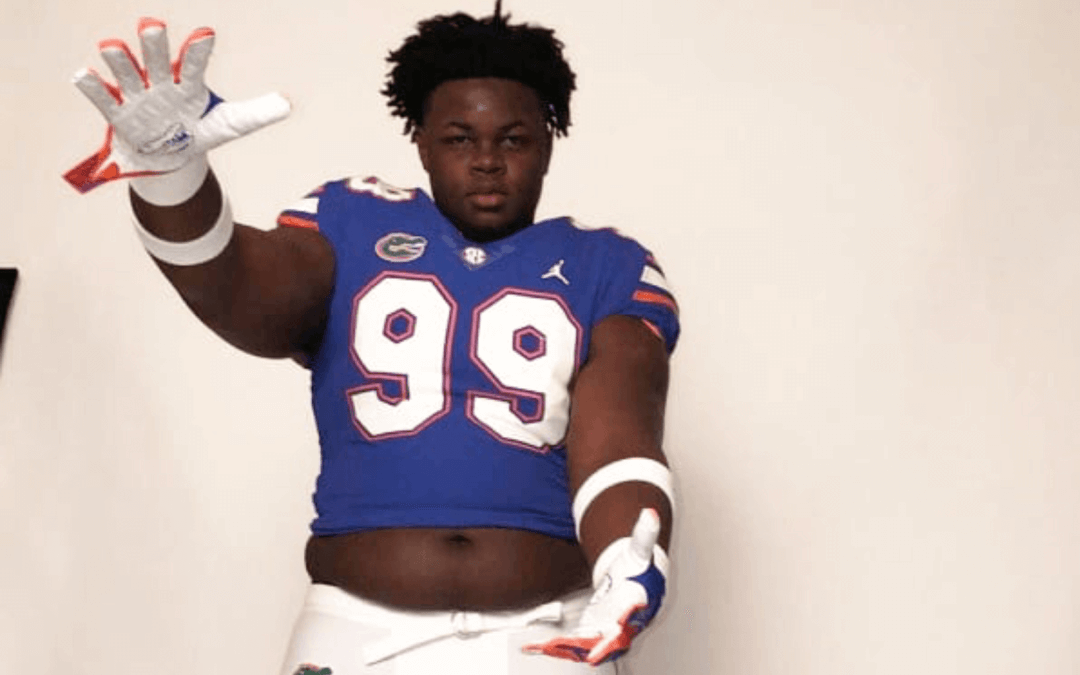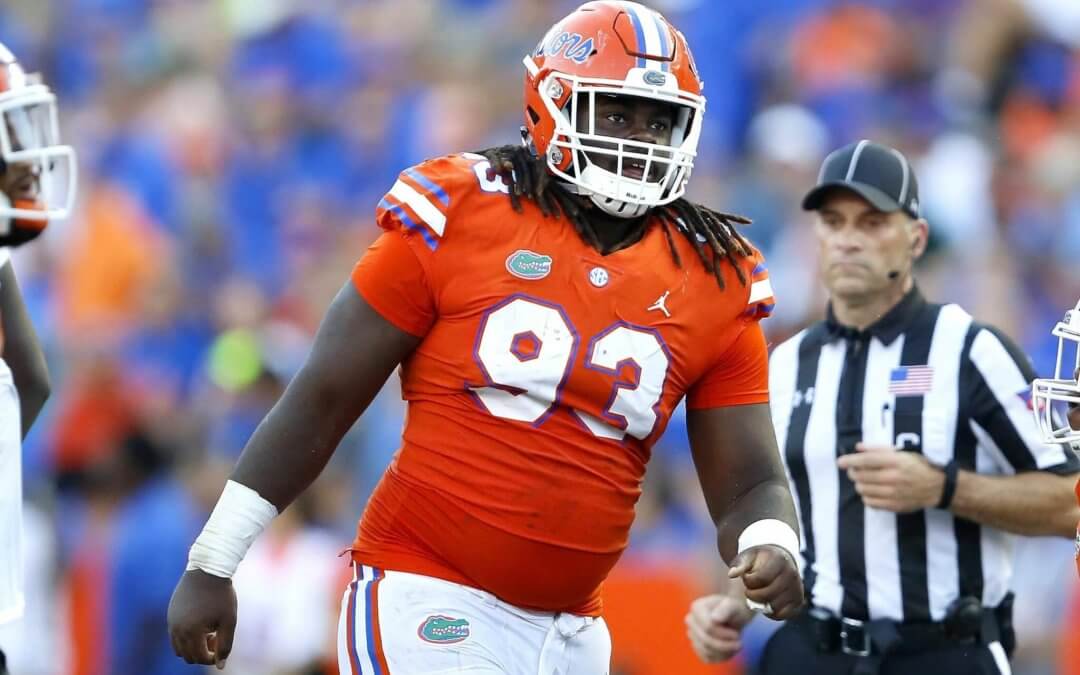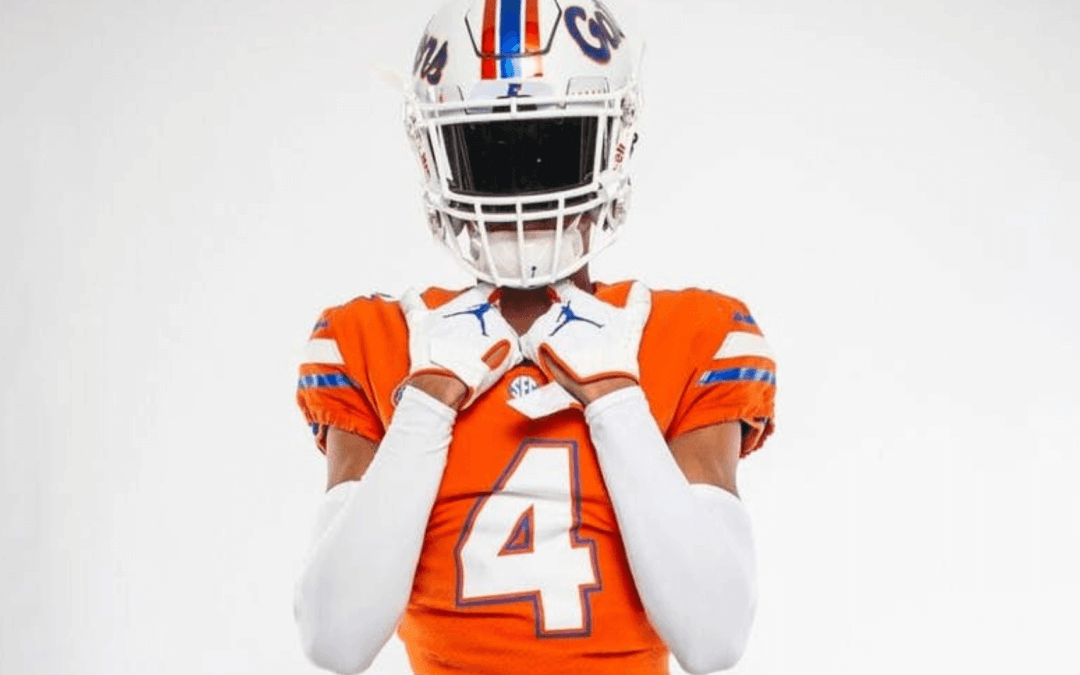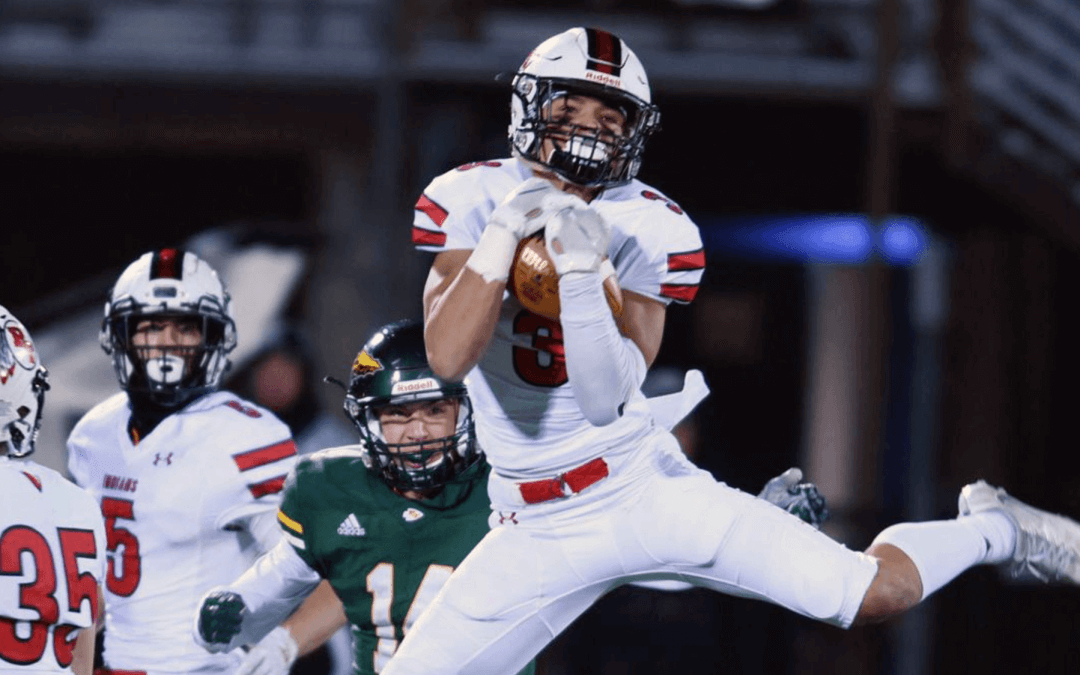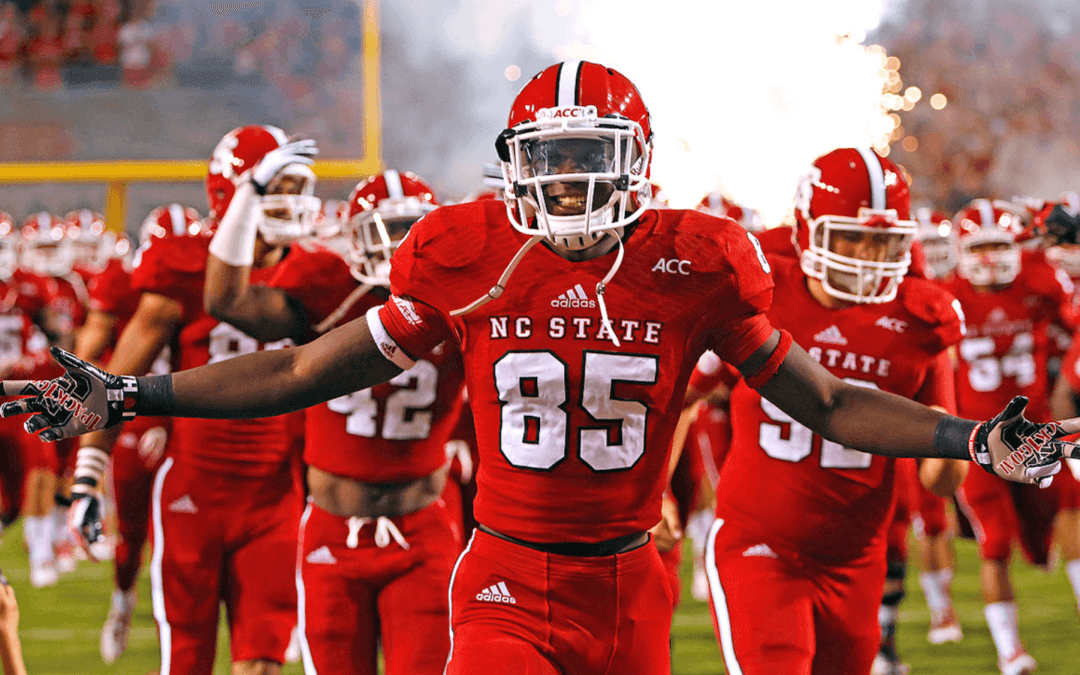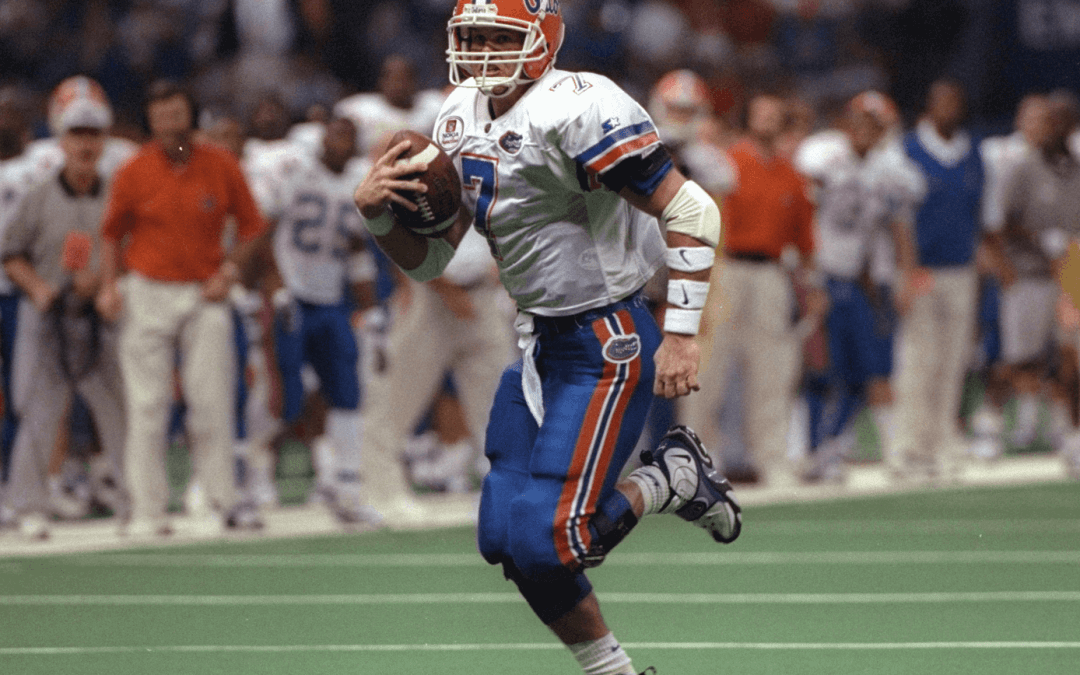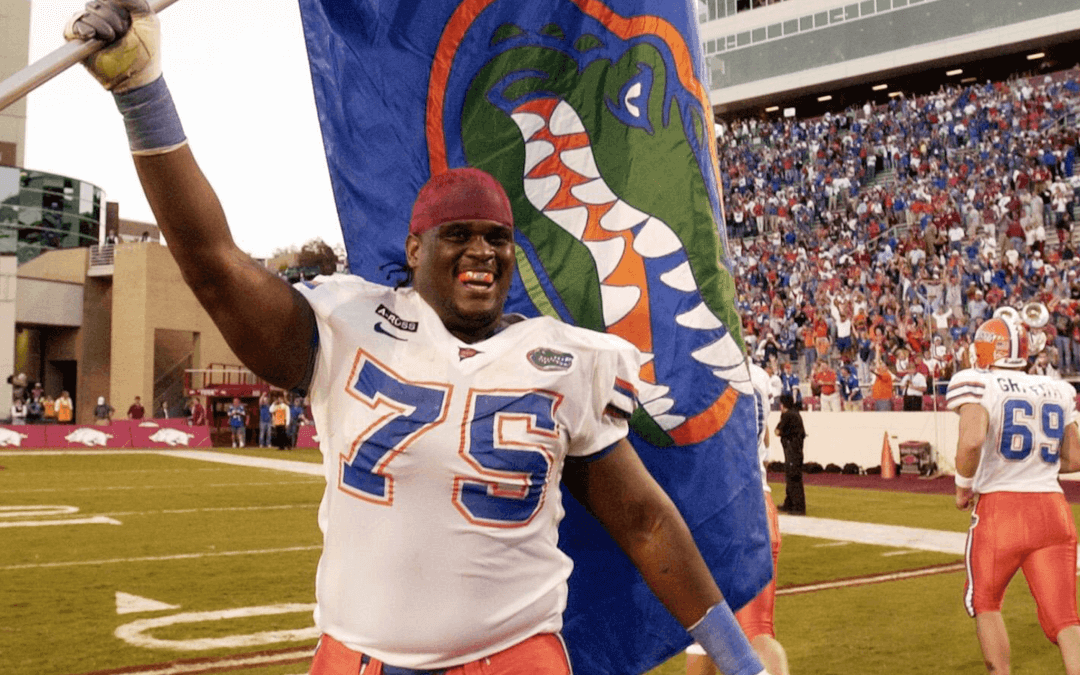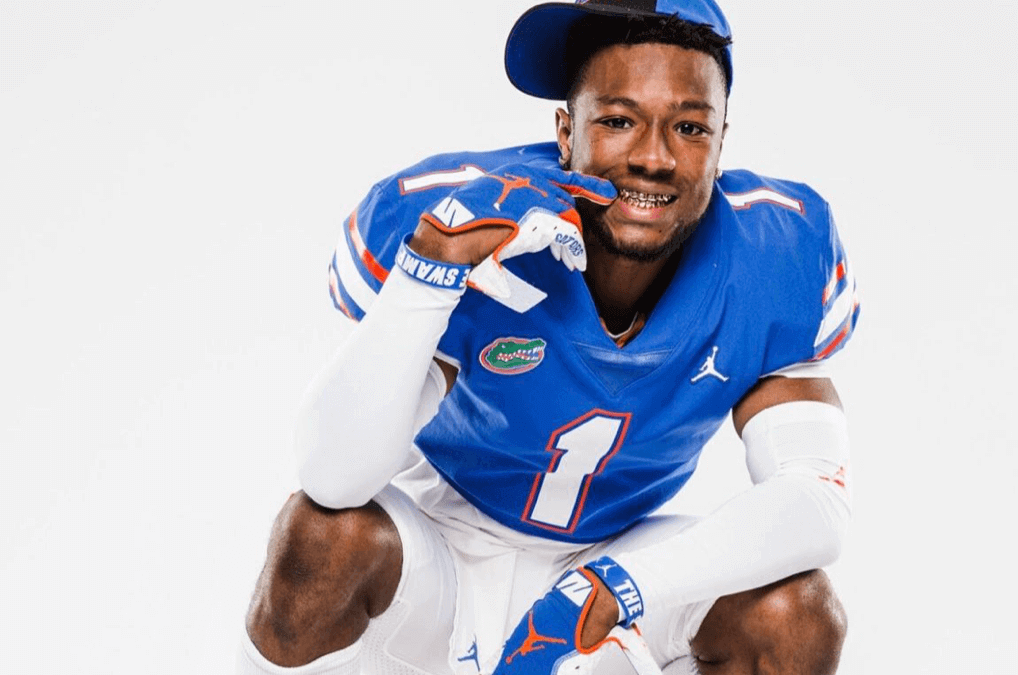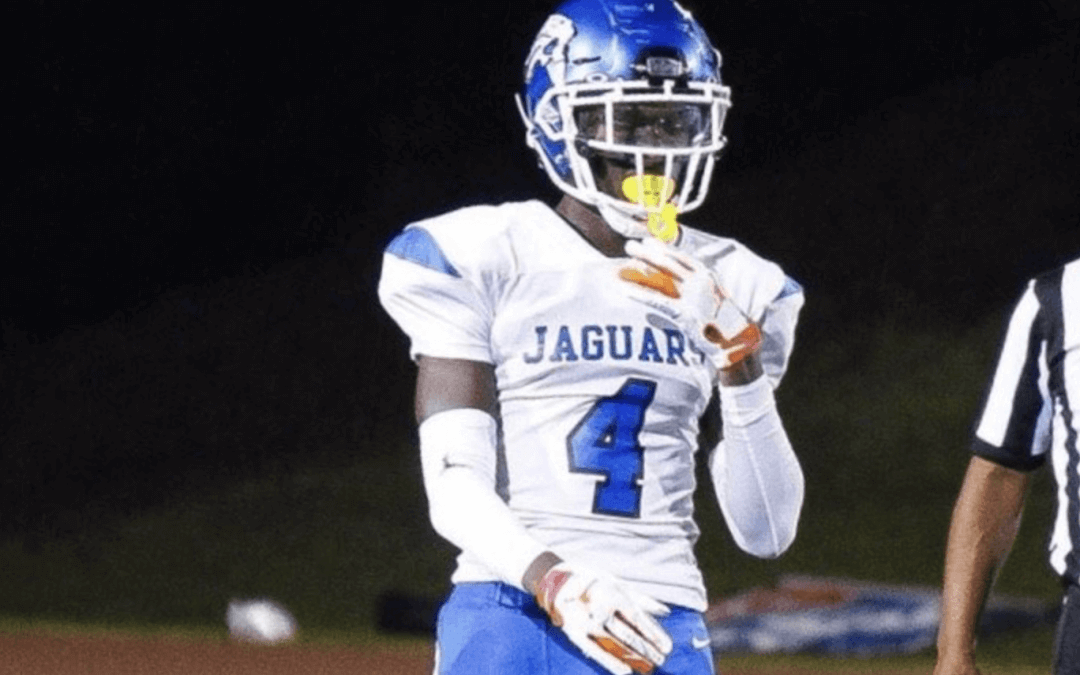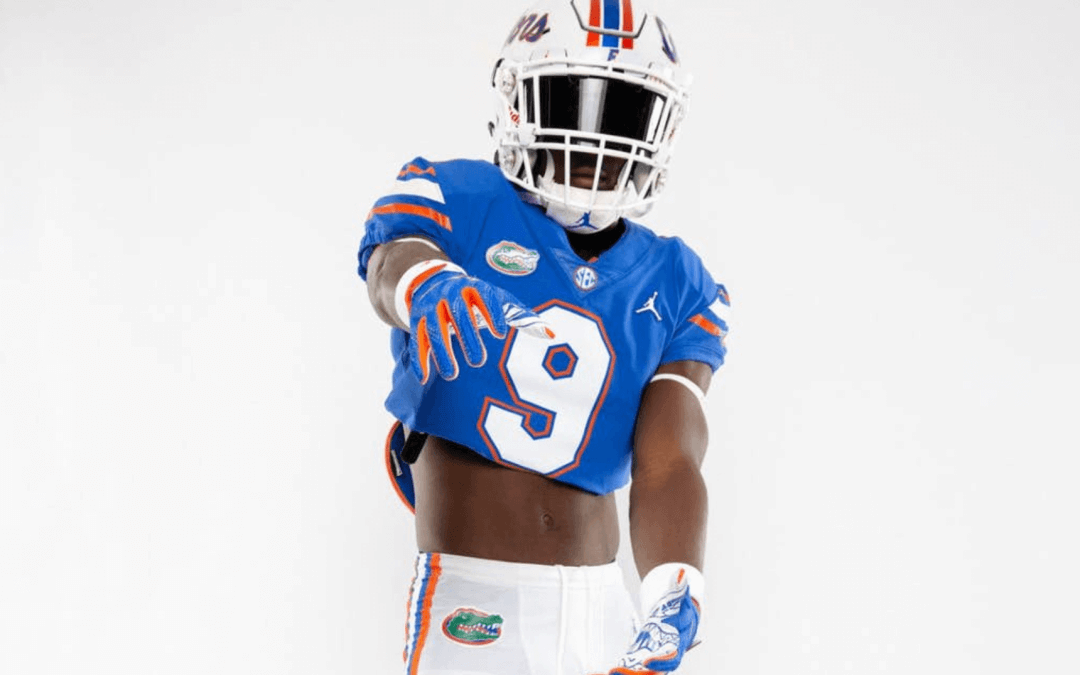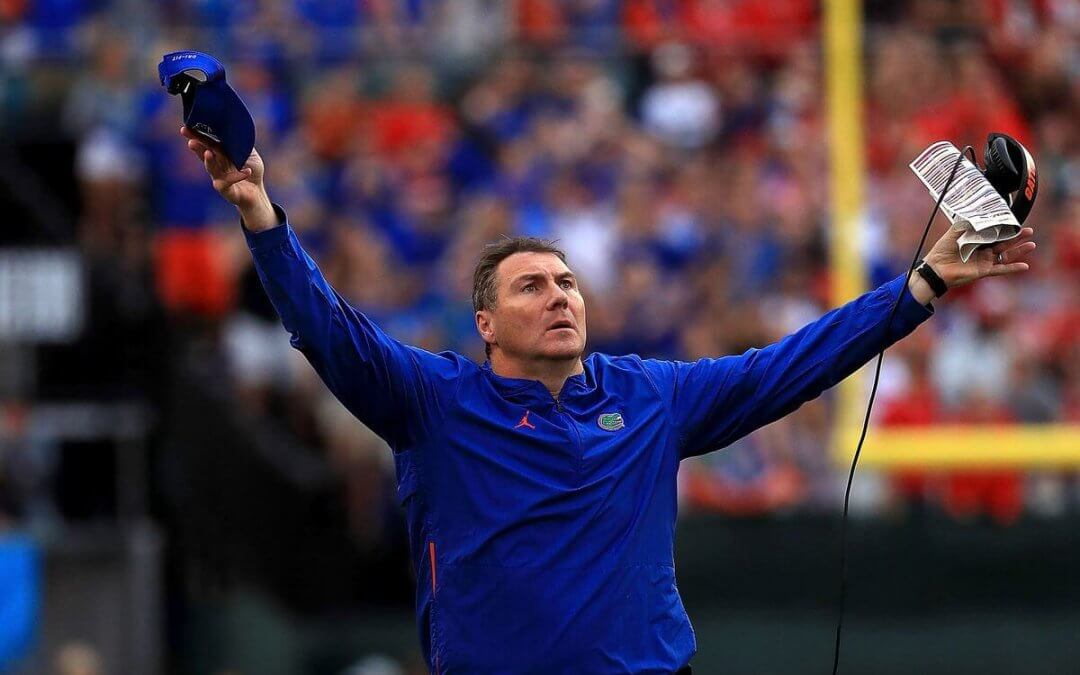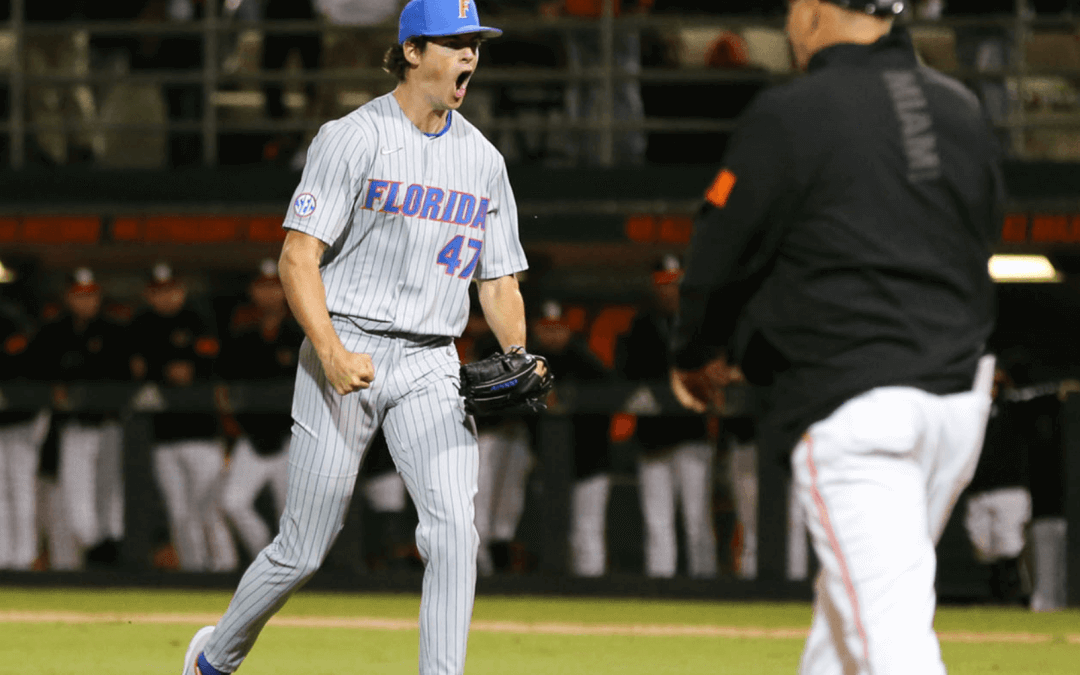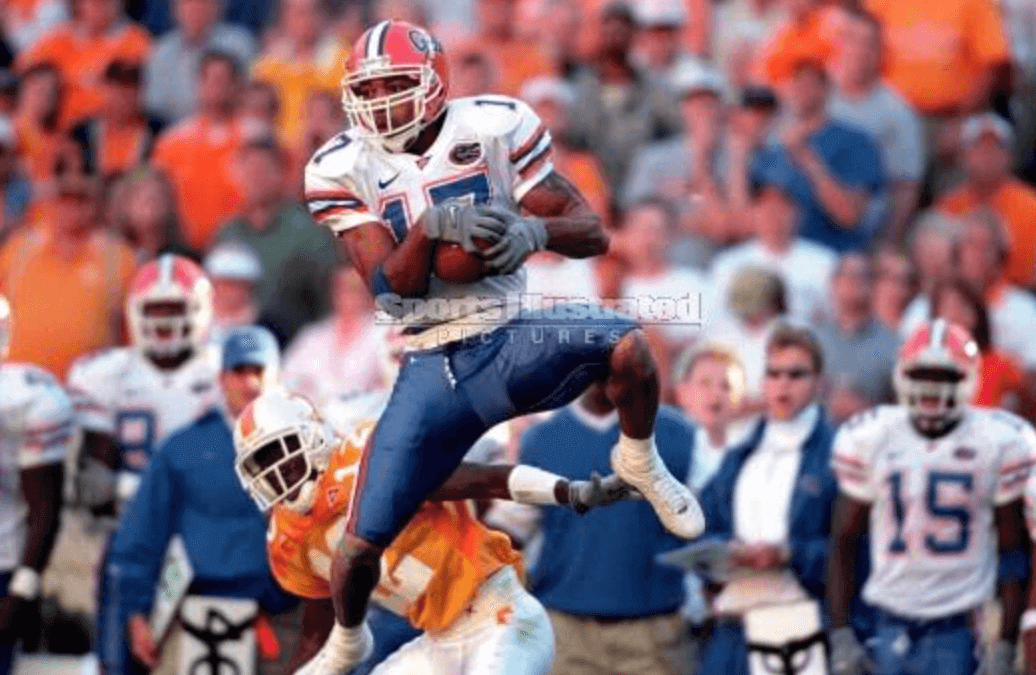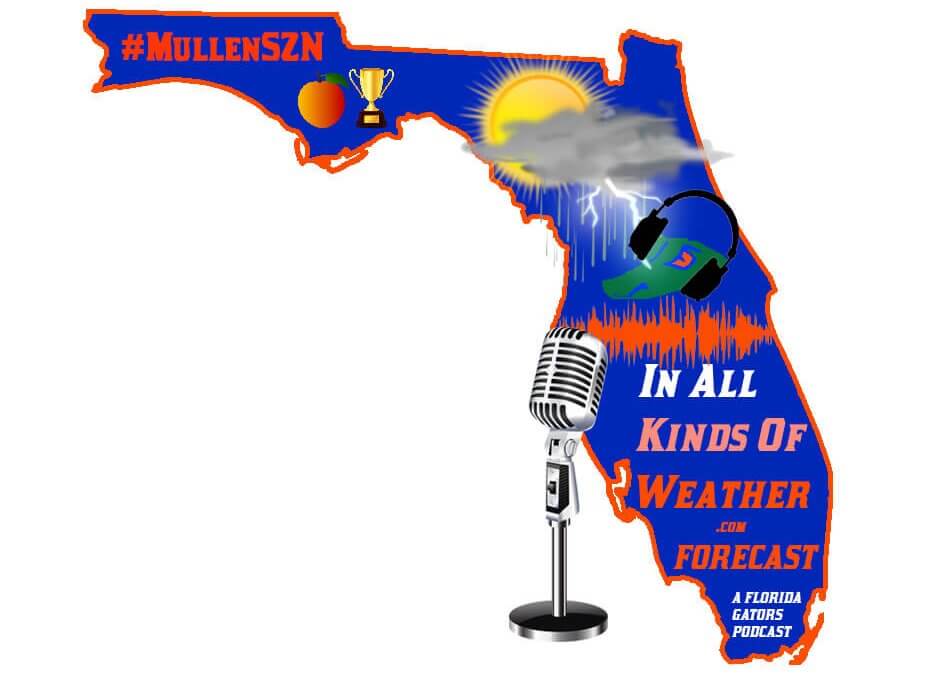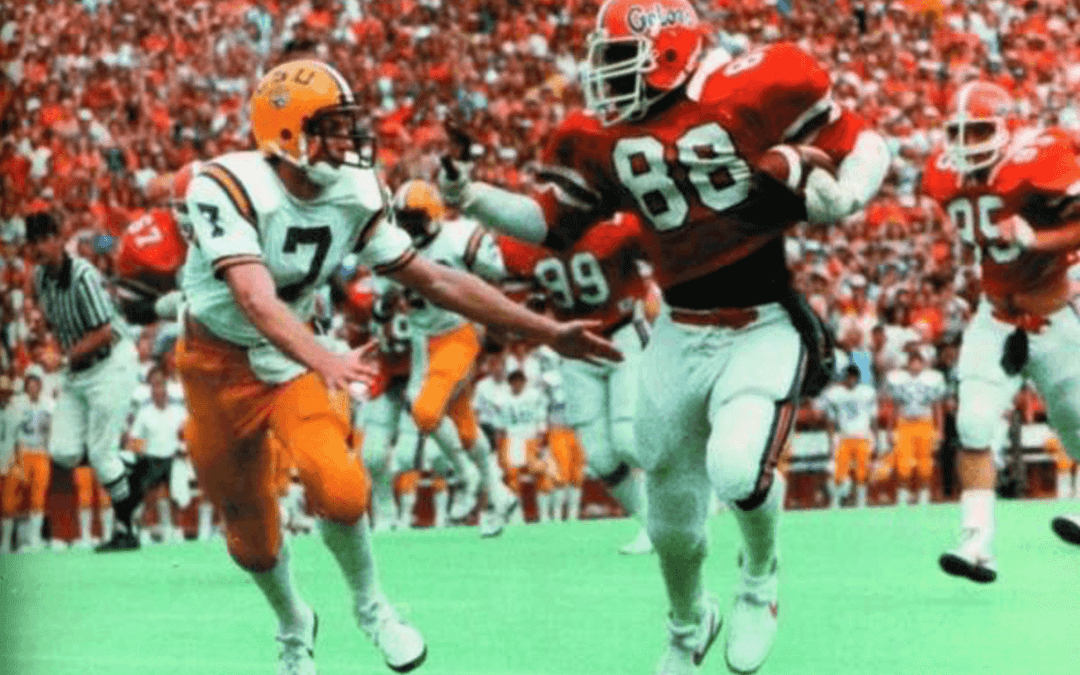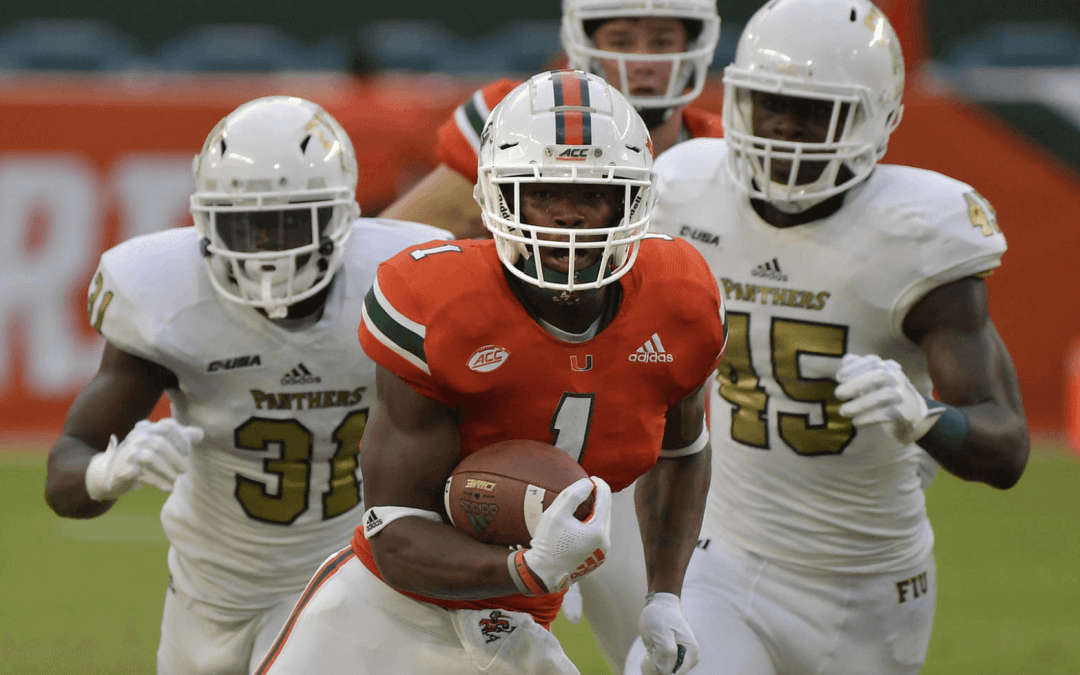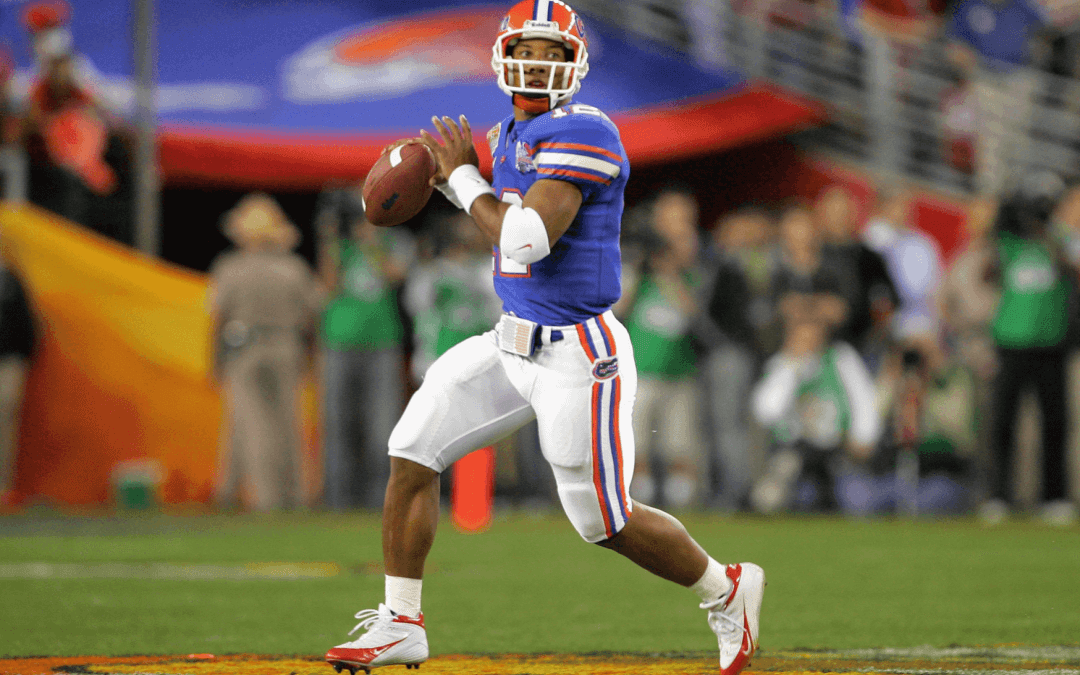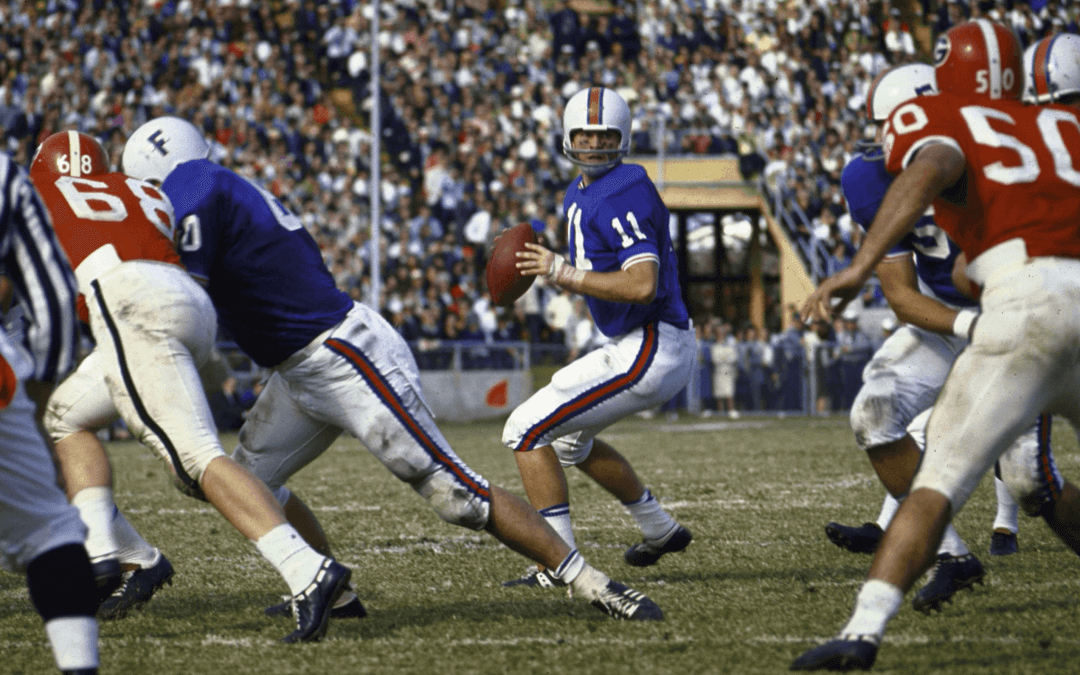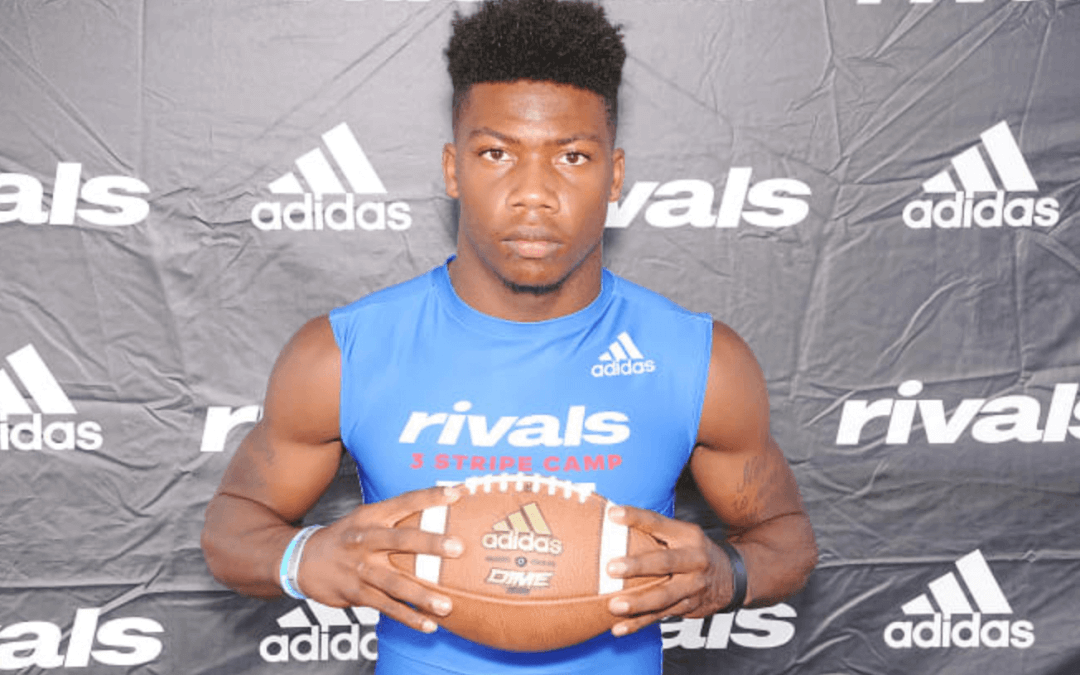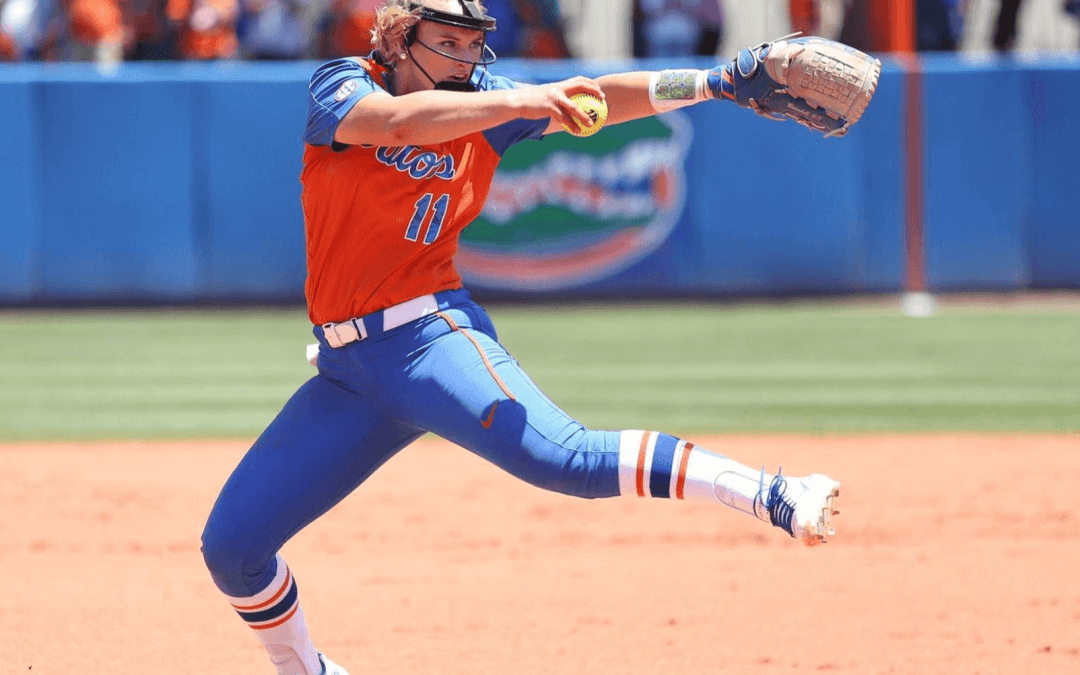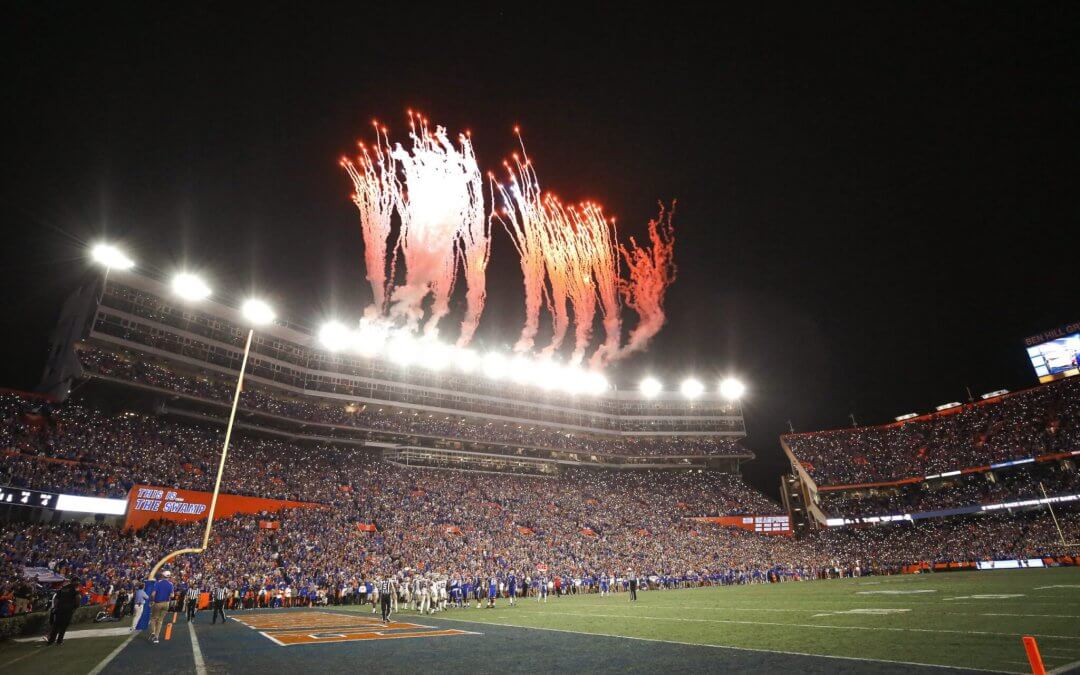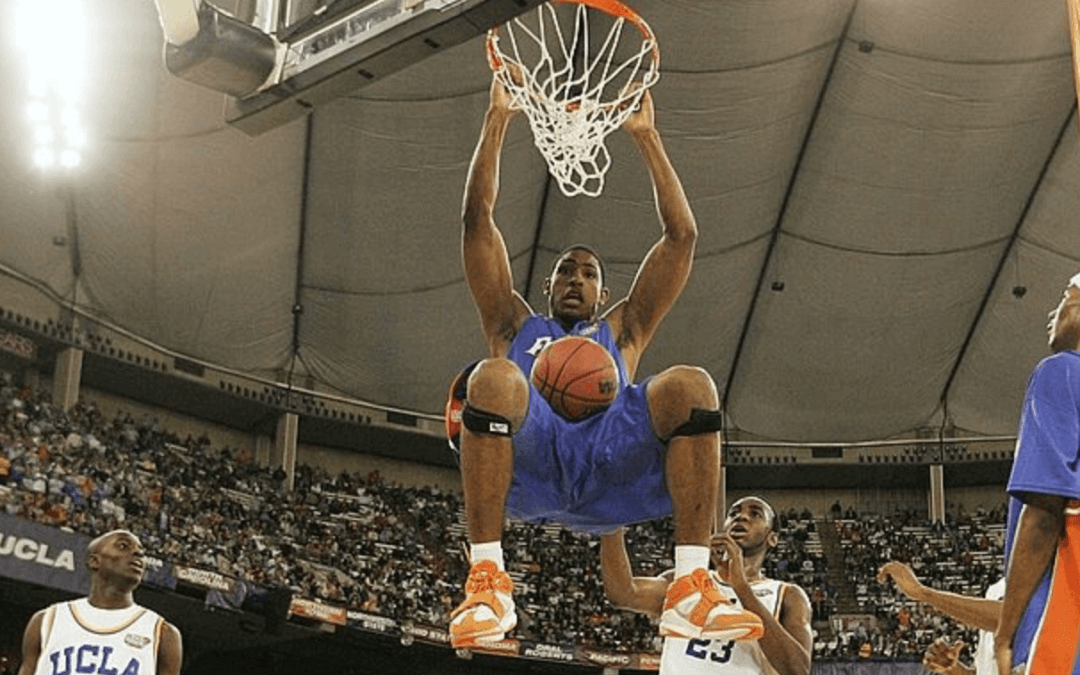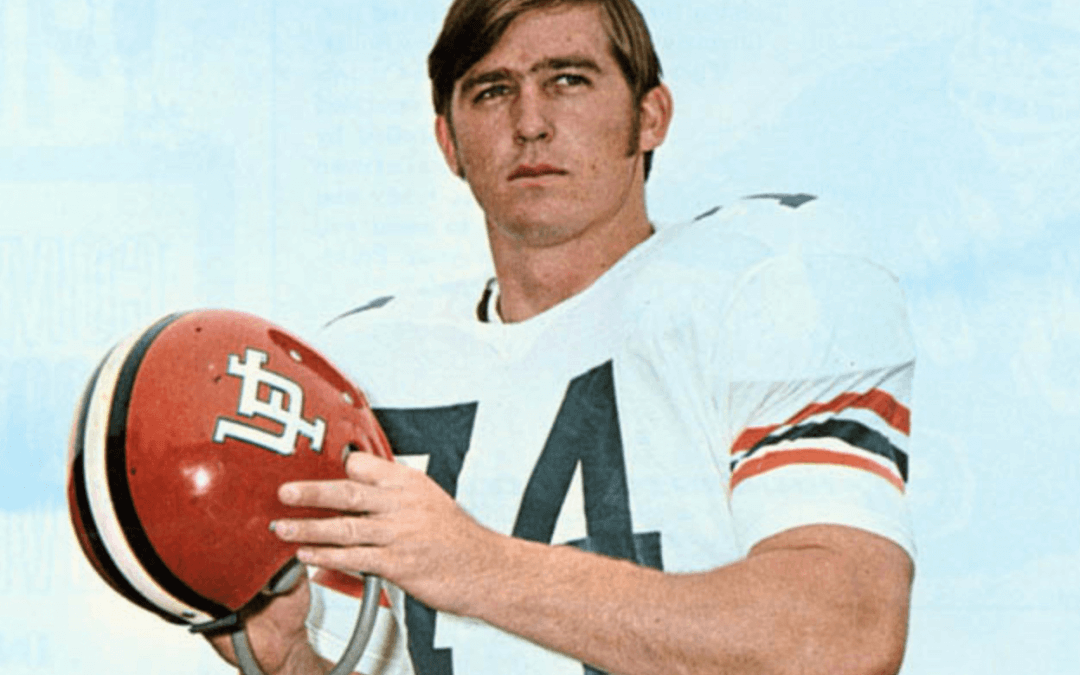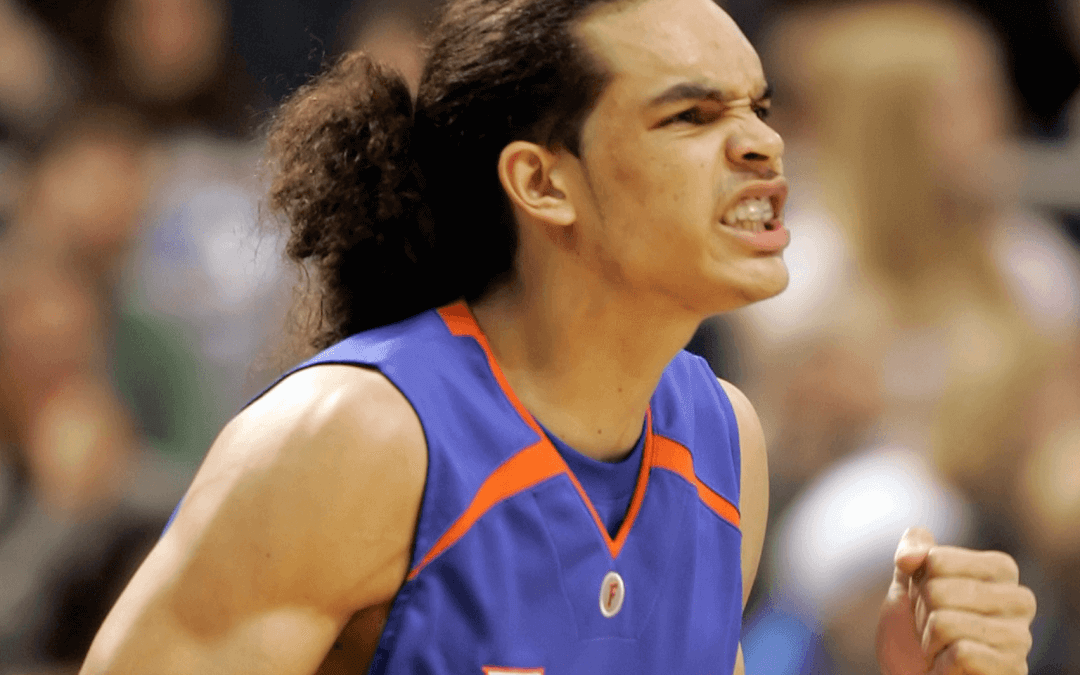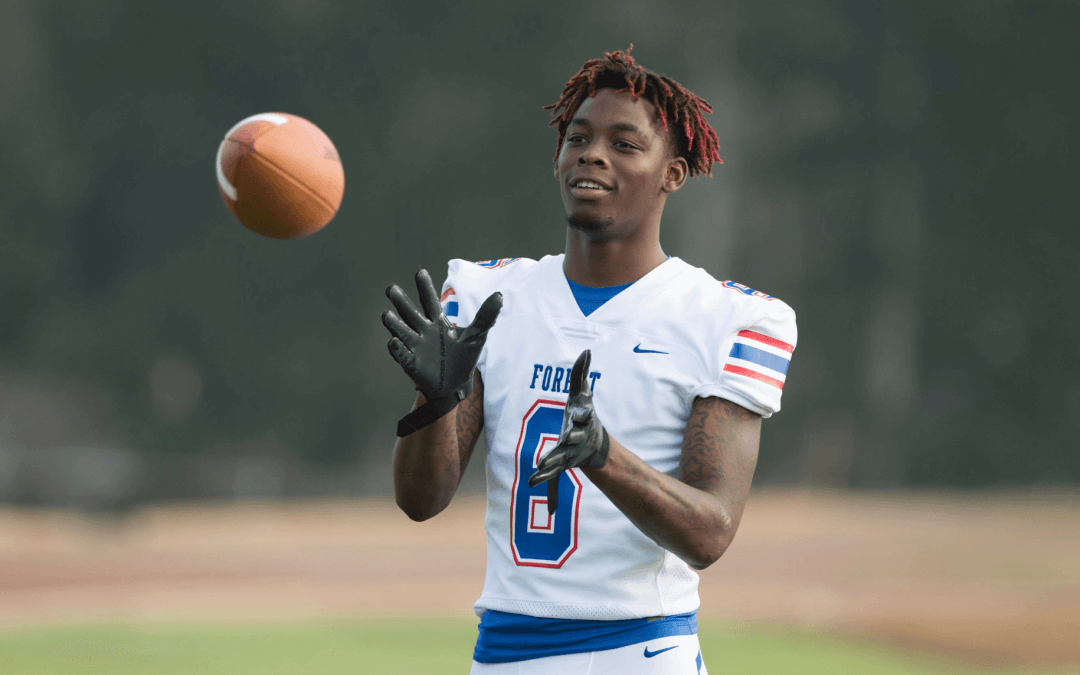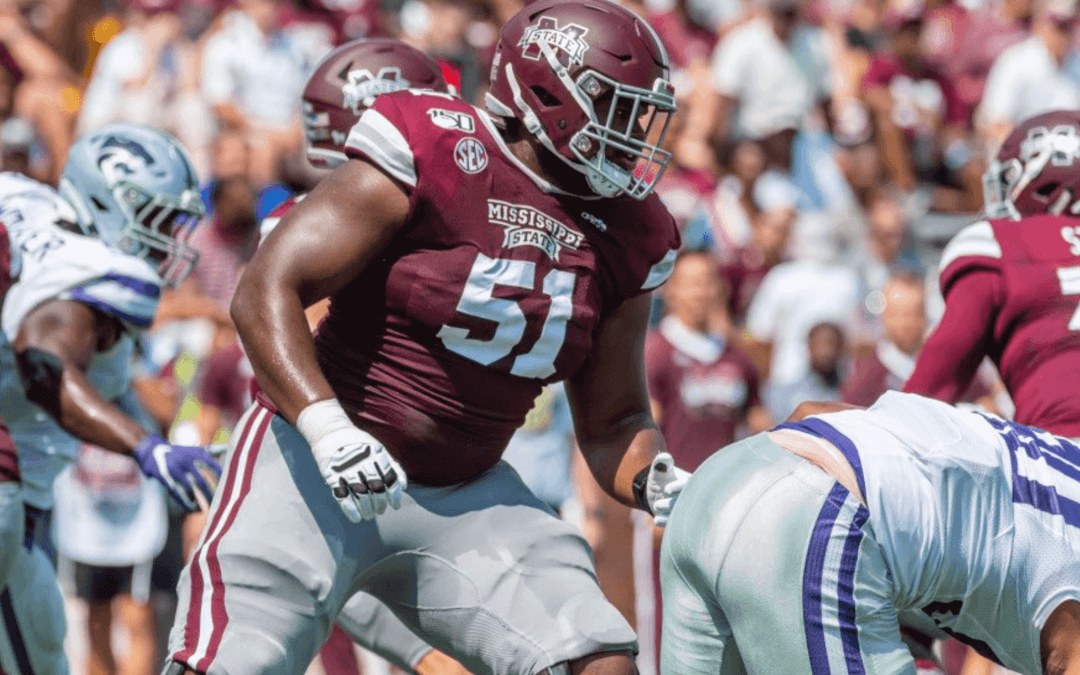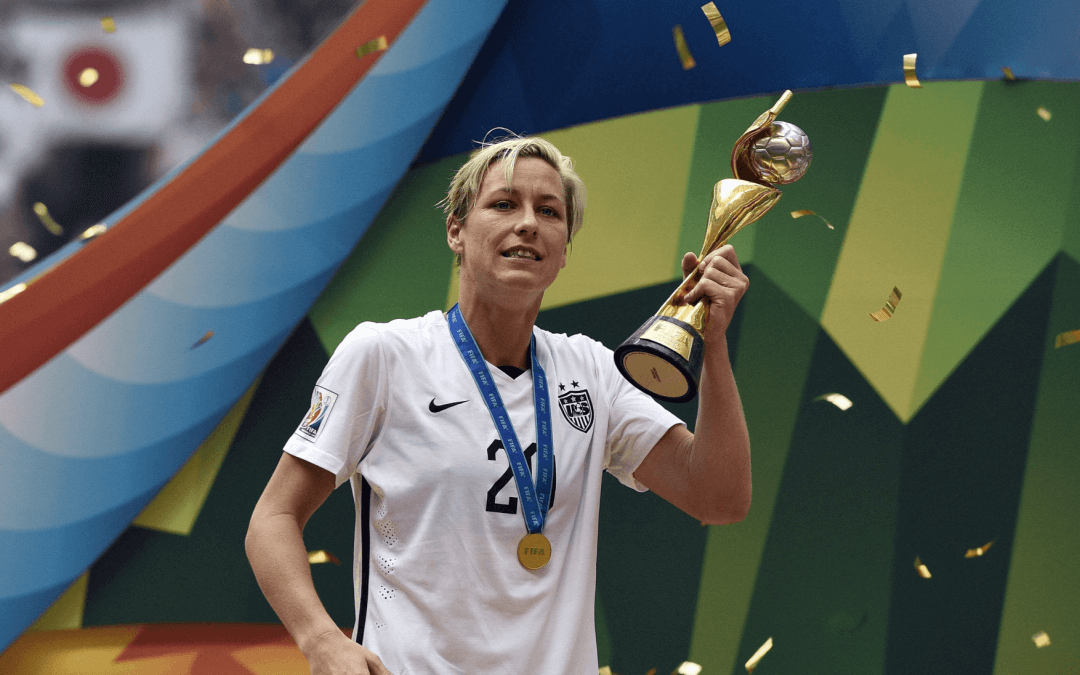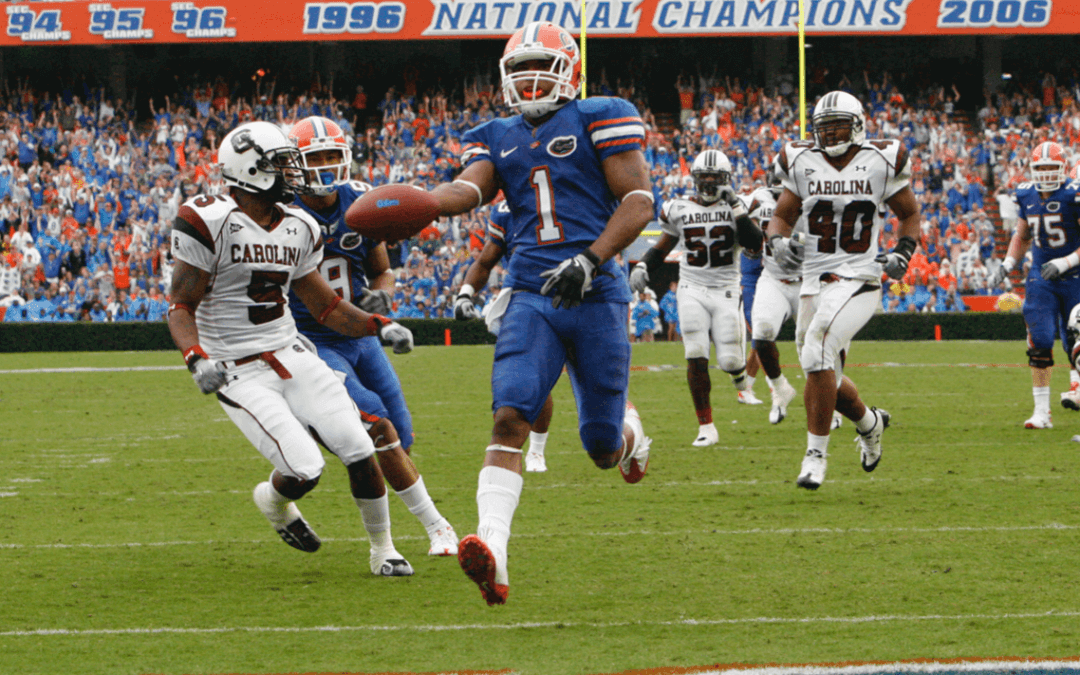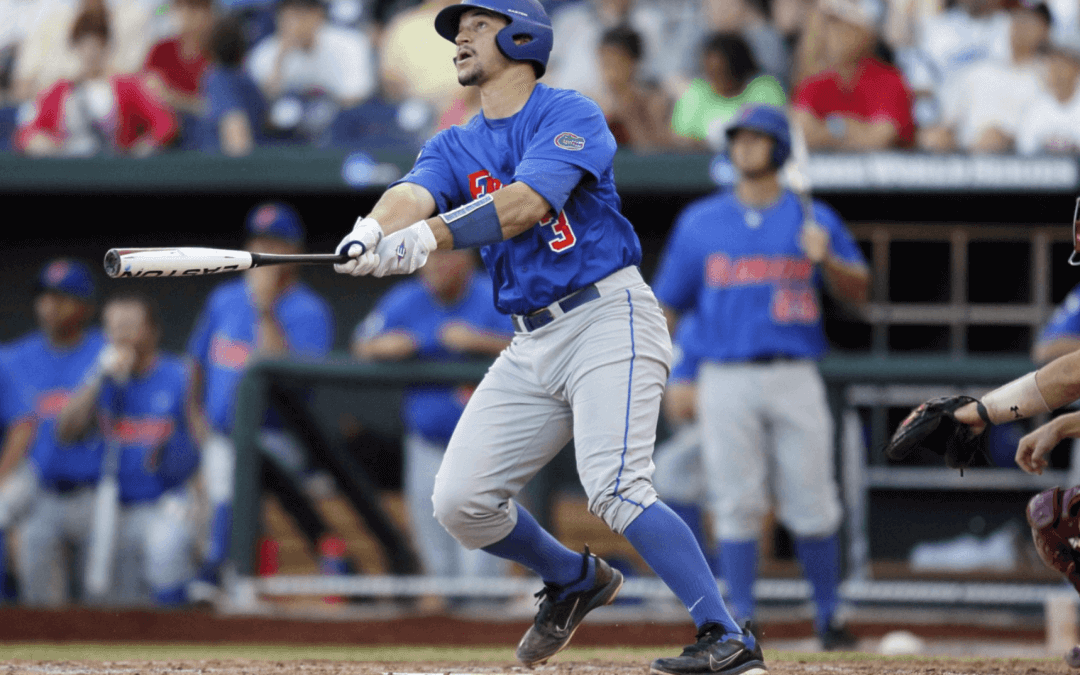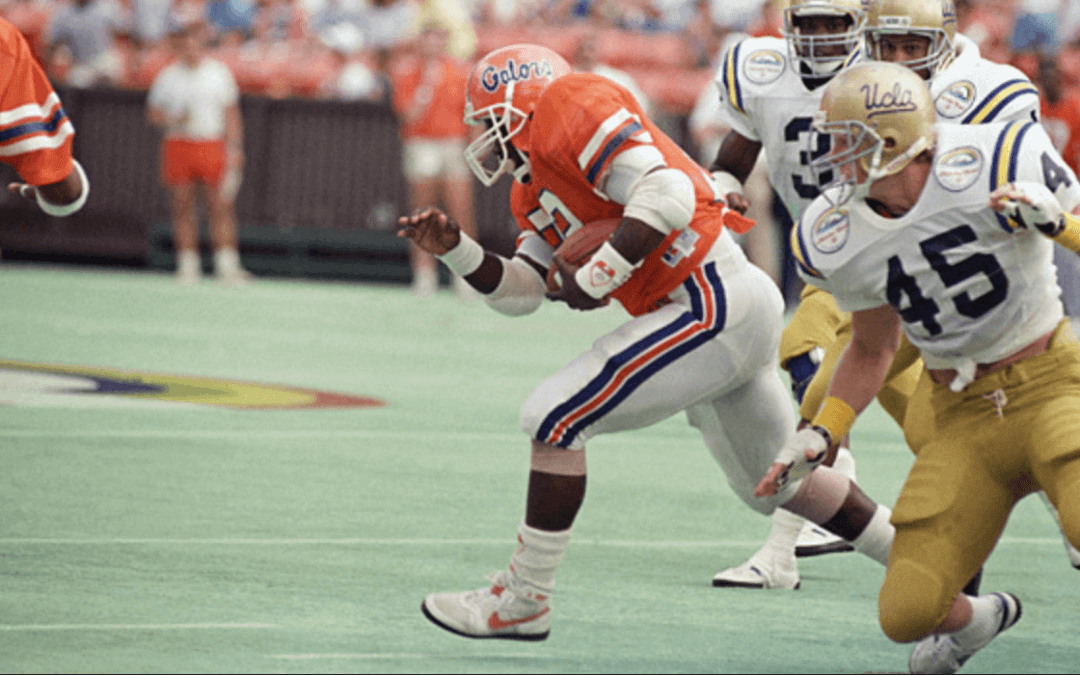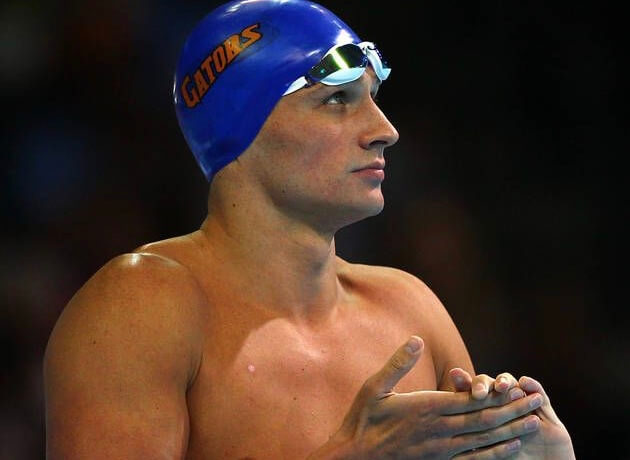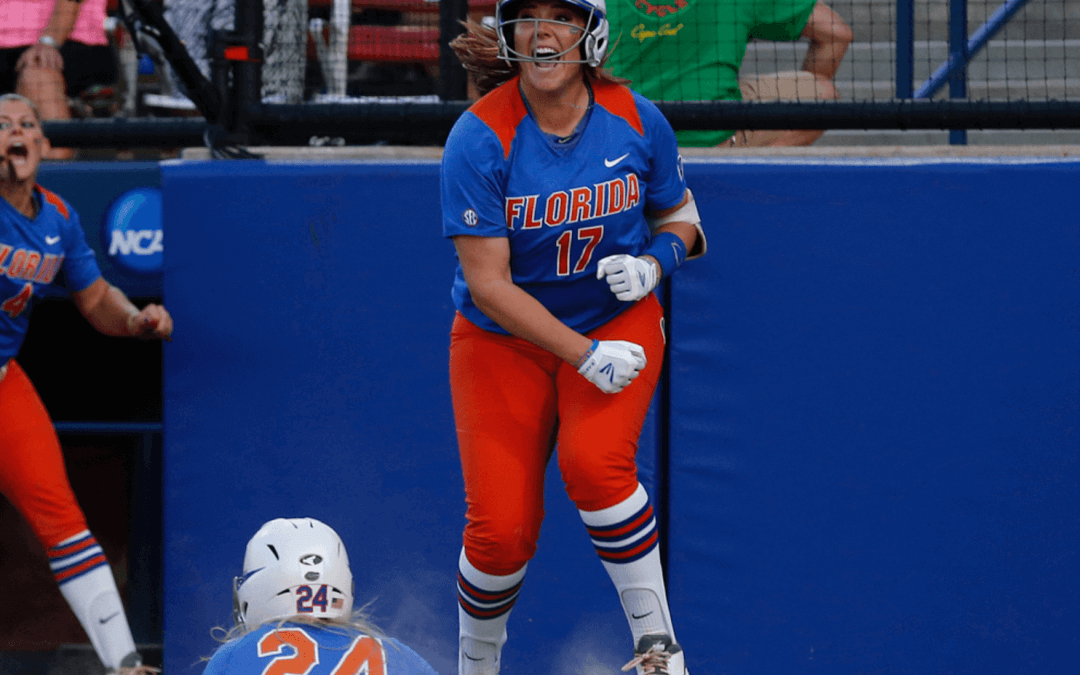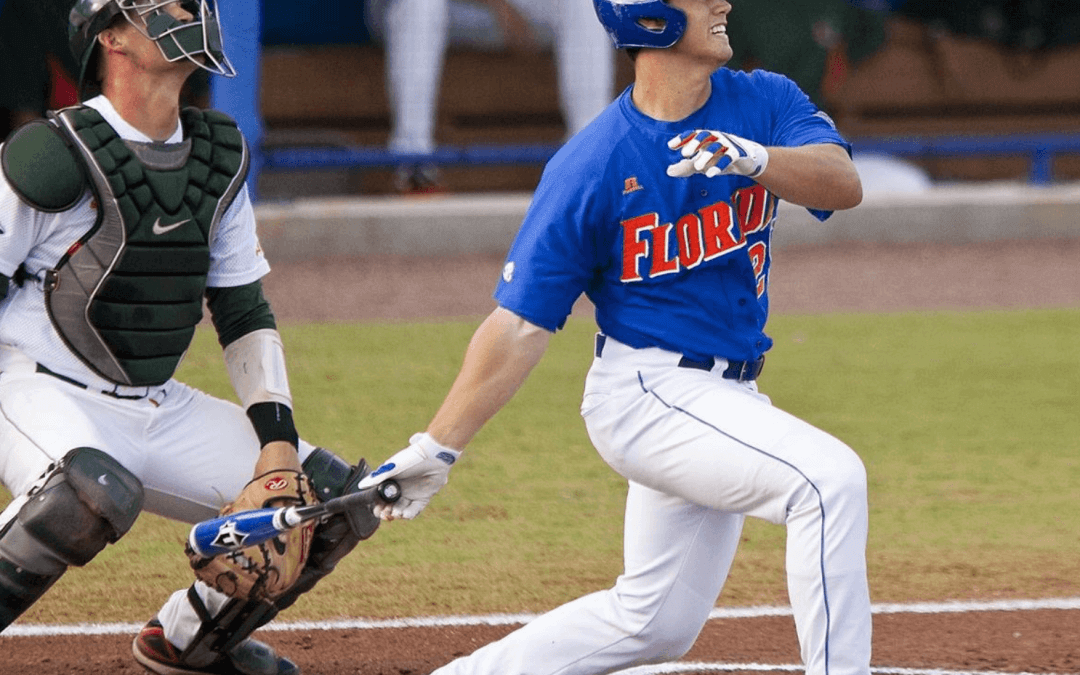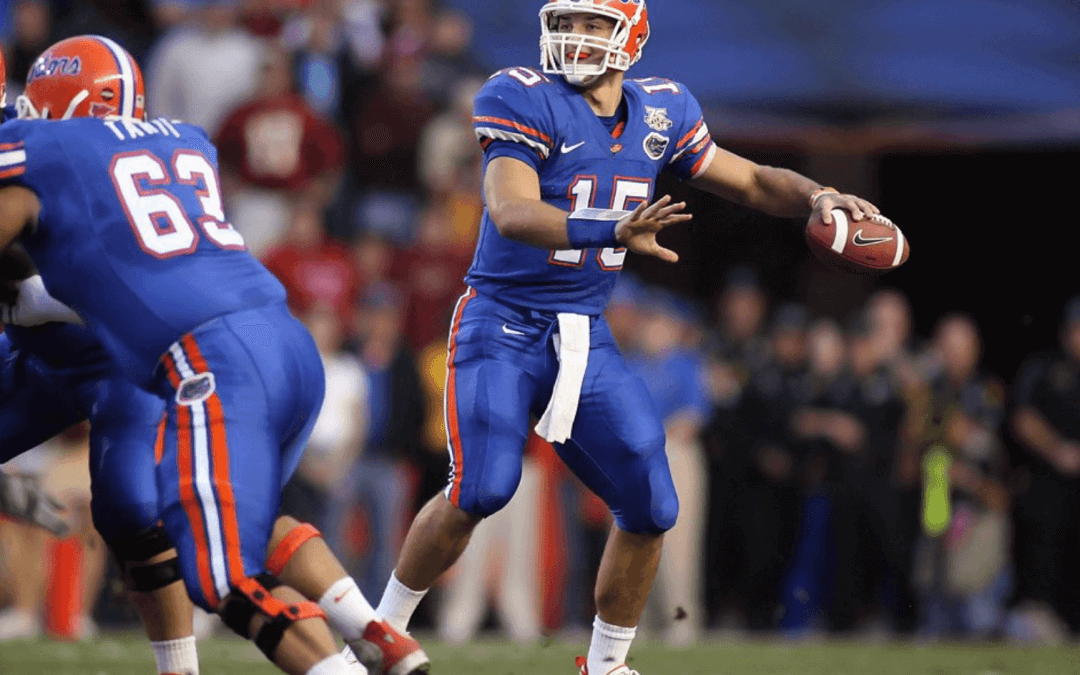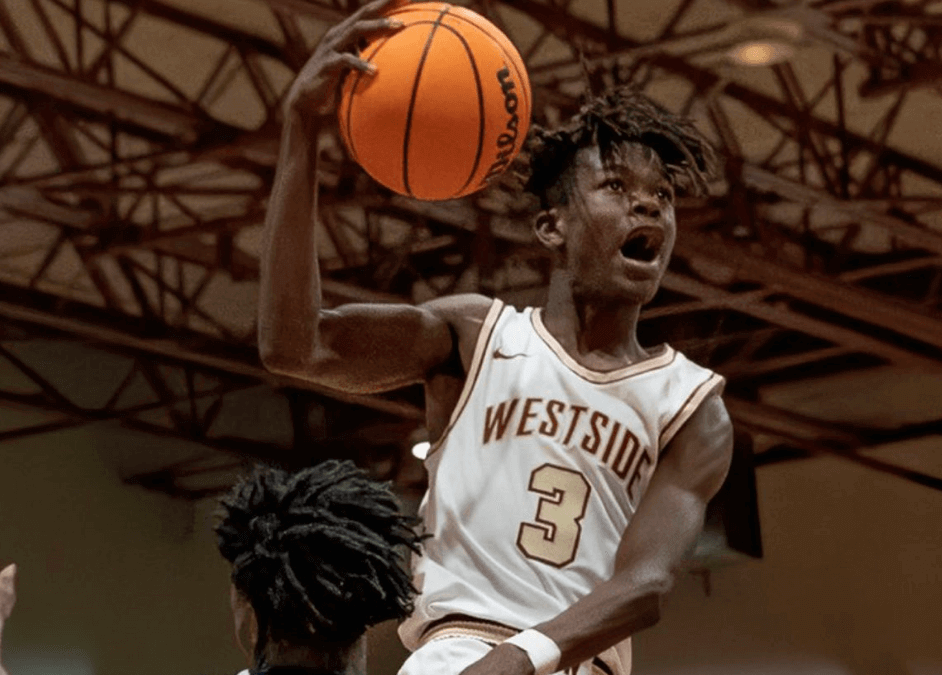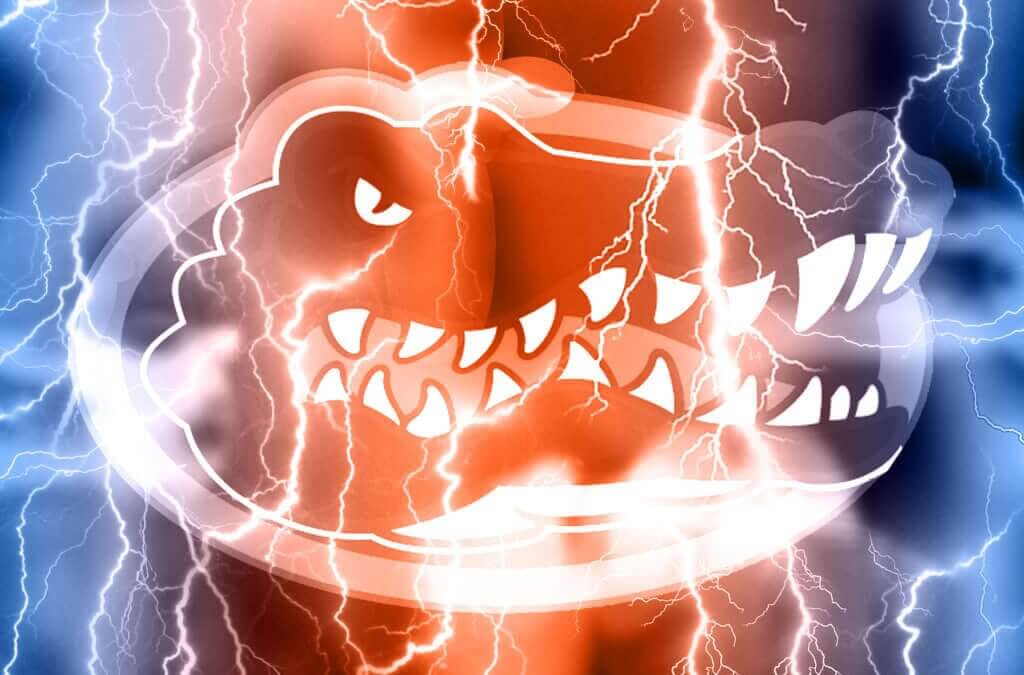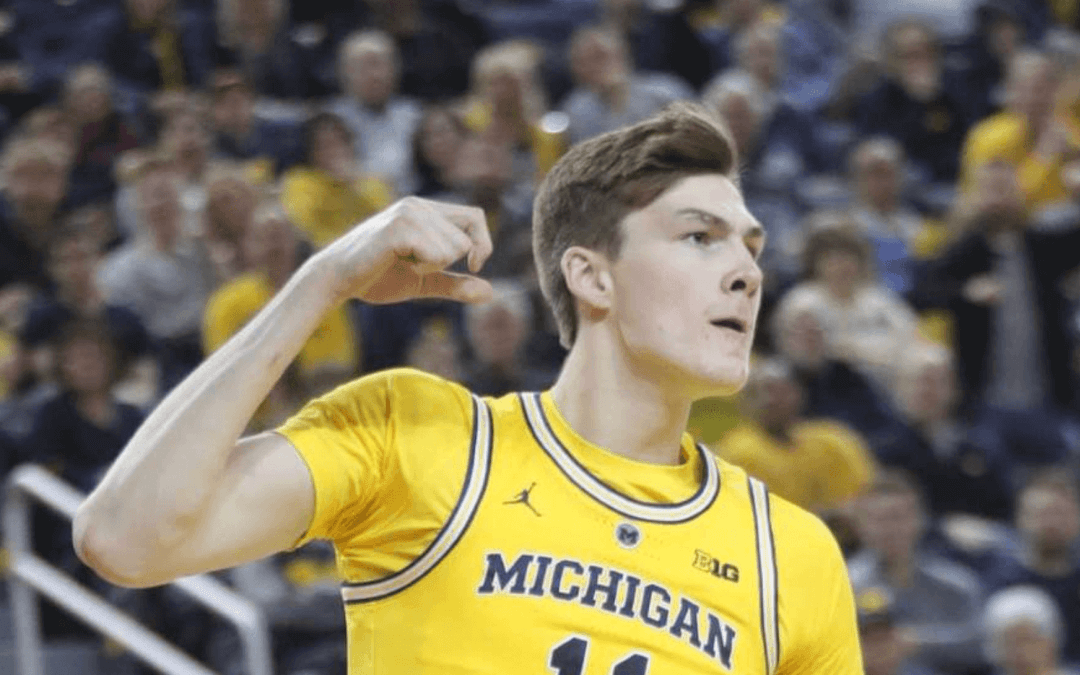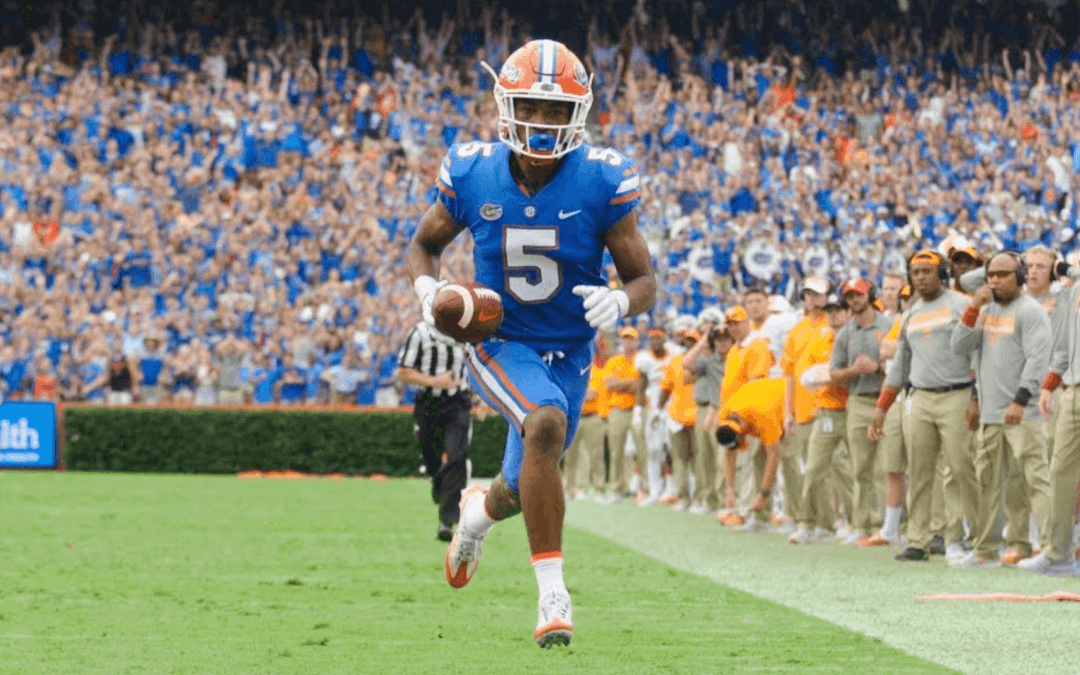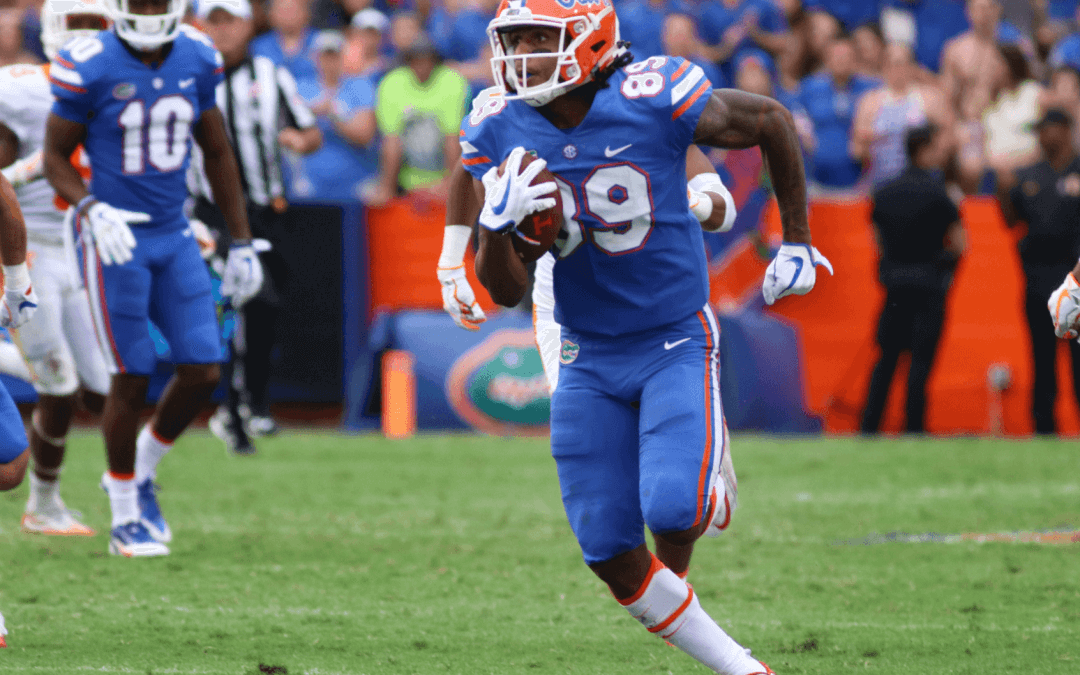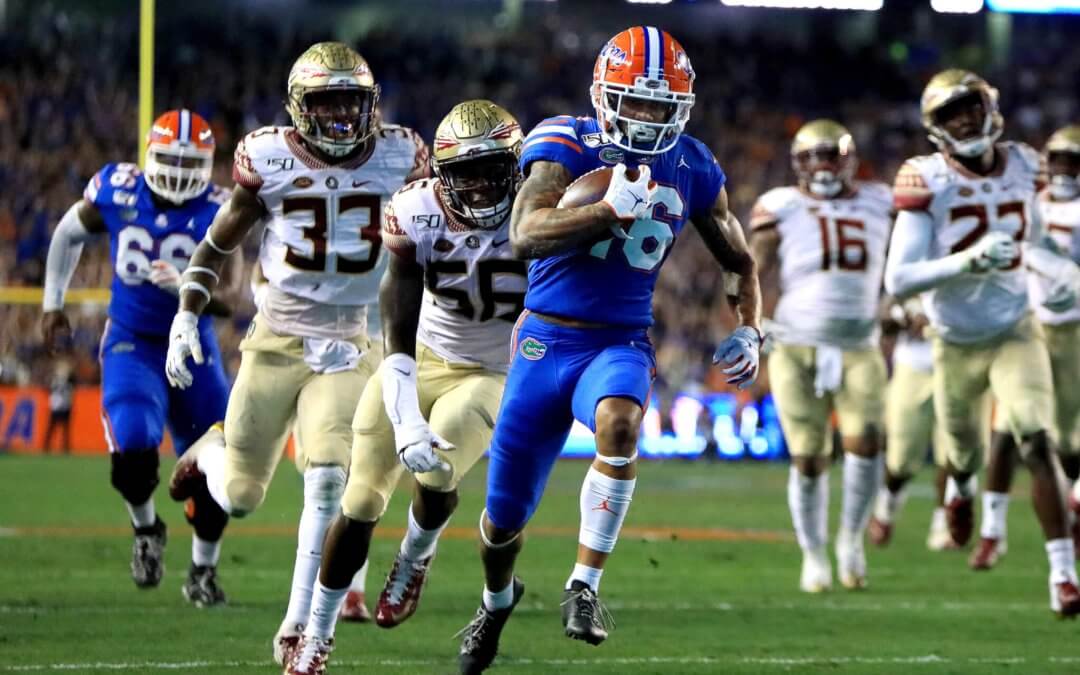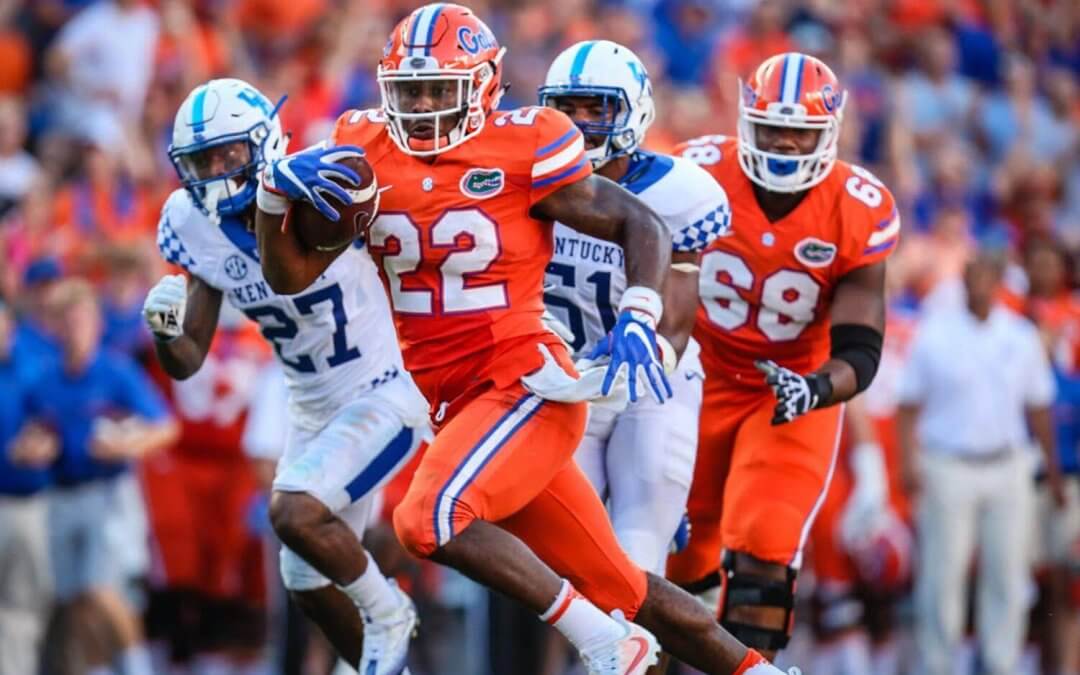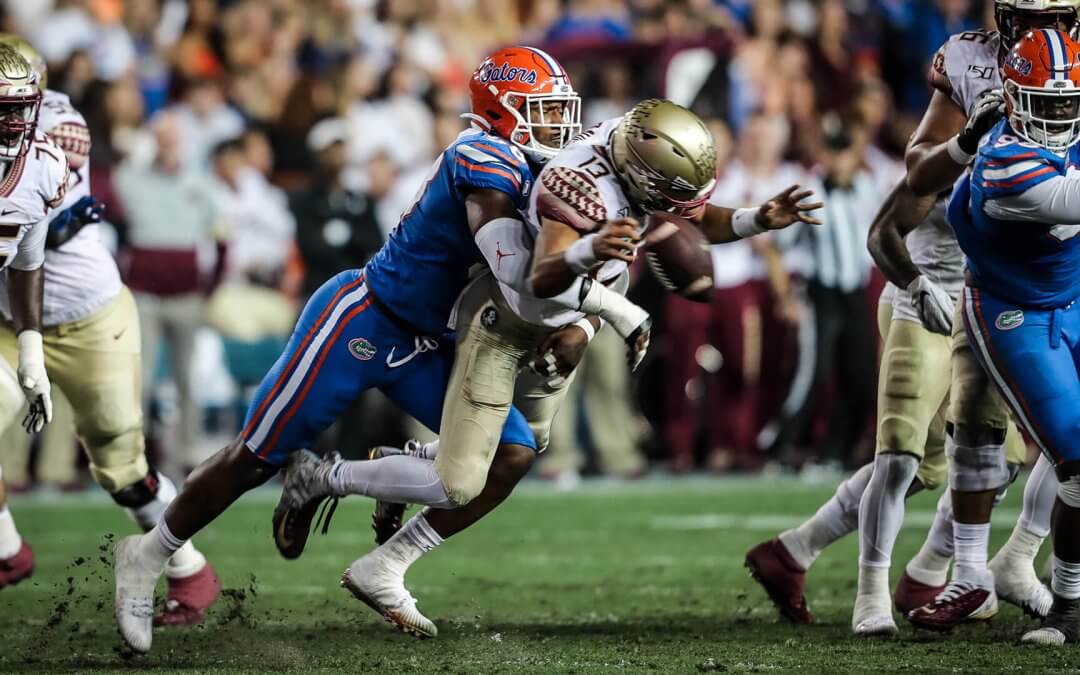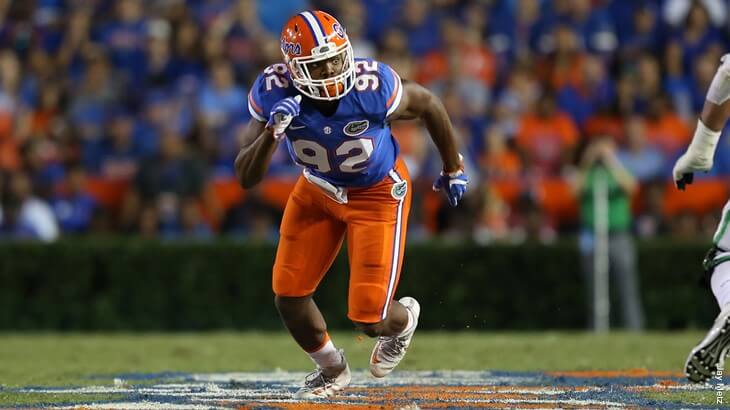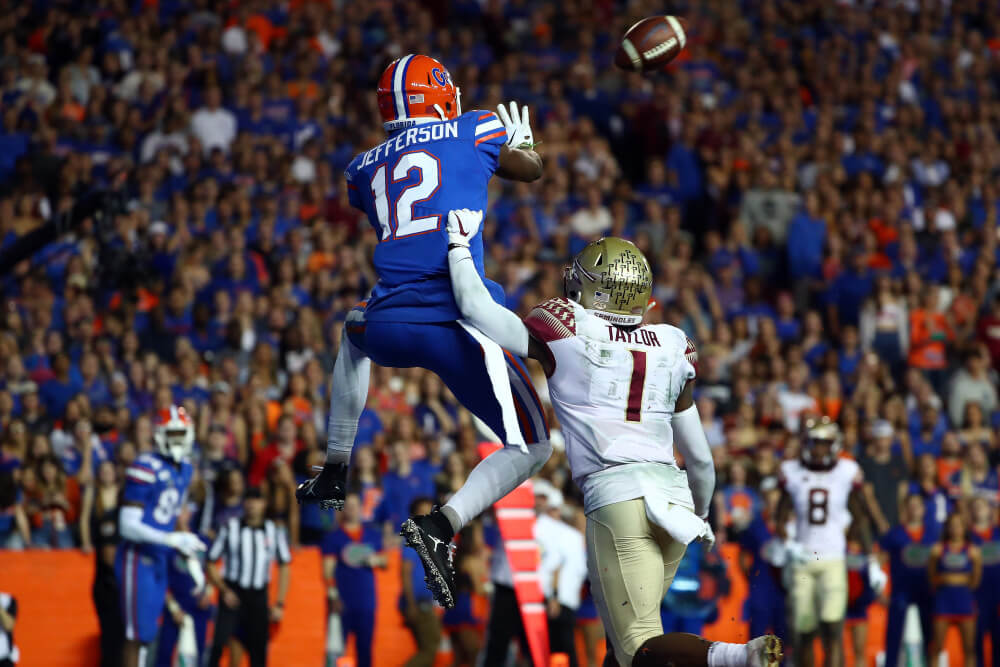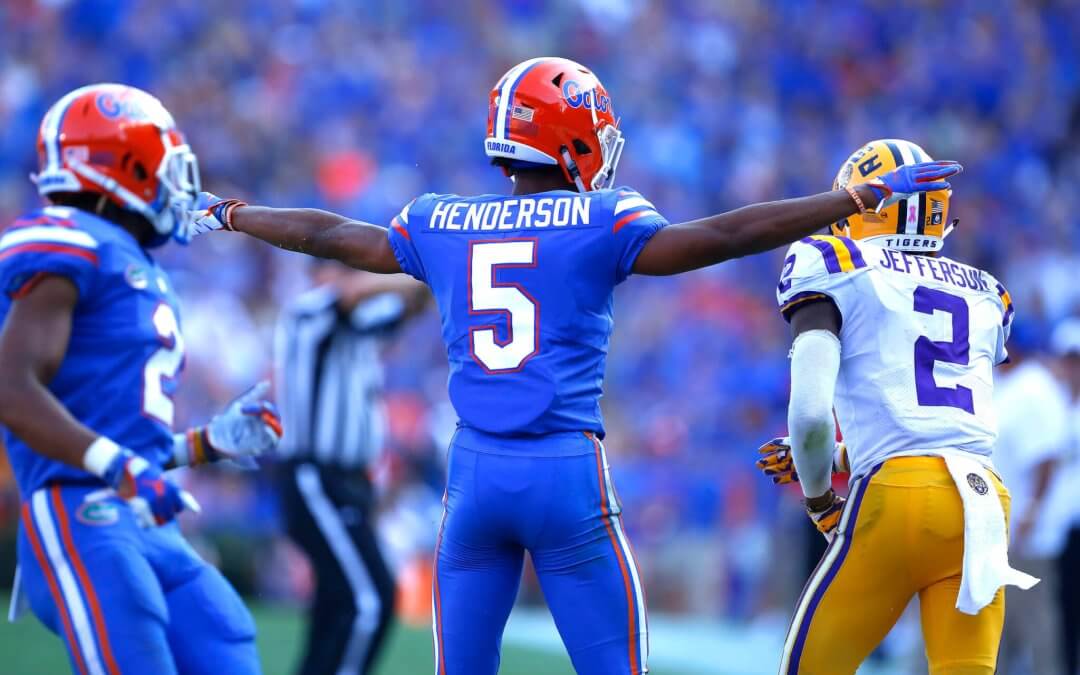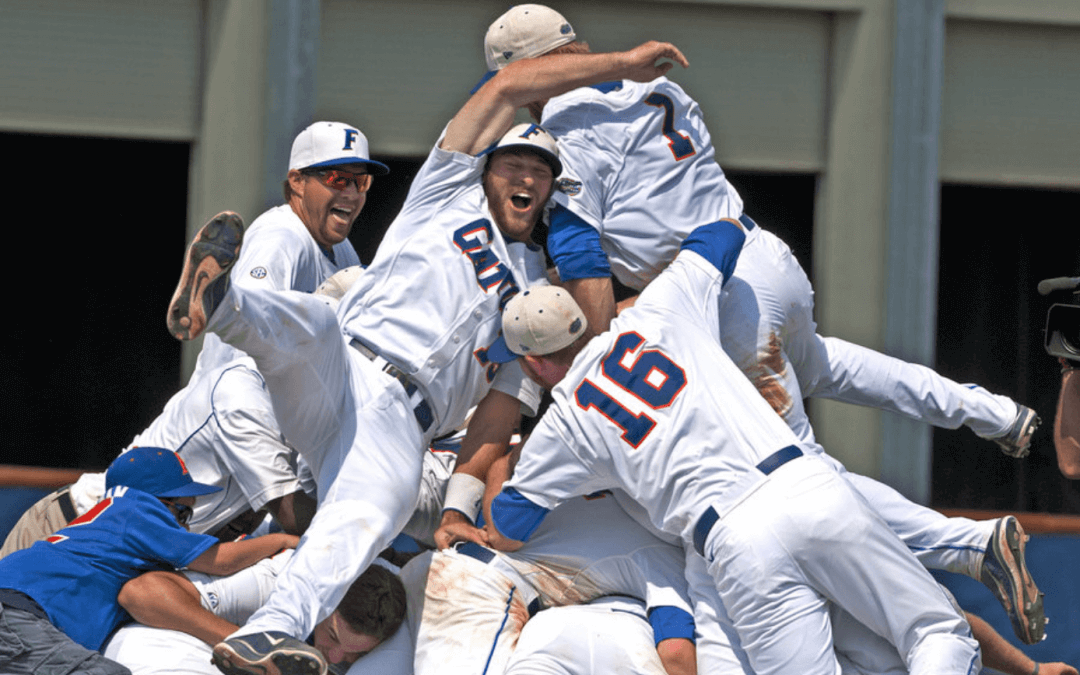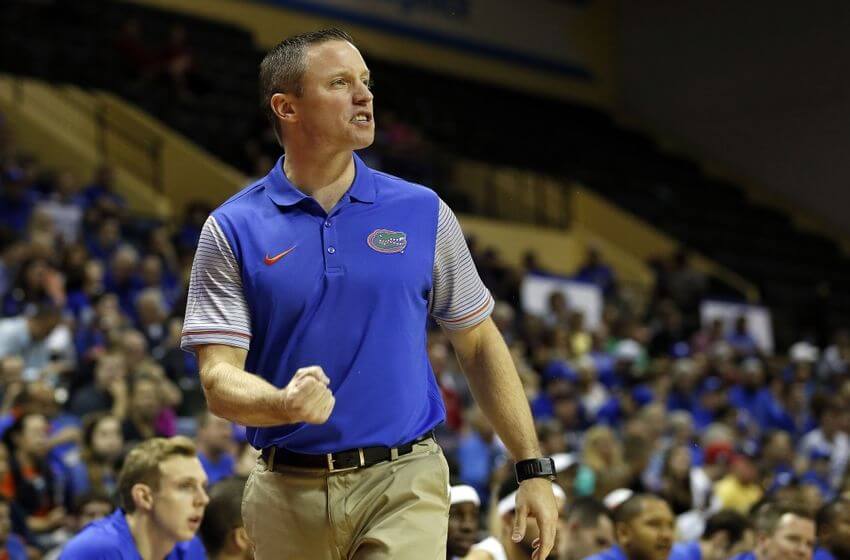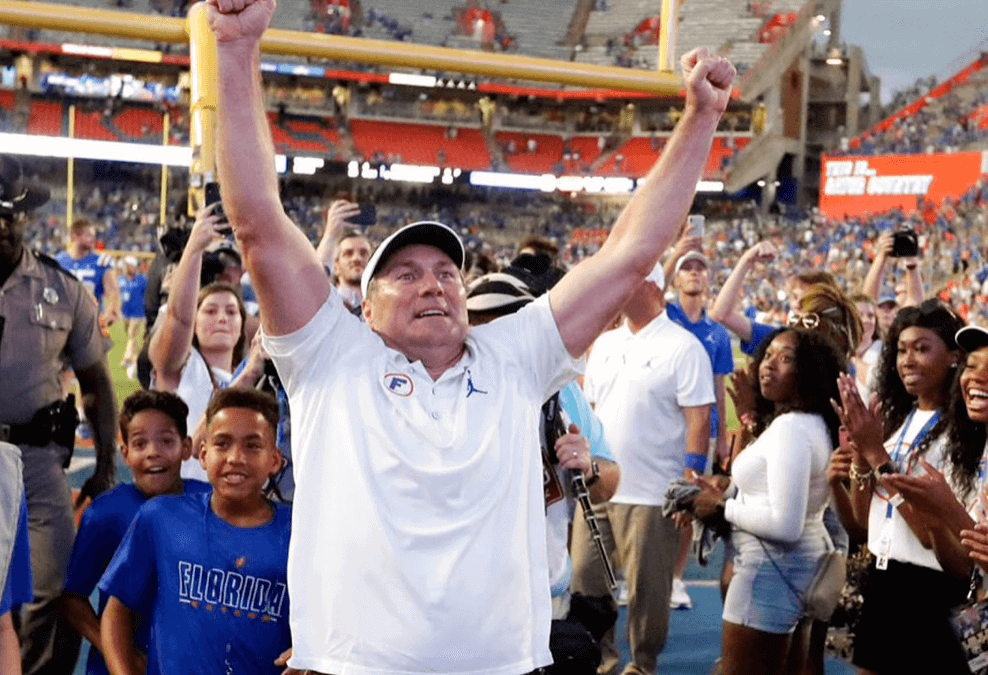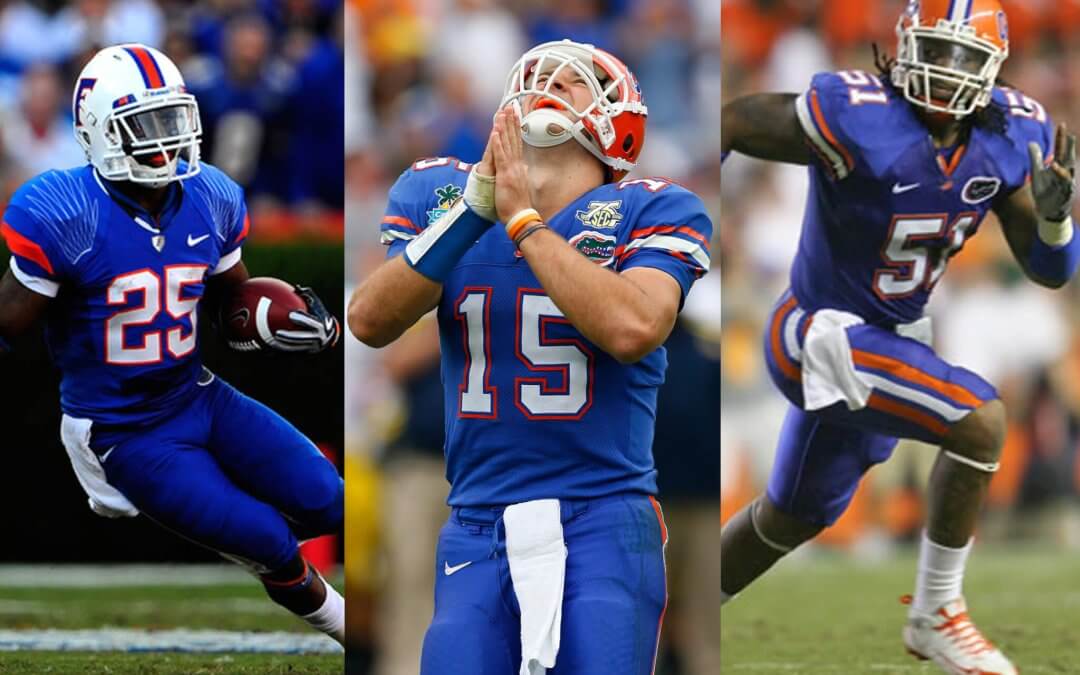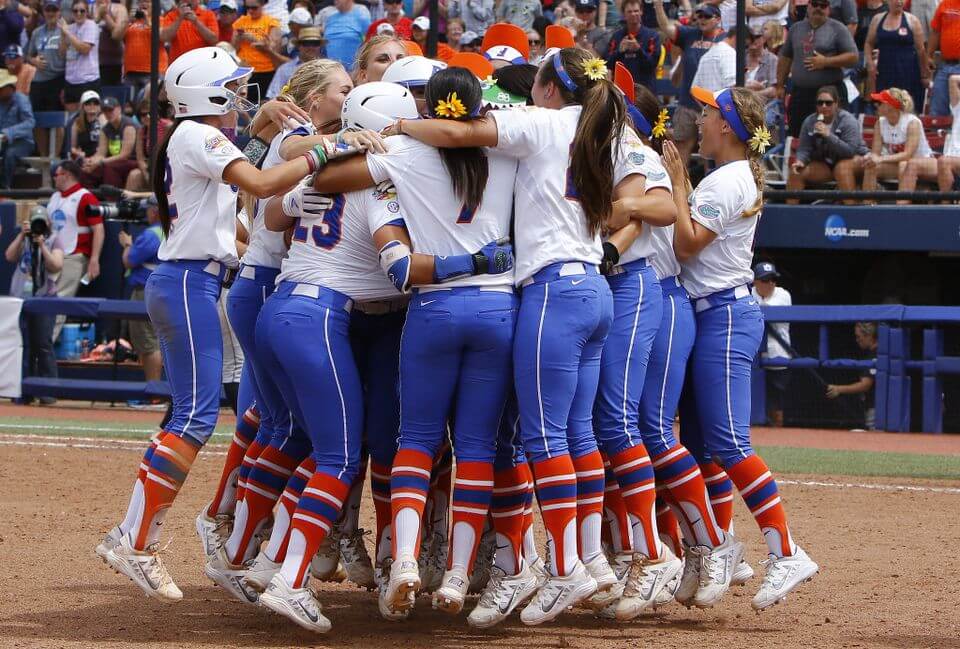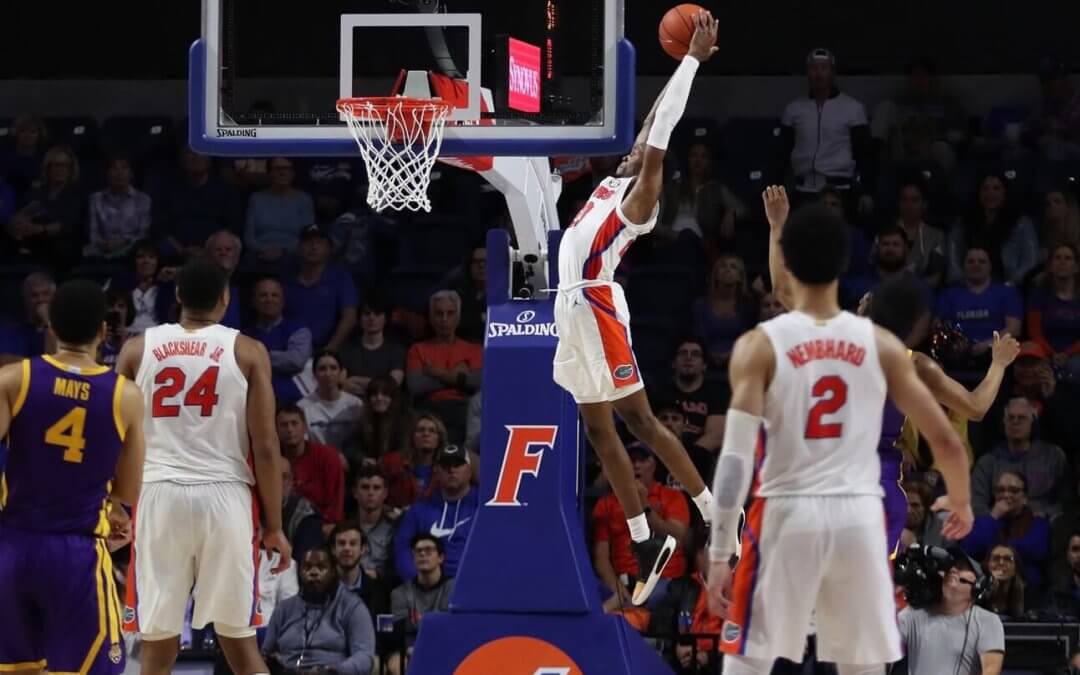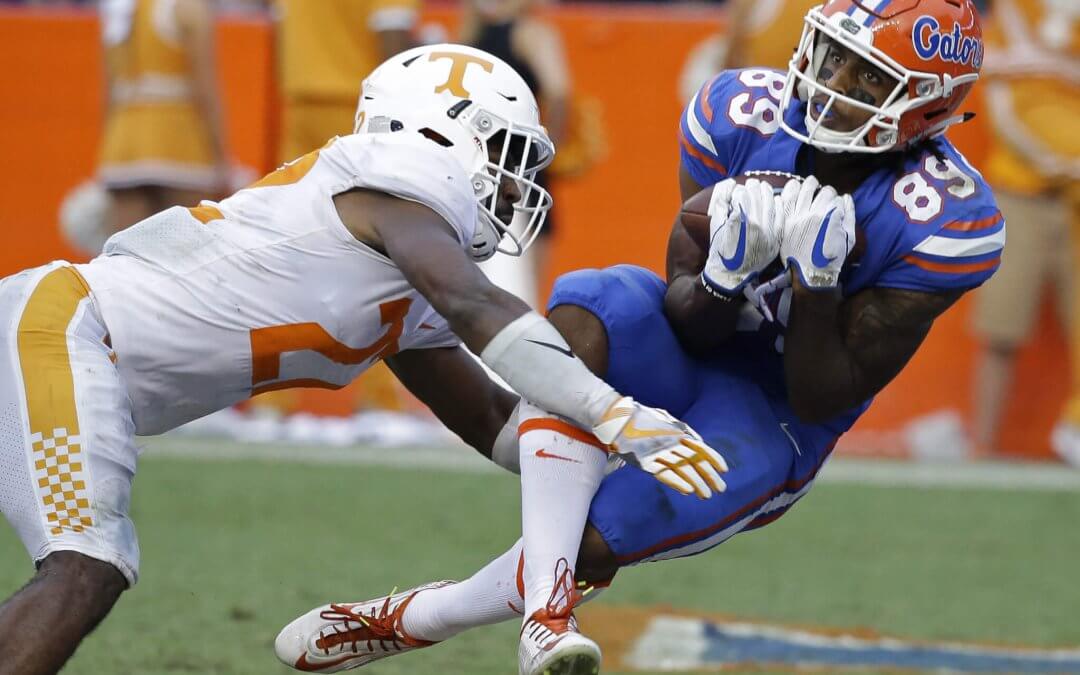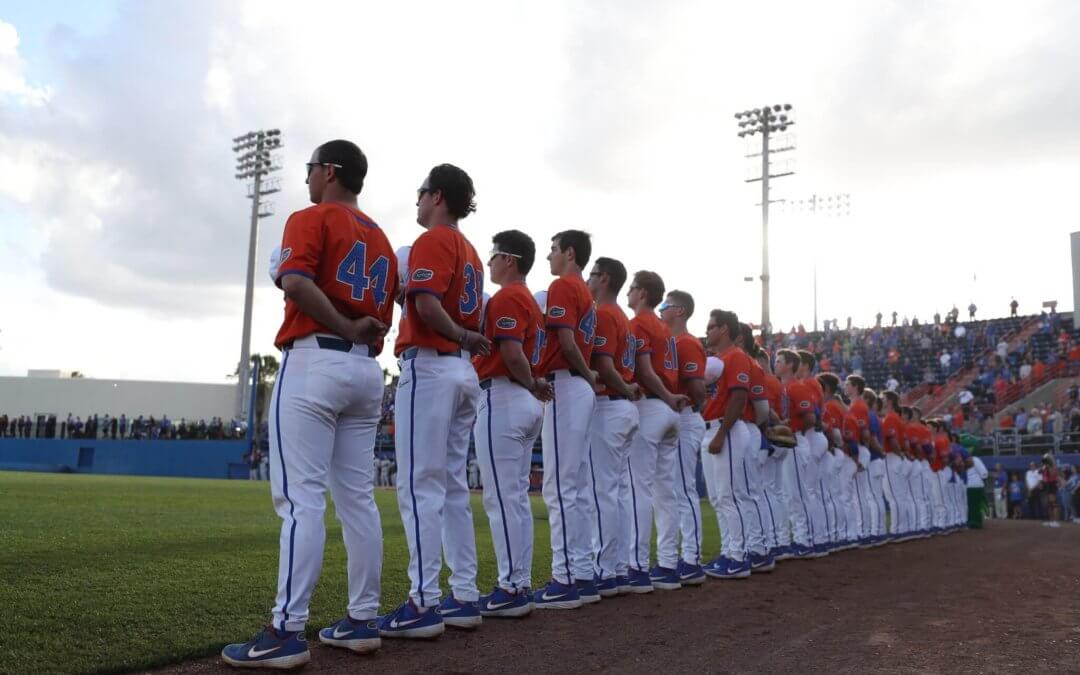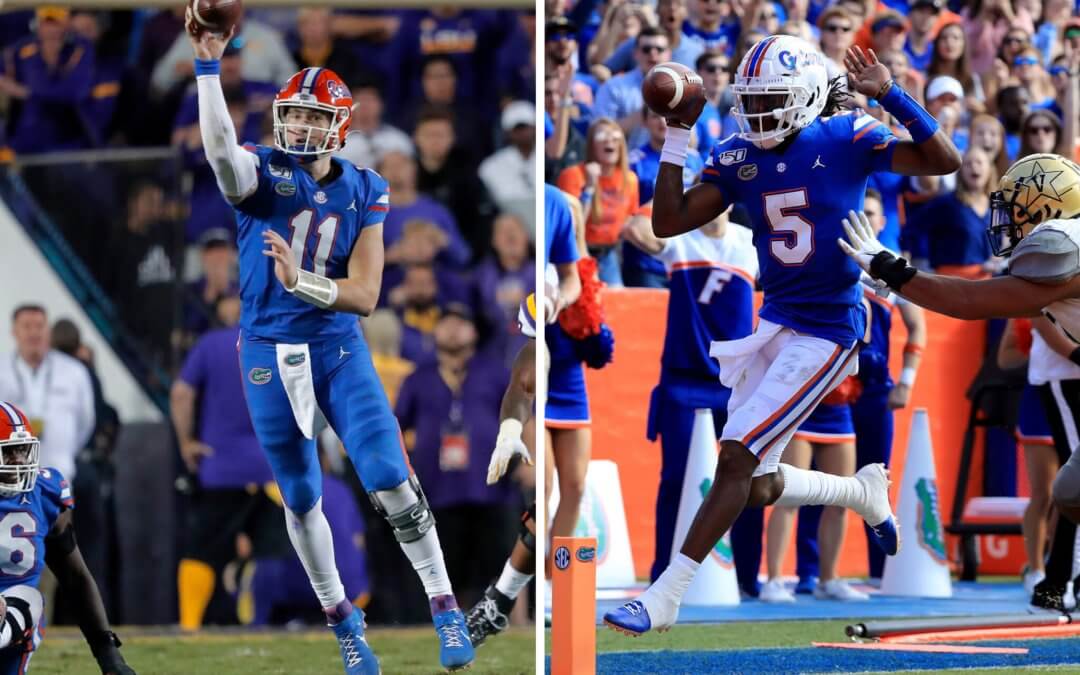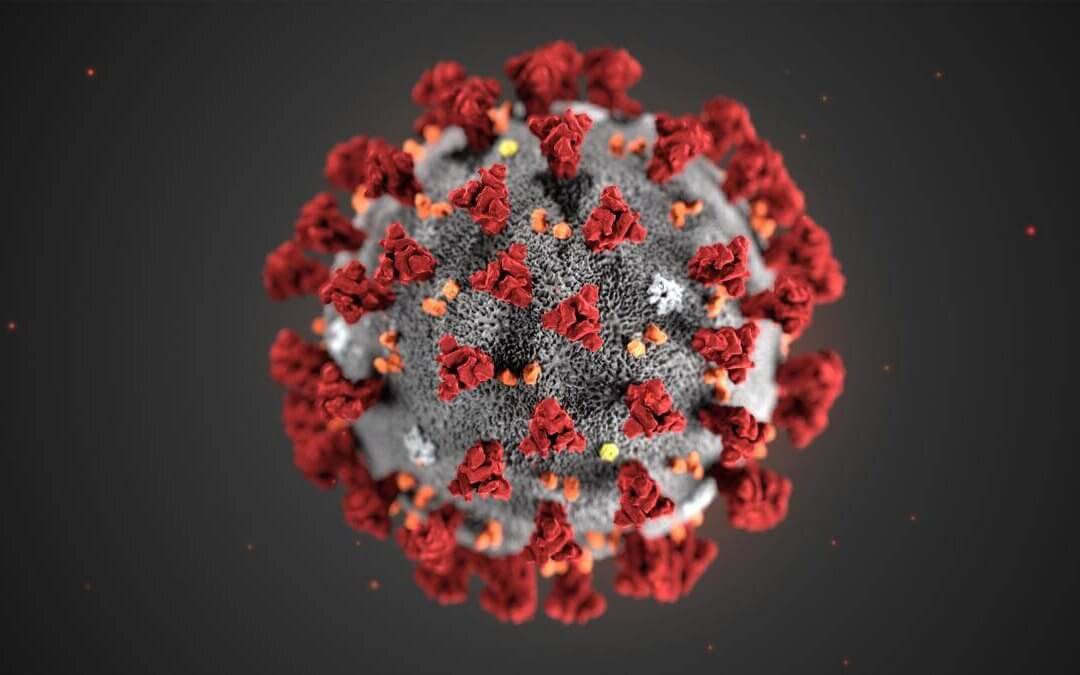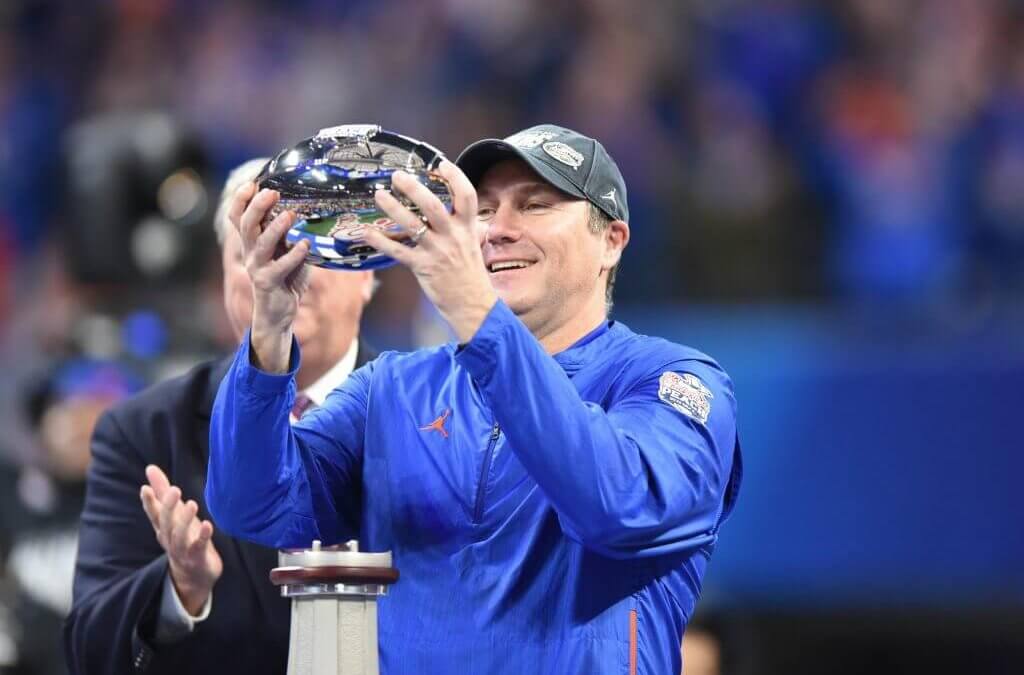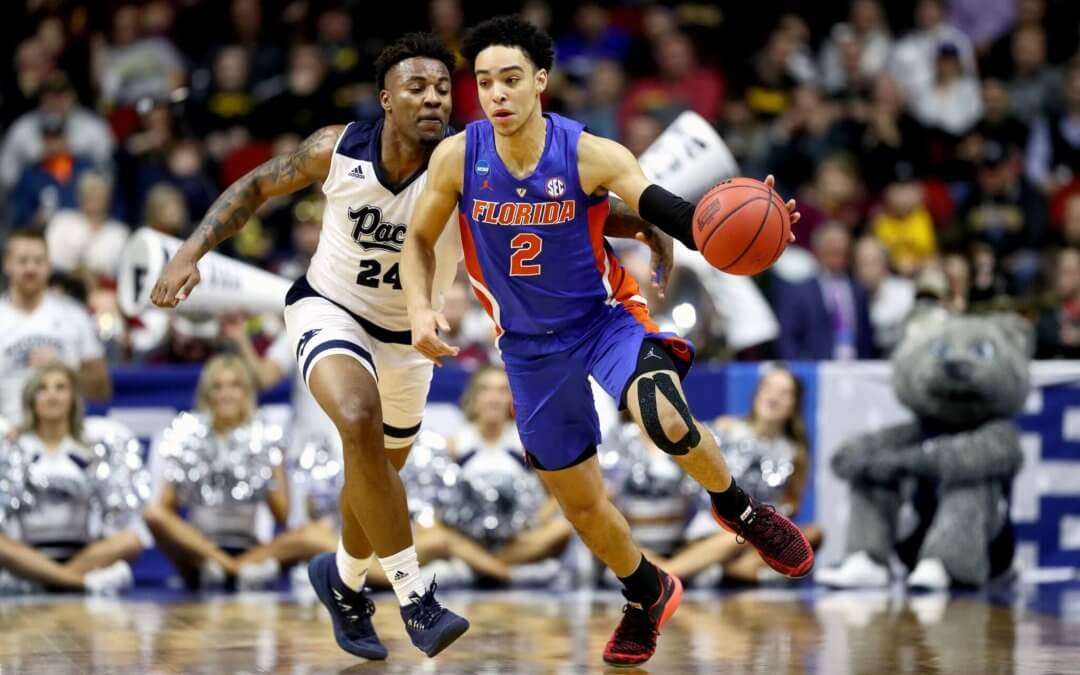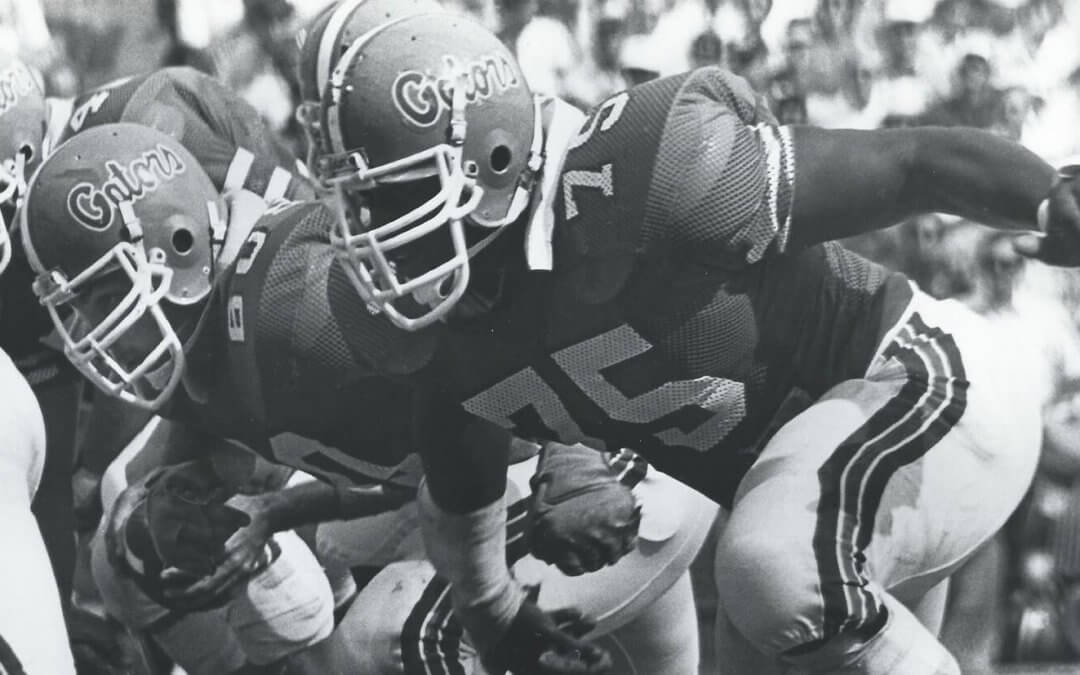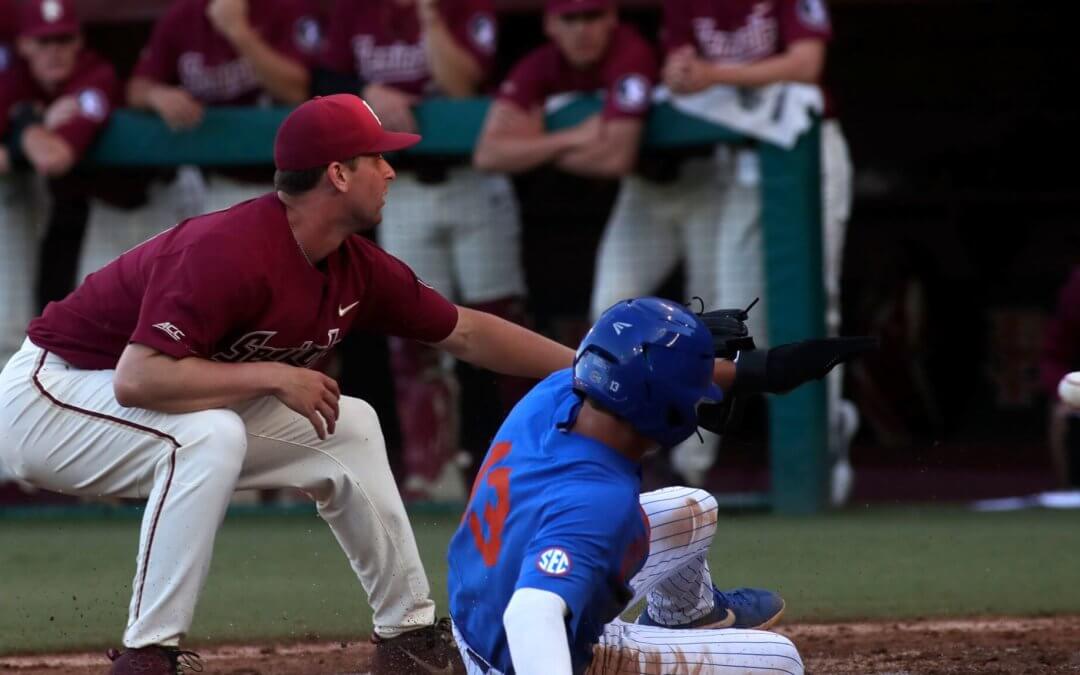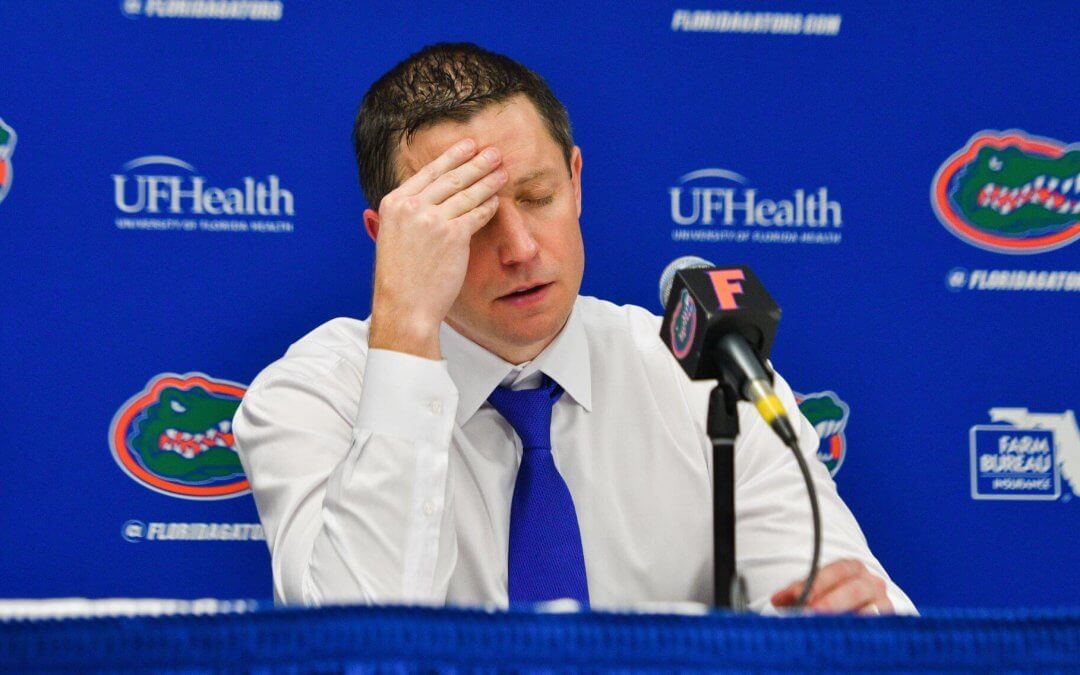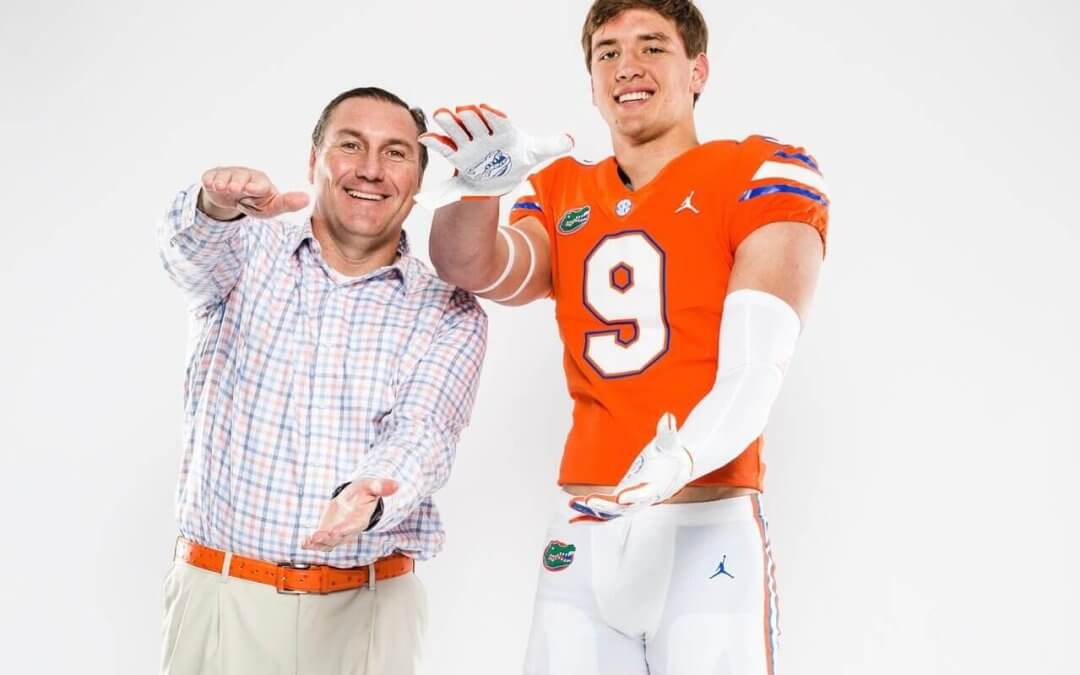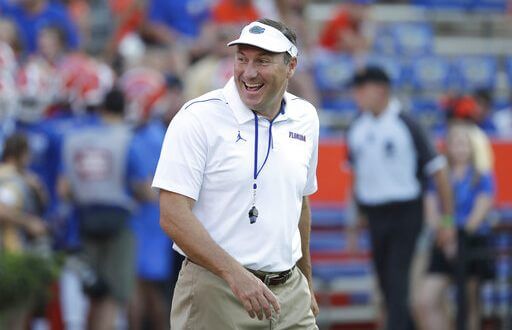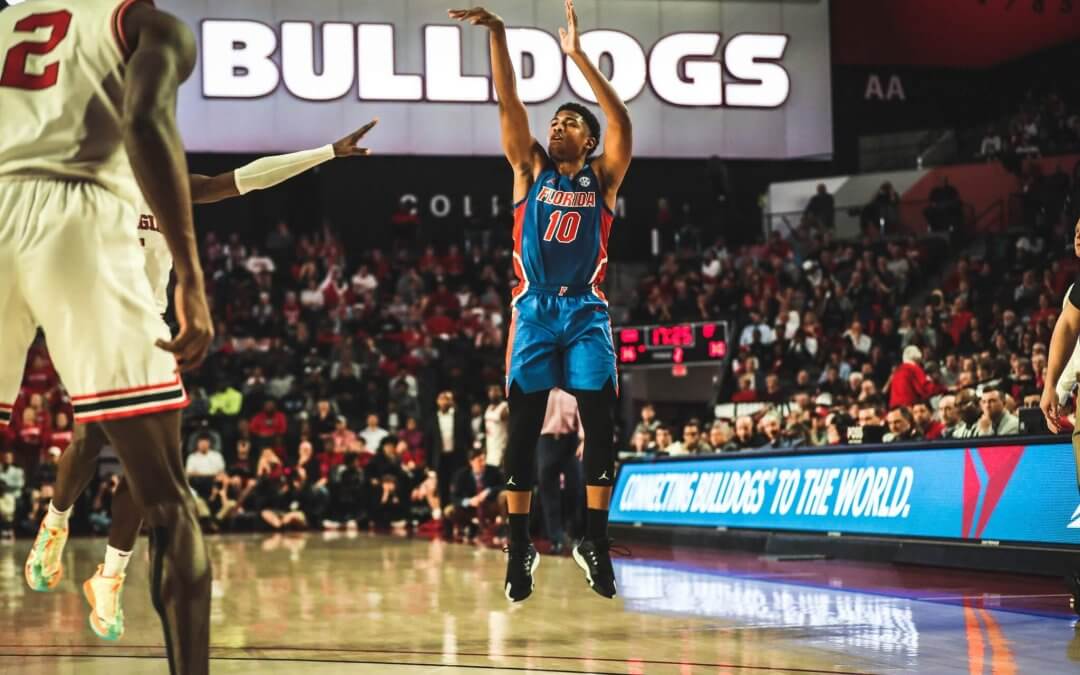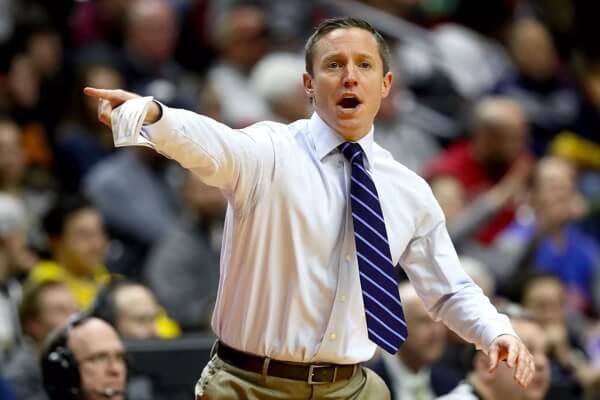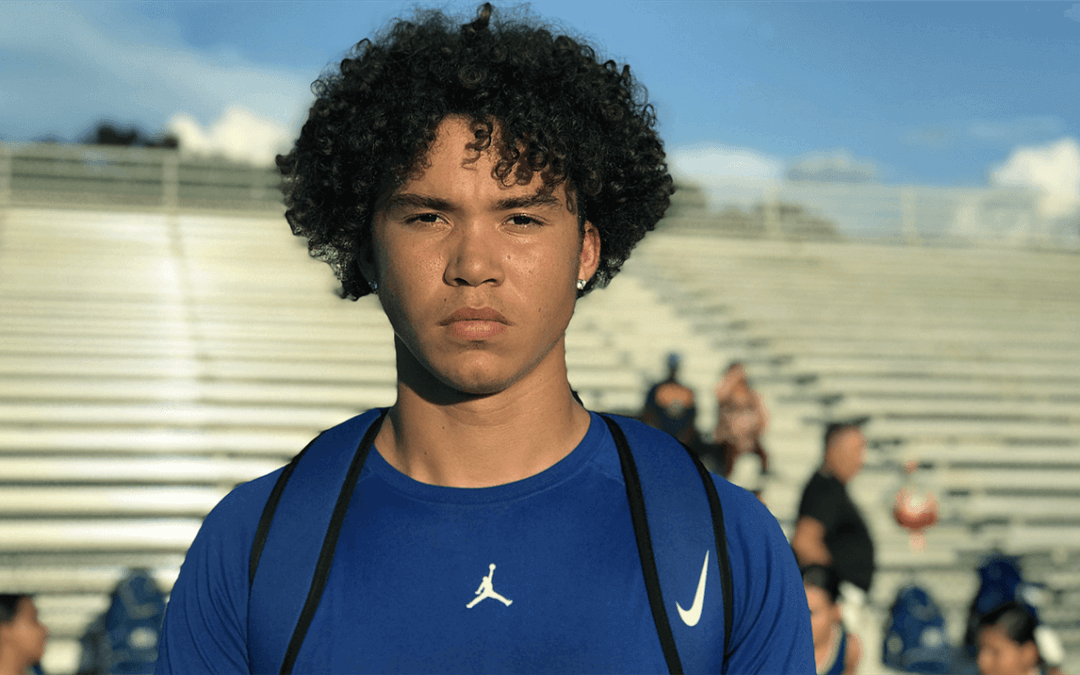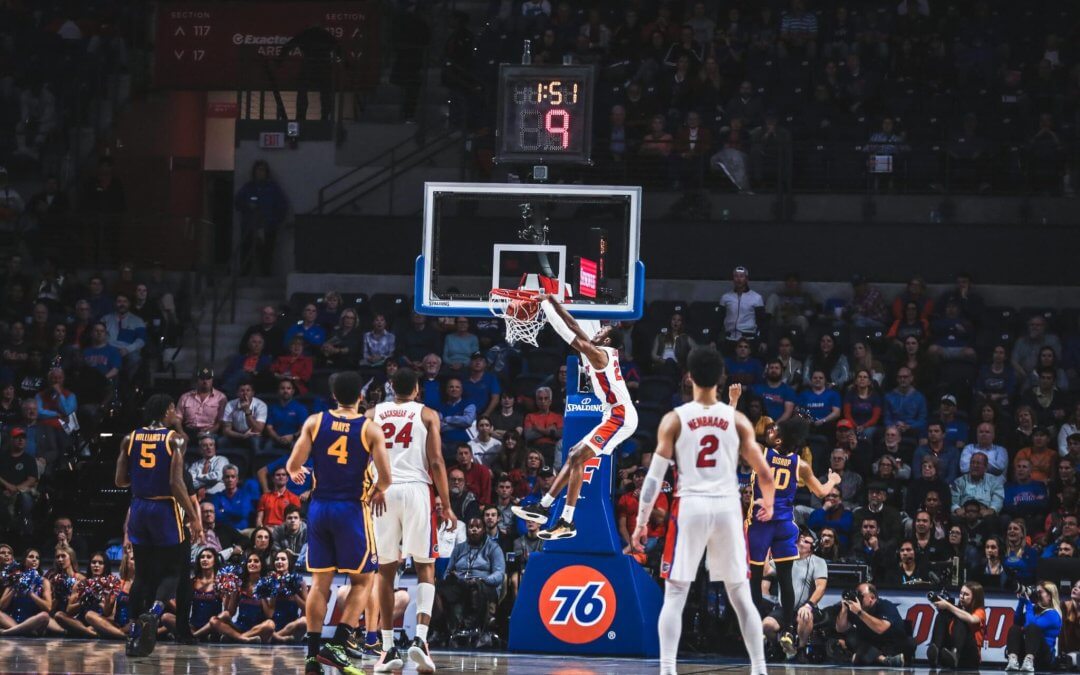Since Florida QB Will Grier was suspended on Monday (and even before it happened), rumors of all different kinds started flying around. Grier did this. Grier did that. Grier took this drug. Grier took that drug. And so on.
Well, I took it upon myself to investigate on my own, and gathered all the information and facts that I could. Hopefully, this will dispel rumors, clear some things up and provide clear cut answers as to what he did and didn’t do- and explain some things as “that which we don’t know”.
1) Why and how did Grier test positive for a banned substance?
At some point not too long ago, Grier failed a drug test administered by the NCAA. In order for an NCAA drug test to elicit a positive result, two separate samples must be taken. The “A” sample is the initial test, which everybody is subject to. But if and when the “A” sample comes back positive, a second test, the “B” sample, is required to make sure that there wasn’t a mistake. However, as the NCAA drug policy states, “the B sample is final.” So two separate tests were administered to Grier, and both came back positive for a banned substance.
We do not know his motives as to why he took the drug. We do not know when the drug test occurred. We do not know when Grier took the drug. We do not even know what the drug was (see ensuing question). The answers to those questions remain unknown as of this publishing.
2) What was the drug Grier took that caused the positive test?
When they addressed the media on Monday, both Jim McElwain and Grier told the media that Grier had tested positive for something he’d obtained over the counter. I know, that doesn’t really narrow it down much, but that’s all we’ve got.
Multiple sources, including ESPN and Jesse Simonton of the Miami Herald, reported that Grier took a supplement named Ligandrol. While not a steroid itself, Ligandrol is nonetheless a performance enhancing drug, one that’s primarily used to combat the effects of bone and muscle weakening. So if that was indeed what he took, it would appear to be a fairly malicious attempt to gain an unfair advantage over his opponents (unless, of course, he took it accidentally). Other rumors have been flying around wildly, too, like “Grier took steroids,” and the claims by Scout reporter Amanda Wood that she was told that Grier bought a supplement at a local Complete Nutrition that had a warning on the label not to use if you were subject to anti-doping.
But those rumors are just that- rumors- with none of them having been confirmed by UF. In fact, the University has shot these various claims down. And since those are all mere allegations with no way of proving true, the correct answer to this question is simple: “We don’t know.”
3) How long will Grier be suspended for?
The suspension of Will Grier as mandated by the NCAA is for one calendar year. It does not dictate a certain amount of games. Theoretically, Grier could miss anywhere between 13 to 15 games barring a natural disaster; the Gators have already secured bowl eligibility, so he’ll miss that bowl game in addition to the Gators’ six remaining regular season games (against LSU, Georgia, Vanderbilt, South Carolina, Florida Atlantic and Florida State) and the first six games of the 2016 regular season (against UMass, North Texas and the ensuing four SEC games which have not yet been scheduled).
That is, of course, all assuming an appeal fails. Which is a whole separate question of its own, and one I’m going to get to next.
4) How will the appeal process work, and what are the possible outcomes?
Florida has said that it will file the formal appeal, during which Grier will remain suspended. How it works is simple. Grier and an “athletics administrator” will participate in a conference call with the NCAA administration. Grier is also allowed to have others participate in the conference call to advocate on his behalf.
There are three possible outcomes: the NCAA can either stick to its original decision and ban Grier for one calendar year, reduce the suspension to a lesser amount of games, or eliminate the suspension altogether and reinstate Grier immediately. How it all works to get to that point is a little trickier.
The first order of business would be deciding whether Grier is guilty or not, which he admitted that he was; there’s no doubt there, so onto the second step… his punishment. Grier’s tearful admittance essentially removes immediate reinstation as a possibility, as such 180 turns are generally only done in cases where the NCAA screws something up so badly that it’s left with no other option.
But the other side of that coin is that Grier is being honest, and forthcoming about his mistake, and since there is no evidence at this time that his use of a PED was done maliciously and with the intention of gaining a clear unfair advantage over his opponents, it’s been suggested that the NCAA may reduce his suspension from one calendar year to X amount of games. After all, if Grier gets banned for one full year, how do you punish worse PED offenses down the road? Do future players who make egregious efforts to gain that aforementioned unfair advantage over their opponents, subsequently deny it to make everybody’s lives harder and are then proven guilty beyond a reasonable doubt deserve the same punishment as someone who takes something he shouldn’t have by accident and then immediately admits it?
Grier has another factor working for him: Florida’s (read: Jeremy Foley’s) history of being wholly obedient and compliant with the NCAA. Florida prides itself on being a model school for the NCAA, and ever since the back to back Charlie Pell and Galen Hall disasters in the 1980’s, has been pretty much off the NCAA’s radar altogether. And neither of those coaches were at UF while Foley was the AD, so in that sense, Foley has a spotless record.
These are both legitimate arguments, and ones that I’m fairly confident Florida will use to get his suspension reduced. I can certainly promise there won’t be a moment’s hesitation for one of the Florida representatives to point out the latter argument to the NCAA during the conference call. There’s virtually no chance the suspension gets overturned completely; I think we can all forget about Grier returning to the Gators in 2015 because of his admittance of guilt. Florida knows he did something he should not have, so I’m told they won’t try to get him reinstated this season. The goal is to get him back for the 2016 season opener against Massachusetts.
5) When Will Grier does return, how many years of eligibility will he have?
Interpretations of the NCAA’s rule regarding this topic vary, but the one I trust the most is that of the University of Florida, and their staff writer Scott Carter: he will be a redshirt sophomore in 2016. That is not dependent on whether he misses the first six games of the season or is reinstated sooner. He will be a redshirt sophomore in 2016 regardless.
6) How much weight has Will Grier actually gained since he arrived on UF (presumably in direct relationship to the PED)?
Much like question two, the answer to this question is this: “unfortunately, we don’t know.”
When Grier first checked in at UF in the winter of 2014, his initial physical put him at 6’2, 183 lbs. according to Carter. He then checked in at 6’2, 203 lbs. last August.
Now, like with most of the other topics, there are rumors flying around that suggest otherwise; Grier is rumored to have weighed as much as 215 pounds last July and August, according to people I’ve never heard of before on message boards. Again, though, I trust the word of Scott Carter more than theirs, in perhaps the understatement of the year.
7) Will Florida have to vacate wins?
No. The only way this would even be a possibility would be if the NCAA could somehow prove that Jim McElwain or Jeremy Foley knew that Grier had tested positive for a performance enhancing drug, and used him to win games anyway. Since I seriously doubt that happened, the Gators’ six wins so far this season are not in jeopardy.
8) Where does the Florida program, and the fan base, go from here?
Yesterday, I wrote with a fair bit of adamance that Florida still has the pieces to win the SEC East, and that it’s just a matter of regrouping and moving on. I’m sticking with that, so that’s your answer for the first part of this question.
But we, as fans, have to realize something even more big picture than the rest of this year. This team is already light years ahead of where we could have even dreamed it would be in Year One of the Jim McElwain era. Preseason projections had Florida anywhere between 6-6 and 9-3; right now, 9-3 seems like the worst this team could possibly finish (if the Gators lose to LSU, Georgia, and FSU). And while losing Grier in the middle of the season is bad, we as fans need to understand that it could be so much worse- we could have lost our head coach. Look at South Carolina and Southern California. We as Gator fans aren’t in the dreadful position either of the schools that call themselves USC are in of having to watch our athletic director replace our head coach mid season, and for that, we should be grateful.
I’ll end this article by putting out a public prayer to Will Grier and his family. Will’s brothers, Nash and Hayes, his parents, Chad and Nila, and all his close friends and extended family, all I have to say to you is this: your brother/son/relative/friend is not guilty of doing anything malicious, cruel, evil or criminal. He is guilty of an error in judgment, something that literally everybody falls victim to sooner or later. This does not define who he is as a person, as all reports I’ve ever gotten are glowing, or even as a football player, as there’s no reason apparent to me why he won’t continue to excel when his suspension is over.
If all I’ve heard, seen and learned about him is true, he WILL bounce back from this, and he WILL be better for it. And so in all kinds of weather, I wish him nothing but the absolute best. That’s all we as fans can do right now.
